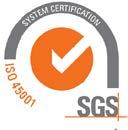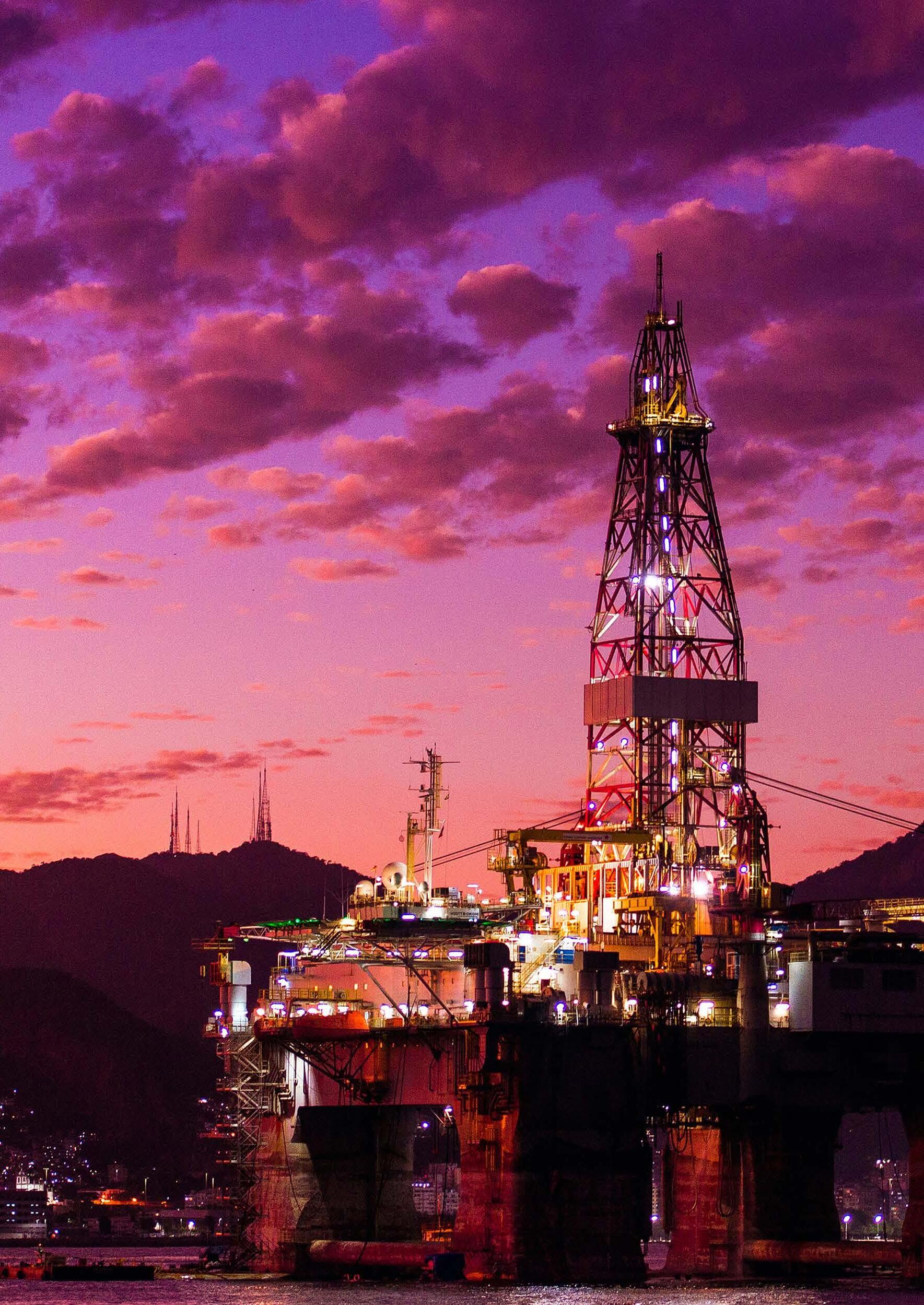
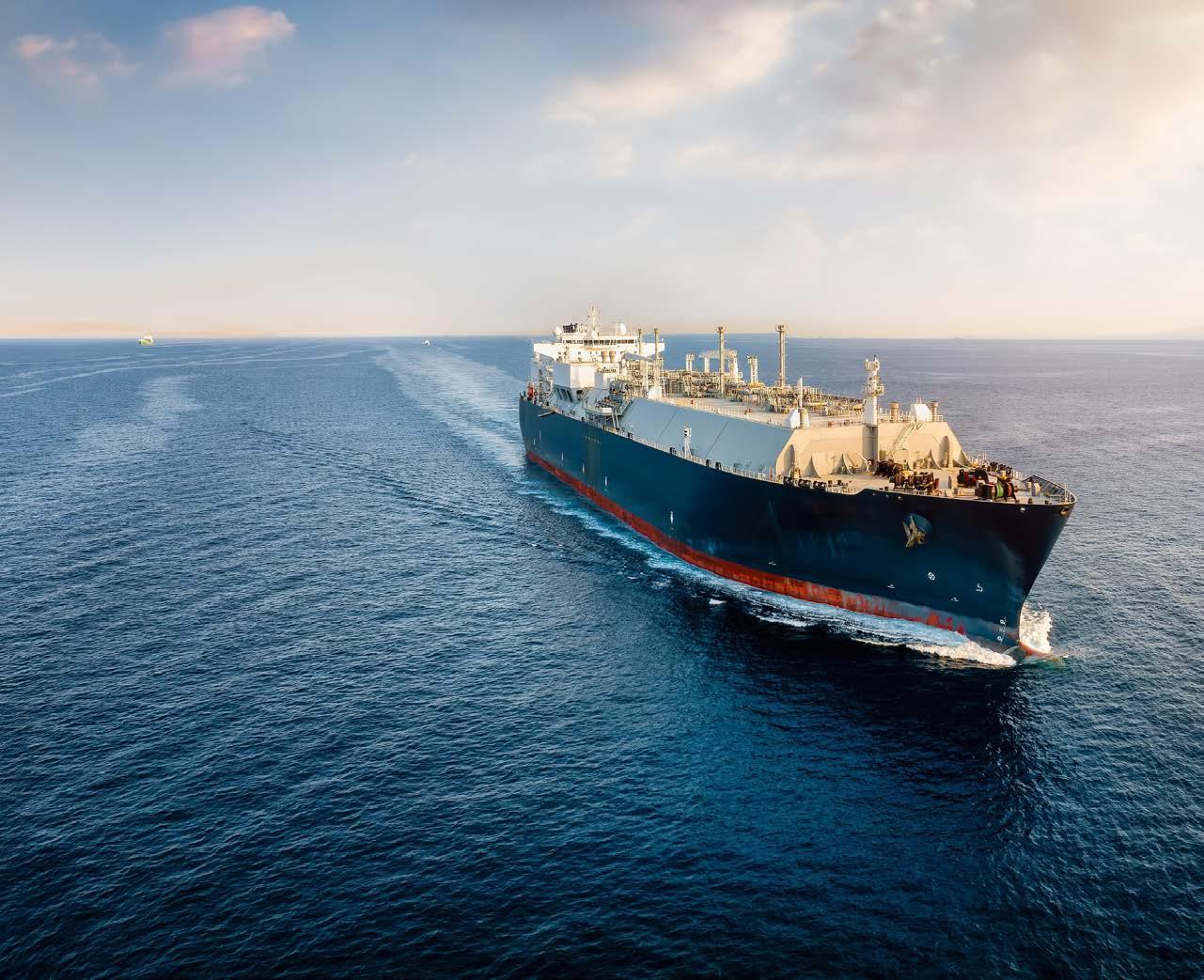



We strive to act as local guides through the unique and varied terrain of shipping and port logistics, always mapping out the best avenues for our clients and walking them through the tricky areas. Showcasing our expertise inspires the trust that remains the primary ingredient in our relationships and the key to our success.
Expert Advisors in Your Camp:

Editor-in-Chief Carley Fallows editor@littlegatepublishing.com
Advert Space Director Emlyn Freeman emlynfreeman@littlegatepublishing.com
Project Director Andrew Richards andrew@littlegatepublishing.com
Commercial Manager James Hamilton james@littlegatepublishing.com
Lead Designer Adam Knights
Research Kristina Palmer-Holt
Editorial Research David Craig
Corporate Director Anthony Letchumaman anthonyl@littlegatepublishing.com
Founder and CEO Stephen Warman stevewarman@littlegatepublishing.com
For enquiries or subscriptions contact info@littlegatepublishing.com +44 1603 296 100
ENDEAVOUR MAGAZINE is published by Littlegate Publishing LTD which is a Registered Company in the United Kingdom.
Company Registration: 404 2112 62
VAT registration number: 13572767
343 City Road 60 Thorpe Road London 79 Norwich
EC1 V1LR NR1 1RY
Littlegate Publishing Ltd does not accept responsibility for omissions or errors. The points of view expressed in articles by attributing writers and/or in advertisements included in this magazine do not necessarily represent those of the publisher. Any resemblance to real persons, living or dead is purely coincidental. Whilst every effort is made to ensure the accuracy of the information contained within this magazine, no legal responsibility will be accepted by the publishers for loss arising from use of information published. All rights reserved. No part of this publication may be reproduced or stored in a retrievable system or transmitted in any form or by any means without the prior written consent of the publisher.

Copyright© Littlegate Publishing Ltd
In this month’s issue of Endeavour Magazine, we bring you exciting developments from leading energy companies spanning the global energy sector. Each one is harnessing the potential of their respective regions to bring valuable resources to market and meet global energy demands.
We kick things off with an insight into Noble Drilling Guyana, which brings its expertise across the global energy development sector to facilitate vital drilling operations in Guyana. The company has been working closely with the likes of ExxonMobil to deliver drilling operations to enhance the region’s oil and gas delivery through its fleet of modern, versatile and technically advanced drill ships. We are excited to see Varaya Guyana supporting this feature, along with Weatherford Trinidad and ECL/Vertraco.
In this edition, we also got to share updates from the energy sector of South America, with Shell Suriname who have begun exciting developments in Suriname’s energy sector with the development of the Araku Deep-1 well, facilitated by international drilling company Stena Drilling. We’re glad to see BDO Suriname showing their support for Shell Suriname, alongside Torarica Group and Paria Fuel Trading. We then turn to Perenco T&T, a leading hydrocarbon producer, delivering its innovative drilling, construction and production operations across Trinidad and Tobago’s energy market. It’s great to see On Site Services Ltd. supporting Perenco here.
We also want to wish Jamaica Bauxite Mining Limited a happy 50 years of operation. From mining to port management and now land and commercial property development, we got to see how the company has continued to diversify its portfolio over the last 50 years to support the long-term development of Jamaica. To mark this celebration, we’re glad to have Hawkeye Group and Brown’s Town Community College supporting this article.
by Carley Fallows
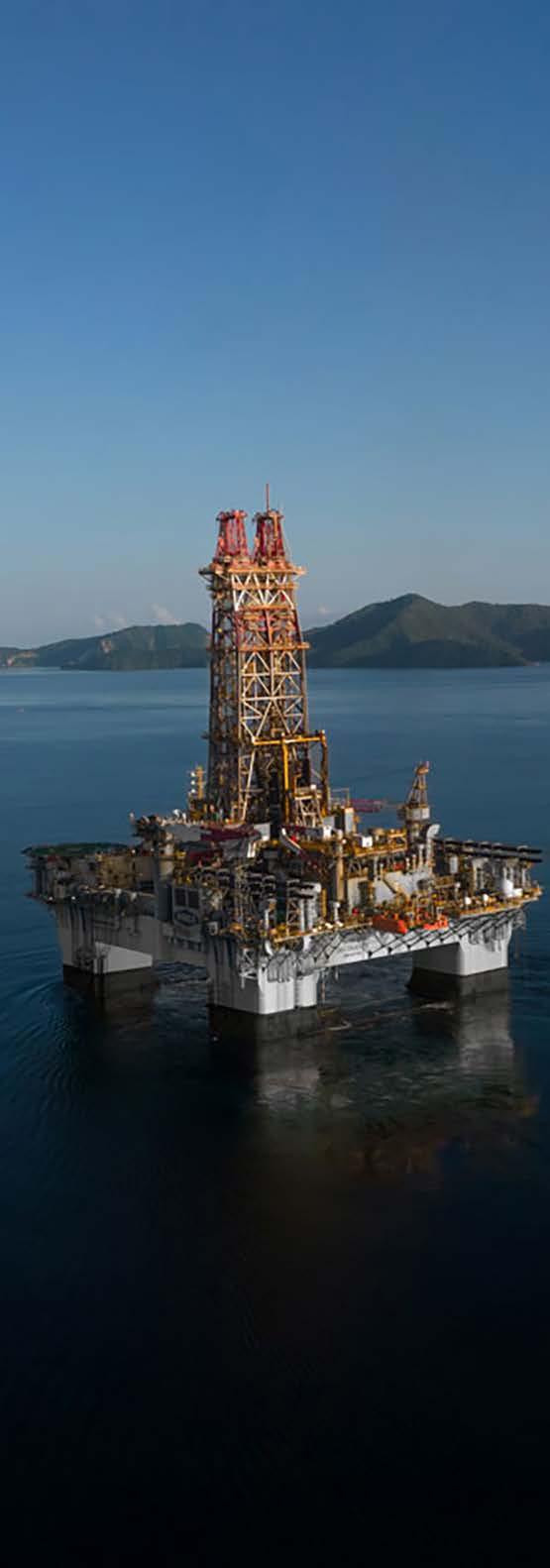
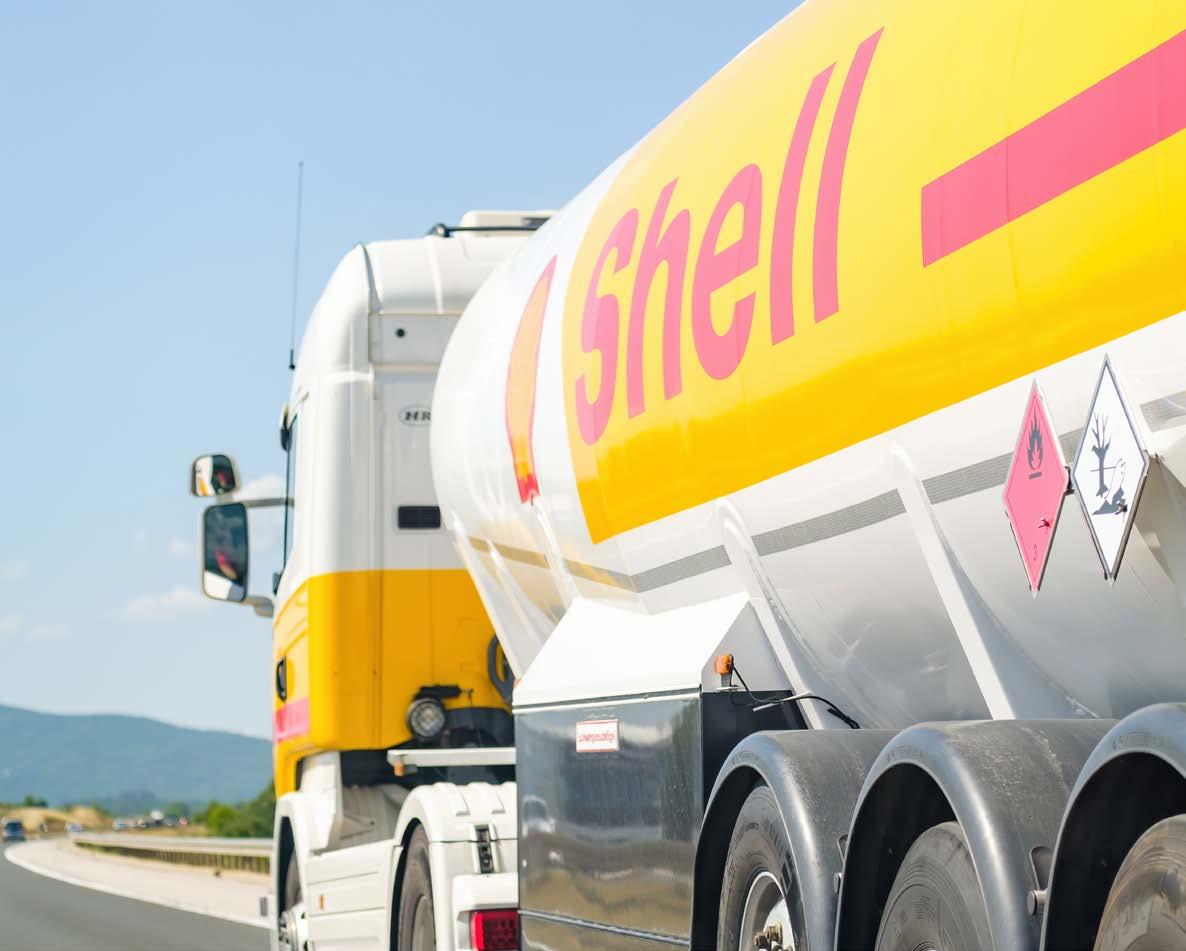
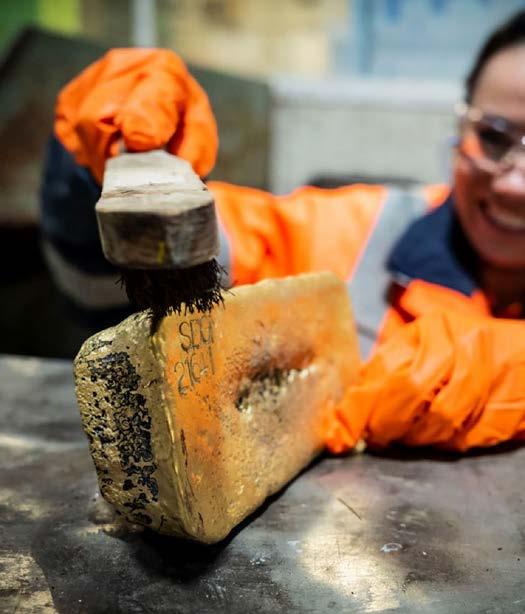
Researchers studying skeletons of dinosaurs have discovered a new species thought to be the closest known ancestor of the tyrannosaurus. The scientists were studying skeletons that were discovered in Mongolia in the late 1970s and thought to be part of the existing Alectrosaurus species. However, Jared Voris, a PhD student from the University of Calgary in Canada, noticed that the skeletons were much smaller than those expected, and in turn discovered that the skeletons were that of a much smaller, fleet-footed predator. The species was named Khankhuuluu, meaning Dragon Prince of Mongolia, by the researchers and suggests an evolutionary shift between the group of predators which are in the T.rex family tree.
The species was a smaller, earlier tyrannosauroid that shows a clear shift from the small hunters already known to scientists from the Jurassic Period to the much larger species, including the T.rex. The findings have helped researchers to revise the family tree of the tyrannosaur, providing a better understanding of how the predatory creatures have changed over time.

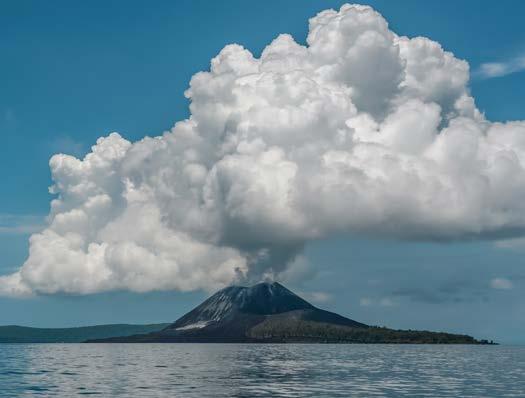
In June, multiple flights were cancelled to Bali following the eruption of the Mount Lewotobi LakiLaki Volcano. The volcano is located on the Island of Flores, close to the popular tourist destination of Bali. The eruption caused several international flights to Bali to be cancelled, as well as domestic flights to Flores. At least one village was evacuated, with ash rain reported across the area.
However, eruptions in this region are not uncommon as Mount Lewotobi Laki-Laki is one of the country’s most active volcanoes in Indonesia, as part of the Pacific ‘Ring of Fire’ where tectonic plates collide. The volcano has erupted multiple times in recent years, with the most recent in November forcing thousands to evacuate from the region.
A plane set to travel between London and India crashed shortly after take-off from Ahmedabad. The plane was scheduled to land at Gatwick Airport, with 241 passengers and crew on board. Less than a minute after take-off, the flight crashed into a nearby building. The crash led to the deaths of all passengers and crew on board except one passenger. The plane landed on a building used for accommodation for doctors at the local Byramjee Jeejeebhoy Medical College and Civil Hospital, resulting in further deaths.
Investigations have begun into the crash to find out what happened and what caused the flight to crash. Both the plane’s Black Box and second flight data recorder have been recovered from the scene, which will be vital in helping investigators uncover how the tragedy occurred. There has been an outpouring of tributes to all those who lost their lives on the flight.

Flag football is set to make its debut at the LA Olympics in 2028, bringing the non-contact variant of American football to the global sports competition. For Nigeria, flag football is a key sport, with both the women’s and men’s teams coming out victorious at the inaugural African Flag Football Championship. The championships were organised by the International Federation of American Football (IFAF).
Each team’s success here grants them direct qualification for next year’s Flag Football World Championships. With success across African championships, the teams from Nigeria hope to take home the gold for their country as the sport debuts at the Olympic Games.
Decades of civil war in Somalia had left the country in ruins, with many buildings destroyed during the conflict. However, women have been spearheading the redevelopment of the country, to turn former ruins into office complexes and apartments. Two female engineers, Fathi Mohamed Abdi and Saadia Ahmed Omar, who grew up during the civil war, have begun overseeing the construction of a 10-floor apartment complex in the Hodan District.
The engineers outlined that there is significant development work needed to rebuild the country, and thus, many women are being given more opportunities for this engineering development. The industry previously had been very maledominated. However, there is a high demand for skilled professionals to lead this redevelopment, and women are leading this.
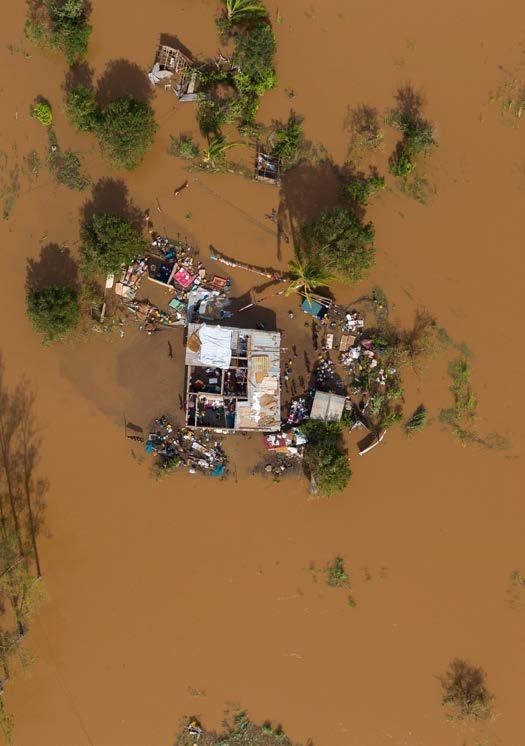
Unusually heavy rains across the Democratic Republic of Congo (DRC) have resulted in landslides and extensive flooding. The most affected area was the capital Kinshasa, which sits along the Congo River. The rain occurred during the dry season and has resulted in homes being swept away in landslides, roads completely flooded and widespread power outages. Close to 90mm of rain fell in a single morning, a figure higher than on any single day during the rainy season, which is typically between November and May.
The extensive flooding and destruction led to 29 people being killed in floodwaters and landslides. Many of the residents in the capital live in floodprone areas; however, houses in the capital are often poorly built and cannot hold up against such weather phenomena. The DRC has seen frequent occurrences of flash flooding in recent months, with multiple casualties as a result. Many experts link the increase in heavy rains causing such flooding is fuelled by climate change, and this could have a major impact going forward, especially in places where there is no proper drainage or infrastructure in place to deal with such weather.
A Category 3 storm, Hurricane Erick, hit Southern Mexico in late June, resulting in widespread damage to both homes and infrastructure. Hurricane Erick made landfall in the early morning just 20 miles east of Punta Maldonado, bringing with it powerful winds of 125mph at its centre and heavy rains. The rain caused rushing rivers in Oaxaca and Guerrero. The storm quickly deteriorated in intensity as it crossed the country, being reduced to a Category 1 hurricane just a few hours after landfall, and was then reduced to a tropical storm classification by the afternoon.
The storm resulted in widespread power outages, with the tourist town of Puerto Escondido in Oaxaca without power or phone coverage. Infrastructure was also damaged, including two hospitals and many streets were left flooded. Now, a major cleanup effort is underway to fix buildings that were damaged and help clear flooded roads of debris.
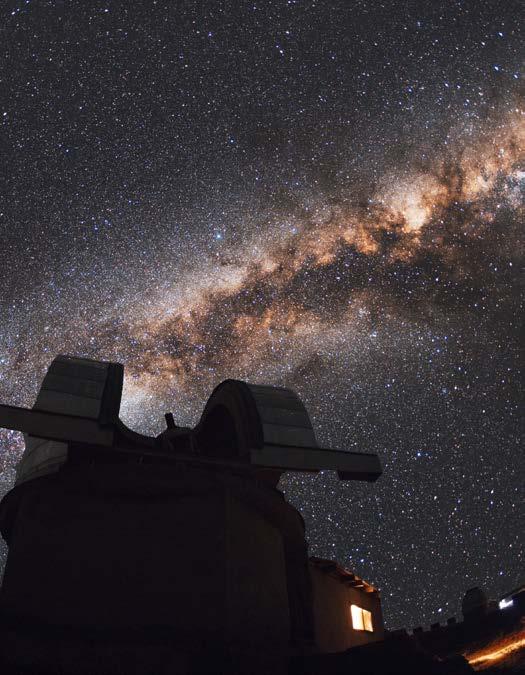

For the second year in a row, the Florida Panthers have won the Stanley Cup in the National Hockey League (NHL) finals. The Panthers took on the Edmonton Oilers in the final match, securing a 5-1 win. The games are played in a best-of-7 series, with the Panthers coming out on top, making them the first club since Tampa Bay in 2020-2021 to win back-to-back titles, and only the 8th NHL team to win the trophy on home ice in back-to-back seasons.
Sam Reinhart scored 4 goals, with the 5th and final goal for the Panthers scored by Matthew Tkachuk. Whilst the Oilers secured a goal, it was Sergei Bobrovsky’s stopping of 28 shots that helped keep the Oilers at bay. No Canadian team has won the Stanley Cup since Montreal in 1993.
A telescope from the Vera C Rubin Observatory in Chile has one of the world’s most powerful digital cameras, able to capture images deep into the depths of the universe. The telescope has recently released images showing colourful dust and gas clouds that swirl in a star-forming region around 9,000 light years from Earth. With such a scope and ability to capture things so far away from Earth, the telescope in Chile will be pivotal in helping scientists discover more about the universe. The telescope could be used to detect asteroids, give a better understanding of dark matter and even allow us to see if there are other planets in our solar system.
The Vera Rubin could increase the number of objects we know about in our own solar system tenfold. In fact, in just 10 hours, the telescope detected 2,104 new asteroids and 7 space objects close to Earth. Thus, the telescope’s power is going to be essential in helping us understand more about what makes up the universe.

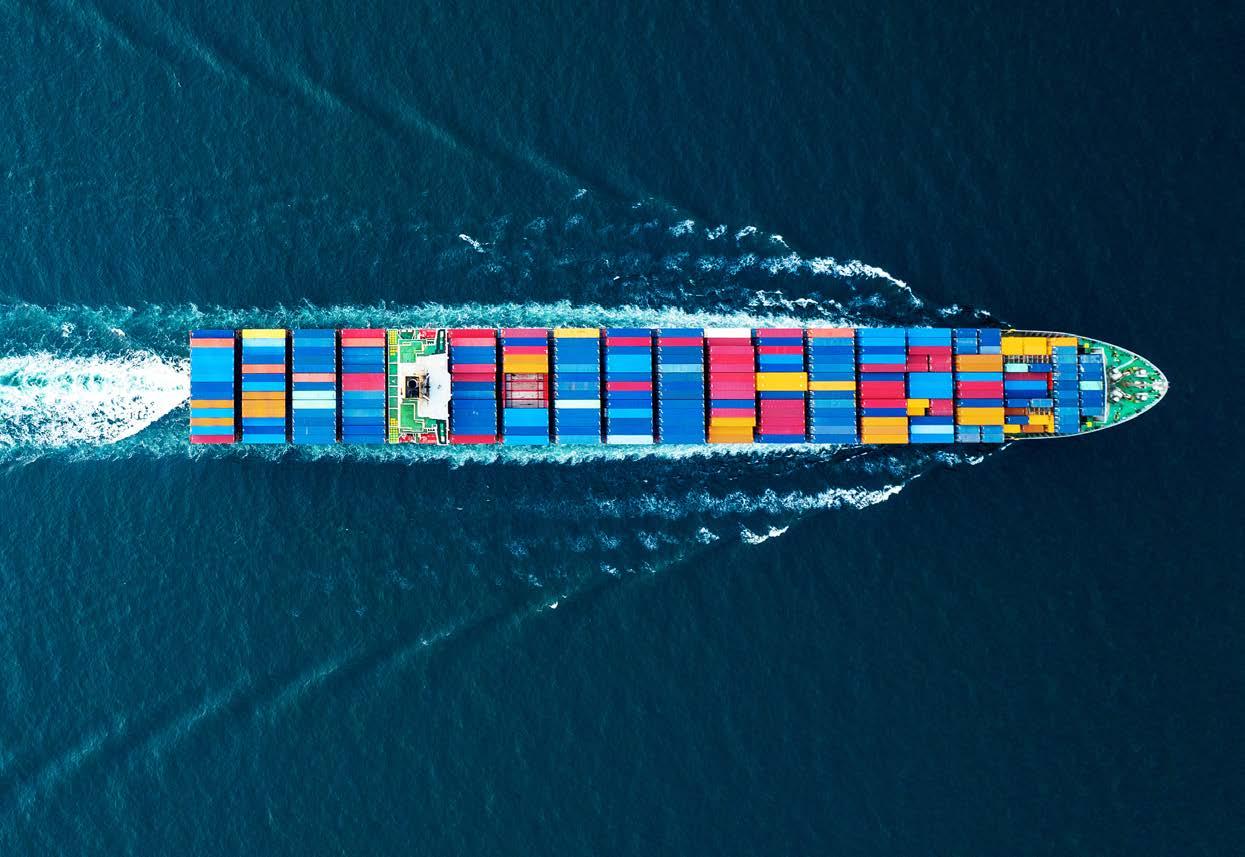
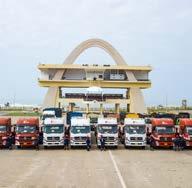
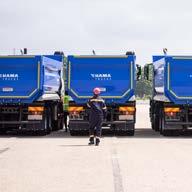
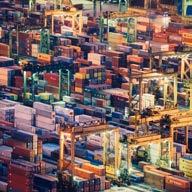


The Asian Football Confederation (AFC) have confirmed that Qatar and Saudi Arabia will host the Asian qualifying play-offs for the 2026 World Cup. The playoffs will see 6 teams, the third and fourthplaced sides from the recent Asian third round of qualifying, split into two groups of three teams. These teams will play off against each other to secure their place at the World Cup.
The group winners will automatically secure spots in the World Cup 2026, whilst the runnersup from each group will play in November, with the winners of these matches qualifying for the interconfederation playoffs, where they could gain a spot at the World Cup.
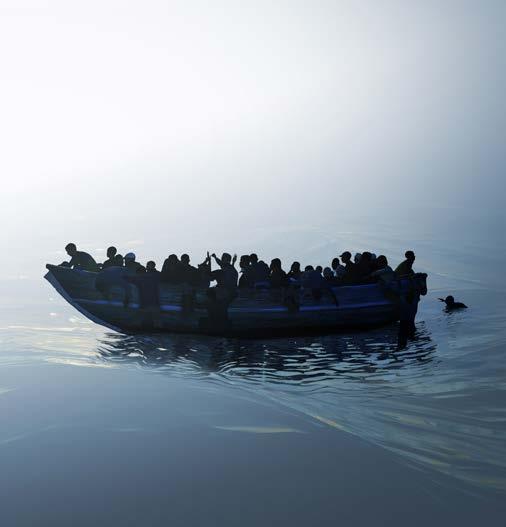
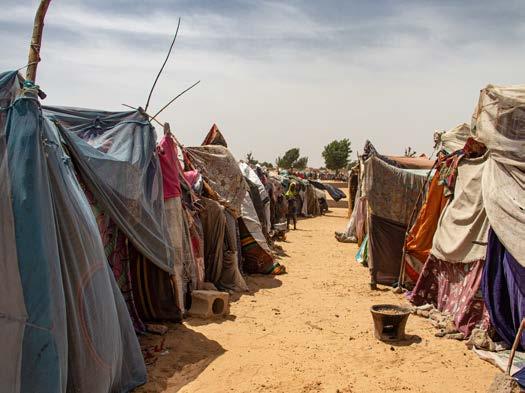
The United Nations High Commissioner for Refugees has released a report outlining that 123.2 million people worldwide are forcibly displaced. This figure puts the number of displaced people at roughly 1 in 67 people. This figure has risen 6% since 2023 and continues a 13-year trend, with the number of displaced people continually rising each year.
The main causes for this displacement are persecution, conflict, violence, human rights violations, and events seriously disturbing public order. One of the key areas that has seen vast displacement is in Palestine, with the UN agency for Palestinian refugees (UNRWA) estimating that roughly 90% of the population has been displaced as a result of the ongoing conflict.
According to the International Organisation for Migration (IOM), 60 refugees are currently missing and are feared to have drowned following two shipwrecks off the coast of Libya. The first shipwreck had 12 people reported missing, with 5 survivors found, whilst the second shipwreck had only one person rescued, and a further 39 people missing.
This route to cross the Mediterranean to Europe is one of the deadliest migration routes in the world, with 743 deaths from people trying to cross it this year alone. The increase in people making such trips across the Mediterranean is as a result of people fleeing conflict and persecution. This has led to many people finding themselves stranded in Libya seeking to cross the Mediterranean to Europe.
Rare Blue-Eyed Ground Doves are native to Brazil but have been facing increasing threats in the wild from fires and climate change, and so they are now one of the most endangered birds in the world. Thus, experts from Chester Zoo in the UK have been working with the Parque das Aves Conservation Centre in Brazil to provide technical support for an international conservation project to hatch these rare doves. Currently, there are only 11 adult members of the species in the wild, and so the zoo has been working to hatch chicks in human care to help increase the population.
Chester Zoo played a pivotal role in helping select and incubate a small number of wild-laid eggs. The hatching and incubation operation was a joint project between Chester Zoo, Parque das Aves, and SAVE Brazil, and was supported by Toledo Zoo and the Bronx Zoo in the USA. The hatching marks the most successful hatch since the project began and will hopefully boost the survival odds of the species.
Archaeologists have put together fragments of wall plaster that have revealed a fresco from a Roman building. The plaster had been shattered into thousands of fragments as it was discovered during a redevelopment project in London. The archaeology team has been working to put together these 2000-year-old plaster pieces and has revealed at least 20 walls of a building covered in paintings. The painting includes images of instruments, birds, flowers and fruit. These reveal a great insight into the area during the Roman period, which was considered to be quite affluent.
There is hope that with the continued piecing together of the wall plaster, the archaeologists may uncover the artist behind the design, as a piece has been found with the Latin word ‘fecit’ on it, which means ‘has made this’. Thus, with continued exploration, they hope to uncover the artist as they continue to sift through the fragments and reveal more about the life of Romans in London at this time.

Protesters have taken to the streets of Barcelona to stand against the growing rate of tourism in the country. Whilst tourism is super important for Spain and Barcelona’s economy, many locals are feeling like they’re being pushed out of the city, as holiday rentals and B&Bs are driving up the cost of rent in the country. For many locals, ‘over tourism’ is destroying the city, with more than 15 million visitors arriving in Barcelona just last year. This is almost ten times the local population and has made the price of things skyrocket.
Many houses are being transformed into holiday homes, making it harder and more competitive to buy or rent a house for locals in the city. The protesters marched through the city with placards, whilst squirting people with water guns. In response to the pressure from locals, the local authorities in Barcelona have taken steps to announce a ban on short-term rentals to tourists from 2028. This will cancel some 10,000 licenses for tourist apartments in the hope of helping locals secure housing instead
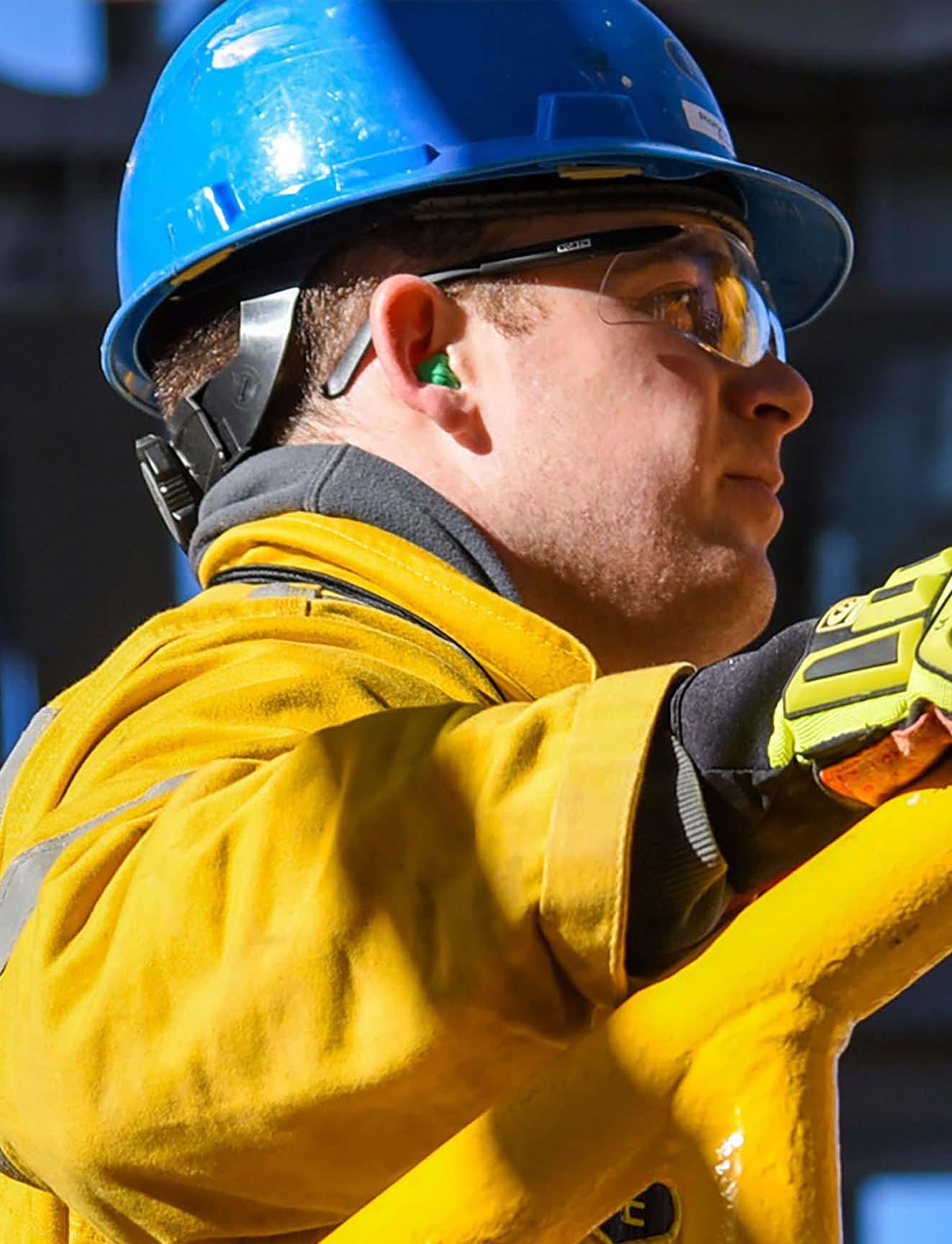

As a dynamic leader in offshore energy development, Noble Corporation Plc has long facilitated innovative offshore drilling operations as a contractor for the oil and gas industry. The company’s central mission is to deliver vital drilling activities that can power the world responsibly, aiming to be the leading global driller for offshore energy projects. Therefore, Noble Drilling has positioned itself as the first choice for employees, customers and investors alike to facilitate drilling projects across the world. To achieve this, Noble boasts one of the most modern, versatile, and technically advanced fleets in the offshore drilling industry. This fleet is recognised for high quality and performance, and that is why it is one of the largest offshore drilling contractors in the world today.
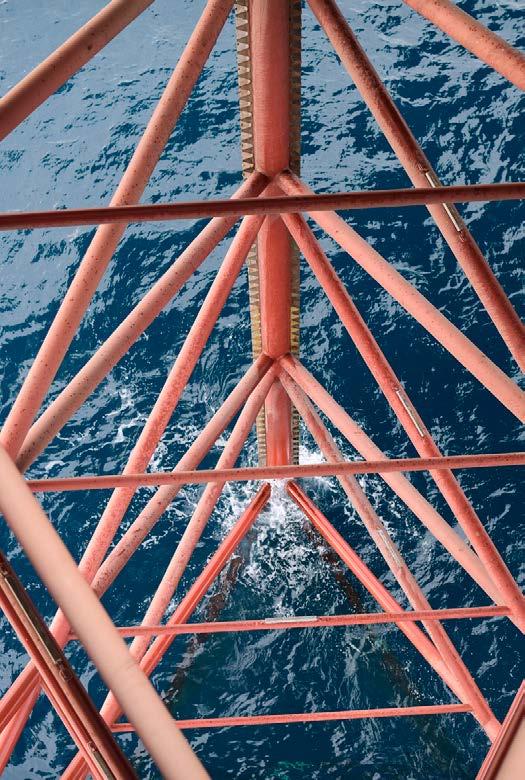
Noble has been operating globally for over a century, beginning in 1921 with a single rig. From this initial vessel, Noble has continued to expand its fleet and now delivers vital drilling operations across both established and emerging energy regions worldwide. The company’s international growth has been driven by its central values to deliver the highest quality service and performance across its drilling operations. Most of Noble’s activities are conducted through its subsidiaries and contract drilling services. Across these, the company has a fleet of 25 offshore drilling units, including 12 drillships and semisubmersibles, and 13 jack-ups. These vessels are focused on delivering oil in ultra-deepwater and highspecification jack-up drilling projects worldwide.
A key place of Noble’s current drilling expansion is in Guyana, where its subsidiary Noble Drilling (Guyana) Inc. operates to deliver key drilling vessels to support the country’s oil field development. In Guyana, key oil developments are primarily located in the Stabroek Block, which is home to an expansive offshore oil and gas reservoir. The block is operated by energy giant ExxonMobil, in partnership with Hess and CNNOC. One of the most notable developments in the Stabroek Block is the Liza-1 development. The initial Liza-1 discovery was announced in 2015 by ExxonMobil and was the first significant oil find offshore Guyana. In 2020, Noble announced a drilling services agreement with ExxonMobil. The agreement outlines that Noble would facilitate the drilling services for ExxonMobil across the Liza-1 development within the Stabroek Block of the GuyanaSuriname Basin.
The agreement outlines that Noble will deliver ultra-deepwater drillships, which are already in operation in Guyana for ExxonMobil, and utilise them for delivering new drilling for the project. The vessels include the Noble Bob Douglas, Noble Tom Madden, Noble Sam Croft and Noble Don Taylor, which are Gusto P-1000 design ultra-deepwater drillships that can operate at depths of up to 12,000ft. The rigs, which commenced operation in 2013 and 2014, are equipped with the necessary advanced drilling system and subsea control technology to facilitate the drilling of ExxonMobil’s oil project across Liza-1 for Guyana.
Thus, the agreement signed between Noble and ExxonMobil is vital in helping to deliver valuable resources to Guyana’s energy sector. For this, Noble plays an important role as a leading drilling contractor, helping global energy giants such as ExxonMobil deliver vital drilling solutions for the future. The president, CEO and chairman of Noble in 2020 outlined that “The Guyana-Suriname basin stands as one of the world’s premier offshore exploration and development opportunities. Since establishing an operational presence offshore Guyana in March 2018 with the Noble Bob Douglas, we have continued to expand our footprint in the region”. The CEO’s comments highlight the pivotal and expansive role that Noble has continued to play across Guyana’s energy sector, as its drillships have long been used to deliver vital energy development projects for the benefit of the country’s energy delivery and economic growth.
Furthermore, Noble’s role across Guyana has only continued to expand, and in the months following its agreement with ExxonMobil, Noble announced it had extended its contract with
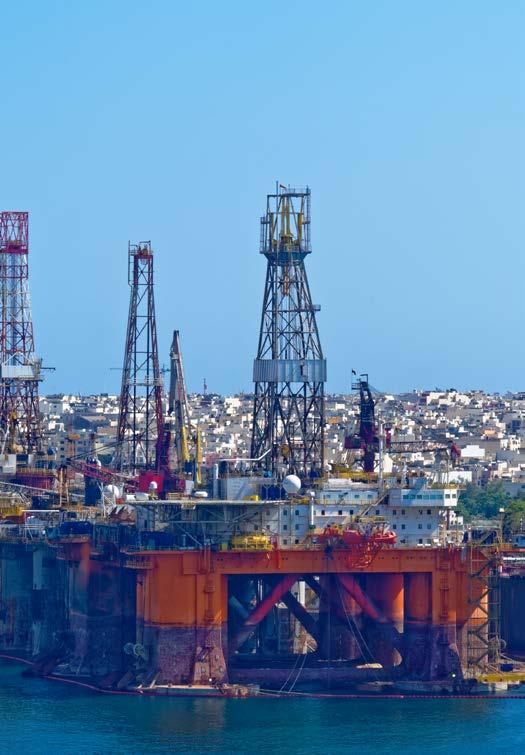
Europe Caribbean Line (ECL) is your trusted partner for dependable, Fortnightly breakbulk and project cargo services between North & West Europe, the Caribbean, and the North Coast of South America. Our versatile fleet of multi-purpose vessels, equipped with heavy-lift capabilities (up to 150 metric tons), ensures your cargo moves safely and efficiently—no matter the size, shape, or complexity.
Our Vertraco Reefer Service offers weekly sailings from Northern Europe to Suriname & Guyana—delivering palletized, refrigerated, and break-bulk cargo in just 12 days.
Europe Caribbean Line – Dependable. Flexible. Proven.
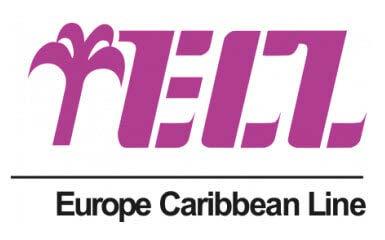
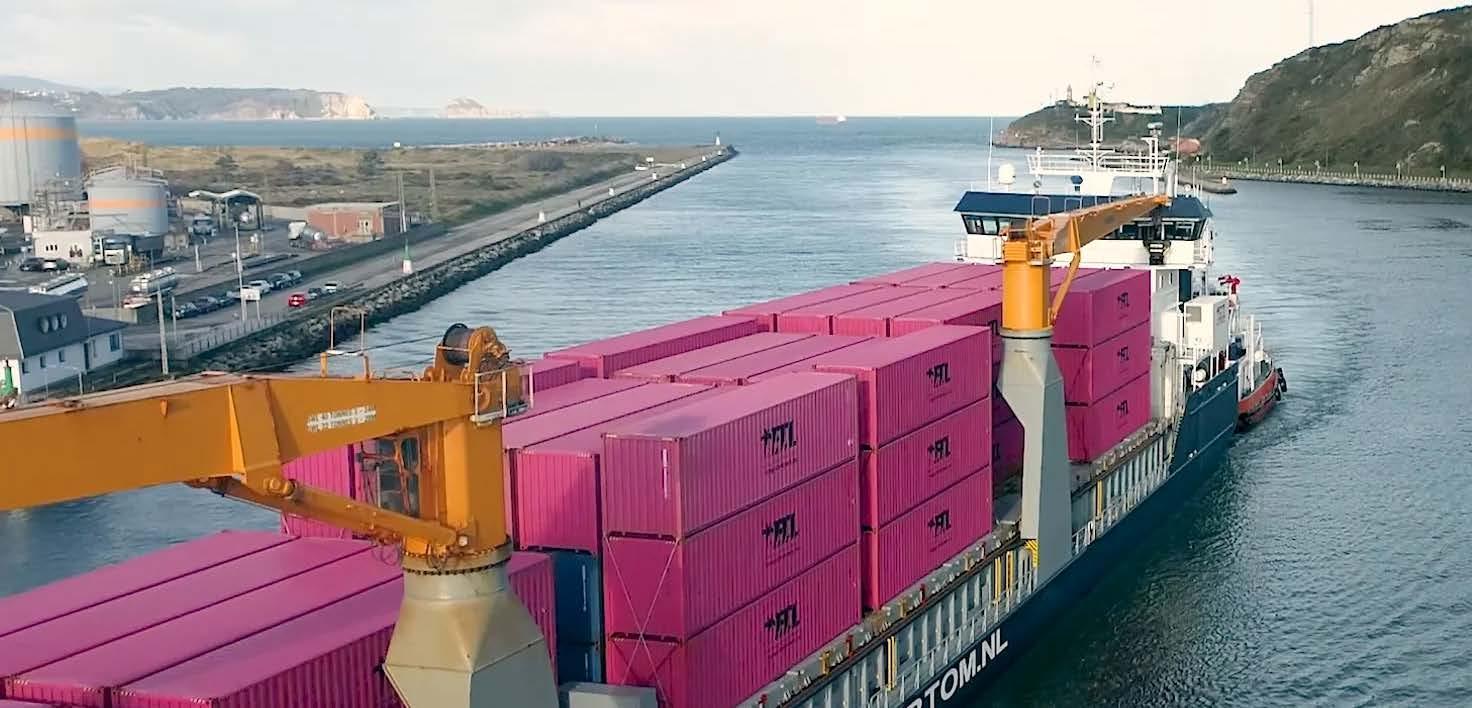

Independent Estimating Quantity Surveying
Contract Management Project Cost Control
Procurement
Commercial Management
Risk Analysis (QRA) Cost Management
Expediting Mine Closure Cost
Estimate Validation, Review & Audit
Investment Assurance Reviews (Project Management and Project Controls)
Administration
Scheduling
Benchmarking
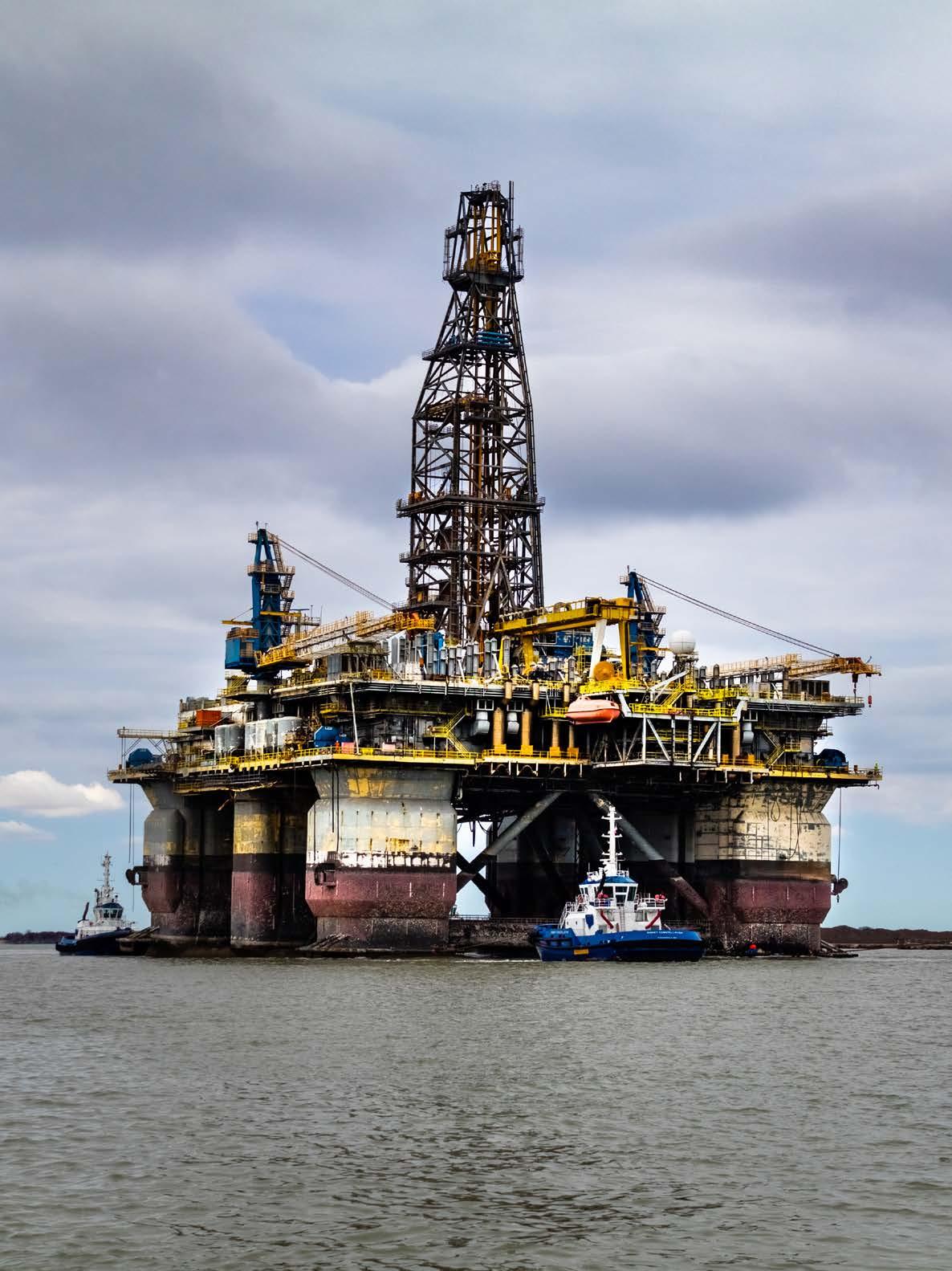
ExxonMobil just 6 months after the announcement of the previous agreement. In October of 2020, Noble announced that its ultra-deepwater drillship, Noble Tom Madden, was awarded roughly 6.5 years of additional contract terms under the Commercial Enabling Agreement with ExxonMobil for work offshore Guyana. This agreement extends the existing agreement that was set to end in 2024 until 2030.
Upon the announcement of the contract extension, the CEO of Noble outlined that “We are extremely pleased to further our relationship with ExxonMobil and their partners offshore Guyana. This award demonstrates the capability of the Commercial Enabling Agreement to align the interests of Noble and ExxonMobil while continuing our participation in one of the world’s premier offshore exploration and development opportunities and supports additional investment by Noble in local content”. The CEO’s comments here exemplify how pivotal Noble remains in bringing such valuable resources to market, thanks to its modern fleet of drillships.
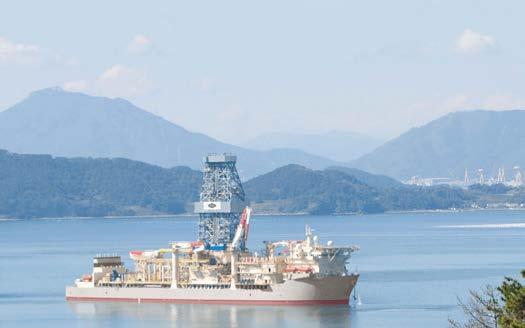
However, Noble’s role alongside ExxonMobil doesn’t end there, as ExxonMobil is continuing its pursuit of more oil and gas resources with the support of Noble Drilling. Since it began operations in Guyana, ExxonMobil has made over 30 new discoveries, which equate to more than 11 billion barrels of oil equivalent (boe). Therefore, as ExxonMobil continues to expand its reach across Guyana’s Stabroek Block region, it looks set to hand more work out to the four drill ships currently in operation by Noble in Guyana. The Noble Tom Madden, Noble Sam Croft, Noble Don Taylor, and Noble Bob Douglas have secured an additional 4.8 rig years of backlog in Guyana, which has extended
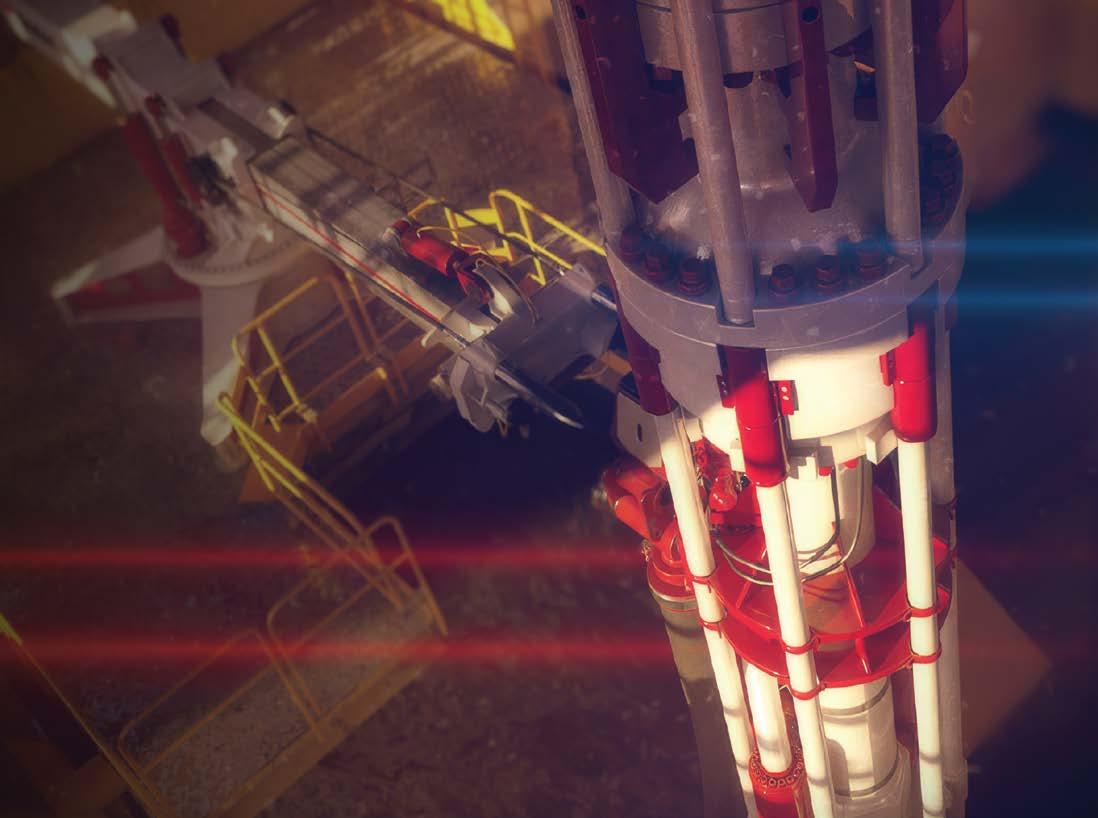
To learn more visit weatherford.com/victus SAFE, RELIABLE, AND EXPEDITED OFFSHORE INSTALLATION EVERY TIME
The heart of the Victus™ Intelligent MPD System is the automated MPD riser system for offshore and deepwater applications. Its integrated, compact, and smart design reduces installation time from 2 days to 20 minutes, resulting in more than 80% faster rig up and rig down time.
each rig’s contract. In particular, the Noble Bob Douglas rig is conducting vital activities with assistance from multi-purpose subsea vessels that are designed for well intervention, subsea construction and equipment installation, as well as inspection, repair and maintenance (IRM) and remotely operated vehicle (ROV) services.
One of the central focuses of Noble in Guyana is delivering its drilling operations with sustainability in mind. For the global company, Noble is focused on reducing its carbon intensity by 20% by 2030. To achieve this target, the company is committed to trying and testing energy consumption methods, including monitoring, energy management, behaviour programs, and natural energy efficiency upgrades that help its vessels and operations remain as sustainable as possible. In fact, with
more than 100 years of experience behind it, responsible drilling is a core value of the business. Today, the company has developed such initiatives as the Energy Efficiency Insights (EEI) program, which monitors the energy consumption across its rigs. Through EEI, and with the support of the sustainable behaviour programme, Noble could deliver a 6-10% reduction in fuel consumption and derived emissions. This aims to help the company move towards global net-zero targets and ensures that when customers choose Noble for its drilling operations, they know that they are supported by a company pushing towards sustainable targets.
As part of Noble’s sustainable development, the company has developed the world’s first green methanol drilling rig design. The conceptual design for the jack-up rig would be powered by
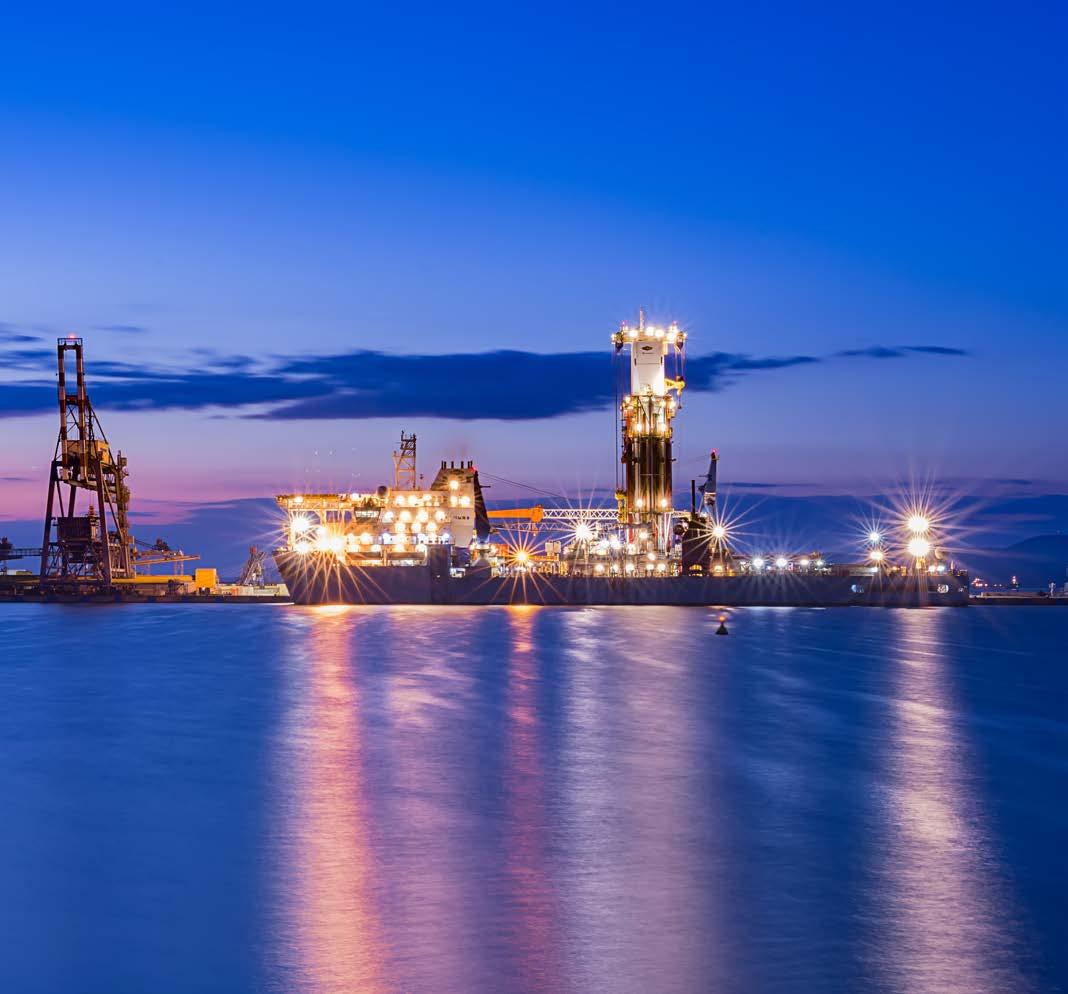
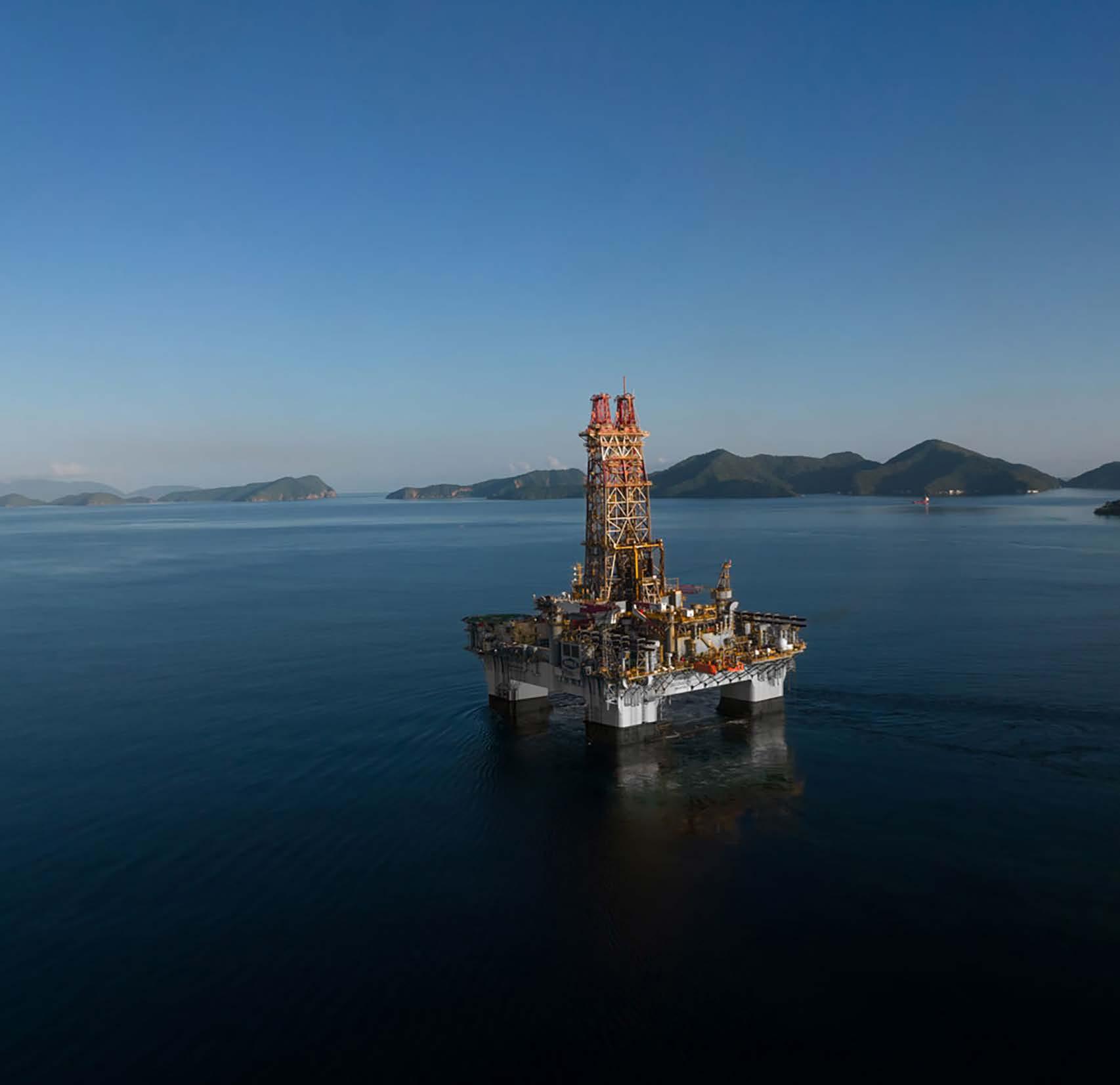
green methanol in place of traditional diesel. By making this switch, the rig could result in up to a 95% reduction of carbon dioxide emissions. This development could pave the way for an exciting next step in the company’s development to bring energy efficiency, safety and sustainability to the forefront of its drilling operations across the world.
Across Noble’s operations on both a global and local scale, there is a real focus on delivering drilling operations that help companies achieve their energy operations to bring vital oil and gas resources to market. Through Noble’s fleet of modern, versatile and technically advanced vessels, the company is the leading offshore drilling provider. With energy
operations across the world utilising Noble’s drilling solutions, the company plays a valuable role in supporting the energy sector and in turn helps bring economic development to countries across the world as they make the most of the energy resources offshore their countries. One of the most vital parts of Noble’s operations is its commitment to sustainability. By fostering sustainable practices from its design to its delivery, Noble can deliver vital energy development whilst working to protect the planet for future generations. We look forward to seeing how Noble’s fleet continues to service ExxonMobil’s developments in the Stabroek Block off Guyana’s coastline for many years to come.

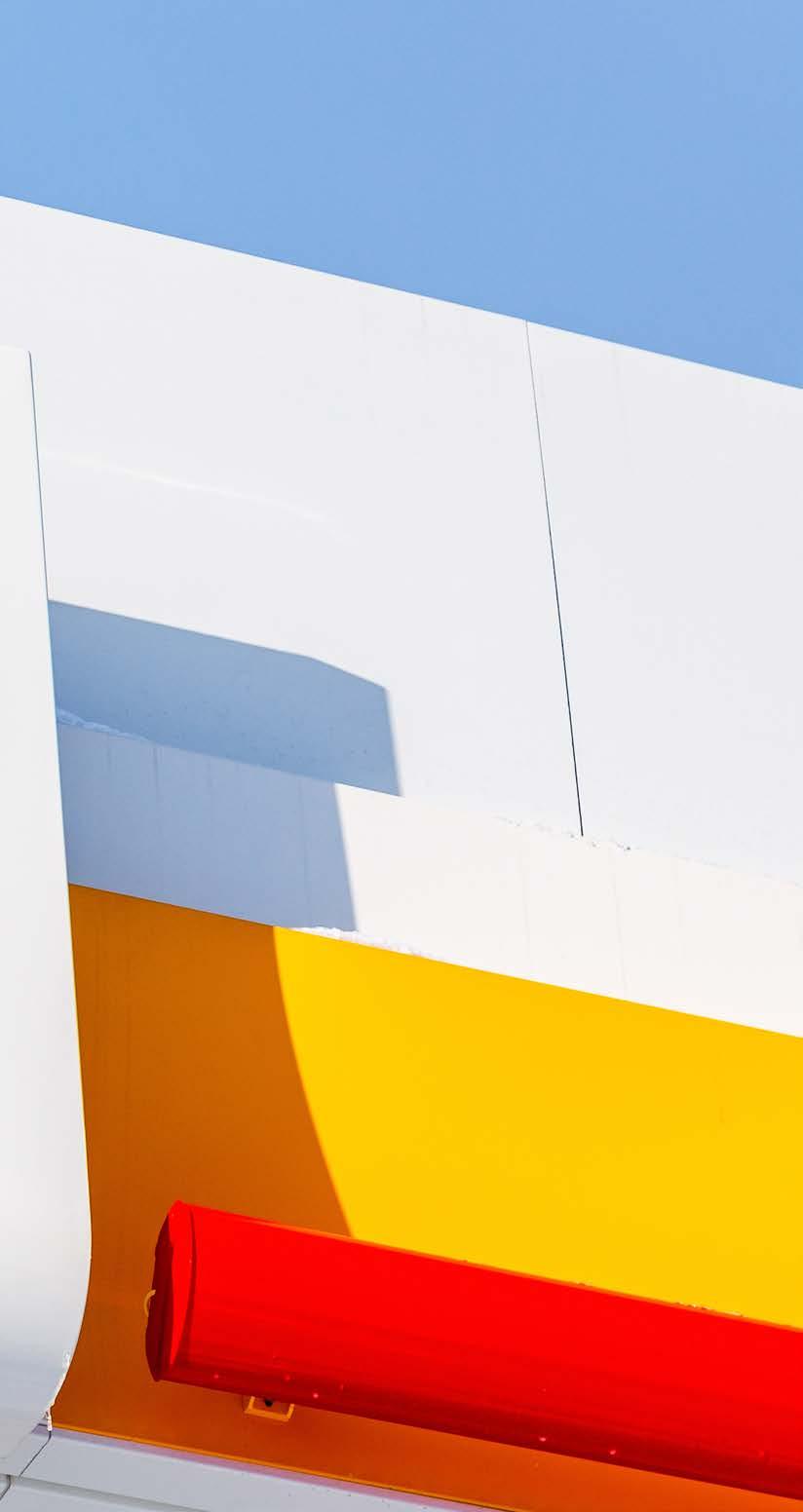
The oil and gas industry throughout South America is extensive, with many international energy companies working to bring essential oil and gas resources to market. For Shell, it has been active in the South American energy sector for many years, and today it is a major energy company with a diverse portfolio of oil and gas assets in the region. Within this portfolio, Shell has played an active role in all parts of the energy supply chain, from offshore exploration and production to establishing trading and infrastructure to support delivering these resources to market. Shell currently holds vital assets in Brazil, Argentina, Trinidad and Tobago, Peru, Colombia, and Guyana. Recently, the company has begun work on new offshore developments in Suriname to bring the important resources of the Guyana-Suriname Basin to market.
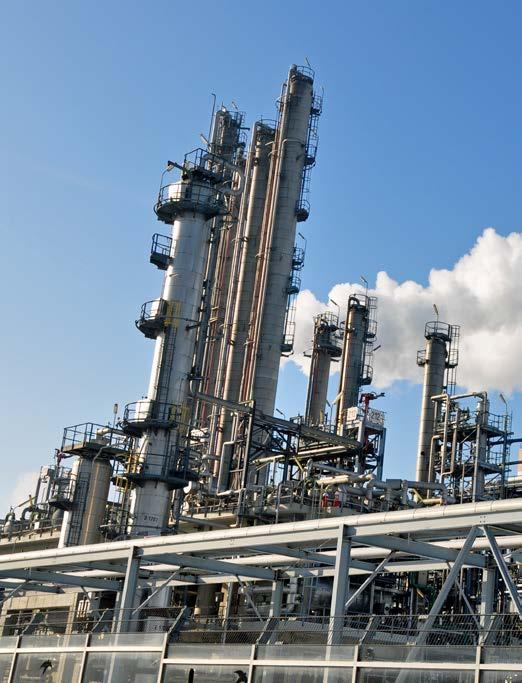
Shell has a long history with Suriname, with initial exploration dating back to the late 1920s. Although the initial exploration was not commercially successful, the company currently operates two offshore tracts in Suriname, though these have yet to yield a commercially viable discovery. However, over the past century, Suriname’s energy sector has experienced extensive exploration and development, particularly following the establishment of Staatsolie Maatschappij Suriname NV, the government-owned oil and gas company. Staatsolie, alongside other key players in the energy sector, has undertaken vital exploration projects that provide oil and gas resources for the country. Consequently, Shell’s announcement in December 2024 regarding its planned new offshore exploration well project in the country was an exciting development for Suriname’s energy sector and marked a significant return for the company to the region. Shell’s re-entry is expected to bring crucial new exploration to the largely underexplored Block 65 in the Demerara Plateau area, facilitating the discovery of new oil resources for Suriname’s growing energy industry.
Block 65 was awarded to Shell (60%) in 2023, in consortium with Qatar (40%) by Staatsolile following a licensing round of the Demerara Plateau region. The Demerara Plateau forms an underwater feature located on the southeastern margin of the GuyanaSuriname Basin, off the Suriname and French Guiana coastlines. Across Block 65, Shell plans to drill up to 4 wells, starting with the Araku Deep-1. Araku Deep-1 will be the first of 4 wells planned by Shell and is expected to set spud in the second quarter of 2025. The wells are to be located at a depth of 960 metres and will add to part of a wider effort to bring a broader regional focus to enhance Suriname’s offshore energy resources. Part of the reason these wells are so exciting is that they’re located on the block adjacent to Block 58, where Guyana’s prolific Stabroek Block is producing more than 600,000 barrels of crude oil per day across three major oil developments.
To carry out its exploration campaign within Block 65, Shell has signed a contract with Stena Drilling for the charter of the Stena DrillMax drill ship. Shell will use the Stena DrillMax to deliver two firm

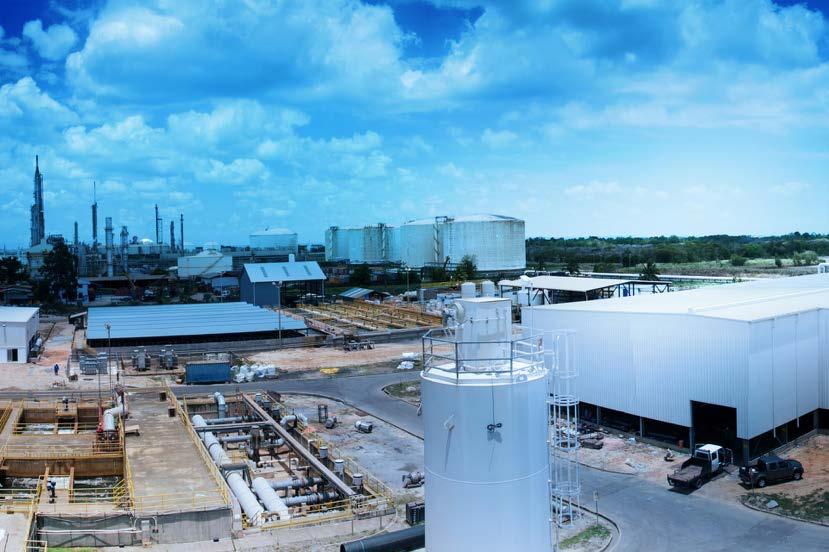
Making the most of our proven 40 years of excellence with diverse multi-sectoral expertise & experience to fulfil our Corporate Social Responsibility of care to nature and fellow mankind.

“To provide fundamental human rights services with excellence respecting the dignity of mankind”
Proven success with excellence in delivery of 250 billion gallons of water to date and continuing
Right to sanitation
Proven success with excellence in environmentally sustainable technologies and solutions in our projects
Desalcott epitomizes providing positive social value with philanthropic causes and pioneering environmental conservation. With R&D from design to current operations, Desalcott has the 4R approach (Reduce, Reuse, Recycle, Recover) as articulated by UNEP for water and energy conservation. Flora and fauna flourishes in Desalcott’s raw seawater, permeate, brine and sludge

The Desalination Company of Trinidad and Tobago Limited Corner Pacific Avenue & Maracaibo Drive, Point Lisas Industrial Estate, Trinidad & Tobago Phone: 868-636-3725 | E-mail: info@desalcott.com Website: https://desalcott.com


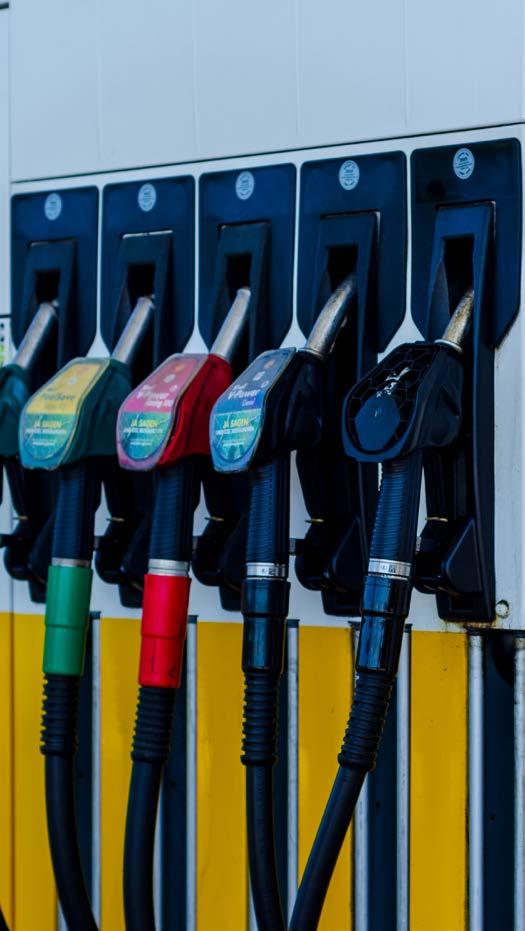
wells and two optional wells as part of the Araku Deep-1 development. The Stena DrillMax is the first in Stena Drilling’s DrillMax series vessel, which is a hard environment DP Class 3 ship that is capable of drilling at water depths between 10,000 and 35,000 feet. The vessel will be used in the second half of 2025 and will help Shell deliver its vital exploration project into the under-explored Demerara Plateau. This partnership with a global drilling company highlights Shell’s commitment to working with local and international leaders in the offshore development industry to bring its projects online.
Shell’s exploration will be vital in enhancing Suriname’s existing role as a major oil and gas producer across South America. The project will bring together Shell’s expertise as a leading energy company across the globe and deliver this as a vital development project set to support Suriname’s
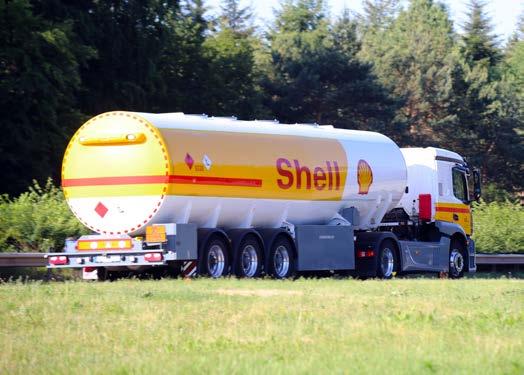
BDO Suriname is a full member firm of BDO International, the world’s fifth-largest accounting and advisory network. We are the largest full-service firm in Suriname, and we operate across the areas of Audit & Assurance, Tax & Legal, Business Advisory, and Business Services Outsourcing. Our vision is to maintain the recognition by the market as the leading provider of exceptional client service, and the preferred partner—both locally and regionally—for Surinamese and international public and private companies operating in or from Suriname. We aim to support them in achieving their strategic and operational business goals. With deep industry knowledge, BDO Suriname is also a trusted advisor to clients in the oil and gas sector, providing tailored solutions that address the unique challenges and regulatory demands of this evolving industry. Our mission is to deliver exceptional client experiences that go beyond expectations—experiences that are high-quality, riskconscious, cost-effective, and value-driven. We strive to enable our clients to realize their strategic aspirations, needs, and expectations.
www.bdo.sr
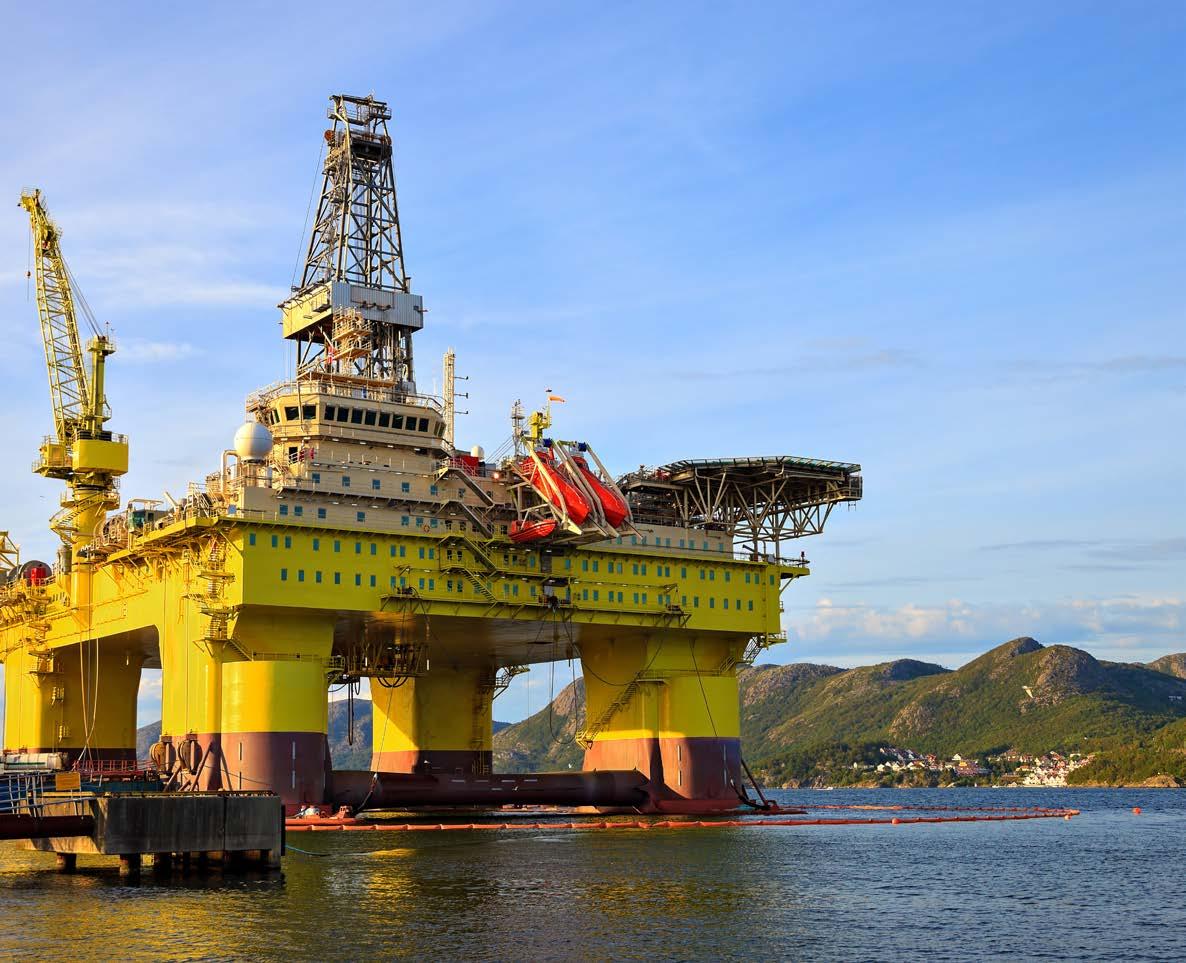
growing energy sector. We have seen Shell utilise its global expertise across South America for many years, including in countries such as Brazil, where Shell has significant operations focused on the exploration, production and sale of oil and natural gas. In Brazil, Shell has significant investments in deep-water projects, including Parque das Conchas and the Mero Field. These deep-water projects are located within the Santos Basin, a major oil and gas producer, known for its prolific pre-salt reservoirs already delivering significant resources for Brazil’s energy sector.
In May, Shell’s subsidiary, Shell Brasil Petróleo Ltd., announced that it was starting production on a floating production storage and offloading facility (FPSO) on the Mero Field of the Santos Basin. The FPSO will be delivered as part of the Mero-4 Project, a deepwater oil and gas development, and will be responsible for 12 wells across the project. The FPSO will have an operational capacity of 180,000 barrels
of oil production and 12 million cubic meters of gas compression per day. The Mero developments are part of the Libra Production Sharing Contract, and the project is operated by Petrobras (38.6%), in partnership with Shell Brasil (19.3%), TotalEnergies (19.3%), CNPC (9.65%), CNOOC (9.65%) and PréSal Petróleo S.A. (PPSA) (3.5%) representing the Government in the non-contracted area.
The Mero Field adds to the existing Gato do Mato development, a pre-salt gas condensate discovery that encompasses two contiguous blocks. The Gato de Mato Consortium is held by Shell as the operator with a 50% stake, alongside Ecopetrol (30%), TotalEnergies (20%), and Pré-Sal Petróleo SA (PPSA), who act as the manager of the production sharing contract (PSC). The project includes the installation of an FPSO vessel, which can produce up to 120,000 barrels of oil per day. It is estimated that the recoverable resources at the Gato do Mato project are approximately 370 million barrels. Therefore, the
development highlights a vital offshore exploration project for Shell in South America, which brings together its offshore expertise to deliver significant oil resources for Brazil.
With Shell having so many vital projects across local regions, including those in Brazil and Guyana, the company can utilise its networks and expertise in offshore exploration along South American coastlines, and bring this to its current new development in Suriname. Thus, through Shell’s partnering with local and international stakeholders to deliver vital oil resources, the company can play a pivotal role in enhancing Suriname’s existing and expansive offshore energy development sector through the vital drilling in the underexplored Demerara Plateau region. In fact, energy giant Petronas is also currently advancing gas development efforts in Suriname with ExxonMobil in
the nearby Sloan Gas Field of Block 52. Thus, across both Shell and Petronas’ development projects, the two companies are strengthening Suriname’s position as key players in the oil and gas sector, whilst laying the foundation for significant and sustained economic growth through the natural resources at the country’s disposal.
As we have seen, Shell’s new exploration projects in Suriname mark a significant milestone for the company’s expansion across South America. With the drilling of 4 new wells across Block 65, Shell is on track to unlock a new facet of resources for the country, as it hopes its development will enhance its portfolio for the benefit of Suriname’s energy sector. We look forward to seeing how the Araku-1 development, with the help of Stena Drilling, will bring these vital wells to Block 65 online and deliver valuable oil resources across the South American region.
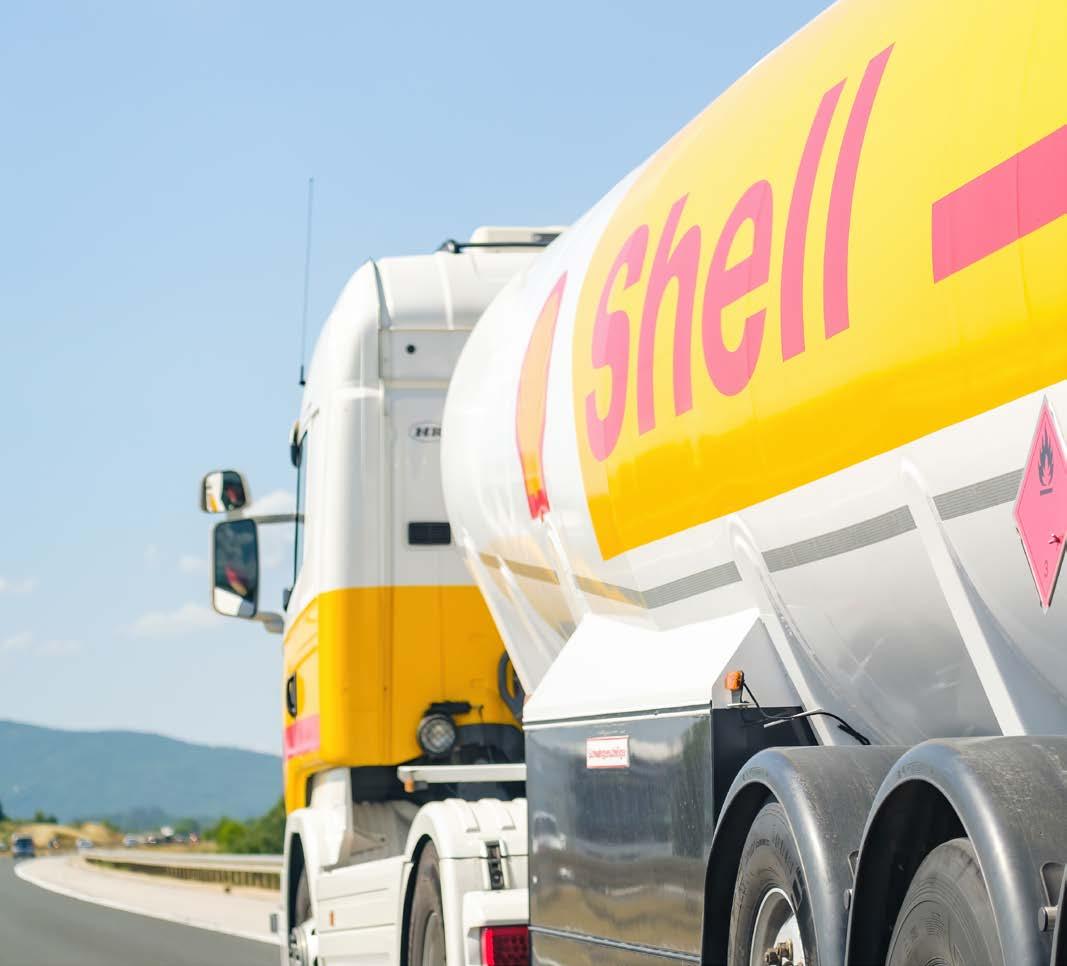
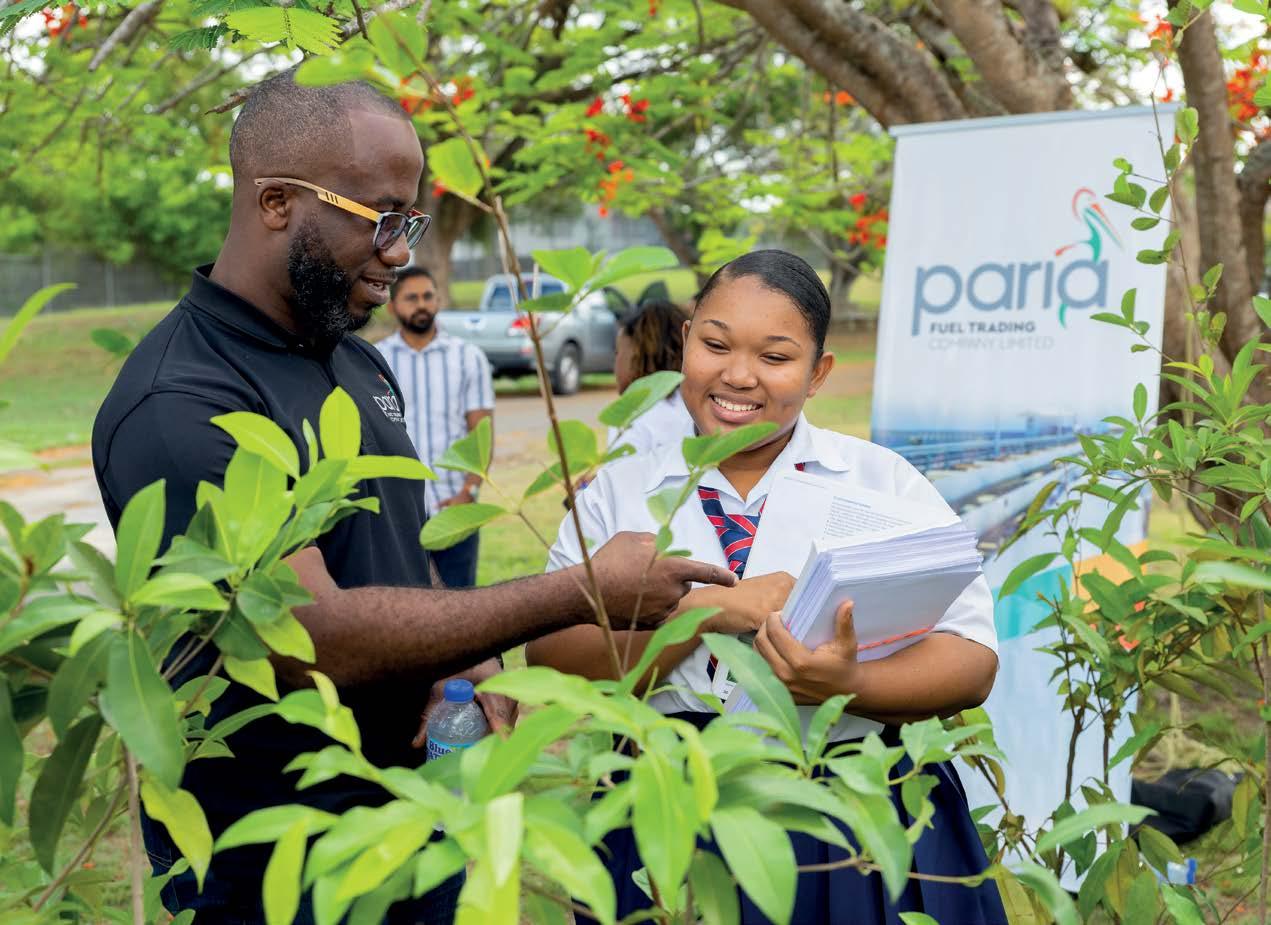
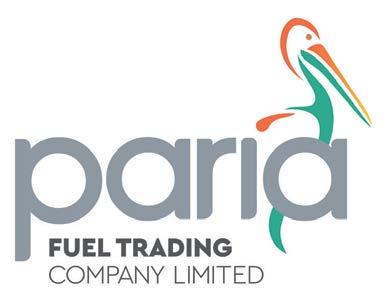
Paria Fuel Trading Company Limited, is transforming the Caribbean’s energy landscape. As a key supplier of refined petroleum products and a pioneer in sustainable energy, Paria is dedicated to balancing business success with environmental responsibility.
CORE OPERATIONS:
Trading 45,000 barrels of petroleum products daily, including motor gasoline, kerosene, gas oil, and fuel oil.
Extensive distribution network serving local, regional, and international markets. Also supplying HVO starting early 2025
ENVIRONMENTAL LEADERSHIP:
Committed to sustainability with initiatives like distributing 100,000 seedlings to schools and reducing carbon emissions through employee workshops.
Proud recipient of the International Sustainability and Carbon Certification (ISCC), aligning with European environmental standards and exploring low-carbon marine fuels.
INNOVATIVE METHANOL BUNKERING:
Paria recently achieved a historic milestone in Caribbean energy by launching methanol bunkering services, positioning Trinidad and Tobago as a regional low-carbon bunkering hub by 2026.
Looking Forward, Paria is not only powering today but investing in a sustainable future. With a focus on green energy solutions and community impact.
Paria is shaping a cleaner, more sustainable energy future for the Caribbean.
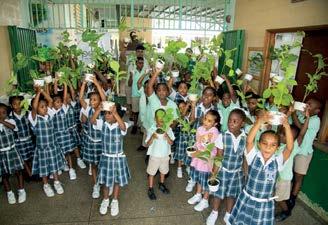
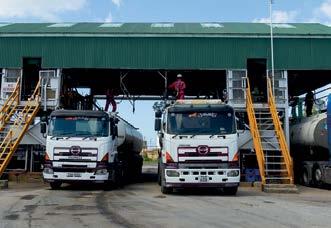
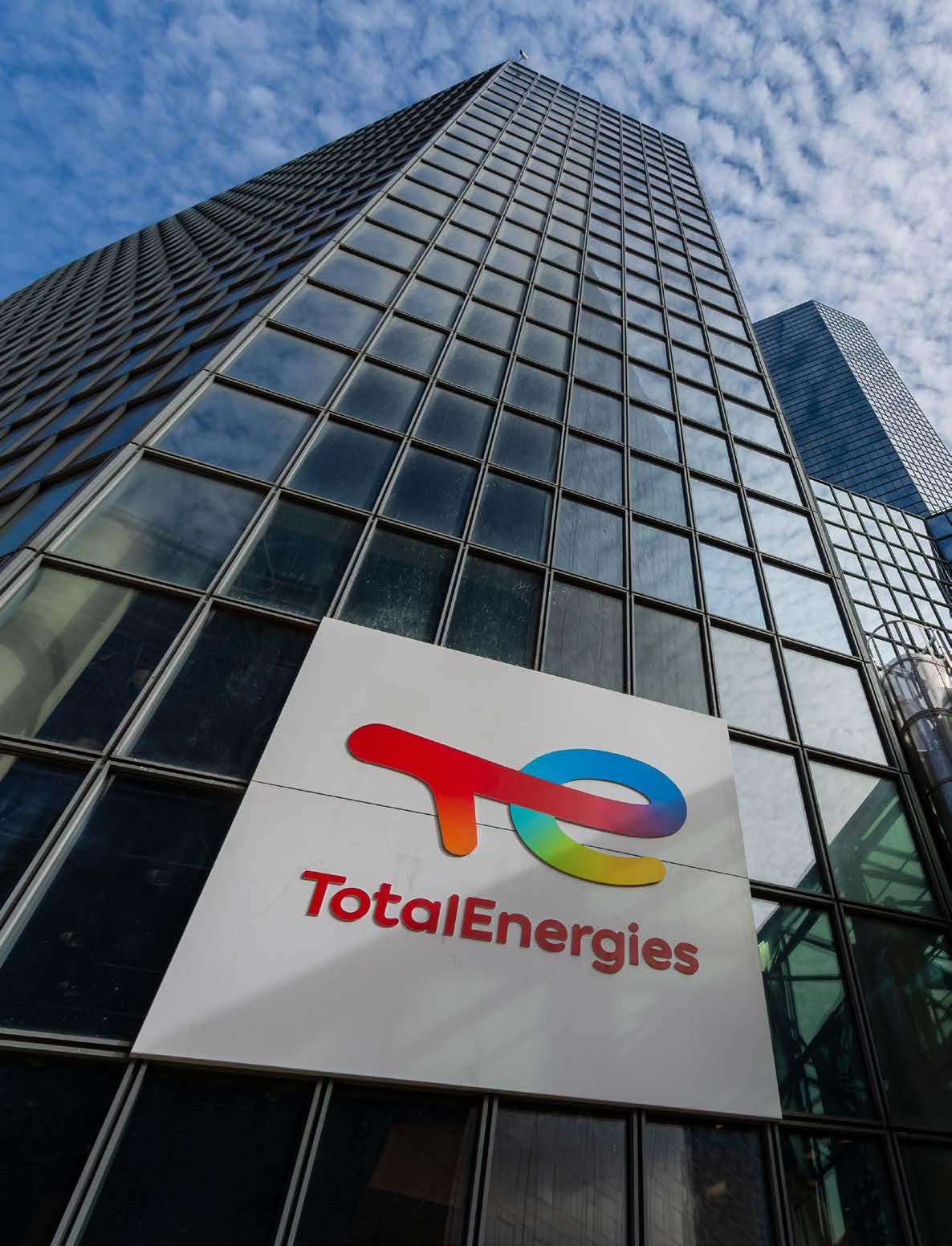
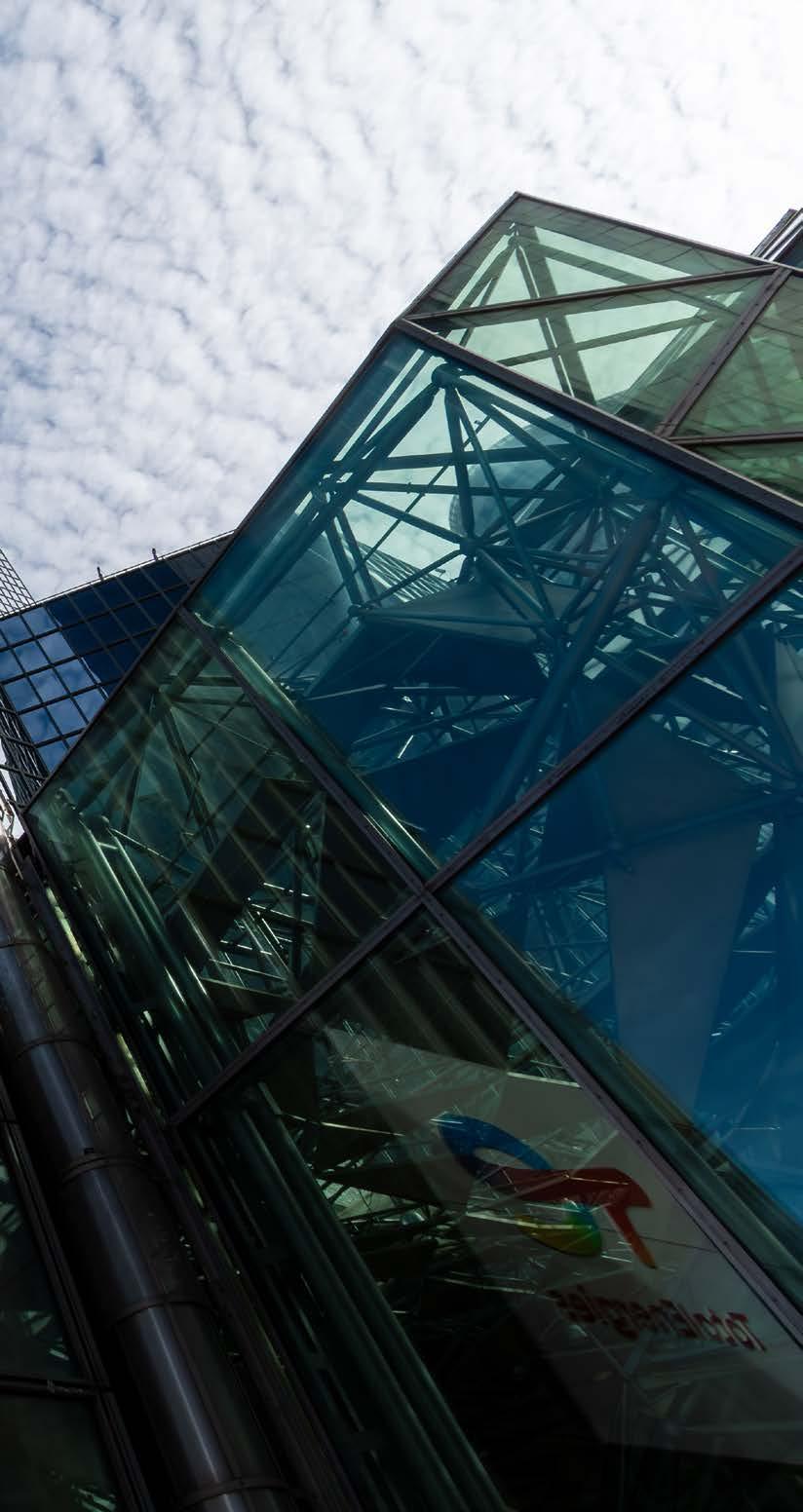
Founded on a commitment to delivering energy more sustainably, TotalEnergies is a globally integrated energy company where the planet and its people are at the heart of every strategy, project, and operation it conducts. The company has a long history across the globe and is now present in more than 120 countries worldwide. Across its international network, TotalEnergies works to make energy delivery more reliable, affordable, and sustainable. However, its current offshore exploration and development projects in Suriname mark a vital step in TotalEnergies’ leading energy operations within South America, where the company already has multiple developments, including developments in the neighbouring countries of Brazil and French Guiana.
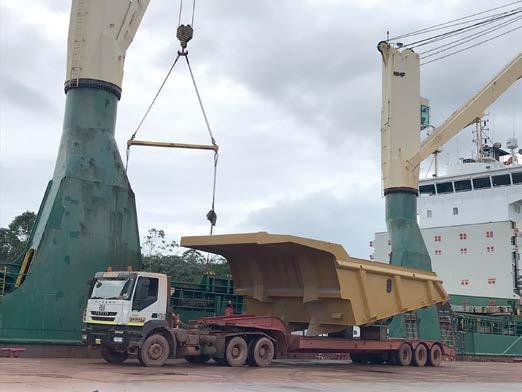
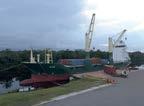
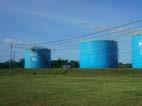

TotalEnergies has been present in Suriname for around 5 years, with 5 significant discoveries in the Block 58 offshore area. Block 58 is part of a partnership with APA Corporation, with both companies owning a 50% interest in the development. In 2023, TotalEnergies announced a significant oil project in Block 58, as well as a development study. The area includes the Sapakara South and Krabdagu oil fields, which have a confirmed combined estimated recoverable resource of close to 750 million barrels for the 2 fields. The GranMorgu oil project will be developed in Block 58 offshore Suriname and will deliver new wells at depths of between 100 and 100 metres across the Block. Oil will be produced through this system of subsea wells, which will ultimately be connected to an FPSO (Floating Production Storage and Offloading Unit) also located off the Suriname Coast. Once completed, the project is expected to have an oil production capacity of 200,000 barrels of oil per day (b/d) and contribute significantly to the development of oil across Suriname. Thus, for TotalEnergies, the project will mark a significant milestone for the company’s development of oil and gas resources in Suriname.
In October 2024, TotalEnergies and Saatsolie Maatschappij Suriname N.V. (Staatsolie) met in Paramaribo to announce the Final Investment Decision (FID) for the GranMorgu development located within Block 58. The announcement outlined how the GranMorgu project will develop the Sapakara and Krabdagu oil discoveries to build upon its successful exploration and appraisal period in 2023. The GranMorgu project, with a total investment of $10.5 billion, will be a key driver for investment on a local scale, contributing to local employment and the continued economic development of Suriname. For this reason, Paramaribo, the country’s capital, will be the centre for administrative, operations support and logistical activities for the entire project. In fact, for local companies, logistics, maintenance of the installation, as well as the subsea and FPSO operation, will see between $1-1.5 billion invested in local content, creating 6,000 direct, indirect and induced jobs across Suriname. Once completed, production is expected to start up in 2028.
The project is currently held in a 50% equal partnership between TotalEnergies and APA
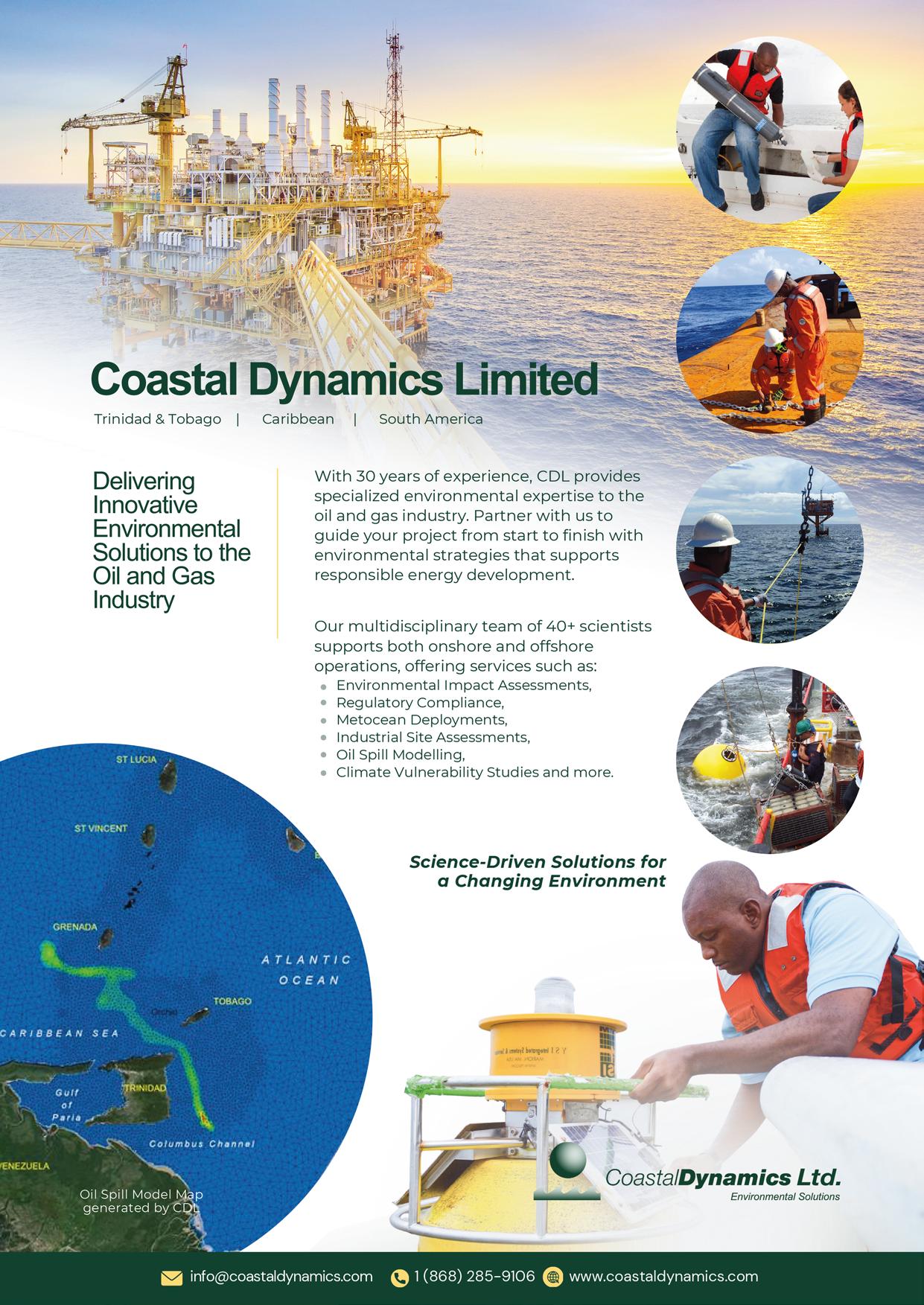

Corporation. However, following the GranMorgu project announcement, Staatsolie (Suriname’s state-owned oil company) outlined its interest in exercising its option to enter the development project at 20% interest, making contributions towards the project following the FID. Staatsolie will finalise its interest by June 2025.
One of the key sustainable aspects of the GranMorgu development in Block 58 is that it will leverage technology to minimise greenhouse gas
emissions. The project aims to specifically cut Scope 1 and Scope 2 emissions from each barrel of oil produced. A key step in achieving this will be the GranMorgu FPSO, which will be an all-electric vessel with zero routine flaring and full reinjection of associated gas into the reservoirs. The FPSO is designed to accommodate future tie-back opportunities that would extend the duration of its production plateau. Additionally, the FPSO will have a Waste Heat Recovery unit and water-cooling system, which will optimise the power usage across the vessel and improve its overall efficiency. To help further cut down on emissions, the project aims to install a permanent methane detection and monitoring system that will rely on a network of sensors to enhance the unit’s overall sustainability by reducing methane release.
The construction of the FPSO vessel for the GranMorgu development has been contracted to Technip Energies, who will build and install the vessel, whilst SBM Offshore has been contracted to operate the platform under an operations and maintenance agreement. Technip Energies will also
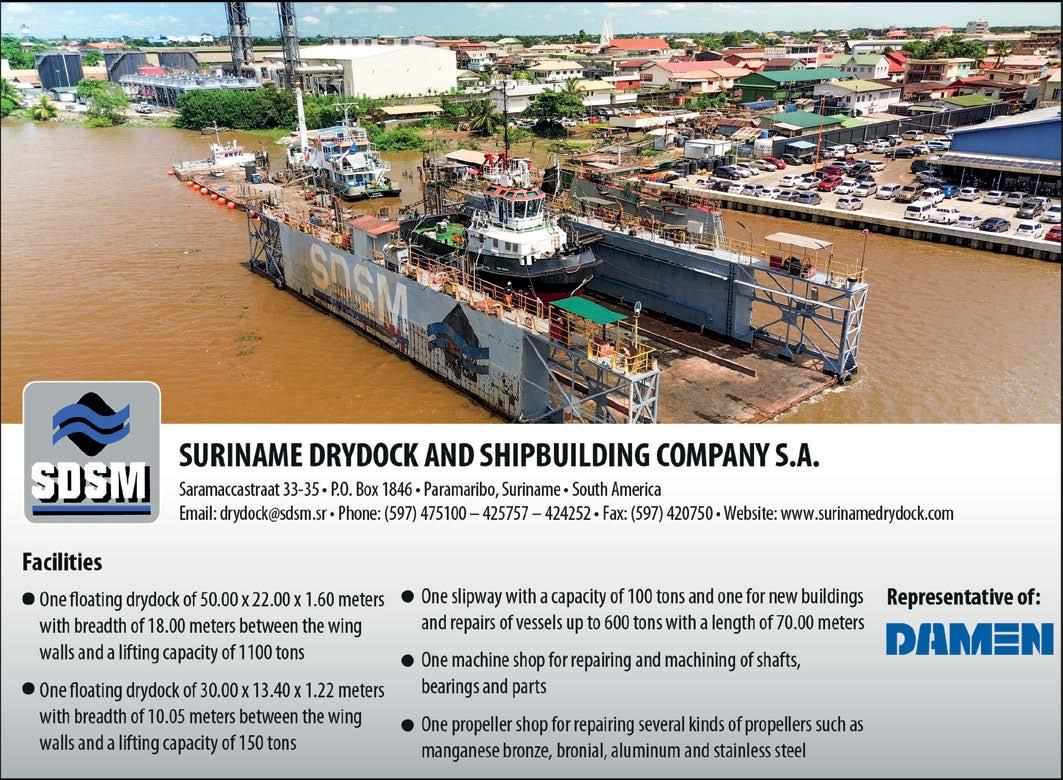

help deliver the all-electric drive platform, which will help the vessel deliver its reduced emissions, with zero routine flaring and full reinjection of associated gas into the reservoirs. A final contract has been awarded to Saipem, which will conduct the EPCI scope for subsea umbilicals, risers and flowlines. Its work will span the delivery of 100km of 10-12 inch subsea production flowlines and 90km of 8-12 inch water and gas injection, as well as the transport and installation of the flexible risers, umbilicals, and associated structures at depths ranging from 100 to 1,100 metres. These vital contracts will help TotalEnergies to deliver its sustainable mission for the GranMorgu development block.
The entire project at Block 58 will deliver significant oil developments for Suriname and add to TotalEnergies’ network across South America. In the FID announcement press release, Patrick Pouyanné, Chairman and CEO of TotalEnergies, outlined that “Building on TotalEnergies’ pioneering spirit, this landmark project marks the first offshore development in the country and capitalises on our extensive expertise in deep offshore innovation. Launched only a year after the end of appraisal,
GranMorgu fits with our strategy to accelerate timeto-market and develop low-cost and low-emission oil projects.” Pouyanné’s comments here highlight the vast role the project will play within Suriname and the company’s role in delivering a project that meets its central mission to make affordable yet sustainable energy more widely available across the world.
The GranMorgu project marks the vital beginning of a long and important era for Suriname’s energy sector. The project will deliver significant growth for the country, and so the project will be essential for delivering major economic benefits for the local economy through the labour, goods and services from local content that will be required to construct, operate and maintain the project to deliver consistent oil for the country. Oil production is expected to begin from 2028, where the majority of the project’s income will be delivered to the State of Suriname in the form of royalties, profit oil and taxes. The national oil company and TotalEnergies plan to continue to work closely together, and throughout the project will focus on attracting as many local goods and services as possible,
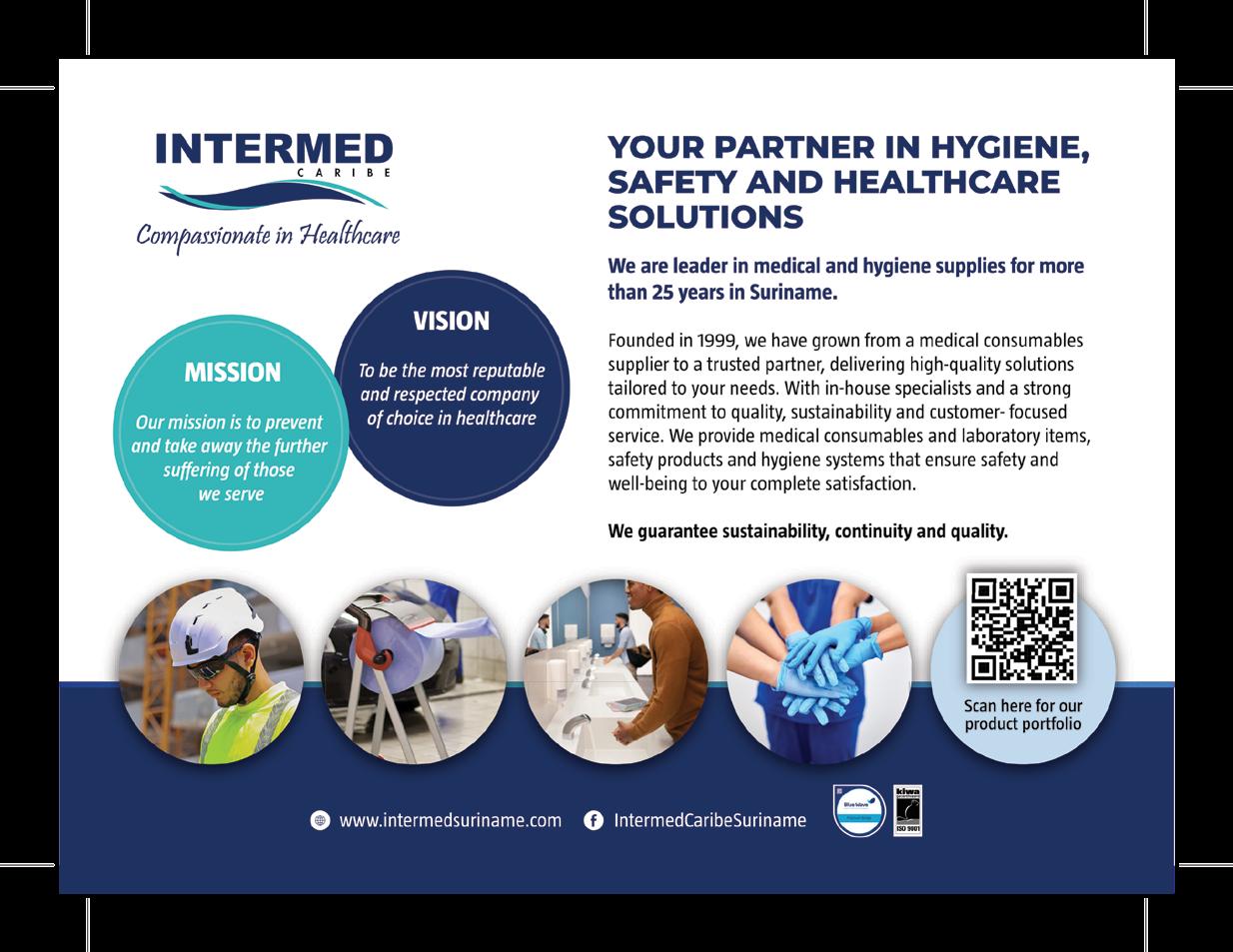
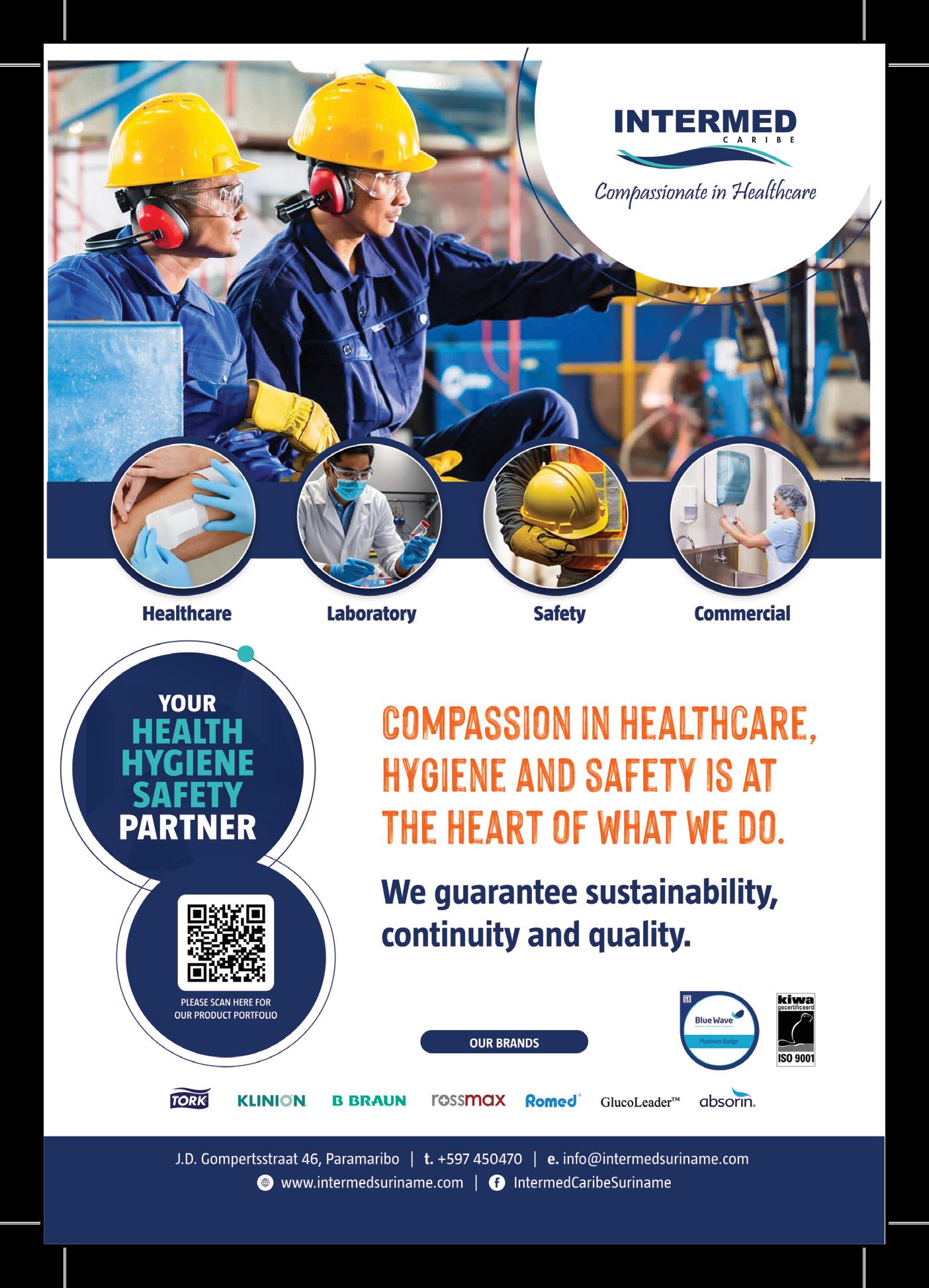
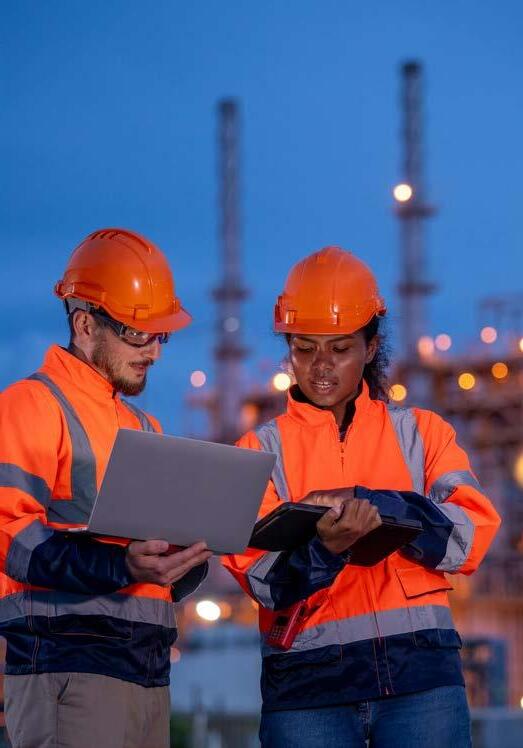
mirroring its focus on local content as has been seen across the exploration and evaluation phase of the development.
In addition to the Block 58 developments, TotalEnergies has previously signed a sharing contract for 2 shallow offshore blocks. These blocks, 6 and 8, have been awarded to TotalEnergies following the Suriname Shallow Offshore Bid Round 2021/2021, where TotalEnergies took on the operation of the two blocks with 40% interest. The operation is in partnership with Qatar Energy, which has a 20% interest, and Paradise Oil Company (POC), a subsidiary of Staatsolie, which also has a 40% interest in the development. Blocks 6 and 8 are located towards the south of Suriname, not far from the border to Guyana, and directly adjacent to Block 58.
The Senior Vice President of Exploration for TotalEnergies, Kevin McLachlan, states in the press release for the Block 6 and 8 development that “TotalEnergies is pleased to expand its operatorship position in Suriname, a world-class emerging basin, exploring for low technical costs and low GHG emission oil resources”. He continues, “This
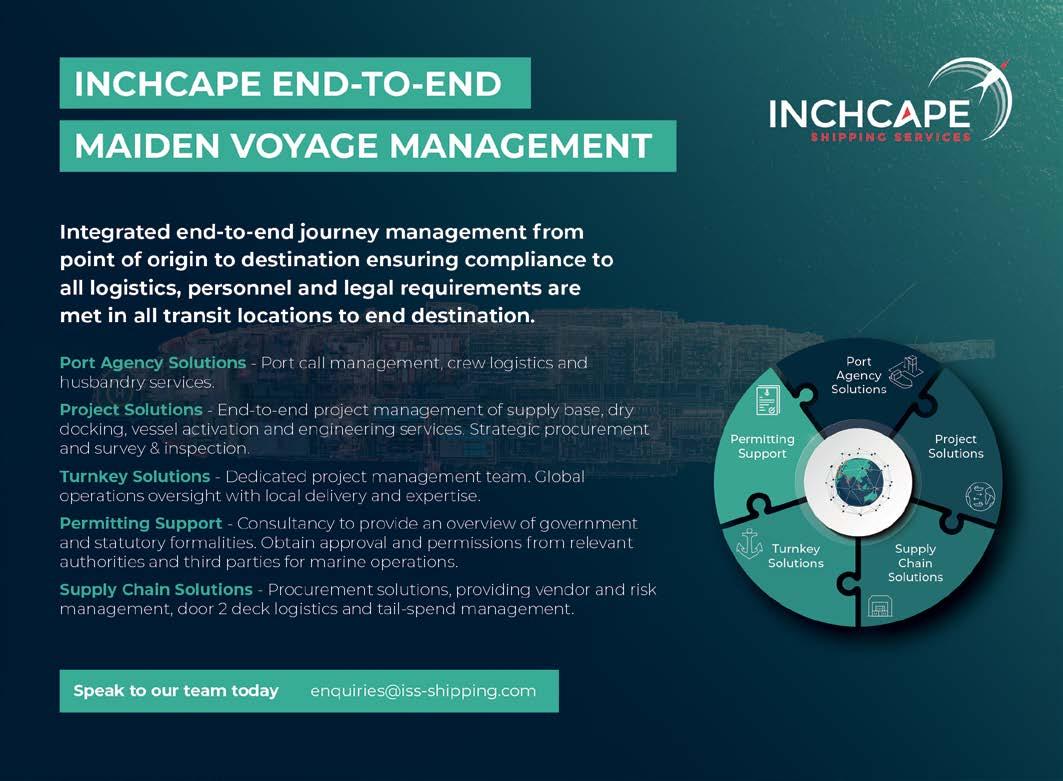
new milestone further strengthens our strategic international partnership with Qatar Energy, marking its first entry to Suriname”. As we can see from McLachlan’s comments, TotalEnergies’ span across Suriname has established it as a key player in the country’s energy industry. With significant developments in Block 58 and Blocks 6 and 8, TotalEnergies continues working with crucial partners and players across the global industry to bring sustained economic growth and a wider sphere of energy potential to the region.
As TotalEnergies continues to expand its reach across Suriname’s energy sector, the company announced in June 2025 that it had signed an agreement to acquire a 25% interest in Block 53 in Suriname. The interest in Block 53 was previously held by Moeve, formerly known as CEPSA, and so TotalEnergies will now join the operators of the block, APA (45%) and Petronas (30%), as a partner in the license. The block is significant as it is located directly east of the Block 58 developments, where TotalEnergies has its GranMorgu development. Block 53 is home to the Baja-1 discovery, the first oil to be found in the block, where over 34 metres of
D.S. Belcon
D.S. Belcon is strategically positioned within the Southern Energy Triangle, operating in Trinidad, Suriname, and Guyana, offering integrated solutions excellence to the shipping industry and oil and gas sector.
Considering TotalEnergies’ recent commitment to the GranMorgu project, as a Port Agency and Logistics Company, D.S. Belcon (Suriname)
N.V. stands ready to support this monumental initiative with comprehensive integrated logistics solutions. As Suriname embarks on this historic journey to develop the Sapakara and Krabdagu fields in Block 58, the need for reliable, efficient, and integrated logistics has never been more critical.
With a deep understanding of Suriname’s operational landscape, D.S. Belcon (Suriname)
N.V’s commitment to excellence, safety, and sustainability remains at the forefront.
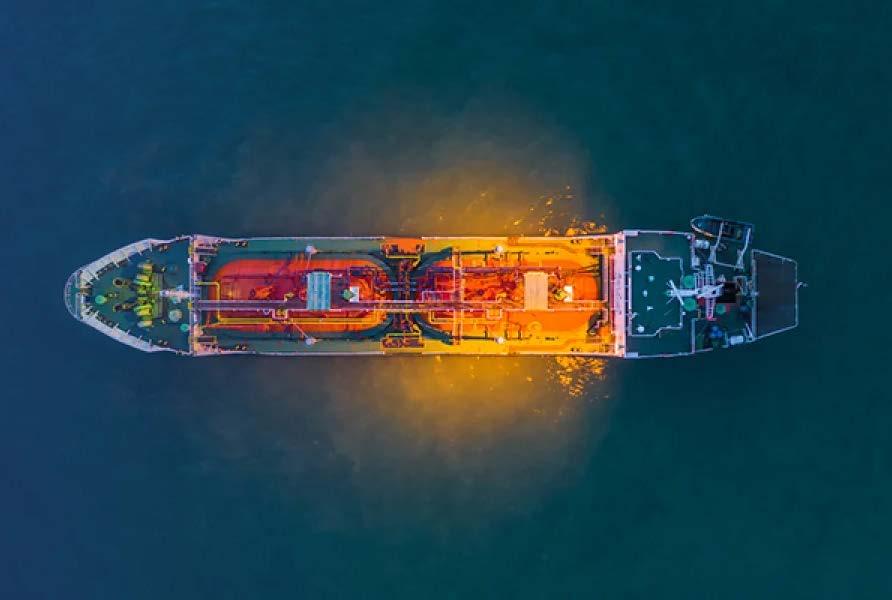
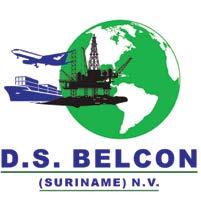
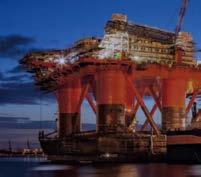
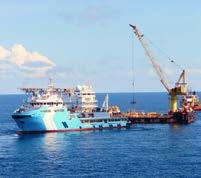
With the rapid emergence of the oil and gas industry in Suriname, the Dr. Jules Sedney Port of Paramaribo has been proactively advancing its facilities to meet the demands of the future. This commitment aligns with our slogan: “Accommodating Our Future.”
As part of our preparedness, we have successfully renewed our ISO 9001:2015, ISO 14001:2015, and ISO 45001:2018 certifications, along with our ISPS certification, reinforcing our dedication to quality, environmental responsibility, and occupational health safety and well-being of our dedicated personnel.
Moving forward, we continue to strengthen our internal organization while forging strategic partnerships that enhance the value of our services and position us as a key player in the region.
With Suriname’s economy on the rise and the increasing need for port expansion, we stand as the premier choice for those seeking to invest in a port with a robust, future-ready system of control and ample room for growth. At present a new construction project for the extension of the qua to the south has commenced with even more expansion possibilities.

Section
Quay length
Draft at LWS
Deck load
Storage area
Additional
Dr. Jules Sedney
Terminal (A)
660m
7,0 – 7,5m
4,5 – 10 T/m² 20ha
119 reefer plugs
Facilities available and to be established
Heavy load quays and aprons up to 20 T/m²
Berthing spaces
Open and sheltered storage area
Medical first aid facility
Chemical storage area
Technical & mechanical support facility
Logistic support facility
Training centre – in partnership with Port Of Antwerp Bruges International
New Shore Base Area (B) 140m + 120m + 97m 7,0m
20, 10, 5 T/m²
12 + 0,8 + 2ha
Oil jetty for bunker ops
Potential Expansion Area (C)
600m
7,0m
Subjected to requirements 47ha
Multifunctional options
Services by Havenbeheer and 3rd parties
24/7 ISPS security
Logistic support
Hot works, Technical and Mechanical Support
Stevedoring & Lifting works
Waste management
Bunkering services (Fuel & Oils)
Sludge and waste water removal
Fresh water supply
Variety of supplies
Ship chandling
Husbandry
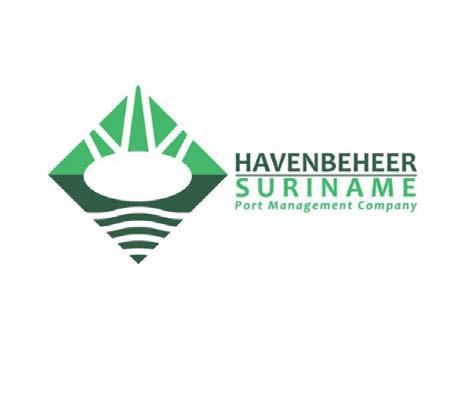
www.havenbeheer.com
Discover the gateway to Suriname’s thriving trade and commerce with N.V. Havenbeheer Suriname, the nation’s premier port management company. With over 50 years of expertise, we ensure the safe, efficient, and effective operation of Suriname’s National Port and Transport System, fostering international trade and logistics.
N.V. Havenbeheer Suriname, is committed to sustainable economic growth through innovative green practices. Our vision is to become your reliable carbon-neutral logistics partner, harmonizing prosperity with environmental stewardship.
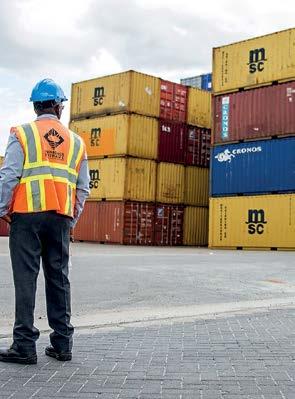
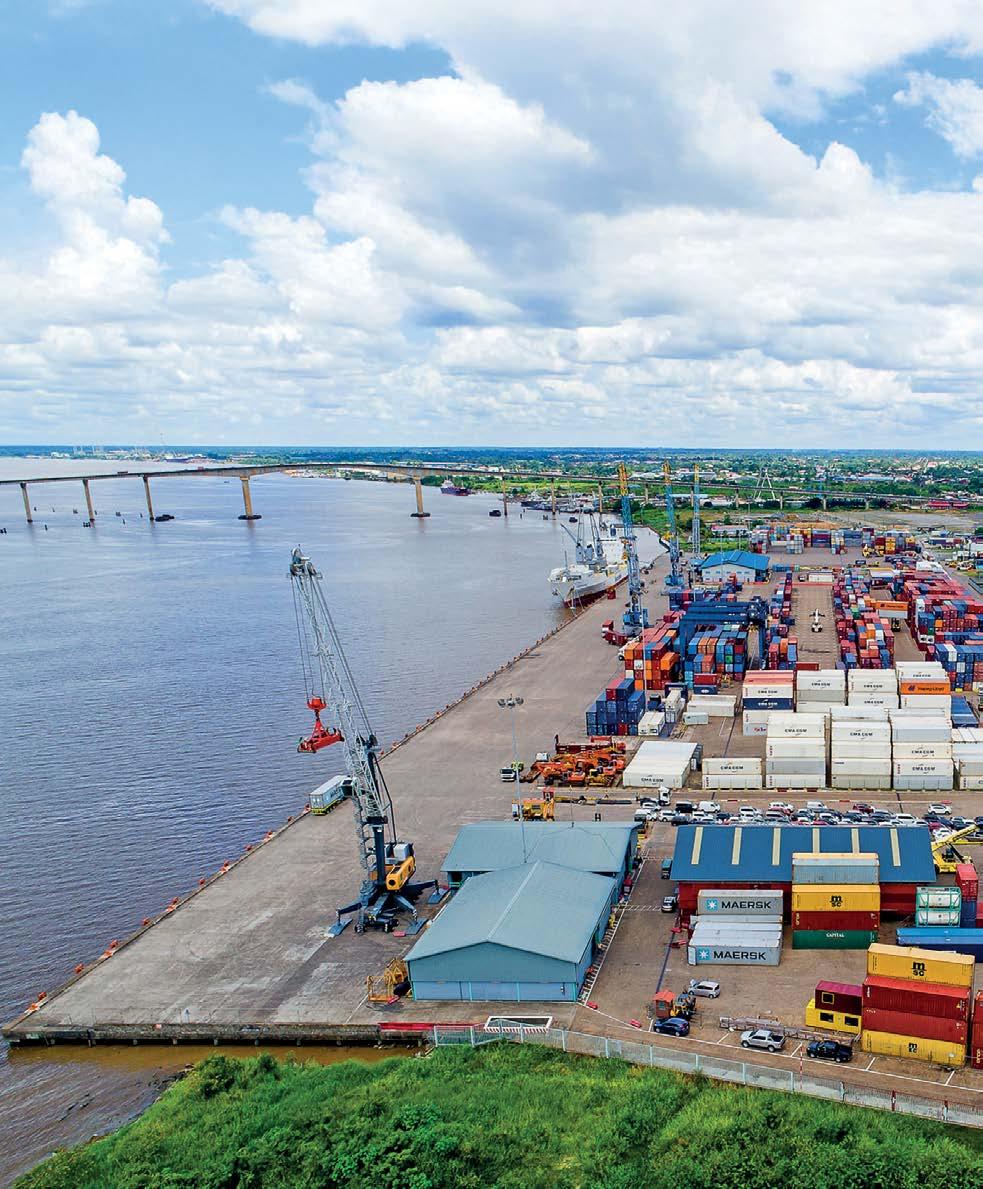





oil were encountered in the Campanian formation. This discovery is a significant down-dip extension of the same deposit system as the Krabdagu discovery in Block 58. TotalEnergies hopes to develop here, utilising the existing infrastructure of the GranMorgu project.
Javier Rielo, Senior Vice President America, Exploration & Production at TotalEnergies, outlines in the announcement that “This acquisition brings new resources to the development of our lowcost and low-emission GranMorgu project”. Rielo continues, “It also proves how TotalEnergies will leverage GranMorgu infrastructure to develop profitably additional resources and extend its production plateau, strengthening the position of the Company in the offshore of Suriname”. Rielo’s comments highlight the continued development and exploration of TotalEnergies in Suriname to deliver significant energy resources for the country. By utilising the existing networks and infrastructure of the neighbouring GranMorgu development, TotalEnergies can streamline its operations and deliver even greater economic benefits from the
Block, solidifying Suriname’s position as a key and developing oil producer for the future.
Outside of Suriname, TotalEnergies’ operations across South America remain vast. One of the largest operations in South America is in Brazil, where the company has been operating for close to 50 years. Across Brazil, TotalEnergies is present in almost every aspect of energy development, from exploration, production, and renewable and green gas development to marketing and services. With such a span across the country’s energy sector from upstream to downstream, TotalEnergies’ operations in Brazil are emblematic of the global company’s multi-energy strategy. Employing more than 3000 professionals, Brazil is a vital market for TotalEnergies as the country is home to presalt fields, which emit less greenhouse gases for each barrel produced than the world average. This means that TotalEnergies is focused on producing oil with low operating costs across the highest quality fields to meet the energy needs of today, whilst limiting its emissions to protect the world of the future.
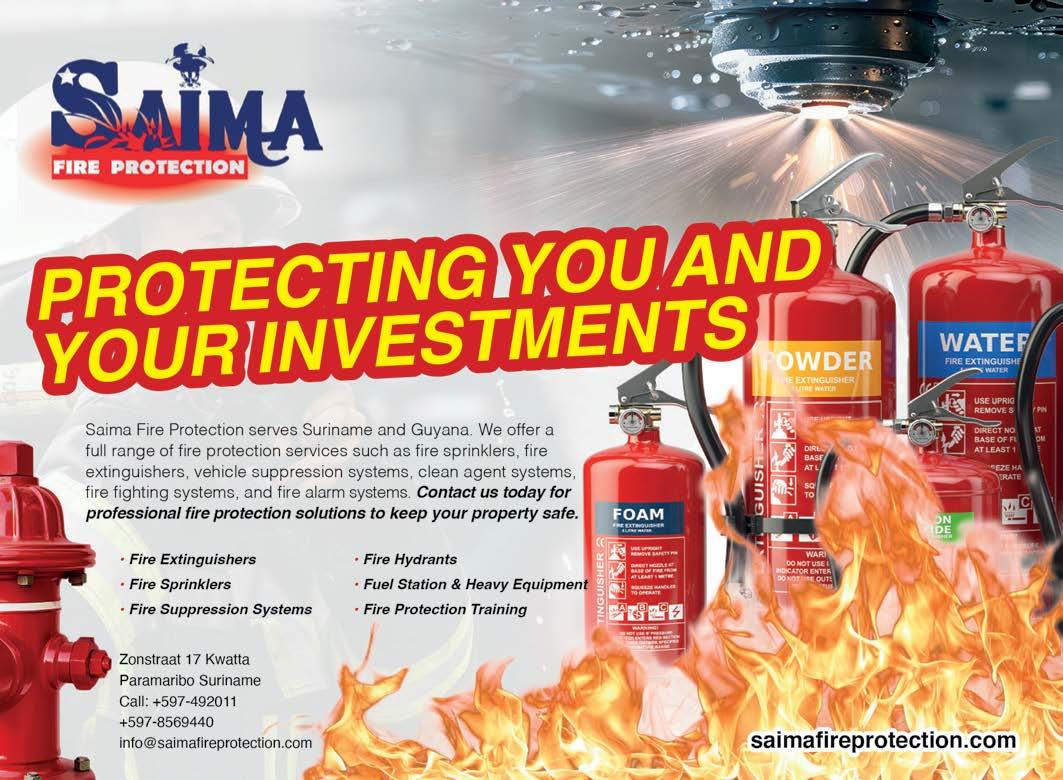
Professional Private Security (PPS) N.V., founded on November 10, 1990, began as a family-owned business specializing in car alarm installations. With a strong foundation and a clear vision, the company steadily expanded its capabilities, evolving into a limited liability company by 1993. Today, PPS N.V. stands as a trusted security partner in Suriname, known for delivering comprehensive security solutions tailored to meet the evolving needs of businesses across a range of high-risk industries. Our growth has been fueled by an unwavering commitment to innovation, deep industry expertise, and a focus on securing complex environments. Our long-standing presence in the country and our strong understanding of local and sector-specific risks have made us the preferred security provider for commercial enterprises, multinational corporations, and companies within the Oil & Gas sector.

PPS N.V. offers a full suite of security services designed to protect assets, people, and operations. Our security services include intrusion and fire alarms, CCTV surveillance, access control, and 24/7 technical support. We also provide continuous remote monitoring solutions, featuring real-time video analytics and rapid response teams located strategically across the region. Additional services include GPS tracking for fleet security, professional guard services (armed and unarmed), and customized training programs to boost safety awareness and preparedness.
Our expertise extends to high-level security services such as VIP/executive protection for diplomats and business leaders, as well as secure transportation and storage of valuables, including cash and precious metals, in line with international standards. With a focus on reliability, discretion, and rapid intervention, PPS N.V. is committed to delivering peace of mind in every security challenge.
Burenstraat 33, Paramaribo, Suriname Tel: (+597) 476 433 Email: info@ppsnv.com www.ppsnv.com
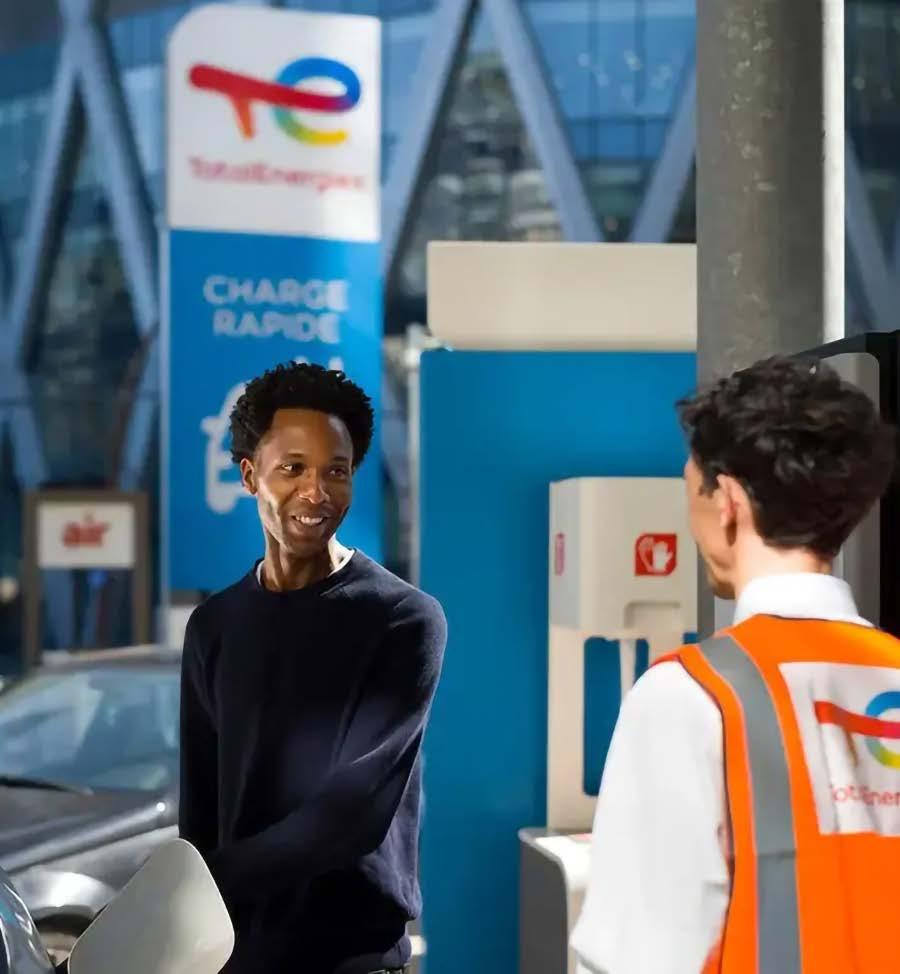
TotalEnergies currently has 11 licenses across its Brazilian oil and gas portfolio, including 4 operated assets across the Santos and Campos Basins in the deep waters and pre-salt layer. One of the most notable fields is the Lapa field, where TotalEnergies became the first international company to operate a production field in the Brazilian pre-salt, and the Mero, Sépia, Atapu Fields and the Lara area, all located in the Santos Basin. With such a wide span across Brazil’s energy development, TotalEnergies expects to produce 200,000 boe/d by 2026. In French Guiana, TotalEnergies’ operations focus on the downstream sector with the development of petroleum products and retail speciality at
service stations, as well as renewable electricity. The company currently has around 10 service stations across French Guiana, which offer fuel, products and related services. Beyond its retail, TotalEnergies also operates several solar power plants across French Guiana through its affiliates Total Eren and Sunzil, which are delivering more sustainable energy across the country every day whilst working towards a more sustainable energy future. TotalEnergies’ role across French Guiana is to deliver vital downstream resources, whilst working to develop sustainable energy solutions that can meet the demand of today, whilst limiting its impact on the planet.
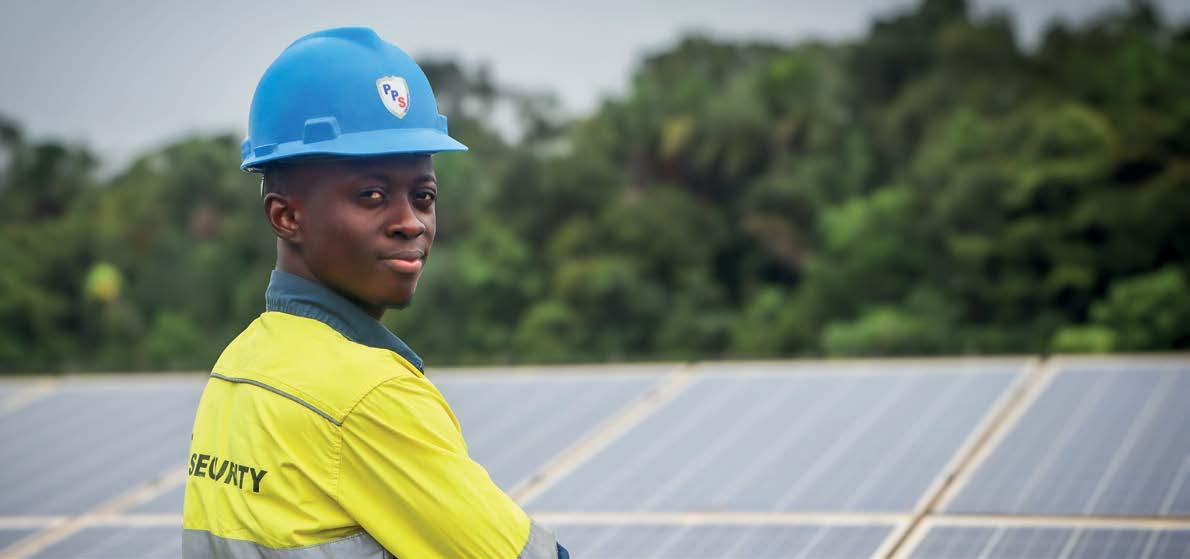


Since 1990, Professional Private Security N.V. (PPS) has been a leading provider of comprehensive security solutions in Suriname. Almost 35 years of experience, PPS offers a wide range of services, including electronic and guard Services, catering to individuals, businesses, industrial companies, international organizations, and government agencies
OUR SERVICES:
• GUARD SERVICES: Professionally trained security officers deployed to ensure safety and order on-site—whether at commercial properties, industrial facilities, or events.
• ELECTRONIC SECURITY SYSTEMS: Advanced solutions including intrusion and fire alarms, CCTV, access control, and tailored maintenance packages.
• CASH & VALUABLES TRANSPORT SERVICES: Secure transportation of money, precious items, and documents, aligned with international safety sta
• REMOTE SECURITY CENTER: Real-time monitoring, video verification, and alarm response via our 24/7 control room, linked to our strategically located Alarm Response Units.
• PERSONNEL & FAMILY TRANSPORT: Safe and discreet transportation for employees and their families, supporting the needs of international and high-risk operations.
• Almost 35 years of trusted experience in delivering high-quality security solutions across various sectors.
• Comprehensive service portfolio, ranging from electronic and guard services to emergency response, transport, and monitoring.

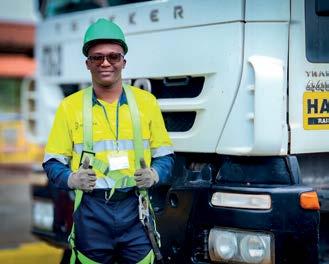
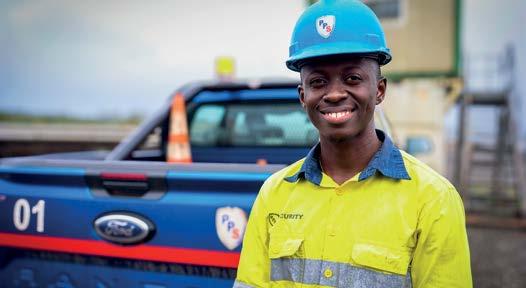
• Client-focused innovation—we continuously improve and adapt our services to meet your security challenges.
• Proven commitment to compliance, safety, and operational excellence through industry-recognized practices and certifications.
Burenstraat 33, Paramaribo, Suriname Tel: (+597) 476 433 Email: info@ppsnv.com
Some of our partners are...


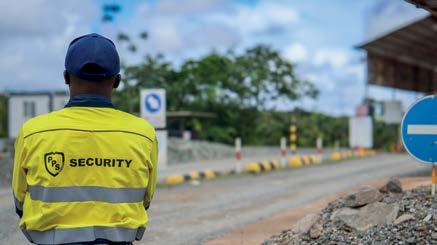








With the company’s presence across many neighbouring countries, it’s clear to see that Suriname and the surrounding region are primed for development, supported by the company’s expertise and network across South America. With this span of expertise being focused on Suriname, it is no surprise that TotalEnergies was a vital attendee at the Suriname Energy, Oil and Gas Summit (SEOGS) 2025. SEOG is the largest energy offshore event in Suriname, which brings together leading energy companies across both regional and international audiences. The event was developed by Staatsolie Maatschappij Suriname, Suriname’s national energy, oil and gas company, and organised by Global Event Partners Ltd (GEP) and Fossil Energy Consulting. Thanks to GEP and Staatsolie, SEOGS is the leading place for discussion, development and investment into Suriname’s energy sector, facilitated largely by the office opened by the organisation in Paramaribo to continue to support the region’s energy sector and wide portfolio. Leading global partners attending the event include the likes of Petronas and TotalEnergies, who are crucial in supporting
Suriname’s energy development. However, the event is also pivotal for bringing together multiple local and international key sponsors and suppliers across the energy sector to enhance Suriname’s global energy development.
The most recent SEOGS event was held in midJune in Paramaribo, Suriname, where over 200 speakers and more than 250 exhibitors were present. The event also saw over 12,000 attendees, highlighting the event’s role as the largest energy event in the Caribbean. The 4-day summit event provides ample opportunities for attendees, the government and energy companies to share about the vital energy development and potential of Suriname’s offshore deposits. Therefore, the event encourages investment, development and project opportunities for companies looking to get involved in one of the world’s most exciting oil and gas hotspots. Beyond the summer, a 3-day technical conference event delivered pivotal networking opportunities to help local and international stakeholders develop relationships to help deliver

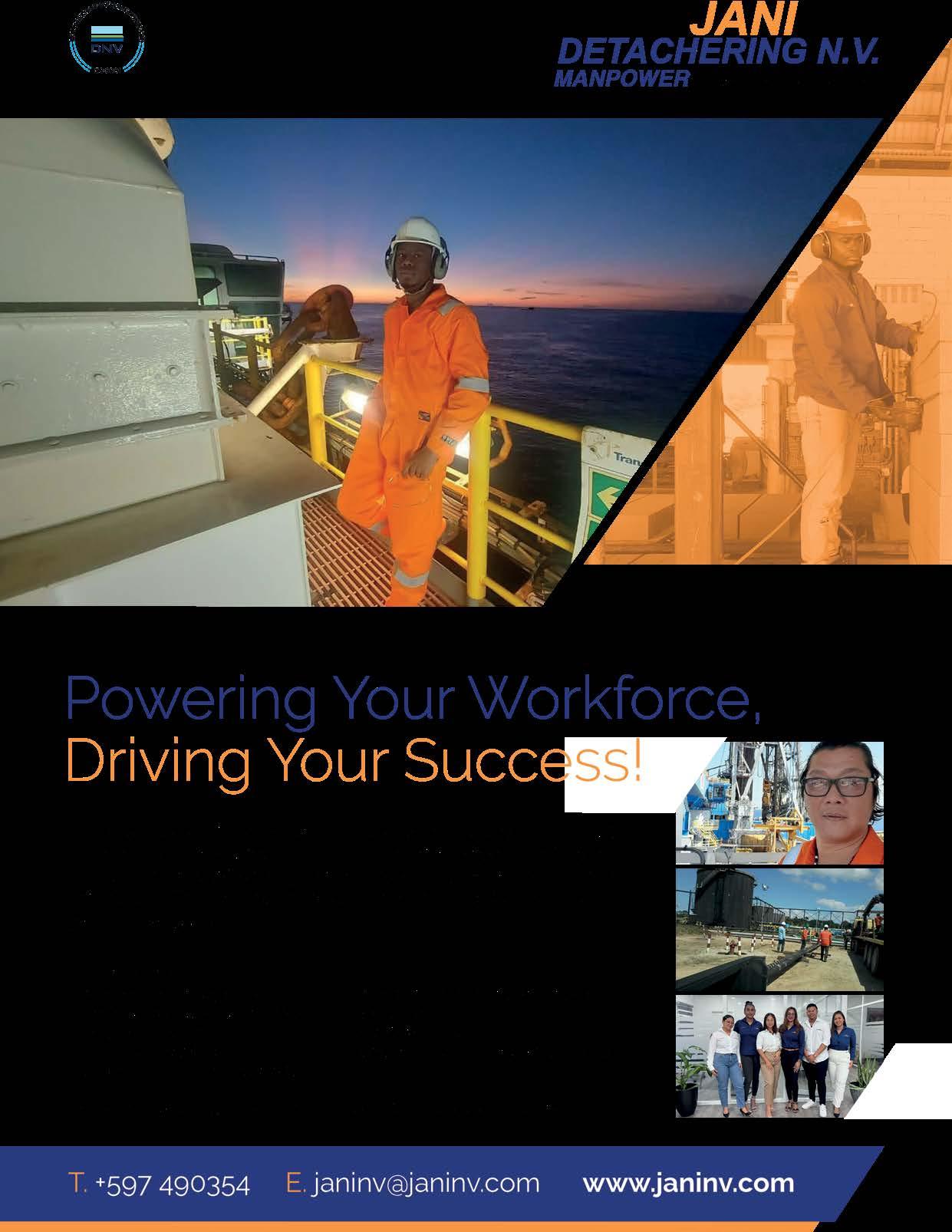
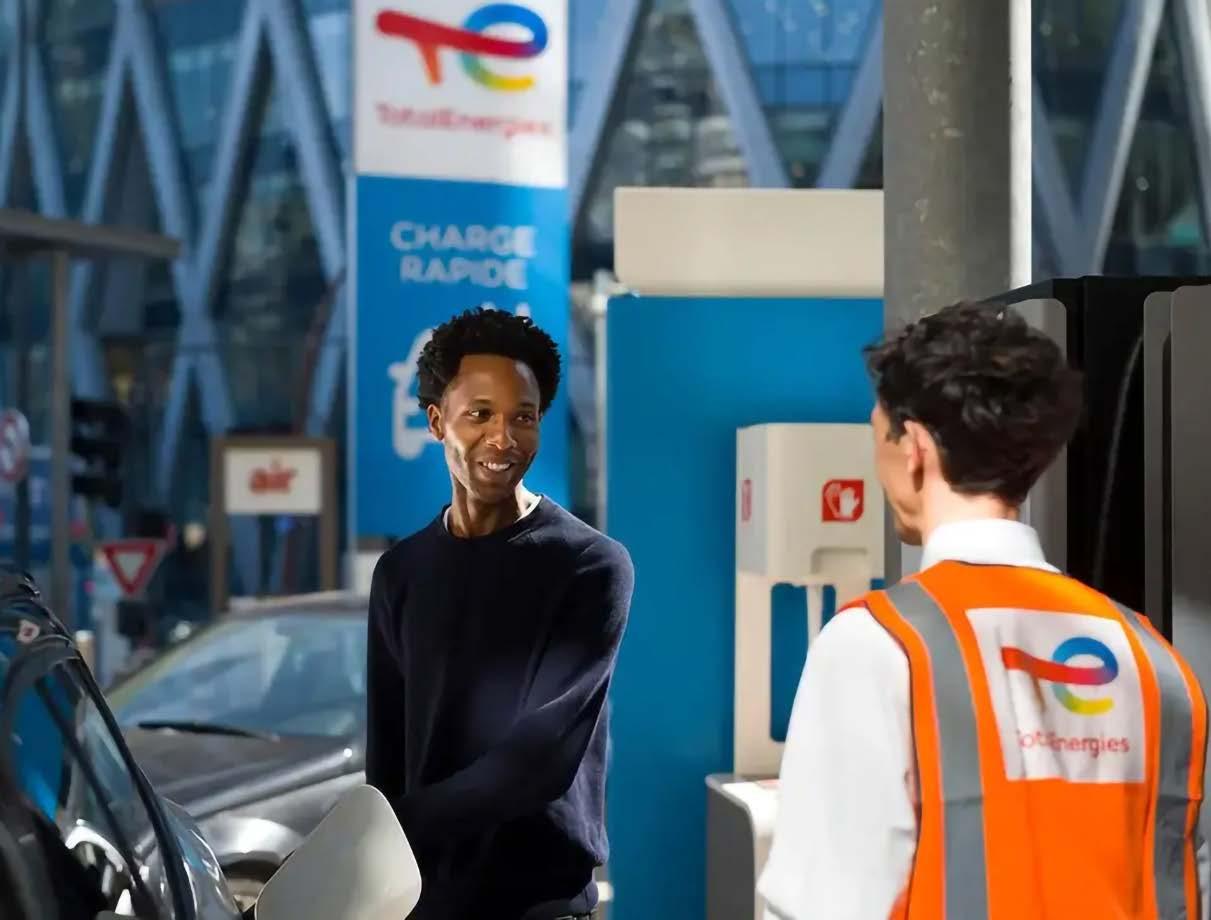
partnerships working towards the longevity of Suriname’s energy development.
SEOGS 2025 marks the 5th year of the event, and this year, one of the central focuses was on sustainability. With the opening of SEOGS 2025, President Chandrikapersad Santokhi outlined Suriname’s commitment to transparency and inclusivity in the growth of the country’s energy sector, with a central focus that ‘oil and gas resources must benefit all of our people’. These words were followed by the keynote address from Chairman and CEO of TotalEnergies Patrick Pouyanné, which reiterated the company’s commitment to the sustainable development of the GranMorgu project within Block 58 and across the Suriname-Guyana Basin. Pouyanné outlined in the message that TotalEnergies’ project within Block 58 will create over 6000 jobs, inject more than $1.5 billion into the local economy, and deliver more than 750 million barrels of oil to the market at a cost below US$20 the barrel. For this reason, Pouyanné highlighted that the GranMorgu project is part of a more than US$10 million investment that is designed to address sustainable energy values.
This focus on sustainability remained a key focus for the entire event, with Pouyanné reiterating how
the project will continue to focus on sustainability features throughout its development, with a particular focus on ensuring its FPSOs are electrical and are delivered alongside a permanent methane monitoring system. In addition to this, TotalEnergies will also ensure the reinjection of associated gas throughout the project. This focus on sustainability throughout the project is set to help both TotalEnergies and Suriname meet their goal of reaching net-zero emissions by 2050.
Ultimately, TotalEnergies’ projects across South America highlight the company’s mission to make energy more accessible, sustainable, and affordable across the globe. In Suriname, in particular, the development will strategically enhance the country’s existing energy infrastructure and ensure a more seamless delivery of energy across the region. With Suriname’s continued energy development supported by the government and local stakeholders, and highlighted through the SEOGS event, the region is now a vital hub for energy investment across the Caribbean. For TotalEnergies, Suriname will now add to its vast portfolio in South America, which works cohesively to leverage its expertise across the region’s energy sector and enhance Suriname’s role within the global energy market.
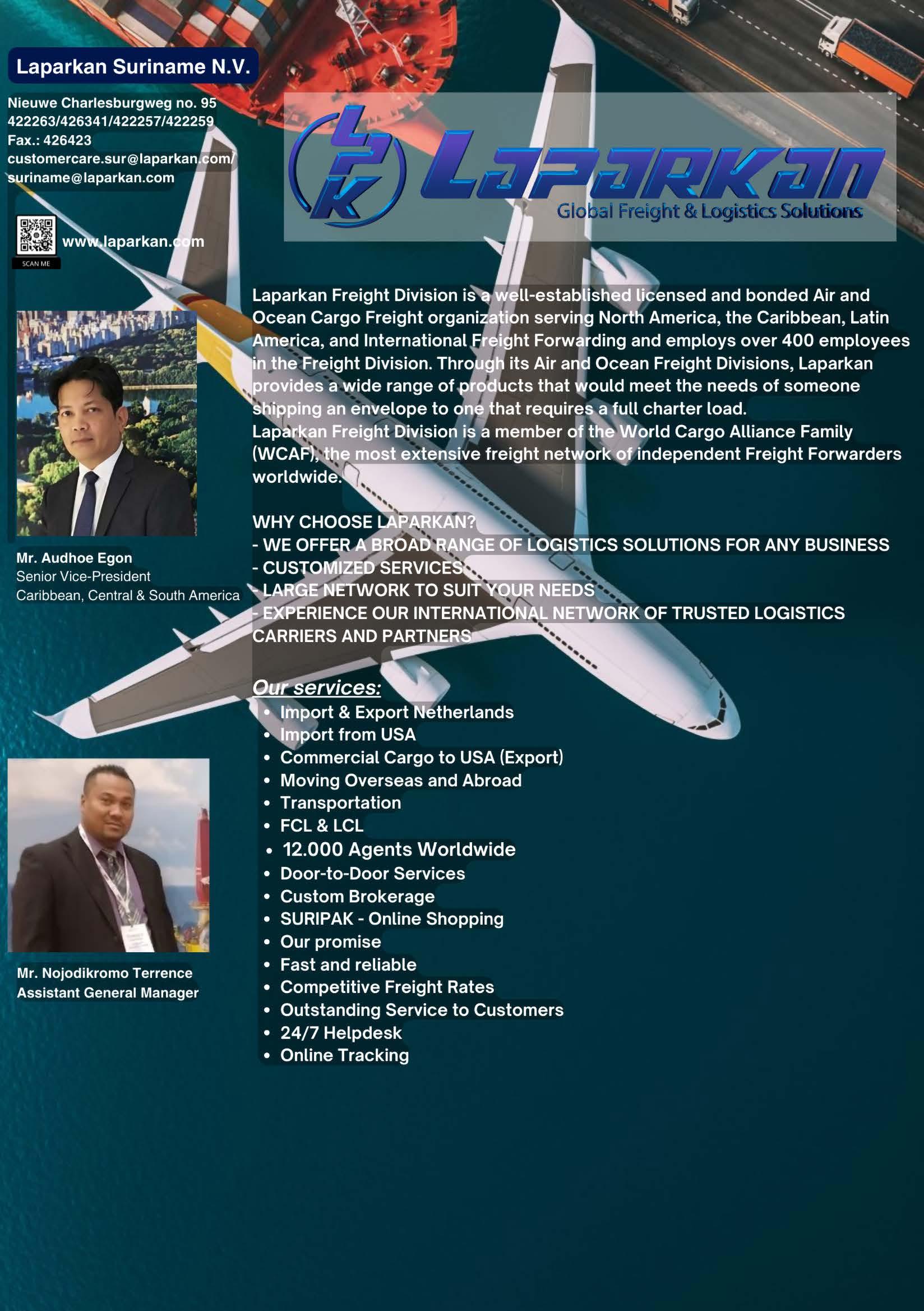
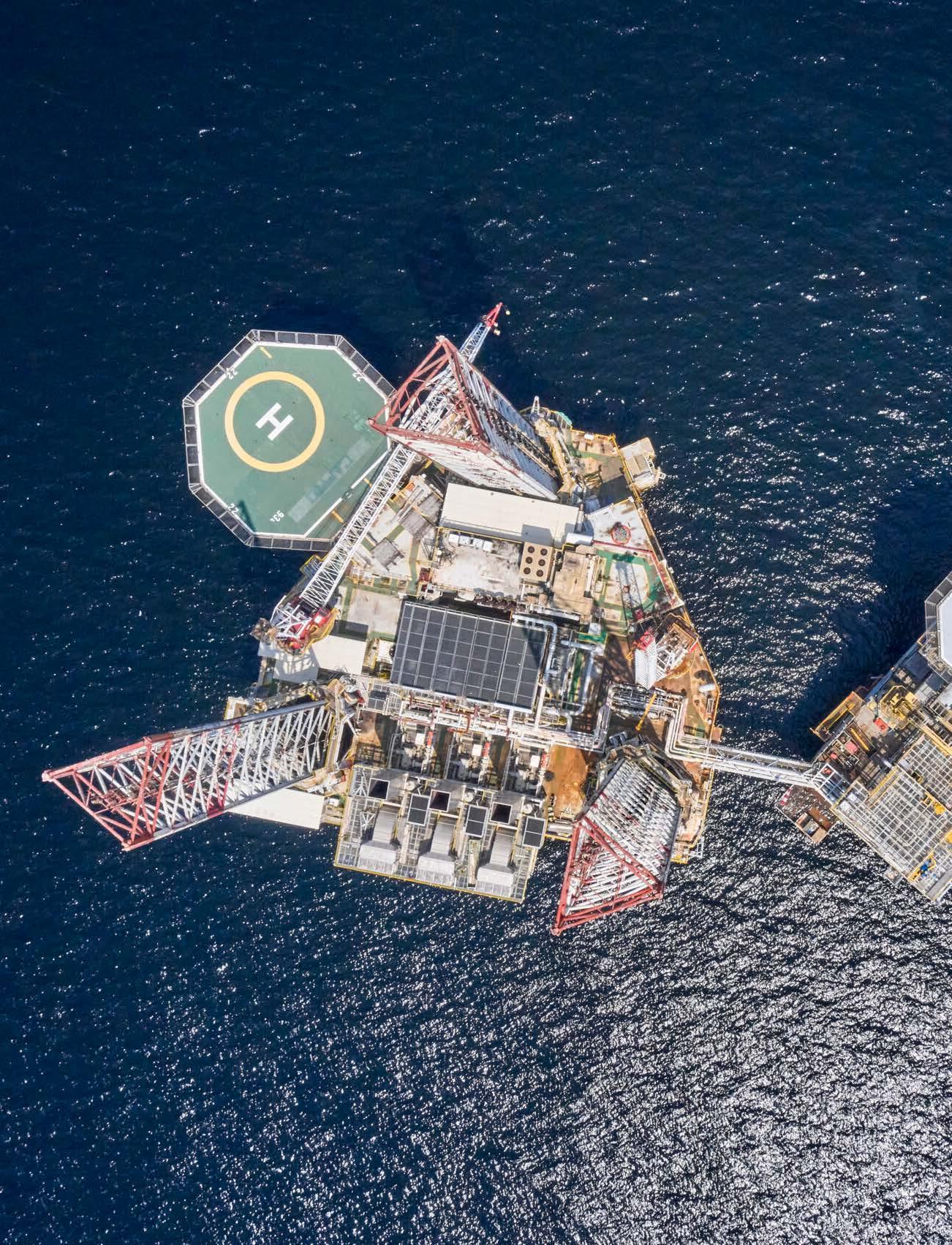
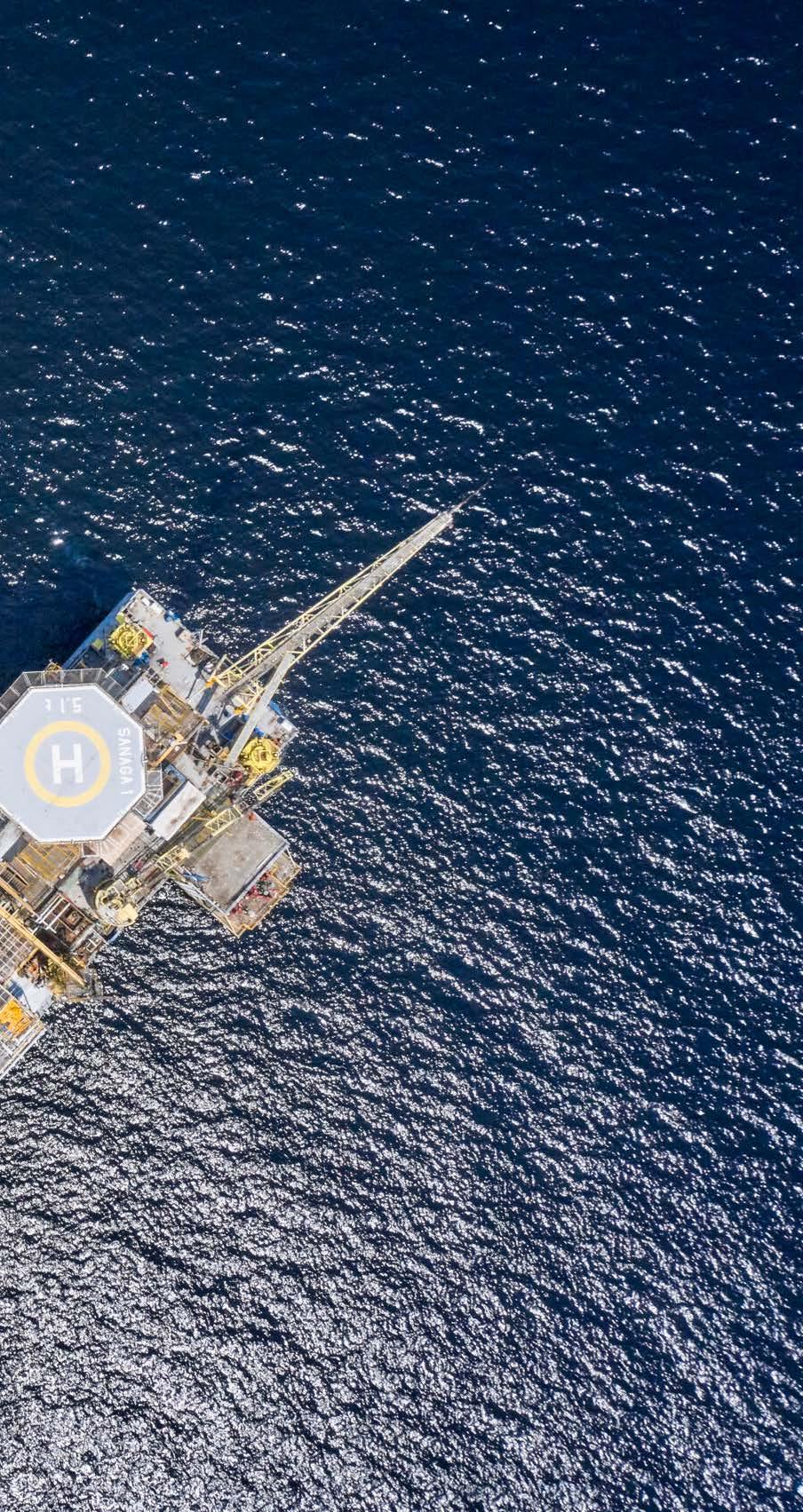
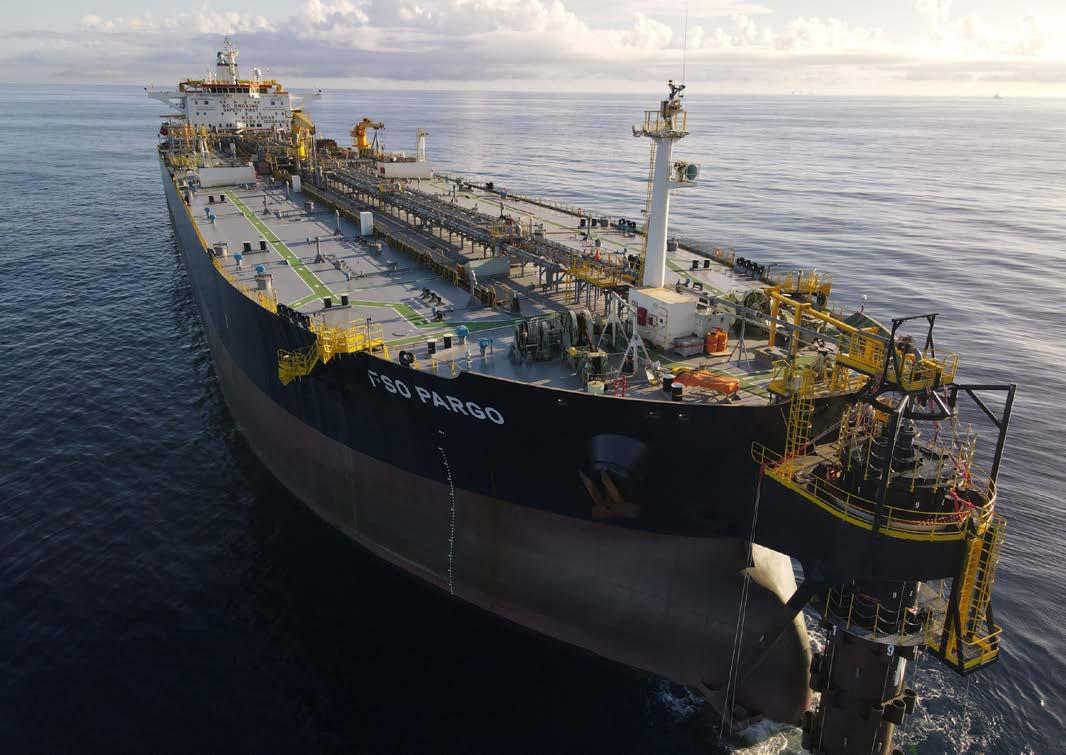
Globally, Perenco is a leading international independent hydrocarbon producer, focused on operations that span the entire lifecycle of energy projects from exploration to decommissioning. The company brings a wealth of knowledge of the global hydrocarbon market, and it is this that it builds upon to produce oil and gas in a safe and reliable way. With 14 partner countries of operation, the global company hinges on providing safe and smart solutions that meet its customers’ needs to deliver vital oil and gas production. In recent years, the company has seen vast developments in the Trinidad and Tobago division of the company, Perenco T&T, with the vital acquisitions and drilling operations that are set on delivering the future of Trinidad and Tobago’s hydrocarbon industry.
Perenco T&T have been operating in Trinidad and Tobago since 2016, when it took over the operatorships of the Teak, Samaan and Poui (TSP) fields. The TSP fields are located off the south-east coast of Trinidad and have continued to provide valuable gas exploration and production activities for Perenco T&T for almost 10 years. Across these fields, Perenco T&T is passionate about constantly improving its knowledge base through training and experience to deliver the most tailored and accessible hydrocarbon-producing solutions possible. These are made possible as Perenco T&T delivers innovative drilling, construction and production operations across its sites to enhance the potential of deposits and bring gas to market.
One of the most vital fields for Perenco T&T’s current development is across the Onyx Field within the TSP field licence. The field is home to a largely underdeveloped gas discovery at a depth of 180ft. The Onyx Field is part of the TSP joint venture between Perenco T&T, Heritage Petroleum Company Limited, and the National Gas Company of Trinidad and Tobago. The Onyx development includes the drilling of a new well and sidetrack on the eastern part of the Onyx Field, located between the Poui and Teak fields. In May, Perenco T&T announced that its drilling operations had been largely successful, and the company had encountered significant columns of natural gas in two separate geological
compartments. Thus, this drilling development is vital for the future of Trinidad and Tobago’s gas industry, and the wells provide a new gas potential that can help grow the region’s footprint as a major gas supplier across both local and international markets.
The General Manager of Perenco T&T, Gregoire de Courcelles, outlined in the press release announcing the success in the drilling of the Onyx field, “I am very proud of the successful results of the Onyx wells. Our objective was to prove sufficient gas reserves to unlock field development. The wells’ findings are testimony to the hydrocarbon potential which remains in the TSP acreage and highlights Perenco’s commitment to provide future supplies of natural gas to Trinidad and Tobago”. The General Manager’s comments highlight the valuable role the Onyx field will play in the future delivery of hydrocarbons for Trinidad and Tobago. With the expertise and drilling solutions supplied by Perenco T&T, the site is one that is expected to undergo continued exploration over the coming years as Perenco hopes to bring these resources online.
The Onyx development joins the existing Greater Angostura oil and gas producing assets, onshore
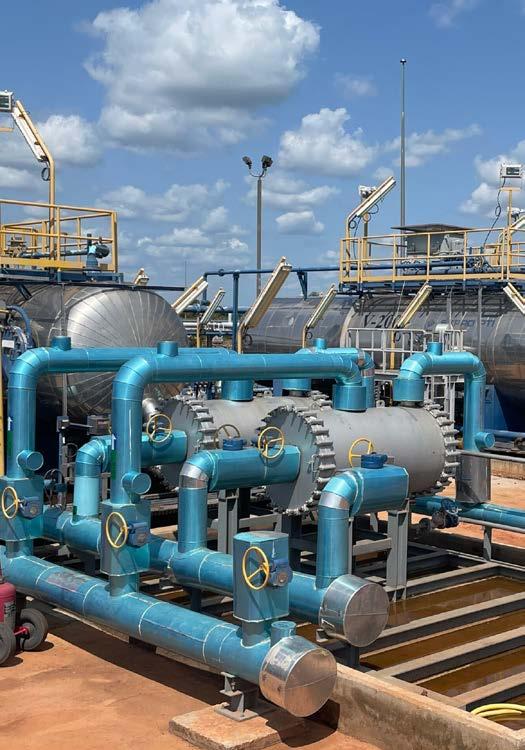

At On Site Services Ltd., we deliver precision-driven solutions tailored to your industry’s toughest challenges. With certified expertise and a commitment to safety and quality, we keep your operations running smoothly—24/7.
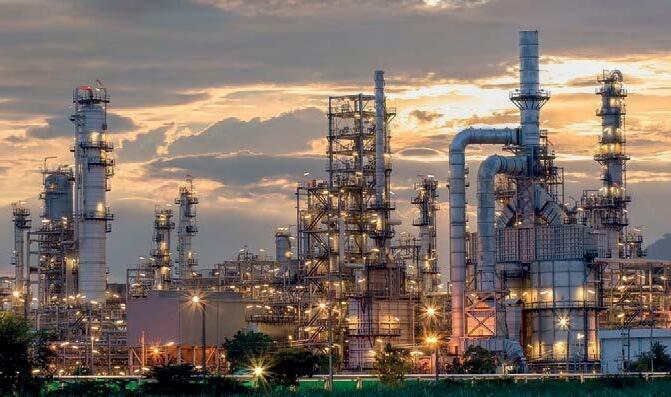
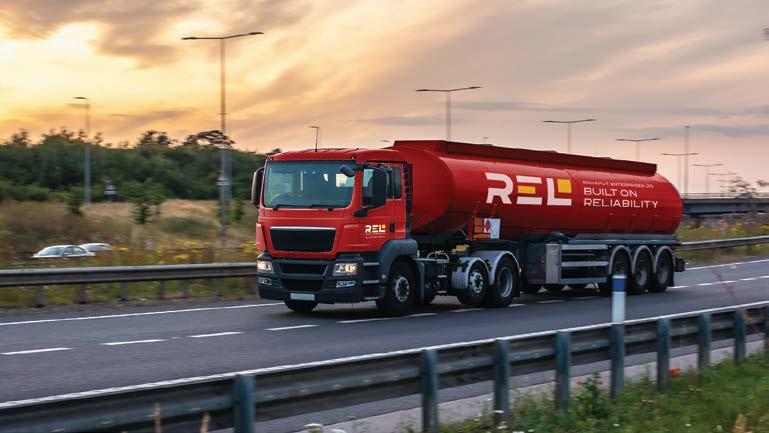
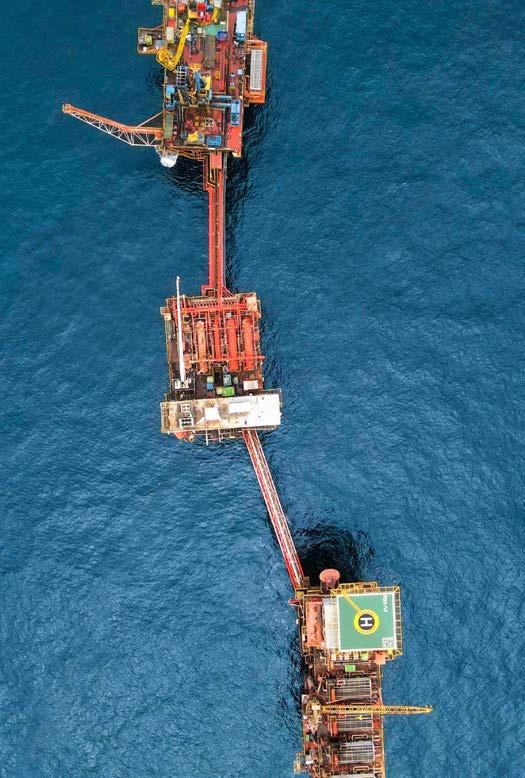
oil terminals, and associated production and transportation facilities that the company owns and operates in the northeast of Trinidad. The assets were acquired by Perenco in March from Woodside Energy, which previously held working control and operatorships over the 2(C) and 3(A) Production Sharing Contracts, inclusive of the Greater Angostura offshore fields. The Greater Angostura fields include the development of 7 fixed platforms and additional subsea facilities targeting the Angostura and Ruby oil and gas fields. These fields are valuable as they are currently producing more than 50,000 barrels of oil equivalent per day, which is served directly to the markets of Trinidad and Tobago. This field is responsible for 12% of the region’s total national gas production, making it a valuable and important development both for Perenco T&T and the energy markets of Trinidad and Tobago. The Greater Angostura fields will add to Perenco’s existing presence in the Columbus Basin as it grows its presence along Trinidad and Tobago’s hydrocarbon sector.
CEO of Perenco, Armel Simondin, outlined in the press release announcing the acquisition from Woodside Energy, that “We are delighted to be further expanding our portfolio in Trinidad & Tobago. Following the recent safe and smooth transition of the CAFI perimeter to Perenco operatorship in late 2024, Perenco has proven itself to be a partner
of choice to safeguard the Greater Angostura gas production for Trinidad & Tobago”. Simondin’s comments refocus Perenco T&T’s presence in Trinidad and Tobago, as its operations now span a vast portfolio of assets that are set on building on its unique know-how to produce oil and gas in a safe, innovative and pragmatic way delivers resources that will to develop and extend the economic life of fields for the benefit of Trinidad and Tobago.
One of the most significant divestments across Trinidad and Tobago’s gas sector was in 2024, when BP divested its mature field assets to Perenco T&T. The Imortelle, Flamboyant, Amherstia and Cashima offshore gas fields and associated production facilities were divested from BP Trinidad and Tobago (BPTT) in an agreement with Perenco T&T. This divestment comes as BPTT, which was the sole owner of each of the assets, simplified its gas developments offshore Trinidad and Tobago to help build the company up as a highvalue company. In the process, the divestment to Perenco T&T allowed the company to vastly expand its footprint across the hydrocarbon sector of Trinidad and Tobago and allow it greater opportunities to unlock additional gas reserves and increase the production potential of these fields.
Simondin outlined in the press release that the divestment is mutually beneficial for both companies and highlighted, “This is a welcome opportunity for Perenco to grow our Trinidad and Tobago portfolio, validating our entry into the country in 2016. Over the past eight years, Perenco T&T has completed several ambitious projects at the mature TSP asset and has become a sizeable supplier of gas for the domestic market. We will apply our mature field expertise to further develop the resources from these newly acquired fields.” Simondin’s comments highlight the vital skills and expertise that Perenco T&T offers to these gas fields, as it has the network and scope to enhance its operations to continue to deliver valuable resources for the region, and in the process help BPTT to simplify its operations.
With all of the fields included in the divestment, except the Parang field, being mature fields, the area is of significant value for Trinidad and Tobago. These fields have been in operation for many years, with some producing resources since 1993. With more than 30 years of production history behind many of them, these fields are home to some of the richest
gas deposits along the region’s coastline, with the fields collectively producing around 30 thousand barrels of oil equivalent per day. This figure is not just significant for the growth of Perenco T&T’s span of the region’s gas sector, but the fields are vital in delivering essential gas resources needed to power the nation.
Across Perenco T&T’s operation in Trinidad and Tobago, there is a real focus on delivering the resources needed to support the national energy sector. Each operation is underpinned by Perenco’s central focus to deliver an energy industry where host countries can benefit from its fit-for-purpose solutions, all whilst guided by the company’s central focus to deliver modernised and redeveloped assets founded on its core values of responsibility, excellence and passion. With Perenco T&T expanding its footprint across Trinidad and Tobago’s hydrocarbon industry, we look forward to seeing how it continues to acquire and develop its portfolio to deliver vital resources for the longterm benefit of the country’s oil and gas sector.
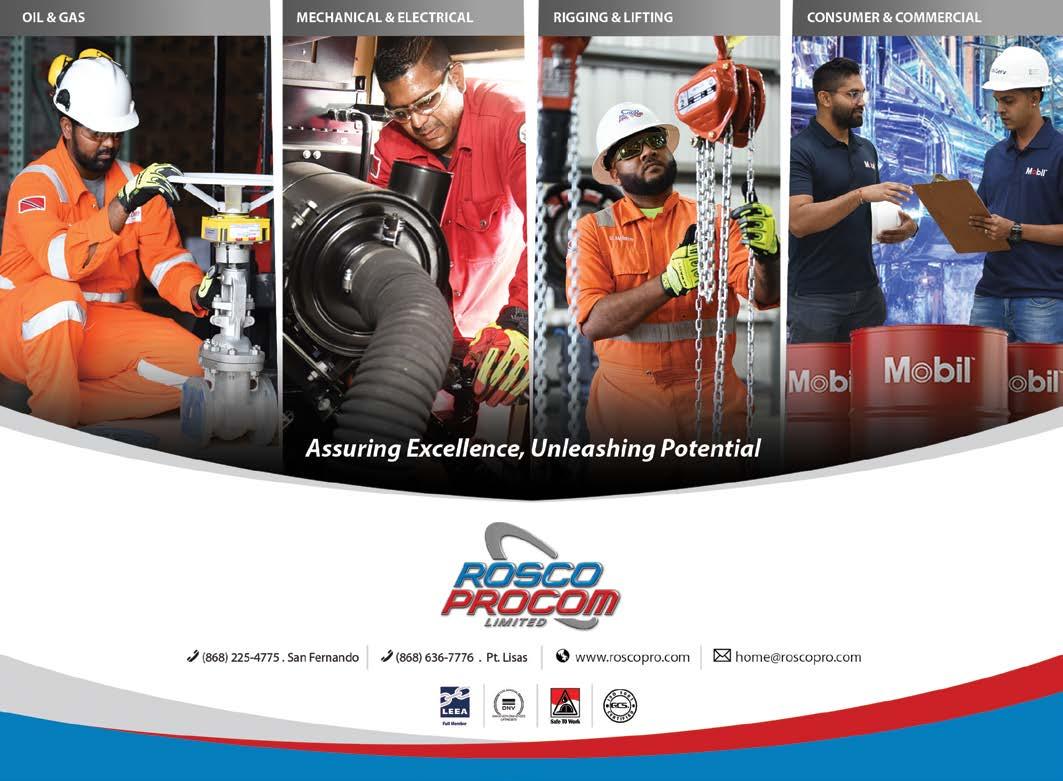
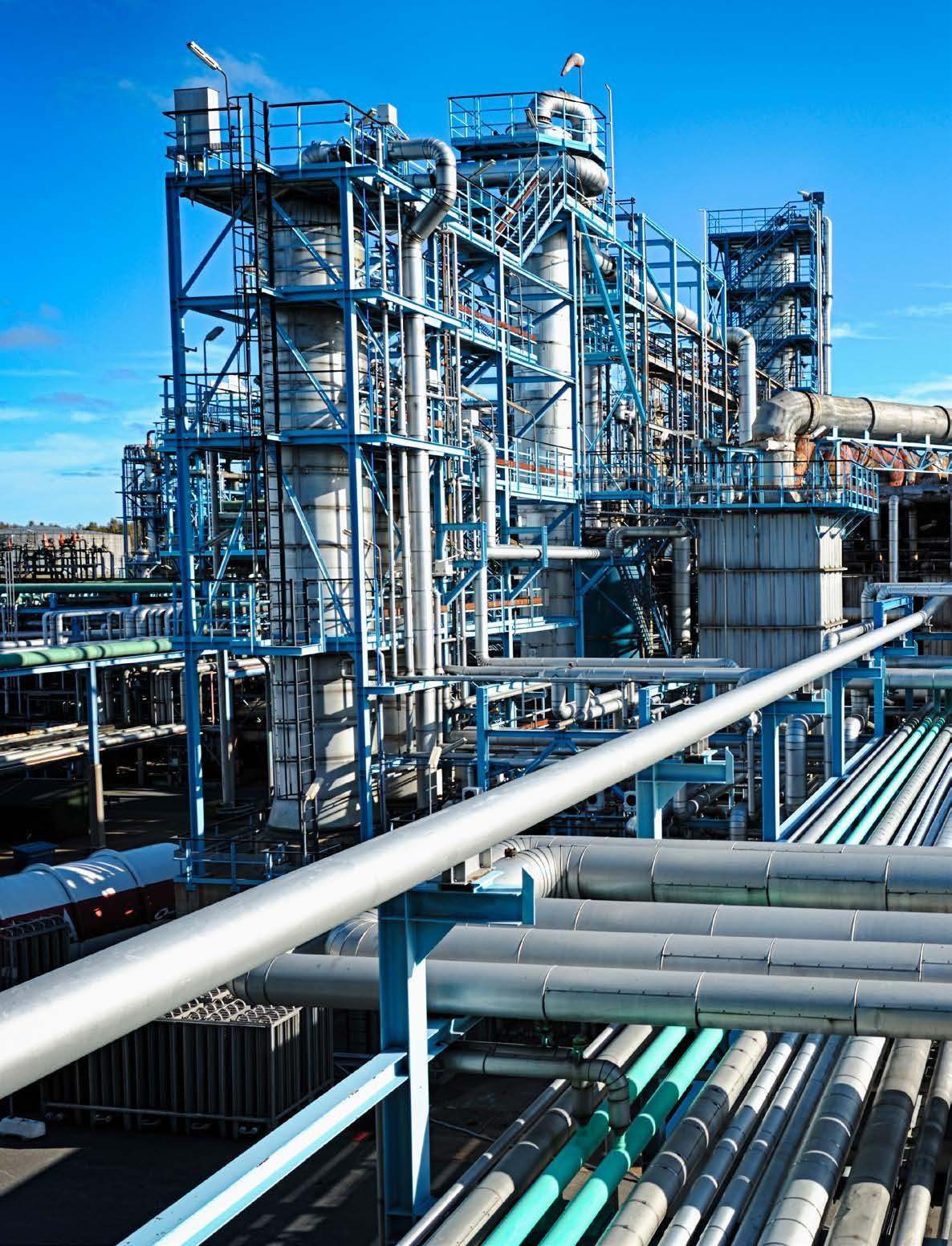
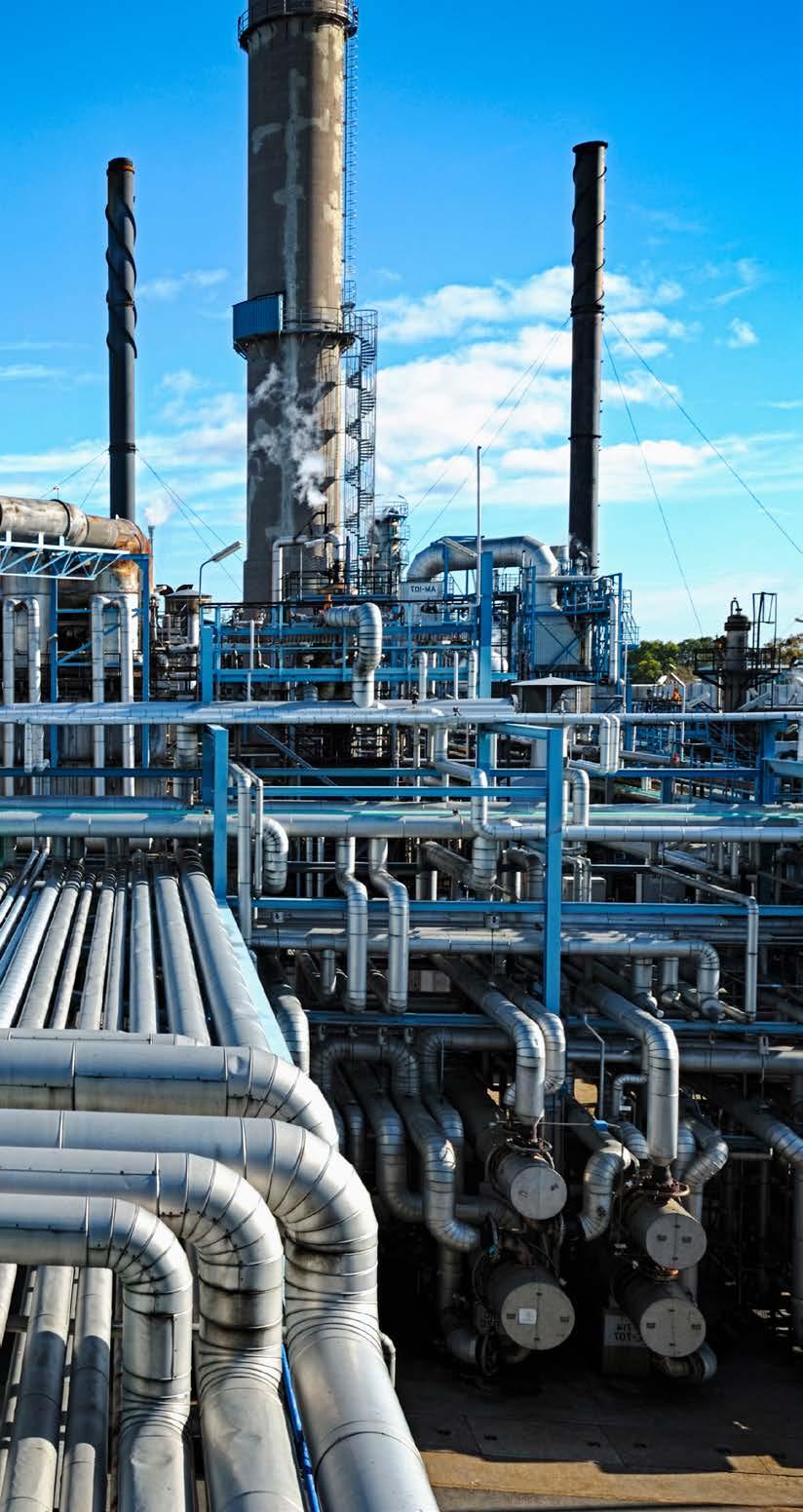
TotalEnergies is a global energy company known for its vast role across the energy industry. Today, TotalEnergies holds an expansive portfolio of 120 energy projects spanning from oil to biofuels, natural gas, green gases, renewables and even electricity. The company is focused on vital energy developments across the world that will continue to enhance the global energy sector and build its reputation as a leading international energy brand. In Angola, TotalEnergies has been a leading energy player for more than 70 years. Within the country, TotalEnergies holds a portfolio responsible for producing close to half of the country’s oil production across 4 major oil fields. For this reason, TotalEnergies has continued to develop energy projects across Angola through its experience within the deepwater sector to deliver vital oil resources for the country, whilst working towards implementing measures to meet the country’s sustainable energy future.
TotalEnergies began operations in Angola in 1953 and is now the leading oil operator in the country, with operations spanning the whole oil delivery pipeline from upstream exploration and production to downstream service stations. However, the company’s focus in recent years has been on its deep offshore operated assets, which are responsible for 45% of the country’s total oil production. With such a vast amount of the country’s oil coming from TotalEnergies projects, it’s no surprise that the company is now a vital player within the country’s energy sector, supporting its delivery of energy to the country and beyond.

One of the most notable deposits being used for the production of petroleum in Angola is the Kwanza Basin. The basin is the third largest crude producer in Africa and is located both on and offshore of Angola in the north of Cape Santa Maria. The basin is the first location that saw vital exploration for Angola’s energy sector and so remains a vital pillar of the country’s oil development and expansion. Across this basin, TotalEnergies operates several deep and ultra-deep offshore oil licenses, including 4 production vessels in Block 17. Block 17 is operated by TotalEnergies and has worked with partners Equinor, ExxonMobil, BP, ANPG and Sonangol to expand the block’s production licenses in recent years. The block, located 150 kilometres (km) off the Angolan coastline, ranges from depths of 600 to 1,400 metres (m) and has produced close to 3 million barrels of oil since it began development in 2001. The block is serviced by four floating production, storage and offloading (FPSO) units: Girassol, Dalia, Pazflor and CLOV. These FPSOs currently produce approximately 440,000 barrels of oil equivalent per day, with more than 1 billion barrels yet to be produced as of 2019.
TotalEnergies’ developments in Block 17 add to its existing developments in the Kaombo project, which first launched in 2014 as an ultra-deep offshore exploration and production project in Block 32. The project, in which TotalEnergies has a 30% stake, is unique and complex, with many of its operations taking place at depths of 1950 metres. At this depth, specialised technology is implemented by TotalEnergies to combat the extreme temperatures and pressure conditions presented whilst delivering oil production at this depth. However, this is where TotalEnergies specialises, and so it has delivered the project with advanced and innovative expertise to meet the unique conditions of operating at this depth. Furthermore, the project’s reserves are estimated to produce 658 million barrels of oil, with a 230-barrel-per-day capacity. To achieve this potential, TotalEnergies operates 59 wells across the 6 oil fields (Gengibre, Gindungo, Caril, Canela, Mostarda and Louro), which together form one of the largest subsea well systems for Angola. In turn, the development of this system reinforced TotalEnergies’ commitment to delivering ultra-deep offshore production through leading technical expertise.
To manage the capacity and control the cost of the operations, TotalEnergies built two new floating production storage and offloading (FPSO) vessels: Kaombo Norte and Kaombo Sul. Production began from Kaombo Norte in 2018 across the Gengibre, Gindungo and Caril fields, with Kaombo Sul producing oil just eight months later from the remaining Canela, Mostarda and Louro fields. Each vessel can produce 115,000 barrels per day and continues to develop the oil industry for Angola every day.
Just last year, TotalEnergies set out on a new development for Angola with the introduction of the Kaminho Project. The project is in partnership with Petronas and Sonangol, who signed a Final Investment Decision in May 2024. The project outlined would see a crude tanker converted into a FPSO unit, which would be connected to the Block 11 and Block 20 subsea production networks along the Angolan coastline. The project is set for completion in 2028 and will deliver an all-electric vessel with a capacity of 70,000 barrels per day. The project will not only expand Angola’s oil production potential for the country but will also work towards building
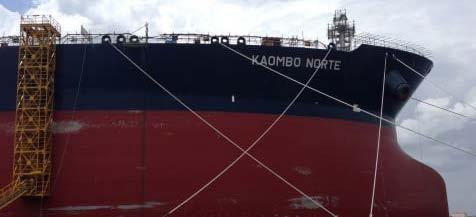
a more sustainable future through its all-electric design, which will eliminate routine flaring.
Beyond this, TotalEnergies continues to carry out several enclosed flare projects, which are currently being rolled out and examined across its FPSO operations for Angola. However, what remains vital throughout all of TotalEnergies’ operations in Angola is that each one is designed to help reduce their carbon intensity and so help deliver more sustainable energy projects. This focus on sustainability remains a key focus for TotalEnergies both in Angola and across its global operations. TotalEnergies has firmly placed sustainable development at the heart of its strategies, project delivery and operations to help contribute towards the energy sector whilst also supporting the well-being of the planet.
2024 marked a key year for TotalEnergies as it launched projects in Angola, along with those
Since 2014, GEPLI Angola has been helping small and medium- sized businesses stay up and running with expert electromechanical maintenance and power system support. From electrical installations to generator and UPS servicing, we keep your operations efficient, safe, and stress-free.
Our Key Services:
• Preventive & Predictive Equipment Maintenance
• UPS & Voltage Stabilizer Installation and Support
• Generator & Electrical System Services
• Industrial & Commercial Electromechanical Projects
Whether you're managing an office, workshop, or small factory – GEPLI ANGOLA delivers dependable service and fast response across Angola.
CONTACT US TODAY
Bairro Nelito Soares, Rua C - 6, Casa nº10w comercial@gepliangola.co.ao | (+244) 222 730 566 | gepliangola.co.ao
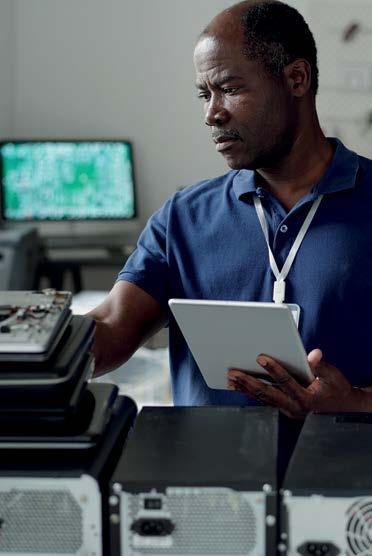
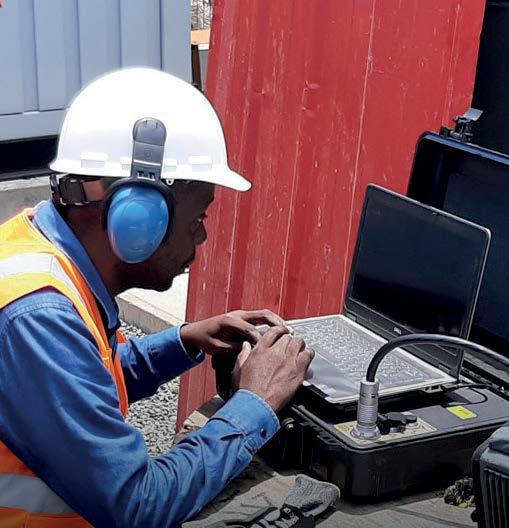
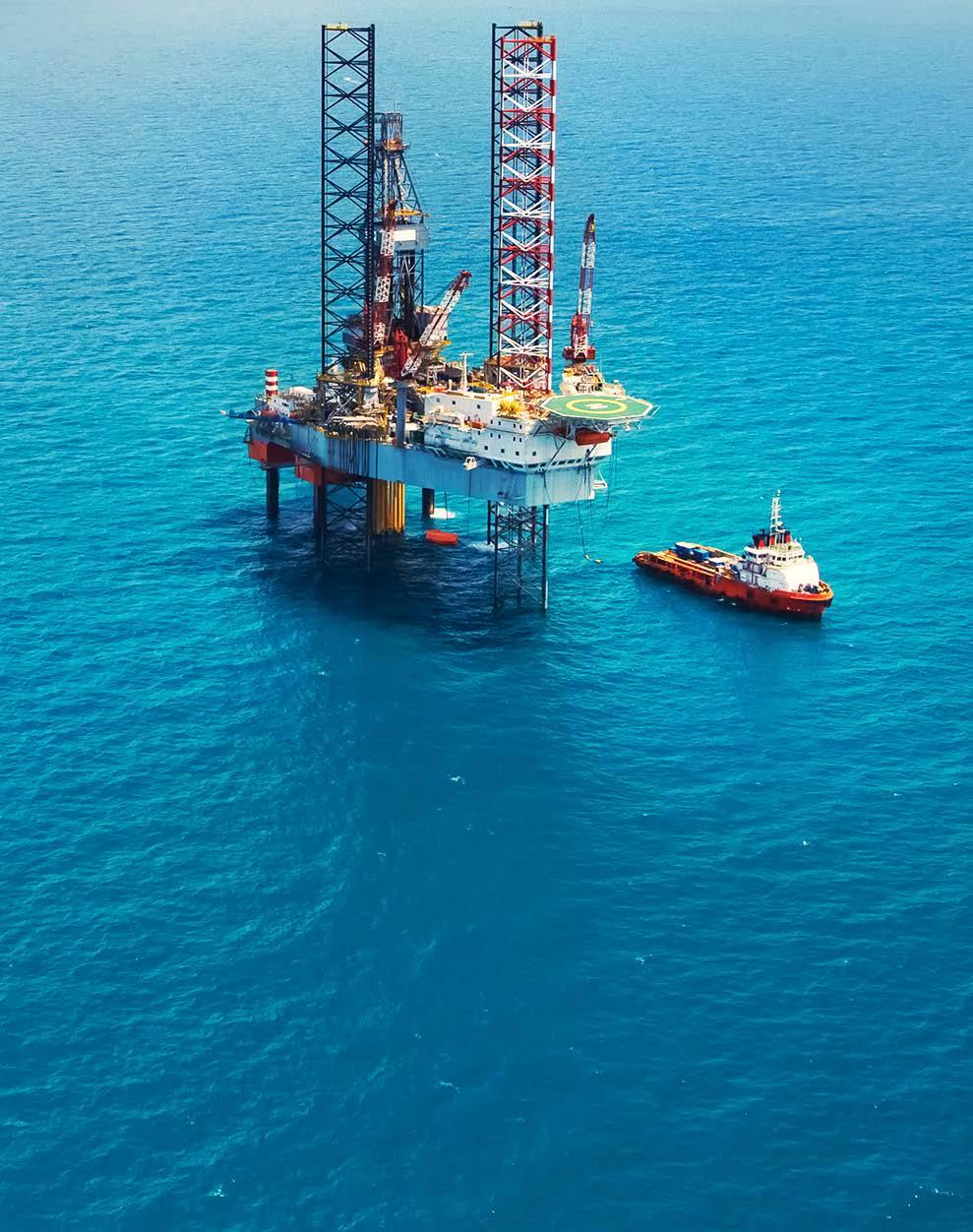
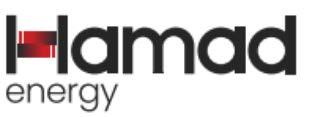
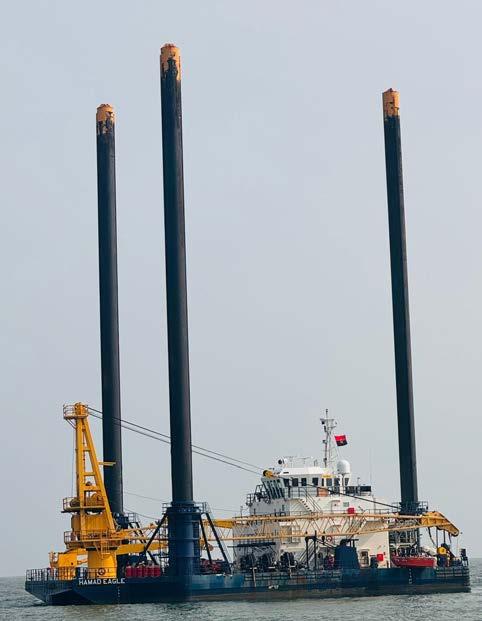
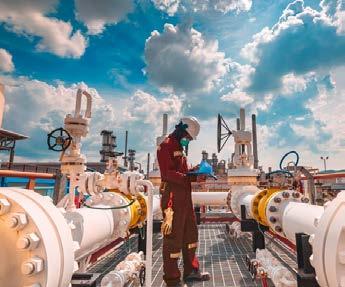
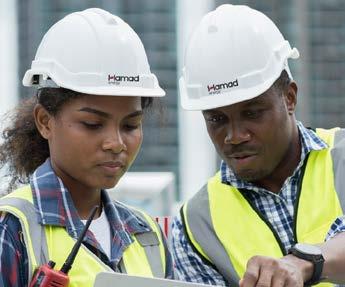
Your trusted leader in Angola’s Oil and Gas industry, offering innovative and reliable solutions tailored to the sector's dynamic needs.
We specialize in end-to-end project execution across EPCI, offshore operations, and marine solutions. From cutting-edge technology interventions to safe, sustainable practices, Hamad Energy enhances performance, safety, and efficiency for offshore oil and gas operations.
OUR EXPERTISE INCLUDES:
• P&A Operations
• Decommissioning Services
• Supply of Chemicals and Associated Services
• Engineering, Procurement, Construction And
• Installation Services
• Subsea Operations (including ROVs and Diving)
• Marine fleet supply services
• Installation, Maintenance and Repair Services
WHY PARTNER WITH HAMAD ENERGY?
We collaborate with leading multinationals and uphold the highest national and international safety and quality standards. With over a decade of experience driving key structural projects, Hamad Energy remains committed to delivering excellence, innovation, and sustainability in every solution we provide.
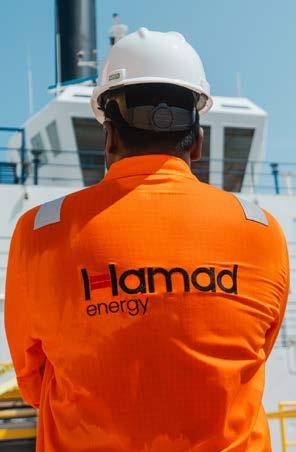
CAN West Africa, an integral part of CAN Group, delivers a comprehensive range of engineering and inspection solutions across the energy industry.
Solutions-driven and always aiming to exceed client expectations, CAN West Africa is committed to servicing the integrity, maintenance and operational needs of the region’s energy industry, adding value through smart solutions and a fully optimised service delivery.
CAN has had continuous presence in the region since 2004, servicing a number of oil and gas operators safely and efficiently. Our team are integral to this; an empowered, integrated and experienced workforce who continually provide high-quality services focused on driving exceptional outcomes.
A local company with a global reach, CAN West Africa is your trusted partner for asset integrity.
in Suriname and Brazil, all of which have a lower emissions intensity than the average seen across the global TotalEnergies portfolio. The company also shut down two gas turbines in Angola last year across Block 17 (Dalia and Pazflor), which has reduced carbon dioxide output by 29 kilo tonnes of carbon dioxide equivalent (kt CO2e/year), saving 13 cubic millimetres per year (Mm3/year) of fuel. By saving energy across its operation, TotalEnergies can contribute to the collective effort for energy efficiency, which in the process helps to reduce greenhouse gas emissions and lower costs for its projects in the process too.
For TotalEnergies, Angola provides an expansive and exciting development location where it has continued to bring vital resources to market through its innovative offshore exploration and development projects. However, across these projects, we have seen a keen focus towards sustainability, as TotalEnergies works to move the company’s operations towards a more greenhouse gas-reduced future. Therefore, through TotalEnergies’ work with vital local and global stakeholders within the energy sector, the company is leading the way towards delivering the vital energy resources needed for Angola, whilst working to protect the planet at the same time.
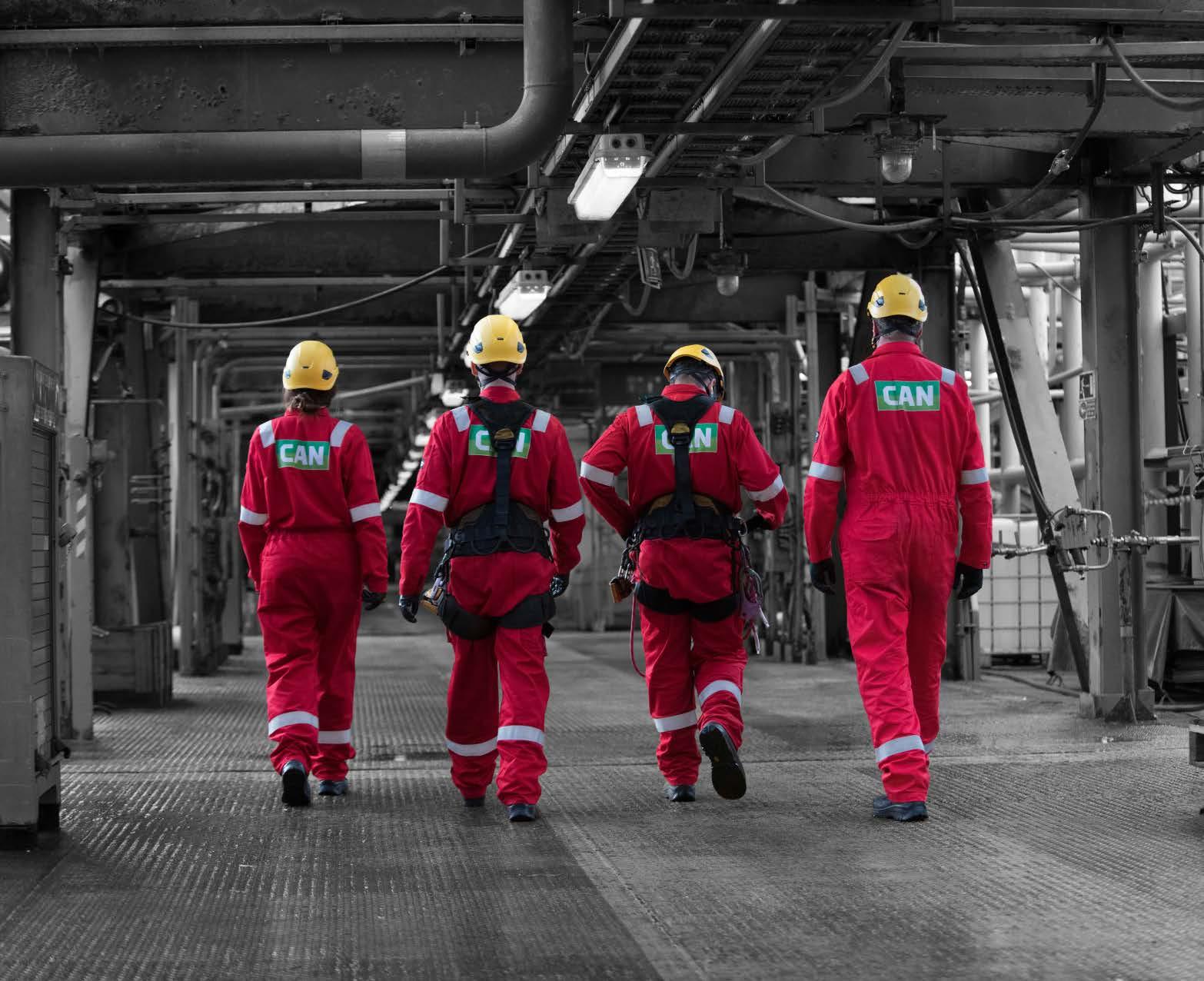
Delivering market-leading engineering and inspection solutions to enhance asset integrity, ensure safety and drive operational success
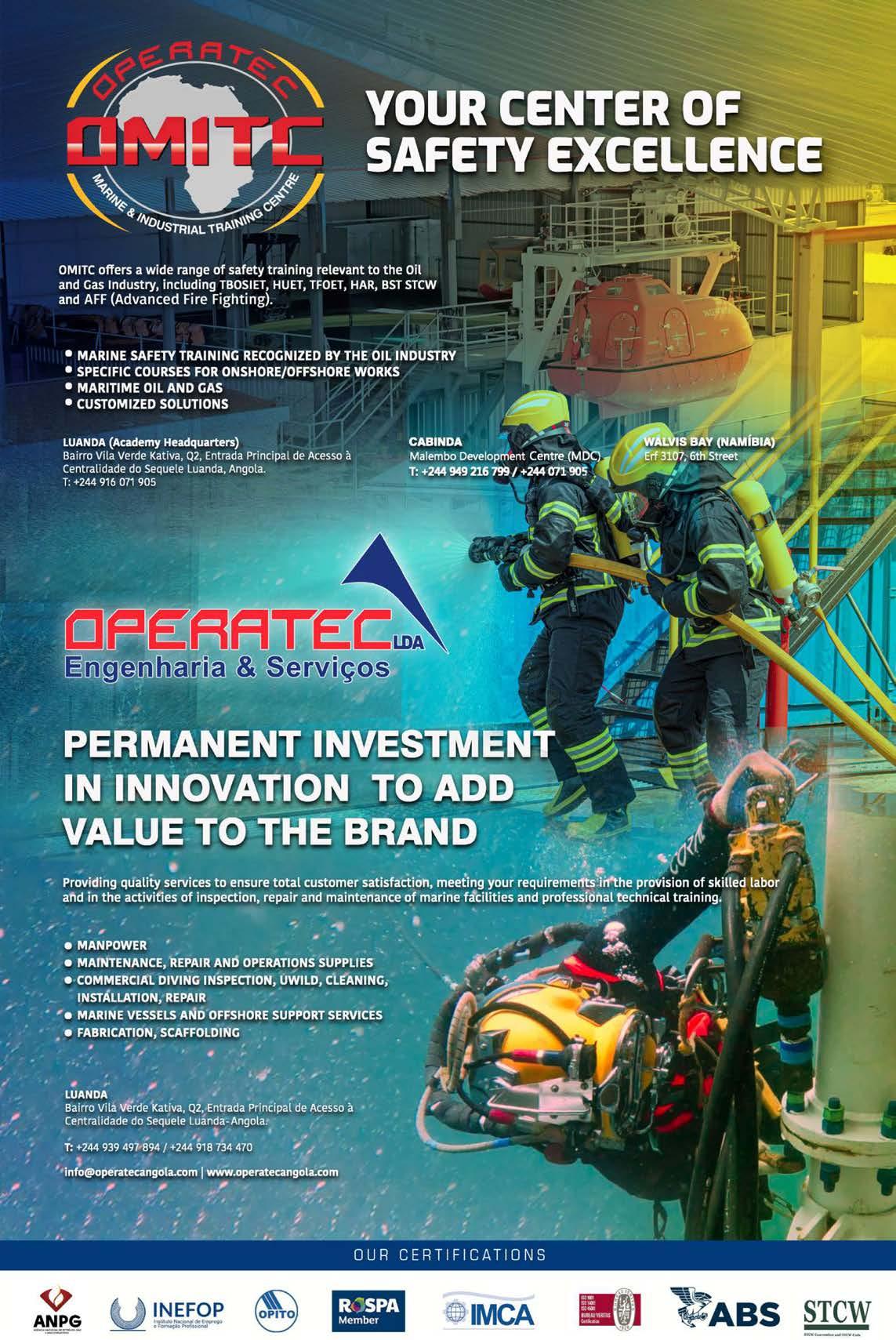
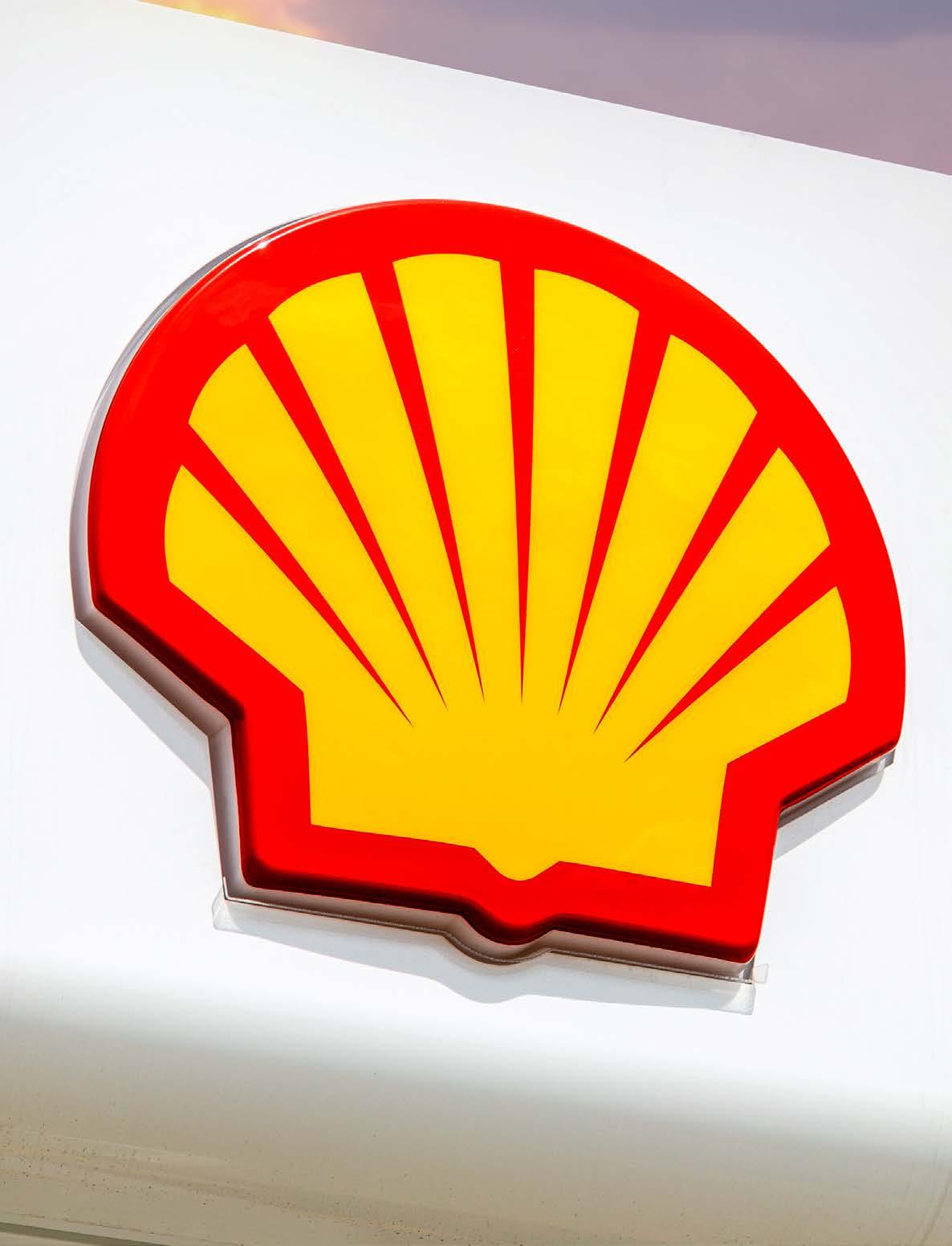

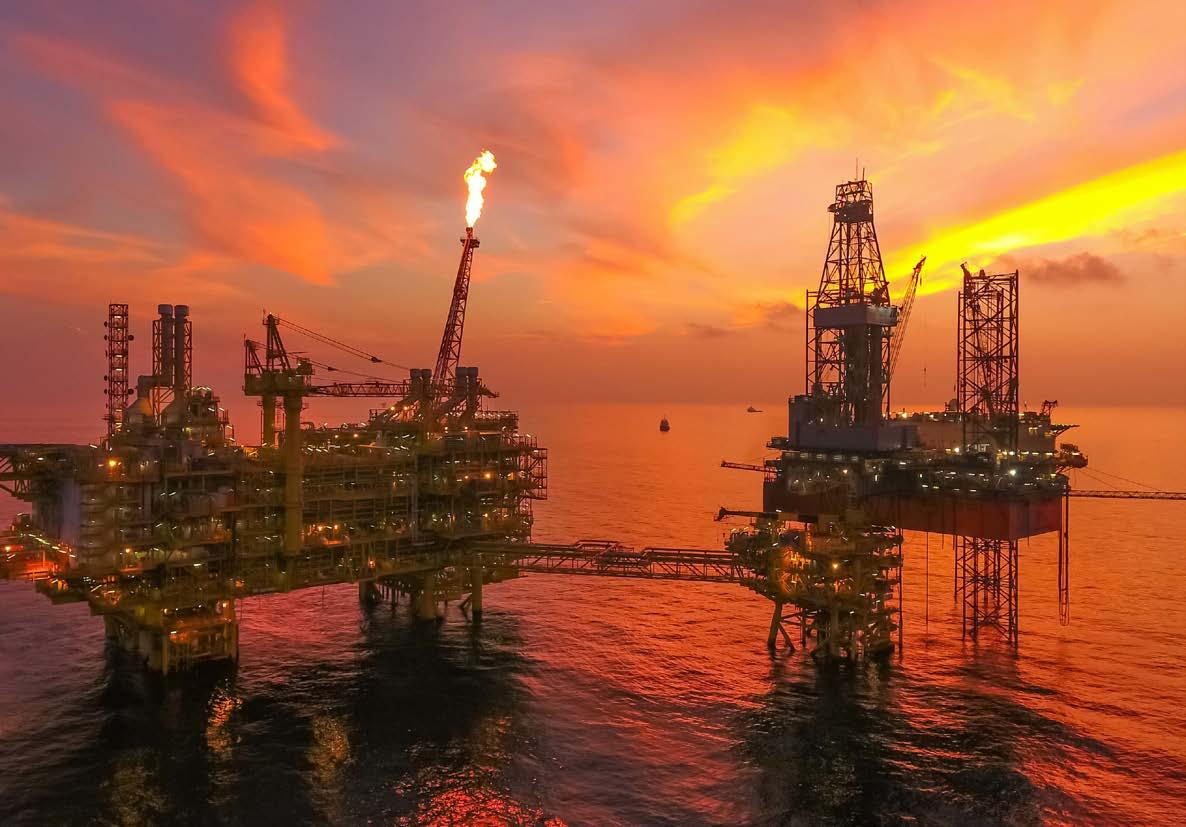
Shell is present in more than 70 countries worldwide using leading technology and its innovative approach to develop a more sustainable energy future. For Shell, its primary mission is to meet the energy needs of society in a manner that prioritizes the economic, social and environmental impact of energy generation, now and for the future. One of the key focuses for its developments over the last 50 years has been in Nigeria, where Shell has been at the forefront of the country’s oil and gas development. With almost 90% of Nigeria’s export income, and 75% of the country’s overall government revenue coming from the oil and gas sector, Nigeria, with the help of Shell, is primed to deliver significant energy for the country for many years to come.
Shell has been in operation in Nigeria for more than 50 years with its first developments beginning in 1937. Over the years, Shell has been vital in delivering pioneering onshore, shallow and deep-water oil exploration and production projects. These projects are delivered by one of the four subsidiary companies as part of Shell Companies in Nigeria which collectively contribute majorly to the economy thanks to the energy they produce and the revenue this generates for the country. Aside from the development of energy, these companies are also vital in supporting the supply chains, local content and social investment of the country’s energy industry.
The largest Shell company in Nigeria is Shell Petroleum Development Company of Nigeria Limited (SPDC), a joint venture between Shell and the government-owned Nigeria National Petroleum Corporation (NNPC). As part of the SPDC JV, NNPC holds a 55% share, with SPDC holding 30%. The remaining shares are owned by Total E&P Nigeria (10%) and ENI-owned Agip Oil Company Limited (5%). SPDC was responsible for producing the country’s first commercial oil exports in 1958. Today, the joint
venture is focused on onshore and shallow water developments to produce oil and gas in the Niger Delta, with assets spanning 50 oil-producing fields. Across these assets, SPDC JV has a network of 5,000km of oil and gas pipelines and flowlines, 5 gas plants and two major oil export terminals. For deepwater oil development, Shell holds 100% interest in Shell Nigeria Exploration and Production Company (SNEPCo) which has focused its development primarily on the Bonga Field. Across the Bonga field, Shell is responsible for the production of more than 200,000 barrels of oil per day (bpd) and 10 million standard cubic feet of gas per day (mmscf/d). As the first deepwater development for Nigeria’s oil and gas sector, Shell has played a key role in pioneering this industry for the country, which in 2005 saw Shell increase the country’s offshore capacity in Bonga. Today, almost a third of Nigeria’s deep-water production comes from the Bonga and Erha oil fields, reaching depths of more than 1,000 metres.
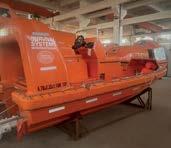
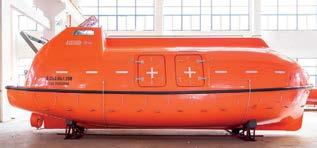
Keeping Lifeboats Operational, Safe & Compliant for 50+ years
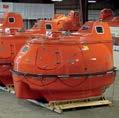
For over 50 years, Survival Systems International (SSI) Africa has been a trusted leader in lifeboat safety, offering comprehensive services including multi-brand lifeboat inspections, maintenance, and repairs. Our patented Triple5LX hook system and ISO-compliant practices ensure your crew’s safety and compliance with international standards.
Services include: Maintenance & Inspections • Repairs & Refurbishments
• Load Testing • Hire Equipment • Life Rafts
Ensure your lifeboats are always operational and compliant. Partner with SSI Africa for unmatched safety and reliability.
T: +234(0)8106687469 richard.omokri@ssiwa.com.ng survivalsystemsinternational.com

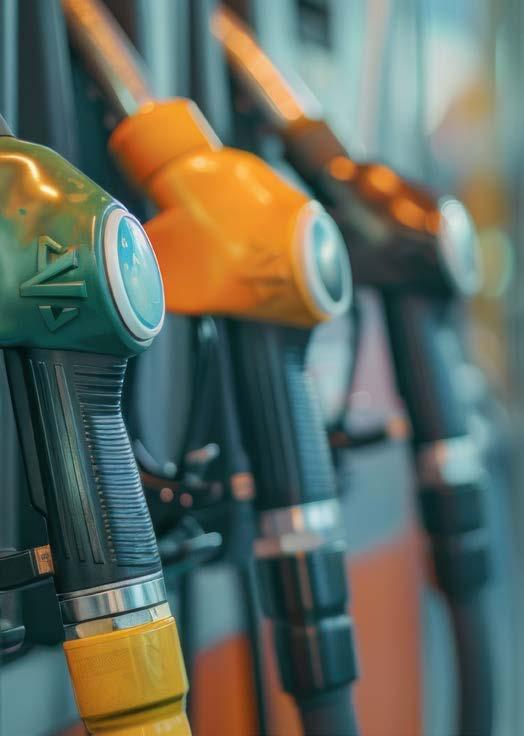

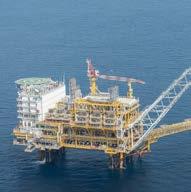
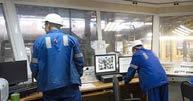
BQub Engineering Services Ltd. has provided top notch Automation Solutions to clients in diverse industries for over two decades since it’s inception.
BQub Engineering Services Ltd. delivers top-tier engineering services in Industrial & Process Automation, Instrumentation, Power Electronics, and ICT.
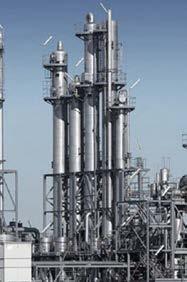
Key Offerings and Commitments:
• Control system design & commissioning
• Skilled support for turbines, compressors & treatment plants
• System upgrades & multi-vendor integration
• Supply of panels, instruments & software
• On-site support & consultancy services
Trusted. Experienced. Reliable. Partner with BQub – Your One-stop Solution in Automation! Contact us today!
+234 9023007613, +234 8070809011 Email: Inquiry@bqubservices.com Web. www.BQubservices.com
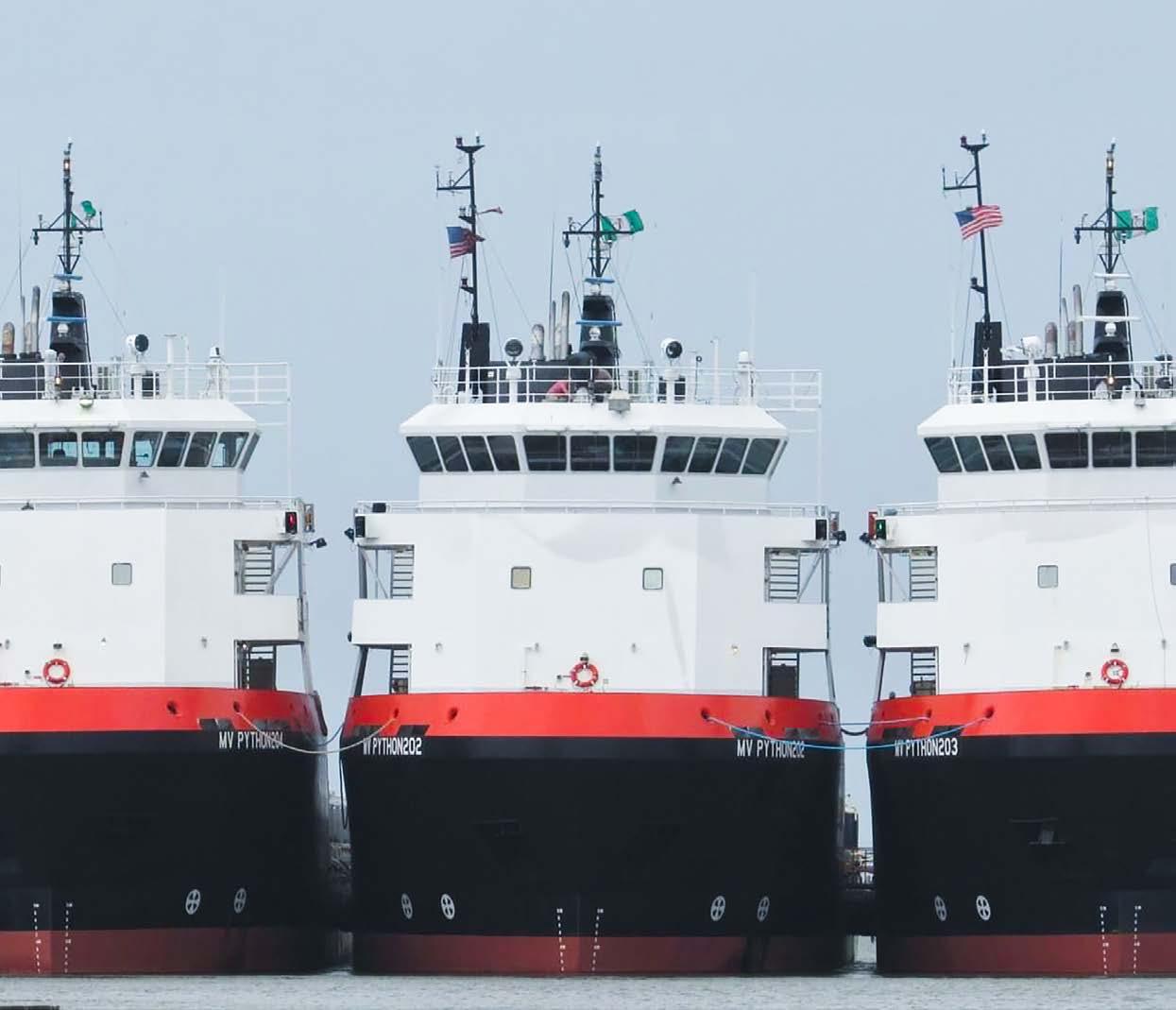
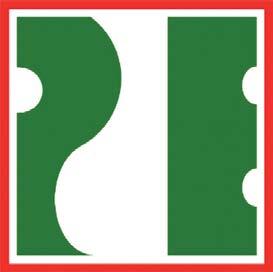
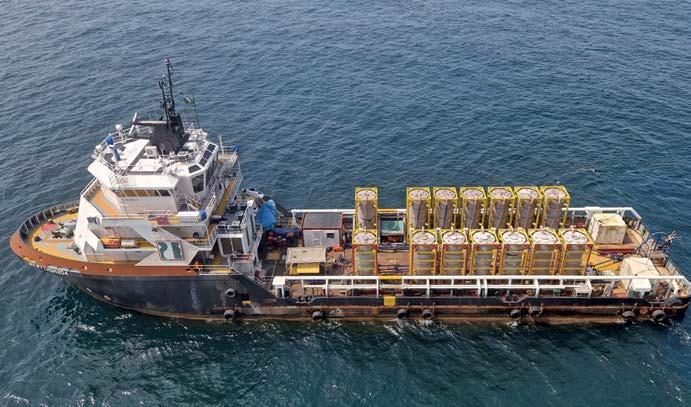
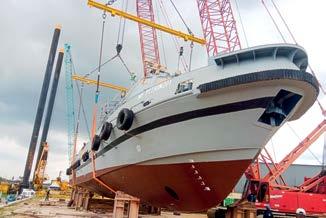
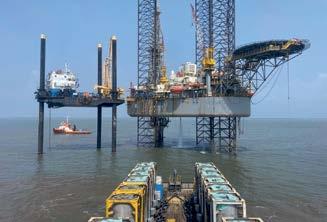
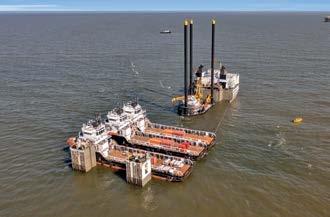
For over four decades, Python Engineering Company Ltd. has set the standard in West Africa’s marine sector. Operating from its expansive 9-acre marine base in Warri, Nigeria, Python Engineering offers a full suite of marine services—from vessel construction and dry-docking to steel fabrication and offshore support.
Boasting one of Africa’s most diverse and modern fleets, Python’s vessels are built to exacting European & US standards and are tailored for the demanding conditions of both inland and offshore operations.
OUR SERVICES INCLUDE
MARINE SERVICES
From the maintenance of marine vessels, barges and tugboats in her shipyard at 47 Enerhen road, Warri, in the early 90s, PECL has acquired a vast experience in shipyard services and then progressed to the construction of different marine vessels, such as houseboats, ramp barges, flat top barges, fuel barges, water barges, dredgers, pontoons, offshore and onshore Port A Cabins and even tugboats. PECL provides wide range of offshore support services in the oil and gas sector from the logistics and transportations to security patrol services to supporting rigs in their daily drilling operations through provision of various types of offshore vessels
CIVIL & CONSTRUCTION SERVICES
Our Civil design and construction team has executed several projects starting from residential projects, roads & infrastructure, helipads and runways, office complex buildings, to integrated projects ( as Field logistics bases and plant buildings)
Python Engineering Company Ltd has combined its expertise both in marine & civil services and has designed, fabricated, installed and executed several camps both on land and on offshore barges and locations by construction of accommodation units, office units, kitchen and messing units, recreational units, self-contained toilet units and technical units.
FACILITIES MANAGEMENT & MAINTENANCE SERVICES
Python Engineering Company Limited is a leading Facilities Management & Maintenance Services Company; since incorporation PECL was & still rendering her services successfully to the Major Oil & Gas Companies with the highest safety standards.
Whether it’s accommodation barges, tugboats, or offshore logistics vessels. Python ensures every asset delivers comfort, safety, and efficiency.
Trusted by leading IOCs, energy and infrastructure firms, Python Engineering is more than a marine services provider—it’s a strategic partner powering progress across the continent.
Partner with Python Engineering for reliable, stateof-the-art marine services tailored to your project’s needs. Explore our capabilities and discover how we can support your operations.
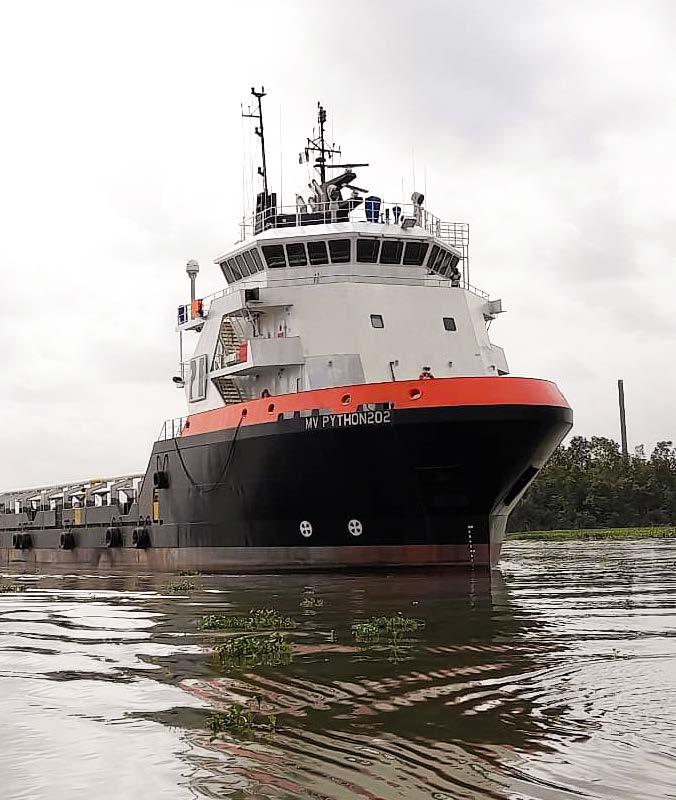

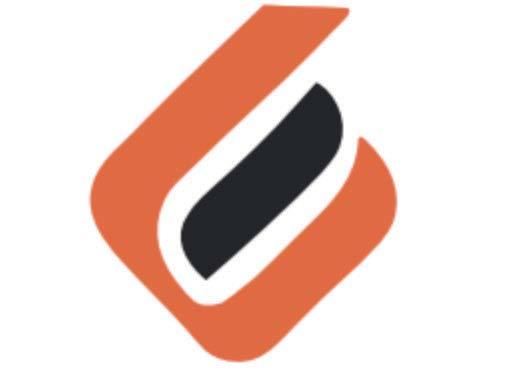
Elshcon Nigeria Limited has since 1990 been the go to ISO 9001:2015 ‑ certified partner for Integrated Maritime Logistics, Steel Fabrication and Construction company servicing both the energy and non‑oil sectors of the economy.
WE DELIVER WITHOUT COMPROMISE
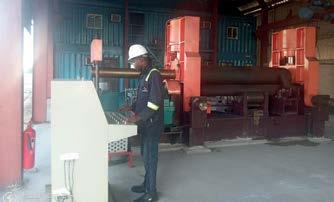
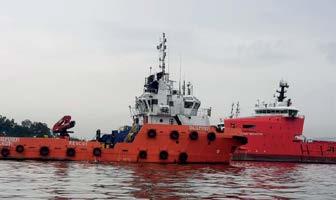
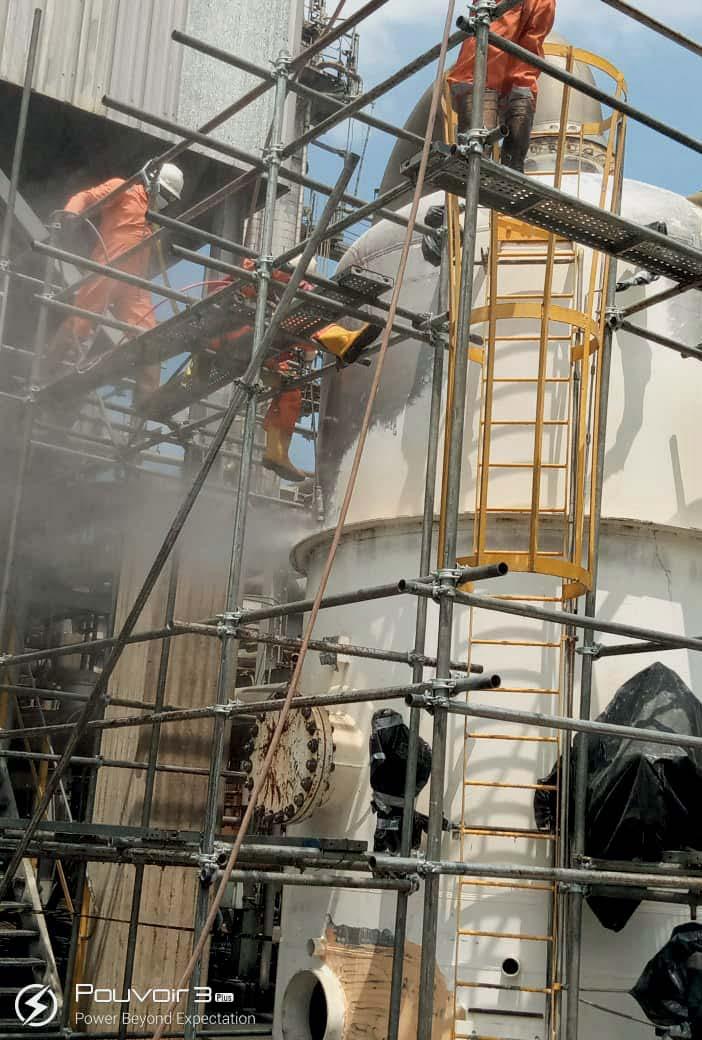
OUR SERVICES INCLUDE:
• Steel Fabrications/Construction & Maintenance Facilities & Pipelines Solutions
• Marine Solutions; Inland Marine Vessels and Machineries/Equipment
• Tugboats, Barges & House Boats Charter. • Machineries & Equipment Supply
• Offshore Marine Vessels: Offshore Barges, AHTS, PSVs, LHT & Security Vessels, Utility Vessels Charter, etc. Marine Logistics & Offshore Support
• Supply Base Solutions • Lifting Solutions – Cranes & Forklifts
• Ship Building, Ship Repairs & Dry docking Solutions, etc.
• Anchors, Chains/Shackles, Deck and Fendering Solutions
CORPORATE OFFICE: Deborah Lawson House Plot F6 Abacha Road, GRA, Phase III, Port Harcourt, Rivers State, Nigeria.
FABRICATION / SUPPLY BASES: 11, Trans Woji Road & #7 Elshcon Road, off #3 Trans Woji Road, Trans Amadi Industrial Layout, Port Harcourt, Rivers State, Nigeria.
LAGOS OFFICE: 33 Kofo Abayomi Street, Victoria Island, Victoria Island, Lagos State, Nigeria.
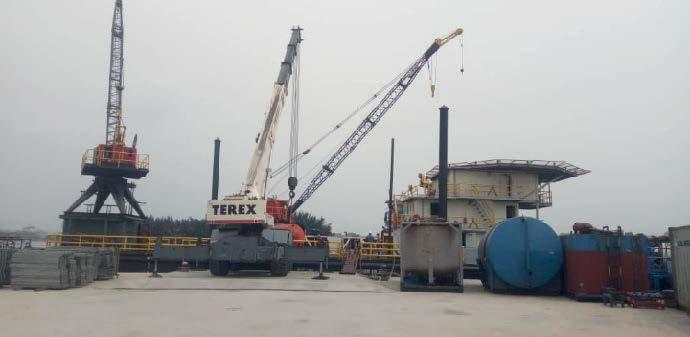
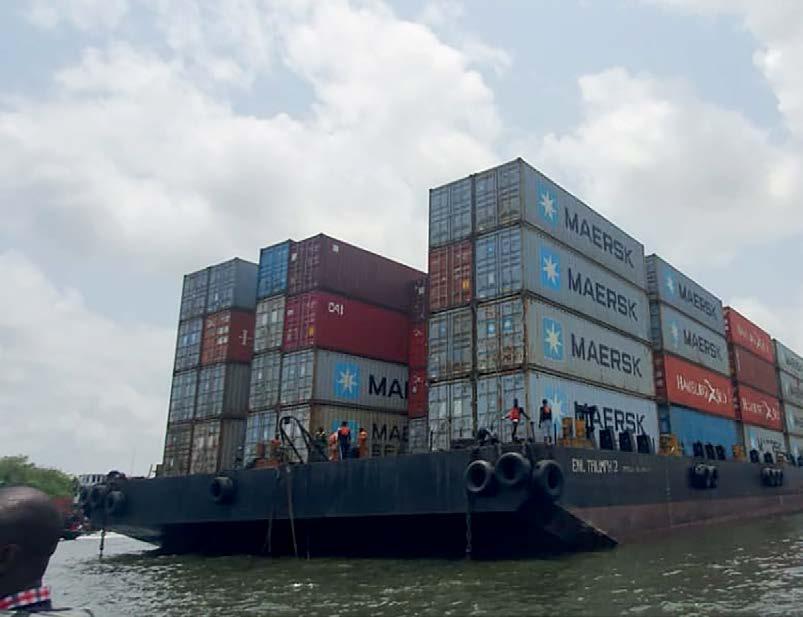

In 2014, SNEPCo continued its expansion of the country’s deepwater developments with the establishment of additional deepwater developments in Bonga North West. These offshore deepwater projects have been vital to the social and economic development of Nigeria, with the developments delivering much-needed employment, training and business opportunities for local people. In fact, the Bonga Field developments have helped establish the first generation of Nigeria’s oil and gas engineers with experience in deep water development.
For gas development, Shell Nigeria Gas (SNG) is the only international oil and gas company established as a gas distributor to industry customers across Nigeria. SNG, incorporated in 1998, has spent more than 25 years focused on the downstream distribution of gas to industries across Nigeria. The company provides manufacturing and industrial customers with access to a clean, reliable and lowcost alternative to liquid fuel. To achieve this, SNG operates a growing world-class gas transmission and distribution network spanning 138km of the country. In recent years, SNG has been focused on a growth phase, and so in recent years has expanded its gas distribution capacity by over 150%. Its network is now able to distribute over 150 mmscf/d of dry
processed gas to more than 300 industrial customers nationwide, with more than 100 industrial customers already connected to its gas grids.
To help support SNG’s networks, the company has built strong relationships with virtual pipeline operators, which are focused on developing compressed natural gas and miniLNG grids across the country. By working closely with these operations, SNG can continue to deliver vital energy infrastructure to meet the needs of the country, and in turn bring more social investments into the local communication through its value chains, revenues and employment opportunities. For this reason, SNG has established itself with a firm identity as a safe and credible gas distributor.
The final company operating under Shell Companies in Nigeria is Nigeria LNG Limited (NLNG). The company is a joint venture with Shell holding 25.6% share, and NNPC, Total E&P Nigeria and ENI holding 49%, 15% and 10.4% respectively. The focus of its operations centres around the NLNG Plant on Bonny Island, where the facility has 5 processing
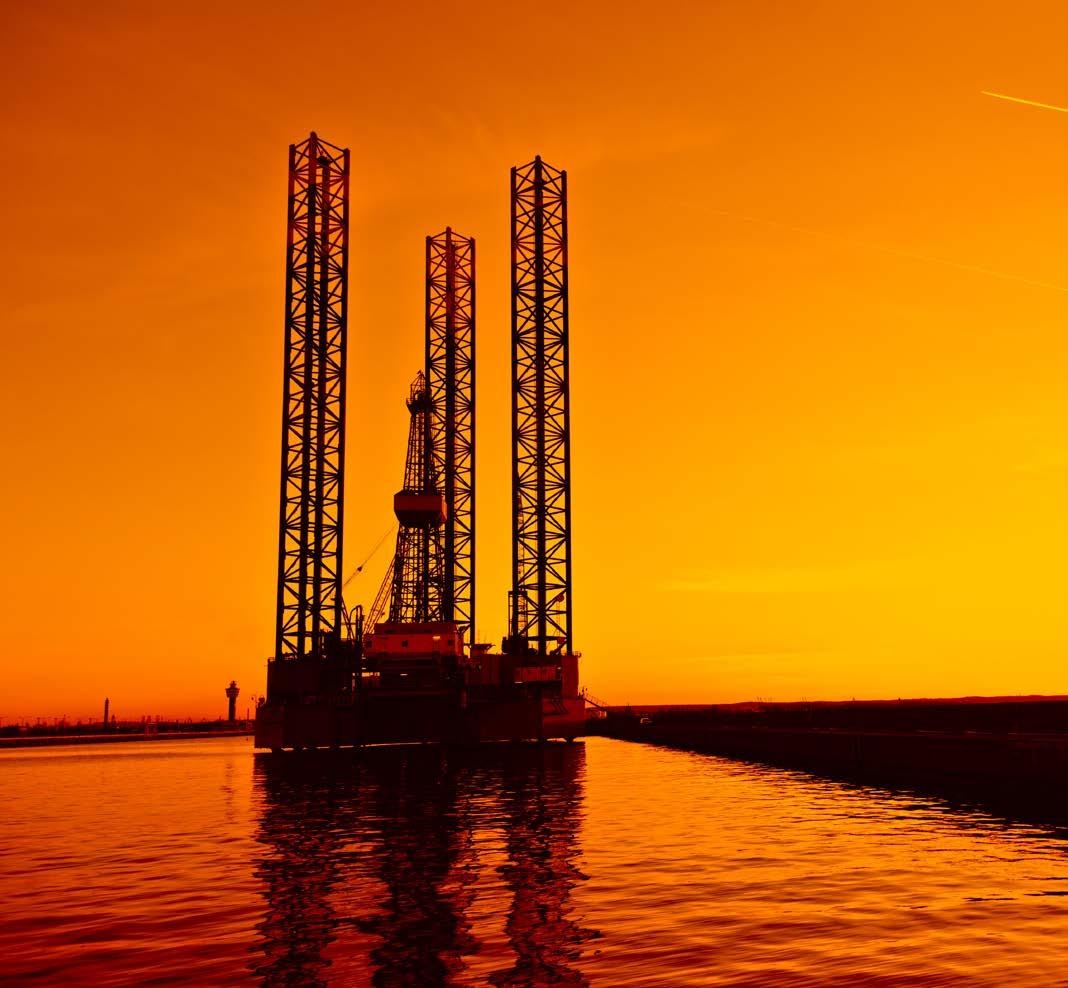
units with a total processing capacity of 22 million tonnes a year of LNG. In addition to this, the facility can produce up to 5 million tonnes of natural gas liquid (liquefied petroleum gas (LPG) and condensate). The facility is responsible for powering more than 200,000 homes and businesses on Bonny Islands, through a rural electrification scheme, Today, NLNG accounts for approximately 7% of the world’s total LNG supply, highlighting the valuable role Nigeria and Shell play in delivering this vital energy to market for a more sustainable future.
In recent months Shell completed the sale of SPDC to a consortium called Renaissance for $1.3 billion. The divestment of SPDC is set on helping Shell simplify its presence in Nigeria, through its exiting from the onshore oil production in the Niger Delta. Instead, its focus for the future would remain on investing and developing Nigeria’s deepwater and integrated gas positions. Renaissance,
renaming SPDC to Renaissance Africa Energy Company (RAEC), will therefore take over Shell’s previous 30% stake in the joint venture, leaving the company now owned by Renaissance, NNPC, Total E&P Nigeria, and Agip Energy.
Across Shell’s operations in Nigeria, there is a keen focus on making the most of the country’s oil and gas reserves to serve the people and economy of Nigeria. With every aspect of the oil and gas development sector focused on delivering vital resources, Shell continues to invest in people and businesses across Nigeria delivering a better future for the country both now and in the future. With the announcement of the divestment of SPDC to Renaissance, we look forward to seeing how Shell will continue to expand its deepwater and integrated gas positions across Nigeria to deliver vital resources for the future of energy development.

Strategic Business Units (SBU)

ENGINEERING


CONSTRUCTION & MAINTENANCE
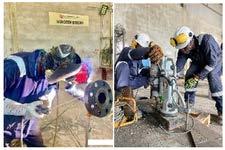
Process Design
HAZOP/SIL Review
Mechanical Design/GADs
Structural Design/3D Modelling
Piping Design
Instrumentation Design
Shop fabrication (Steel & Copper Nickel welding)
Blasting, painting, installation, construction, and commissioning for onshore and offshore operations
Facility upgrades, modifications, and operational maintenance




ACCREDITATIONS / CERTIFICATIONS
Our Mangement System Conforms To The Following:
Accredited to ISO/IEC 17025:2017
Certified to ISO 9001:2015
Certified to ISO 14001:2015
Certified to ISO 45001:2018

INSTRUMENTATION & CONTROLS

Instrumentation
Control Safety Systems (DCS and ICSS)
Energy and Transport System (ETS)
Process Systems and Solutions (PSS)
Reliability Solution (RS)

TESTING & CALIBRATION LABORATORY
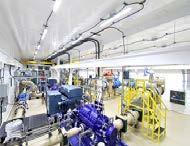
ASSET INTEGRITY MANAGEMENT


Flow Metering Service
Instrumentation & Laboratory
Calibration Services Process Automation Services
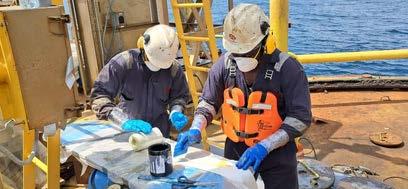
Longevity and reliability of critical assets
State-of-the-art technologies
Sustainable Industry-approved Methodologies









Corrosion control and mitigation Leak detection and repair. Production Operation & Lube oil flushing Flange Management Services Torque & Hot Bolting Services

Corporate Office
3A Sule Onabiyi Street, off Christ Avenue, off Admiralty Road, Lekki Phase 1, Lagos State enquiries@eatlng.com +234 (0) 901-033-6048
Project Office No. 5 Apagodo Street, off Ada George Road, Port Harcourt, Rivers State, Nigeria
enquiries@eatlng.com +234 (0) 901-033-6050
Operational Headquarters

Ikot Udoma - Ataidung Road, Eket, Akwa Ibom State, Nigeria.
enquiries@eatlng com +234 (0) 810-337-5124 USA Office 15915 Katy Freeway Houston, Texas 77094, USA
info-us@eatlng.com +1 (404) 721-7052
Written by Carley Fallows
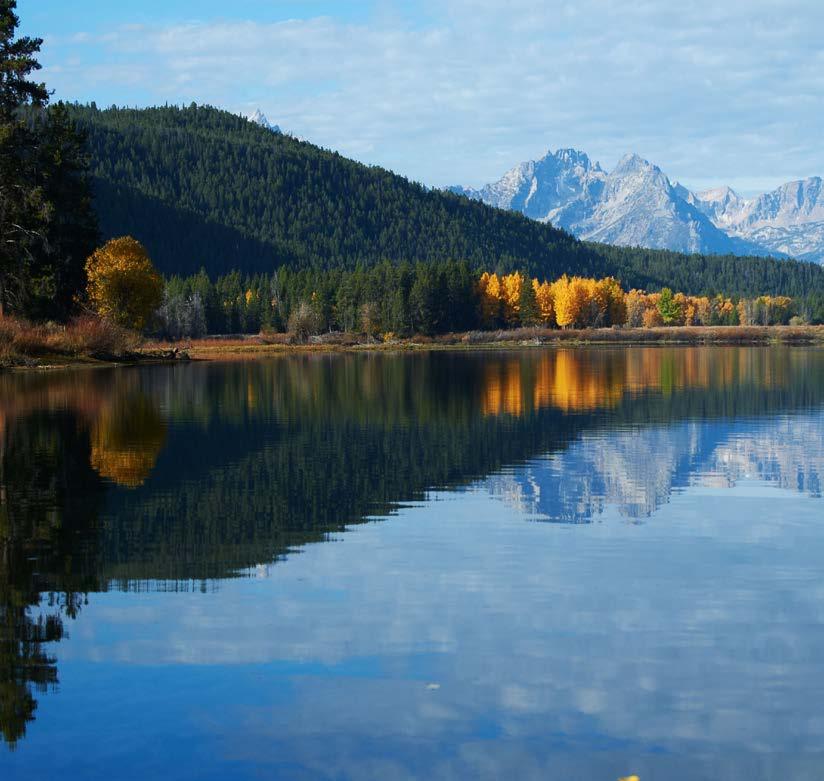
Known for its wildlife and geothermal features, Yellowstone National Park spans 3,468.4 square miles of land extending across Wyoming, and into Montana and Idaho. The park is the first national park in the US, having been established through the Yellowstone National Park Protection Act in 1872. With such an expansive area and natural beauty, visitors travel from all over the world to visit and hike through the park’s various trails. However, one of the most notable features of the park is that it is home to the Yellowstone Caldera, part of the largest supervolcano on the continent, which is responsible for the iconic geysers and hydrothermal features that attract so many people to the park.
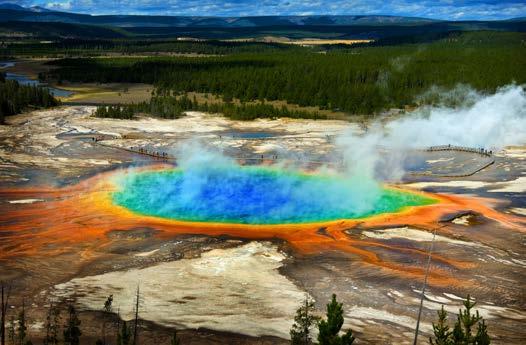
Aurora can be seen near both the north and south poles, however, in the south, it is called the aurora australis. For millennia, the lights baffled humans as they tried to understand what caused this light spectacle. The answer comes from the sun. Solar storms on the sun’s surface cause large waves of electrically charged particles to travel millions of miles into the solar system. Many of the particles are deflected away from Earth, but sometimes they become captured in the Earth’s magnetic field and quickly are pulled into the atmosphere and towards either of the Earth’s poles.
Across the Yellowstone’s 2.2 million acres, visitors can see the likes of bison, elk, grizzly bears, a plethora of bird species and even grey wolves, as well as various other mammals and reptiles. The park is known for its bison herd, which is one of the oldest and largest public bison herds in the United States. For this reason, the Yellowstone ecosystem is vast, boasting to house the largest concentration of mammals in the lower 48 states. Aside from animals, the forest and grasslands provide ample space for a variety of unique species of plants. Thus, with so much land to explore, tourists love to make the most of many activities, including hiking, camping, boating and fishing across the park to see this rich ecosystem at work.
One of the most interesting features of the park is Yellowstone Lake, which is located 7,732 feet above sea level, making it one of the largest

freshwater lakes above 700 feet in North America. To the southwest of the Lake lies the West Thumb Geyer Basin, which is what draws many tourists to the lake every year. The basin causes geysers, fumaroles and hot springs to occur alongside the lake. The most well-known is the Old Faithful geyser, which is a cone geyser that has erupted predictably for many years. Roughly every 44 minutes to 2 hours, the geyser will erupt, sending 3,700-8,400 gallons of boiling water soaring into the sky over a couple of minutes up to 184 feet. Other notable geysers in the park include the Steamboat Geyser, which can shoot water up 300 feet but is largely unpredictable, and the Beehive Geyser, Castle Geyser, Great Fountain Geyser and the Daisy Geyser. With more than 500 geysers across the region, it is the world’s greatest geyser area, and adds to the hydrothermal hot springs, mudpots, and fumaroles caused by the geological makeup of the park.
Within the Yellowstone National Park lies the Yellowstone Caldera, an enormous crater in the western-central part of the park. The Caldera was formed around 640,000 years ago following a cataclysmic volcanic eruption and formed part of the supervolcano that extends across Yellowstone Park. The volcano went through three giant eruptions, which created the three calderas that make up the supervolcano today. The first eruption was 2,100,000 years ago, and the second was 800,000 years later. The Yellowstone Caldera is the youngest of the three calderas, but is the largest,
with the depression measuring 50 by 70 kilometres across. Despite its size, the Yellowstone volcano is dormant, with the last lava flows taking place around 700,000 years ago. Scientists across the park constantly monitor the volcano for any slight change or signs that could signal a future eruption. Whilst an eruption is very unlikely, as the last major eruption occurred some 640,000 years ago, there always remains the possibility that we could see eruptions in the future.
The Yellowstone National Park remains a natural wonder, where wildlife, beautiful scenery and interesting geology come together in one unique landscape. One of the best ways to see the park is across the over 1,100 miles of trails extending across the park. However, there are also opportunities to explore the scenery on horseback, on a bike, or you can even take to the water to get a whole new perspective of the park’s size. With so much to offer across the park, it’s no surprise that the park is considered a natural wonder that is a must-see for anyone travelling across North America.
Sources: https://www.nps.gov/yell/index.htm https://www.nps.gov/places/old-faithful-geyser.htm https://www.nps.gov/yell/learn/nature/ yellowstone-lake.htm https://education.nationalgeographic.org/resource/ when-sleeping-giant-awakes/
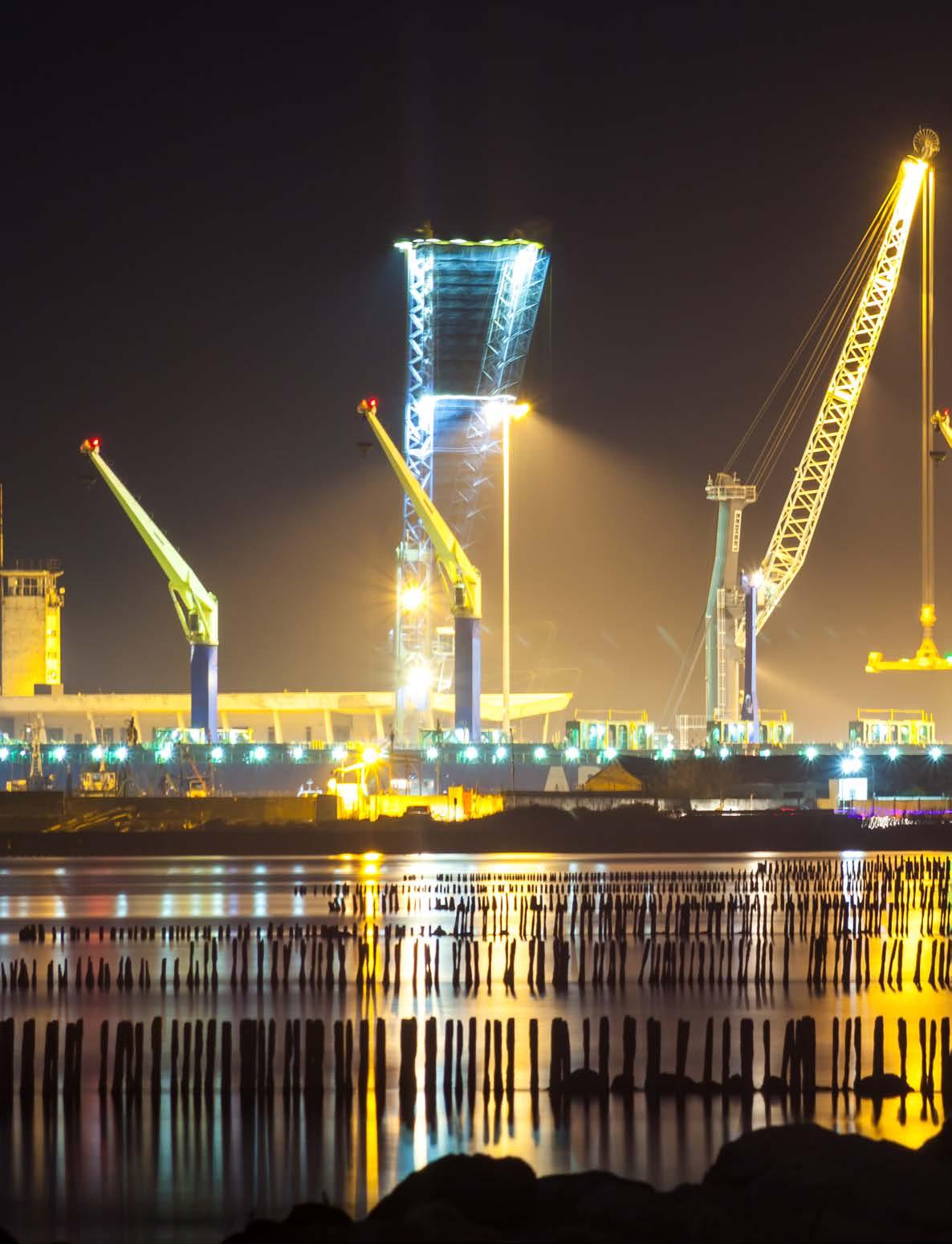
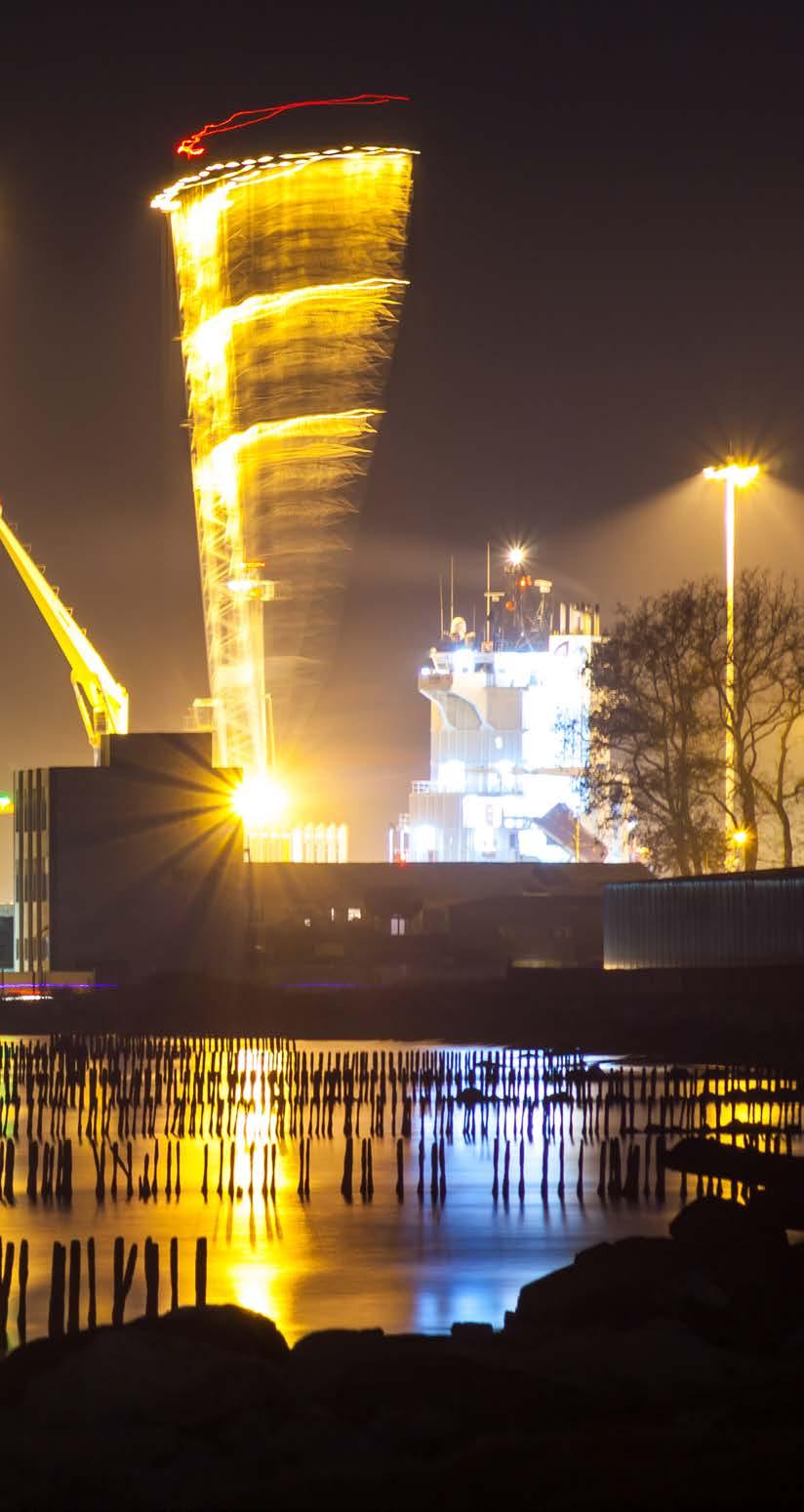
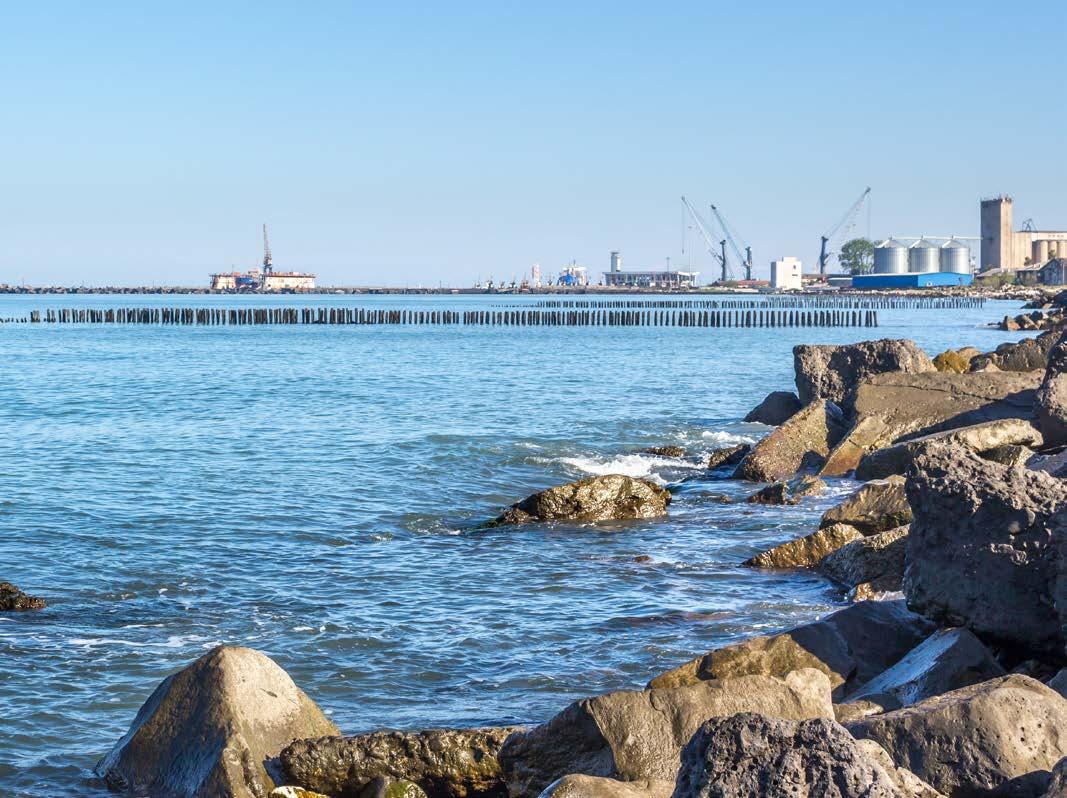
Poti Sea Port is strategically located in Georgia, serving vital logistical networks across the world via shipping routes, including those to Central Asia and within the TransCaucasian Corridor. With such a vital role in connecting Georgia with the world, Poti Sea Port is the largest seaport in Georgia, primed with the vital infrastructure to handle a variety of cargo across its 15 berths. The Port is owned by APM Terminals, with its operations falling under APM Terminals Poti, and today is responsible for 80% of Georgia’s container traffic and passenger ferries across its port operations. With these operations, Port Sea Poti continues to support Georgia’s economy and transform the port into a hub primed for global logistics operations.
For many years, APM Terminals has been present in Georgia, providing Poti Sea Port with improved operational standards and relevant technological investments to support the region’s development and continuously explore opportunities to enhance the country’s local and global logistical capabilities. For this reason, Poti Sea Port today operates as a critical port junction in the region, connecting Georgia and several landlocked countries with logistical networks across the globe.
The Port of Poti is a multi-purpose facility comprised of 15 berths with a total quay length of 2,900 meters. This allows for more than 20 quay cranes and 17km of rail track to provide superior efficiency in moving cargo throughout the port. Central export commodities leaving Georgia include copper ore, cars (re-export), fertilisers, iron alloys and wine. These are delivered with key export partners such as Kyrgyzstan, Kazakhstan, Azerbaijan, Russia, Armenia, Turkey and China, who were the port’s leading export partners in 2024. Then, for import, central commodities include cars, refined petroleum, natural gas, and packaged medicine, which are served to key markets across the world, such as Turkey, the US, Russia, China,
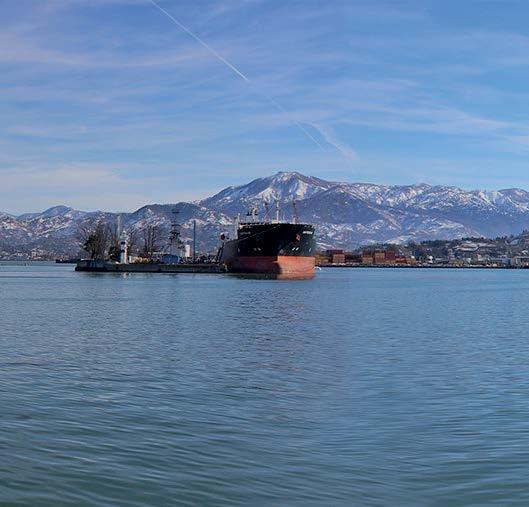
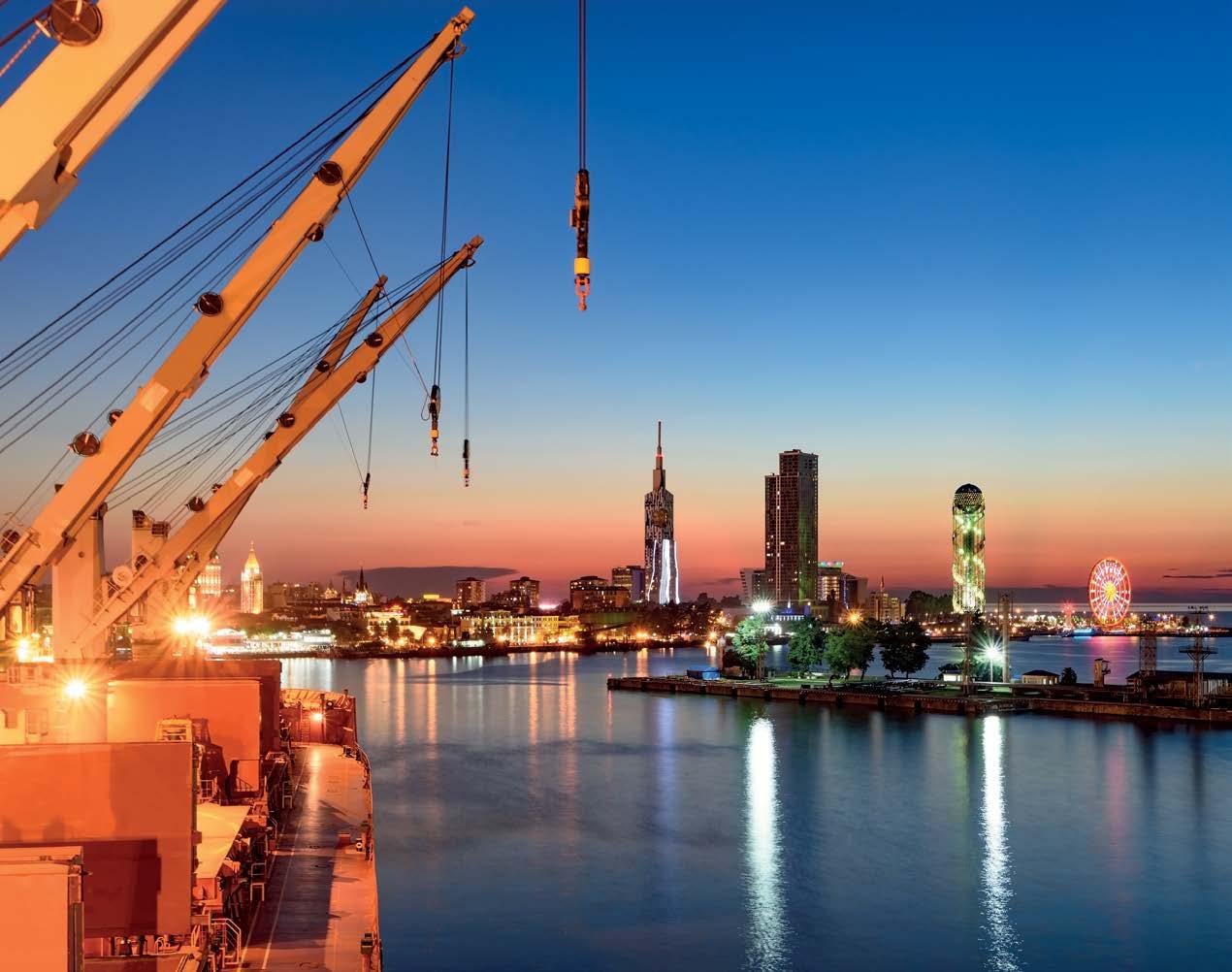
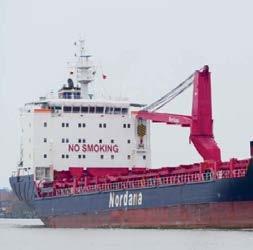
For over 15 years, Prime Marine Ltd has been a trusted leader in maritime logistics, offering expert ship agency and cargo forwarding services at Georgia’s key ports – Batumi and Poti. Renowned for professionalism and efficiency, Prime Marine ensures seamless port operations and reliable cargo handling.
24/7 Ship Agency • Integrated Cargo Forwarding • Specialized Cargo Handling
Experience the Prime Marine advantage – where trust, efficiency, and expertise converge to propel your business forward
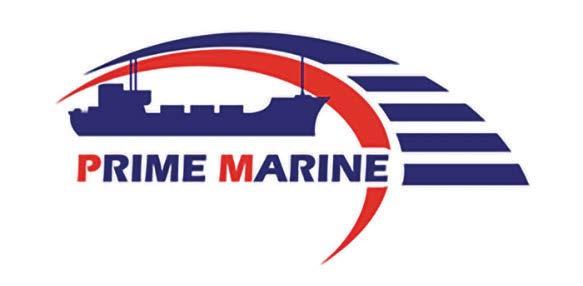





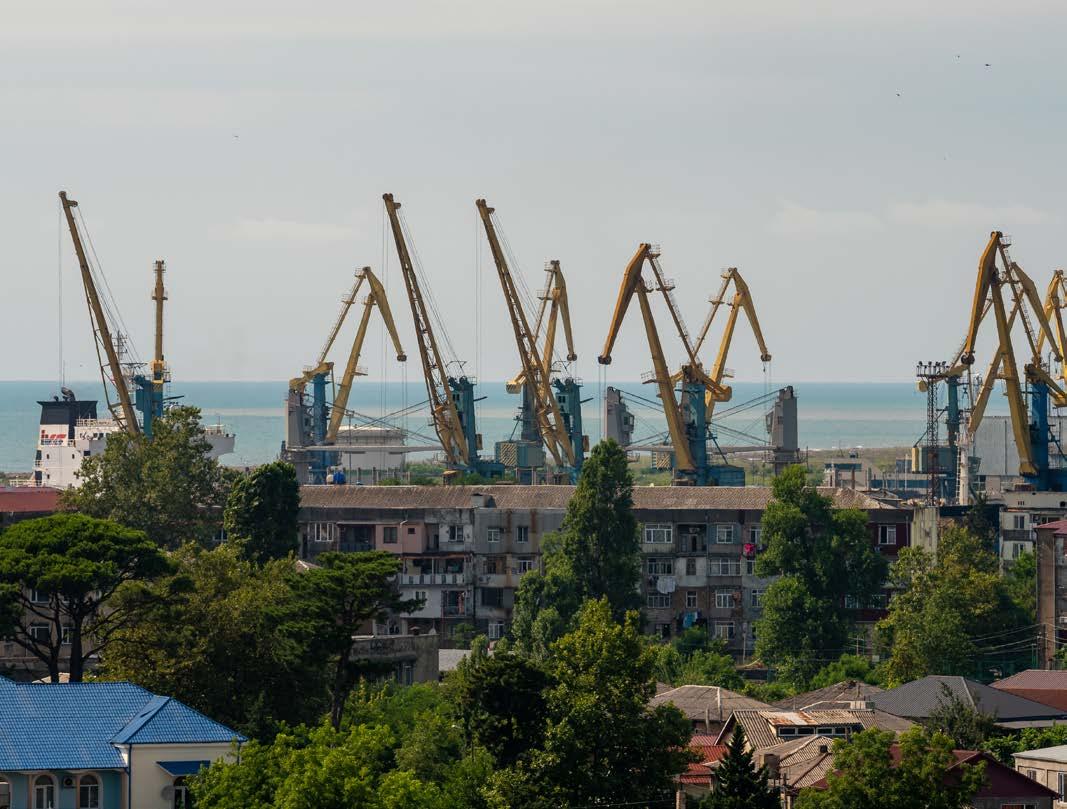
Germany, Azerbaijan, Japan, and Italy who were central import partners for the port in 2024. For this reason, the port serves as a vital European gateway for international trade travelling in Georgia, Armenia and Azerbaijan.
Across these commodities, Poti Sea Port facilitates the stuffing and stripping of warehousing and containers, as well as the storage and weighing of such commodities. For cargo arriving and leaving the port, APM Terminals Poti facilitates container handling, breakbulk, out-of-gauge (OOG) cargo and roll-on/roll-off cargo. Beyond this, the port facilitates the repairs and maintenance of the port, its dock equipment and cranes, whilst also delivering hull, chain and anchor maintenance.
Globally, APM Terminals is focused on lifting standards for shipping and logistics by developing and operating advanced ports and container terminals. The company, an independent division of the global A.P. Møller – Mærsk since 2001, works across 60 strategically located ports and container terminals around the world. All of these ports are
set on delivering efficiency, connectivity and proactivity across an international logistics network, serving shipping lines and landside customers across the globe. This connected nature is what APM Terminals Poti has continued to deliver across the Poti Sea Port since it purchased it in 2011. The port takes advantage of APM Terminals’ expertise and interconnected networks on both land and sea to guide the port towards continued logistical success. This success aims to help deliver the global company’s ambition to be the world’s best terminal company by 2026. Since APM Terminals Poti took over the port, it has continued to enhance its operations through an investment of over $130 million.
In 2020, APM Terminals Poti announced that it was creating a deep-water port by investing more than 250 million USD of private capital in the development and expansion of the port’s facilities. The expansion plan, as presented to the Government of Georgia, outlines a two-stage development. The first stage included a breakwater of 1,700m and a 400m multipurpose quay with a 13.5m depth able to handle dry bulk cargo and an incremental 150,000 TEUs. The new berth is designed to accommodate container vessels of up to 9,000 TEU.






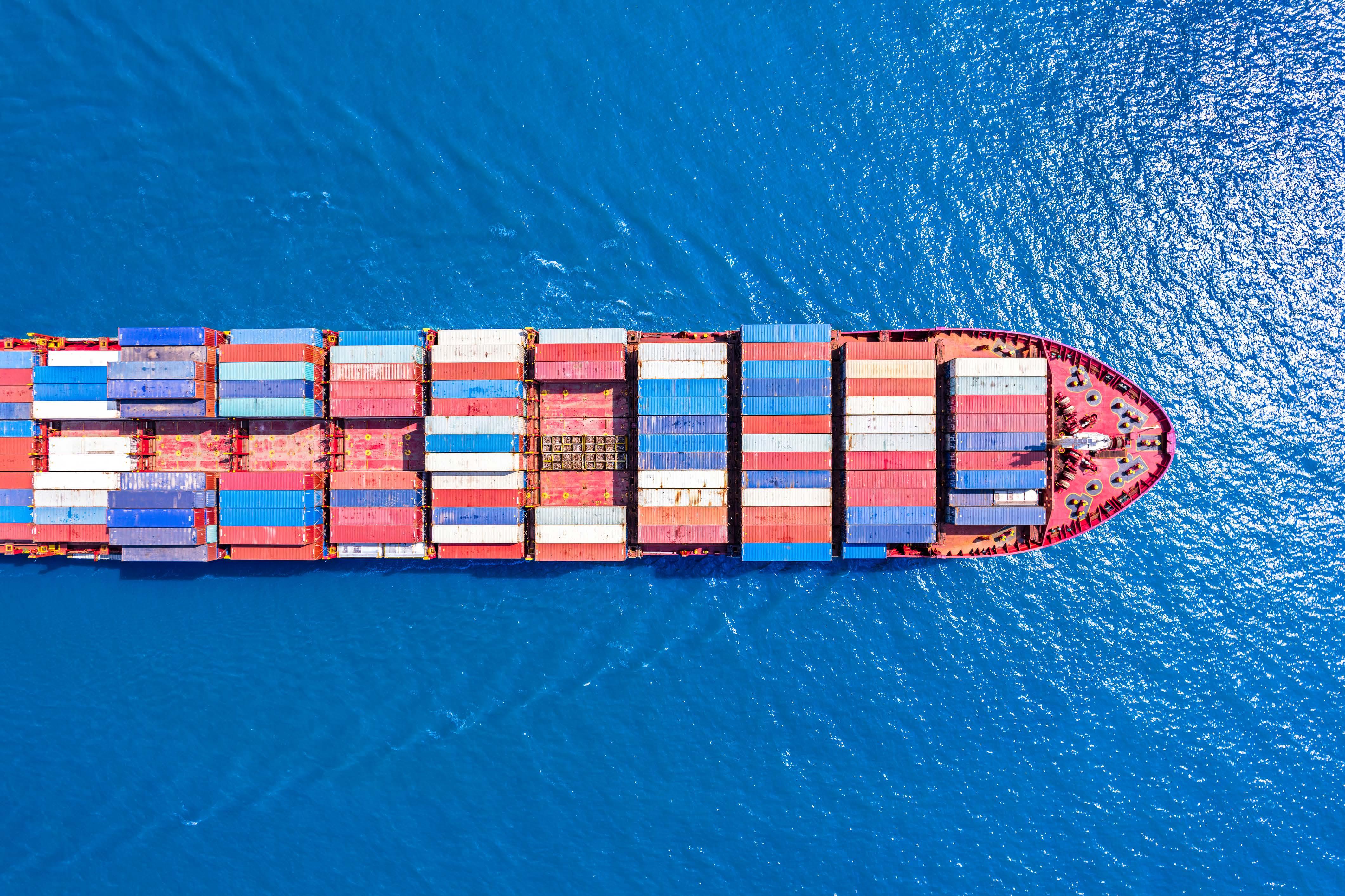
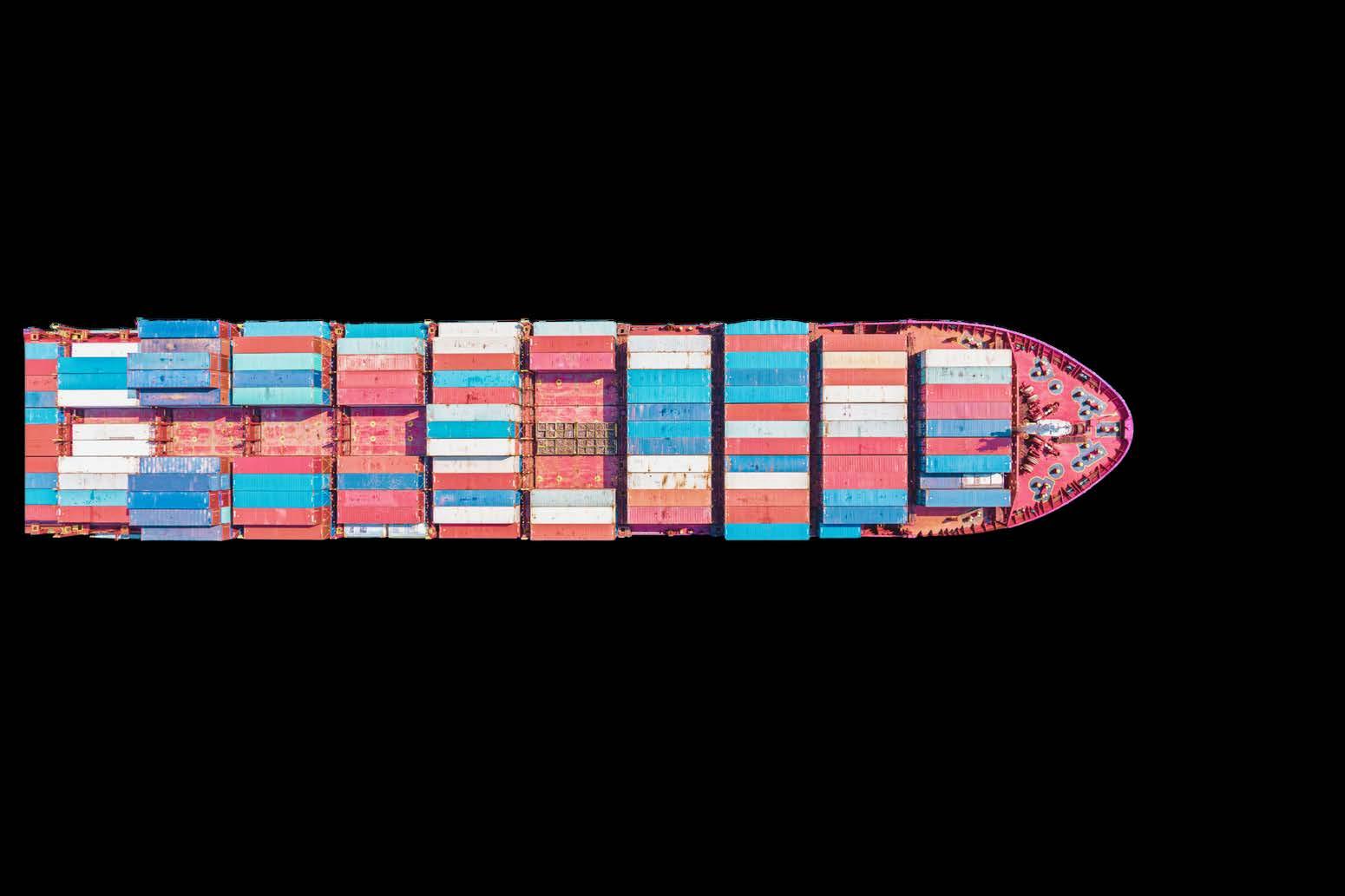
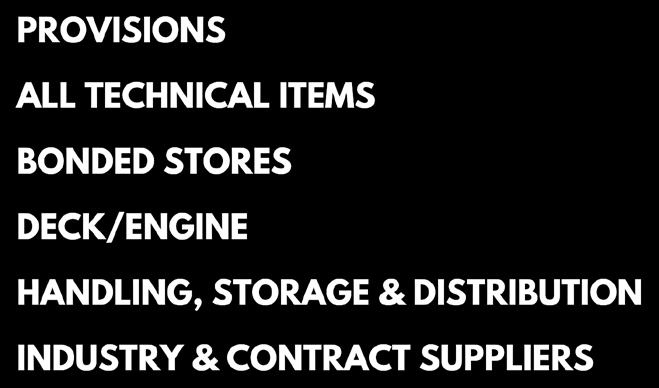
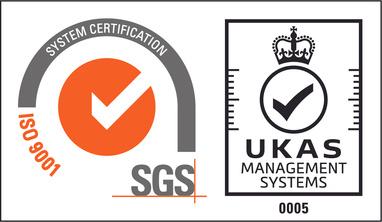


PROJECT CARGO

HEAVY AND OVERSIZED TRANSPORT

GOVERNMENT AND DEFENCE LOGISTICS

CARGO PACKING

PERMITS AND ESCORTS

RELOCATION AND ASSEMBLY
Slovenia, Croatia, Serbia
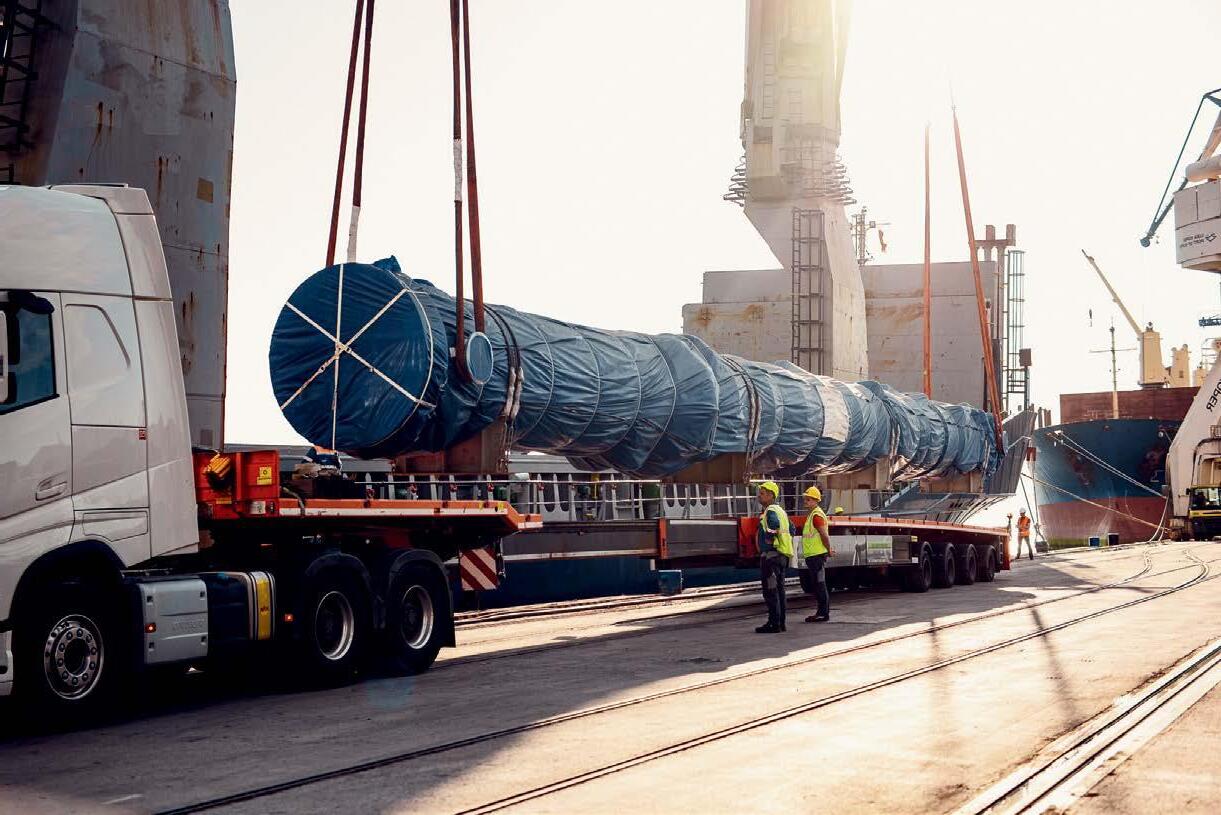

In the second stage, APM Terminals Poti outlined the development of a 300m container quay which would be equipped with a 3 stateof-the-art ship-to-shore (STS) crane. This quay and its subsequent cranes aim to double the annual container capacity at Poti Sea Port to over 1 million TEUs. The project is outlined to take between 24-30 months and will require constant cooperation with the Georgian Government, as well as with local suppliers to ensure that its developments are carried out on time. As long as the development runs according to plan, the port’s development under APM Terminals Poti is expected to be completed in 2026.
In March this year, APM Terminals Poti announced the purchase and upgrading of 5.4 hectares of land close to the port. This development marks APM Terminals Poti’s continued commitment to developing and investing in the port. The multimillion-dollar investment would go towards ‘The Triangle’, a development of previously unused land, which would add storage capacity and improve the operational capabilities of the port for customers. Across the development, the company is set on introducing a pre-stacking process in order to

improve the productivity of vessel operations and, in the process, maximise vessel interchange efficiency, whilst offsetting the upfront costs for APM Terminals Pot to bring containers in advance from off-dock terminals against greater control over vessel operations. This will collectively increase overall efficiency and improve the safety of the port as a whole. Then, once established, APM Terminals Poti plans to leverage the expanded capabilities of the port to attract additional cargo from South Caucasus and Central Asian markets. By enhancing Georgia’s global networks supported by the Port of Poti, APM Terminals Poti demonstrates its commitment to developing Georgia as a vital and thriving transportation hub for the region.
APM Terminals Poti’s focus for the future can be outlined in the company’s ‘Vision for the Future’. The vision outlines its long-term vision to develop the port to be able to handle 3 million TEUs and accommodate vessels with a draft of up to 13.5 meters. To achieve this, the company implemented a fully electric bulk cargo handling portal crane from Liebherr in May 2025. The crane has a maximum cargo lift capacity of 42 tons and is the second crane of this type to be delivered to the port in the last 18 months. The implementation of the electric crane highlights APM Terminals Poti’s
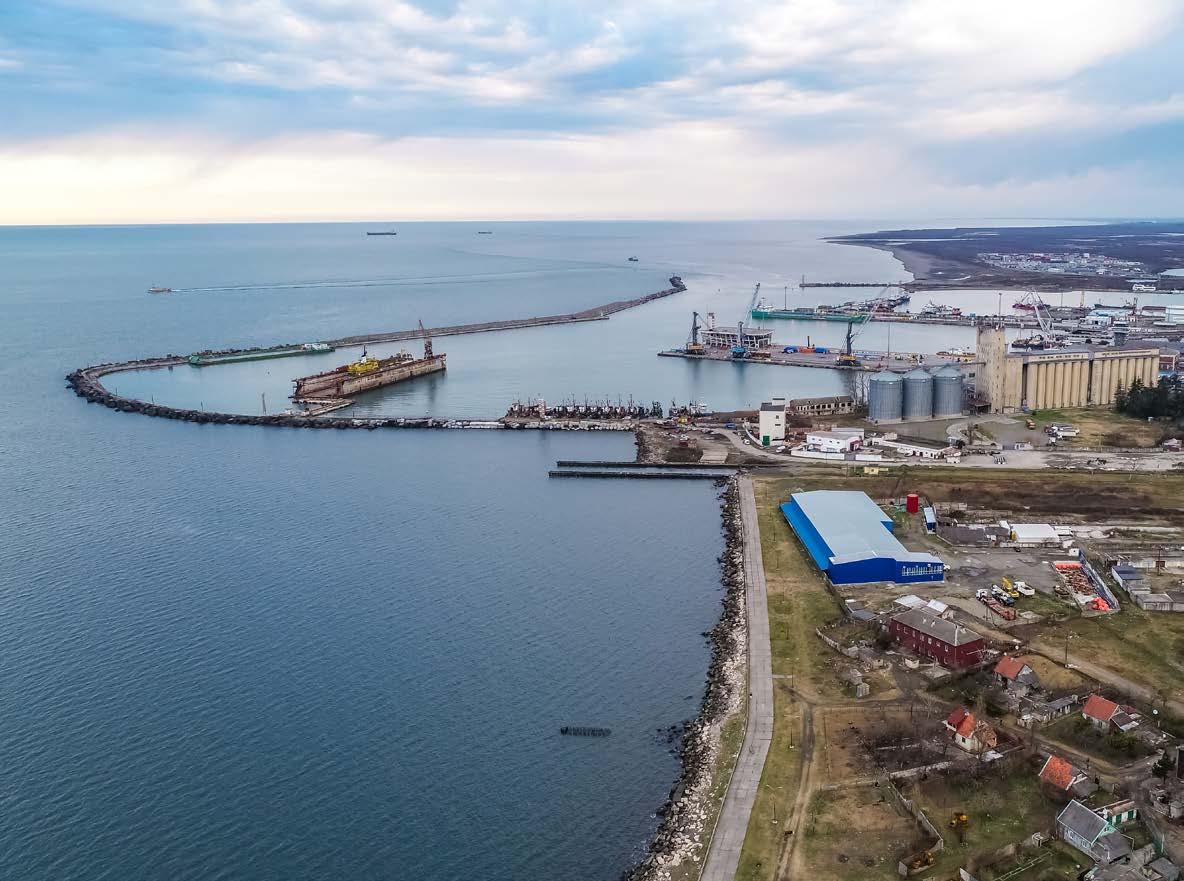
further commitments to bring more sustainability to the port’s operations. In fact, Ian Rawlinson, CCO of APM Terminals Poti, outlined that “APM Terminals is committed to Net Zero carbon emissions by 2040, and this journey includes ensuring that we are focused on optimising our carbon footprint wherever possible. The use of fully electric cranes is a significant step on our journey towards the future.” Rawlinson’s comments highlight APM Terminals Poti’s commitment to achieving logistical operational efficiency, whilst moving toward the global decarbonisation goals.
Then, in April, APM Terminals Poti enhanced the rail and sea connectivity of the Port of Poti to ensure it could remain a crucial link between Central Asia and Europe. For this, APM Terminals Poti upgraded the rail infrastructure in partnership with Sofmar Agency, Forwarding & Transportation. This development will remain a long-term customer project, which will involve the provision of train handling, cargo storage, container stuffing, and vessel operation services. This focused on interconnected enhancement, demonstrating Port of Poti’s strategic importance
as an efficient multi-modal hub bridging across continents. This focus on enhancing the integrated nature of the port with rail and sea connectivity ensures that the port can remain a vital hub serving local and international markets from its multi-modal hub at the heart of Europe.
Across the Port of Poti, there is a keen focus on enhancing its operations to ensure that the port and its infrastructure are well-equipped to serve shipping lines through its location at the crosspoint of the Trans-Caucasian Corridor. By ensuring the port maintains a valuable and efficient service, the port becomes a key stopping point for serving markets across the world, and in the process, brings significant economic benefits to Georgia through its shipping and logistics industry. With the port supported by APM Terminals Poti, and their global sphere of expertise in the port management sector, we look forward to seeing how the port continues to serve the region and continuously develop with the ‘Vision for the Future’ plan with vital investment into Georgia’s logistics and maritime industry.
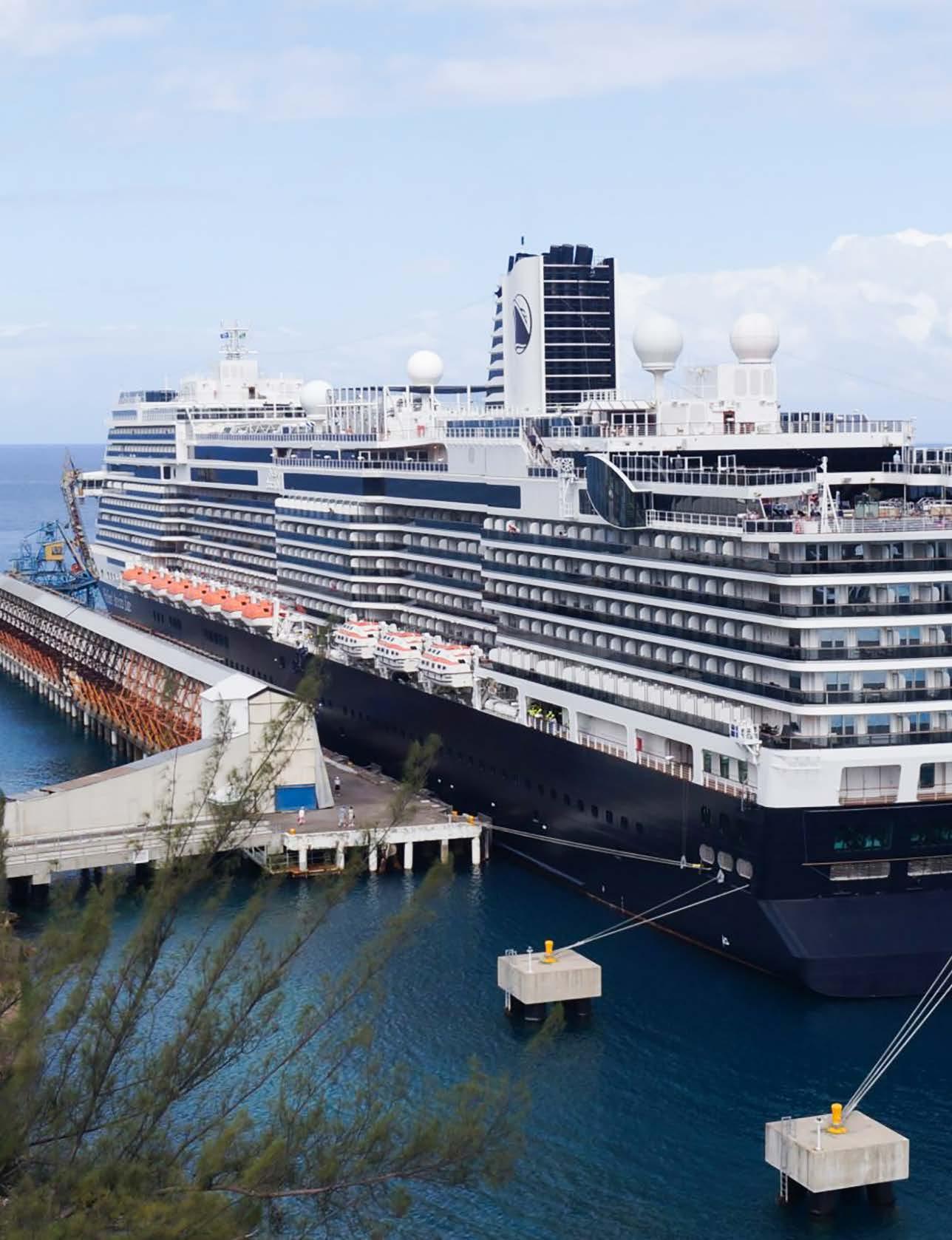
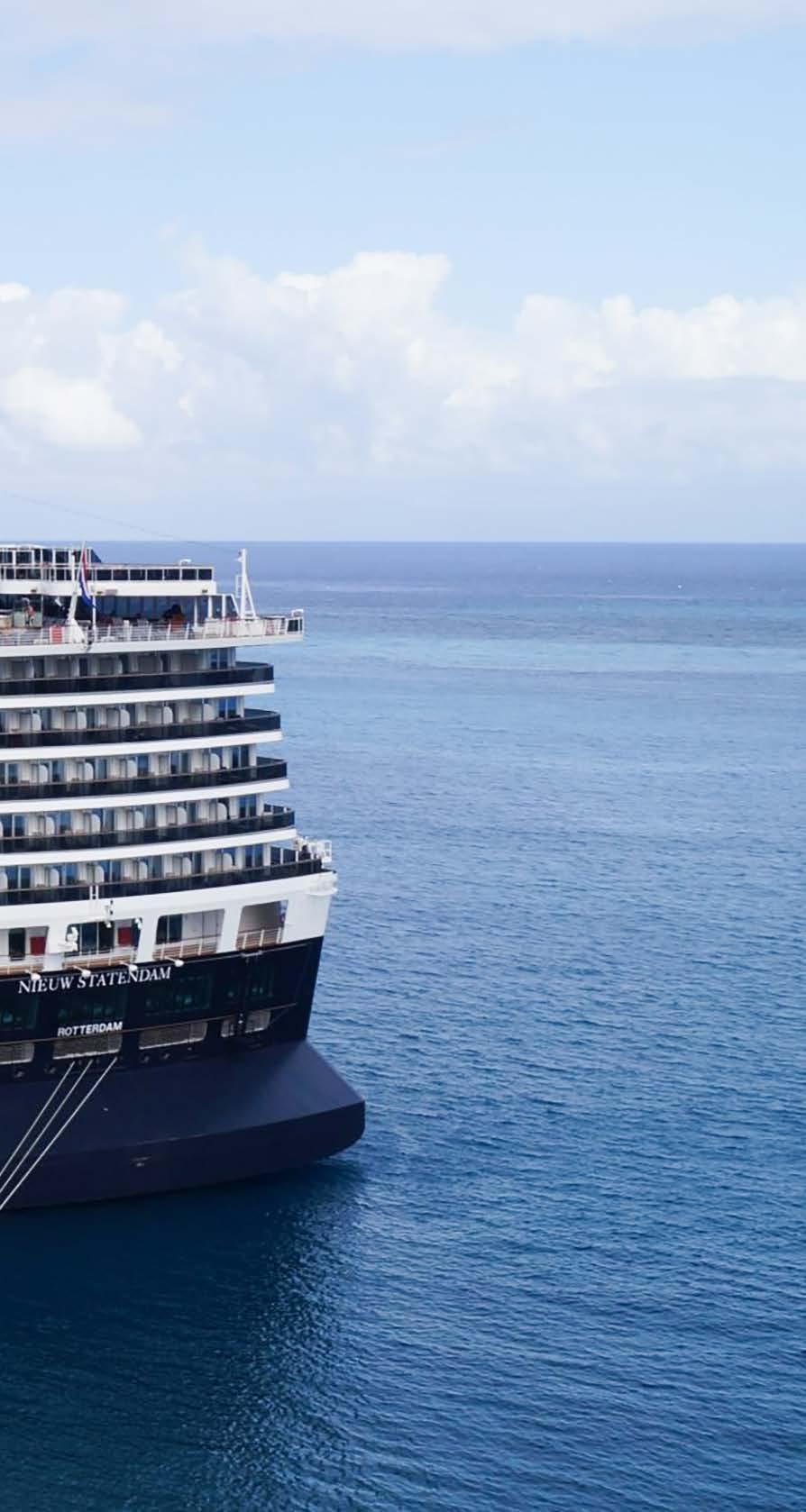
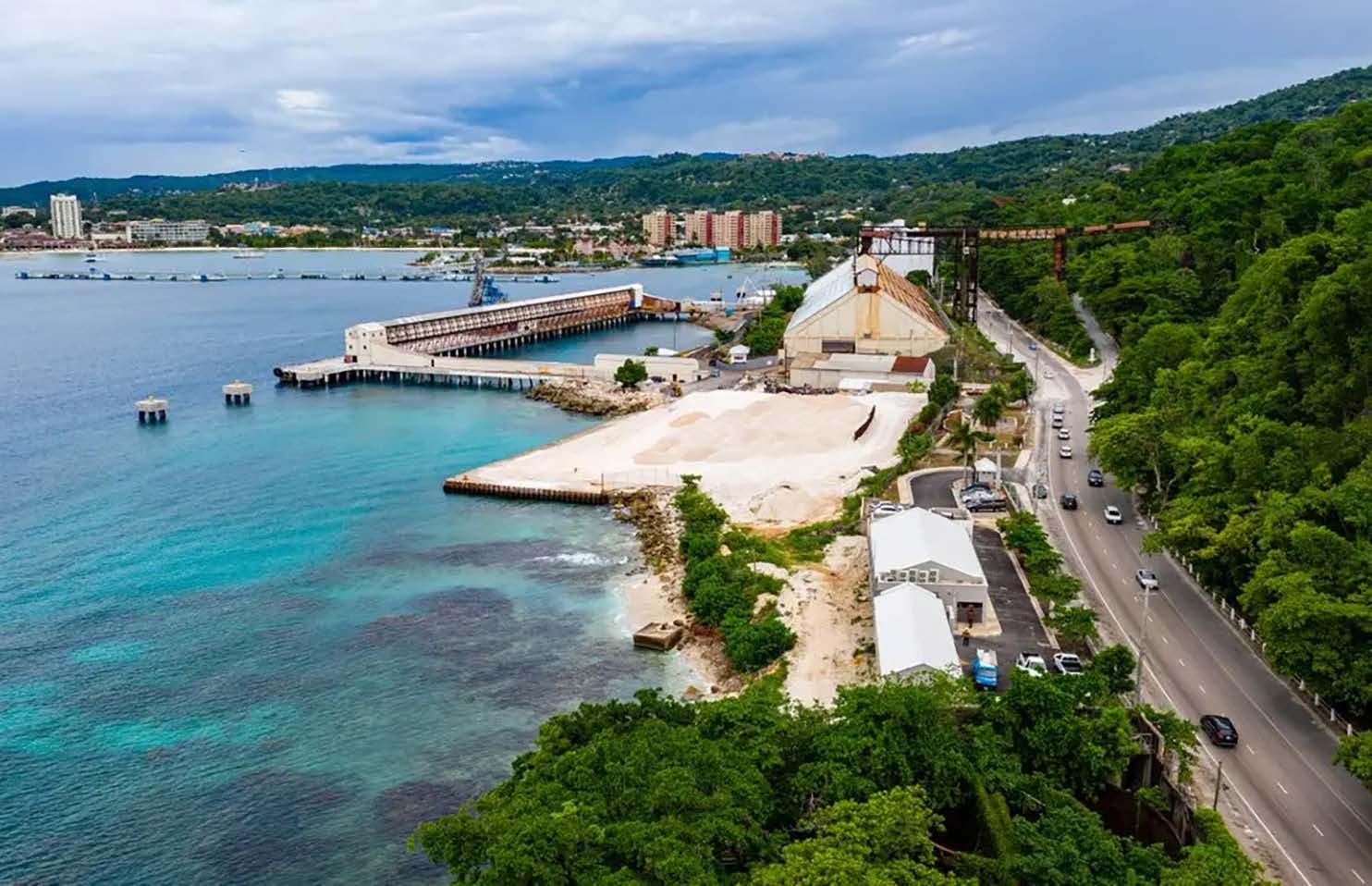
Jamaica Bauxite Mining Ltd. (JBM) has spent the last 50 years supporting the economic growth of Jamaica through a diversified business enterprise mandate. The company, owned by the Government of Jamaica, operates across 4 central pillars of operation, which include port management, commercial property management, land development and the custodial management of the country’s bauxite and alumina industries. Across these operations, JBM is focused on optimising the social and financial return for the country via governmental assets. However, throughout all of these developments, JBM continues to reinforce its operations with environmental safeguarding practices to ensure that it can transform Jamaica’s business landscape while helping the country to serve as a sustainable model for companies globally.
JBMhas been in operation across Jamaica since 1975, as a wholly owned company by the Government of Jamaica. The company operates with a business enterprise mandate, with the central focus on stewarding and operating the bauxite assets for the government. In Jamaica, bauxite has long been valuable for the economy, and a significant global producer of the resource. Thus, JBM began its operations focused on mining assets that would deliver bauxite materials to market. However, over the last few decades, the role of bauxite mining under the company has reduced, and today JBM has a much more diversified portfolio, building on many of these assets. The company still produces bauxite, whilst turning previous bauxite mining lands into new development projects and supporting the Reynolds Pier, which was originally built to support the export of bauxite resources. However, the Pier now plays a leading role in supporting Jamaica’s maritime and logistics network. With a much more diversified portfolio under its operation, JBM is on a mission to make quality, cost, efficiency, productivity, reliability and environmental wholesomeness the key drivers of value creation.
Whilst the company was founded on mining operations, a key aspect of its operations today
is focused on port management, with a particular focus on Reynolds Pier. The Reynolds Pier was constructed more than 70 years ago, and was utilised for the export of bauxite by Reynolds Jamaica Ltd. However, when the company ceased operation in Jamaica, the government, through JBM, took control of its assets and the port facility. The port is one of Jamaica’s naturally occurring deep water piers, with a draft of 12.5 meters and a 215-meter-long pier. The pier can berth large vessels, with a further six mooring dolphins and six breasting dolphins to accommodate ships averaging 350 metres in length. One of the main advantages of the port is that it has a loading rate of 1200 metric tonnes, with an average of 750 metric tonnes achieved with its bulk material travelling conveyor gantry and linear loader system on rails. This can load an average of 40,000 metric tonnes of limestone per vessel. Today, the main business at the port is through exports, including sugar, limestone, and aggregates, as well as the docking of cruise vessels.
With the port playing a vital role in the country’s export and cruise businesses, it remains a key
source of economic development for Jamaica. Therefore, JBM has been committed to periodically adapting and enhancing the port to meet the growing operations across it. In doing so, JBM hopes to deliver optimal operational efficiency to further enhance the port’s offerings on a local and international scale. In fact, the development and expansion of the port remains a key project for JBM to help realise the port’s potential and deliver an optimisation plan designed to incorporate the Port’s ecosystem and logistics capabilities suited to the industrial cargo shipments on the western side, and the cruise vessels on the east. JBM envisioned the port being one of the top industrial ports in the region, coexisting alongside its cruise operations. Therefore, its development plan includes improving and connecting the three ecosystems currently in place across the port: limestone lands, overland conveyor, and a state-of-the-art loading facility at Reynolds Piers. Then, it hopes to expand the port with a pontoon, and increase the onshore storage and loading capacity. These expansions hope to help facilitate additional mining operators at the

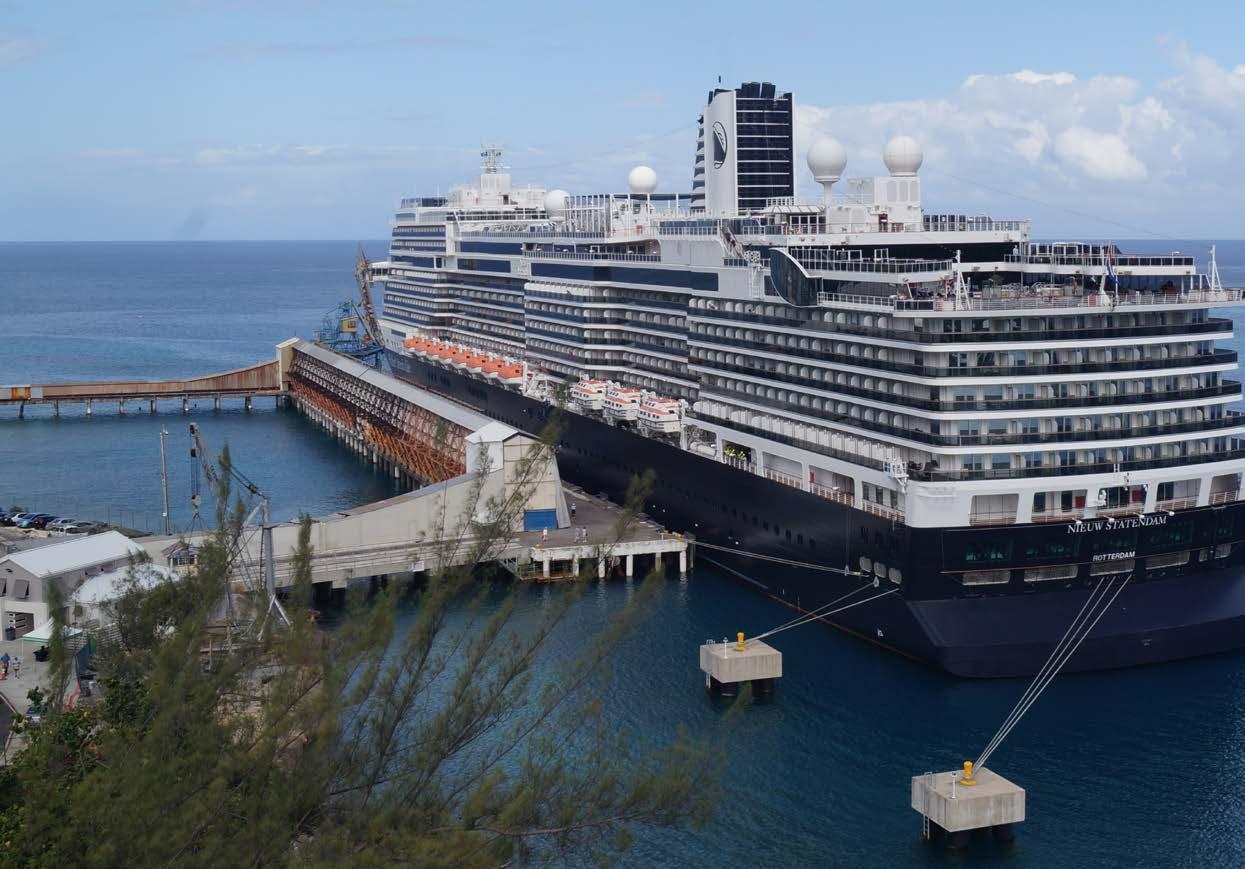
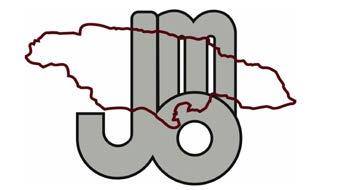

REYNOLD’S PIER IS A MIXED-USE PORT IN OCHO RIOS OWNED AND OPERATED BY JBM.
JBM’S GREEN PORT REVOLUTION AT REYNOLD’S PIER!
JBM is transforming Reynold’s Pier into Jamaica’s first multi- functional “green port,” powered by sustainable energy. The port will soon run on an 84% solar-powered system, cutting CO2 emissions by 220,500 kg. This upgrade provides shore-to-ship power, allowing cruise and cargo vessels to plug into clean energy instead of diesel, boosting efficiency and reducing pollution.
Positioned strategically for limestone export and cruise tourism, the new Reynold’s Pier is paving the way for enhanced trade, eco-friendly tourism, and continues to be the primary exporter of sugar internationally. JBM is helping to provide a sustainable future for Jamaica.
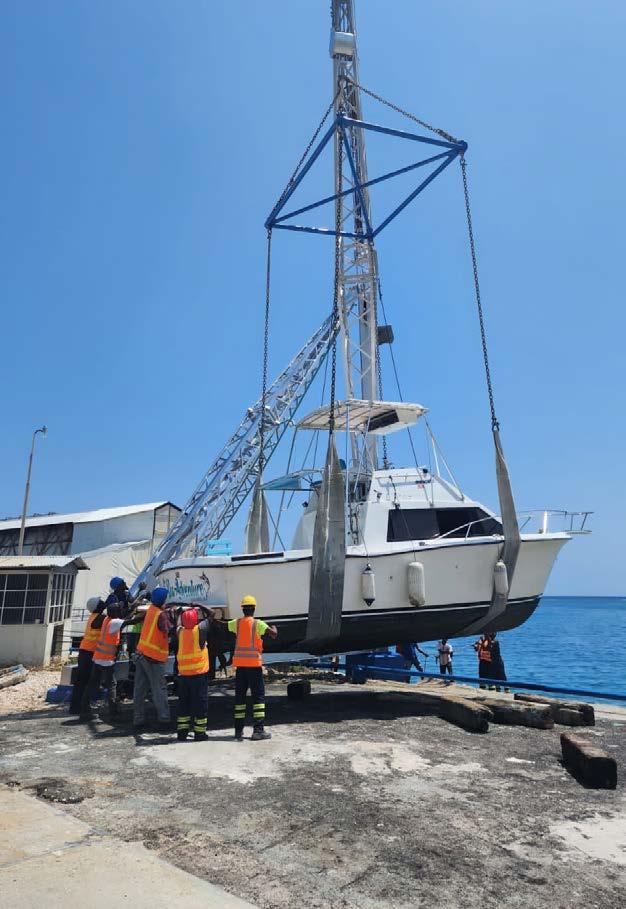
Jamaica Bauxite Mining Limited (JBM) is a government entity managing over 4,000 acres of government property, providing essential services to both local and international businesses. With four strategic units— Commercial Property, Port Management, Land Development, and Custodial Management — JBM monitors the operations of Discovery Bauxite Partners - a bauxite mining operation based in Discovery Bay.
As proud operators of Reynolds Pier in Ocho Rios, JBM offers top-tier dry dock services for small to medium-sized crafts, bunkering, and berthing for large vessels. Logistics and cargo partners can benefit from short-term leasing options and dockside equipment, making JBM a one-stop shop for all vessel and cargo needs in Jamaica and the Caribbean.
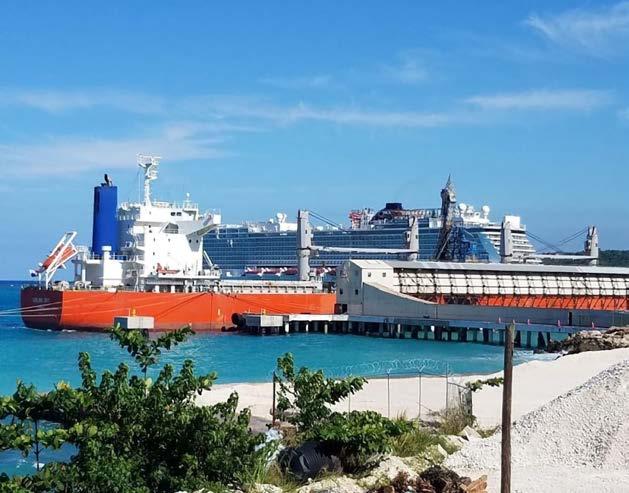
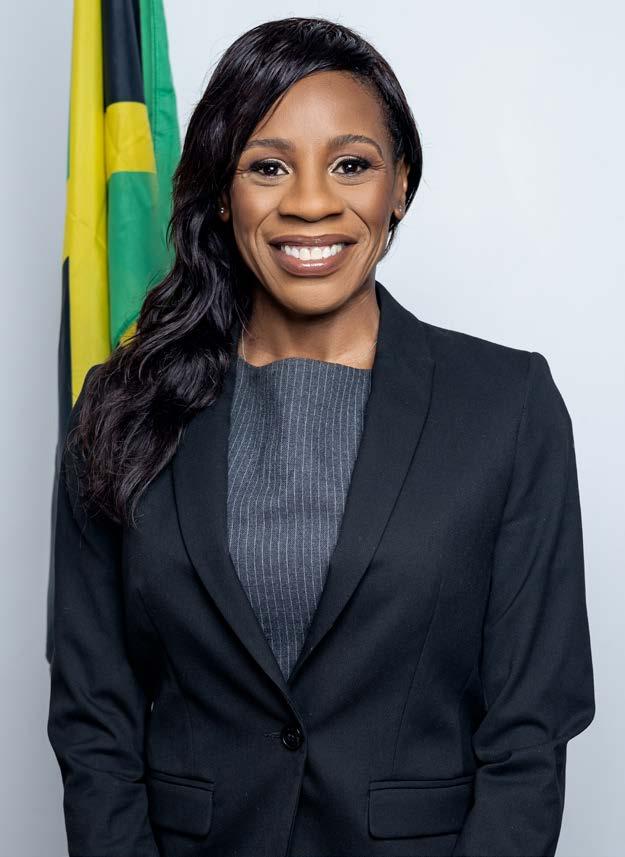
Our Services Include:
• Port and Operations Management
• Land Development
• Commercial Development & Property Management
• Custodial Management
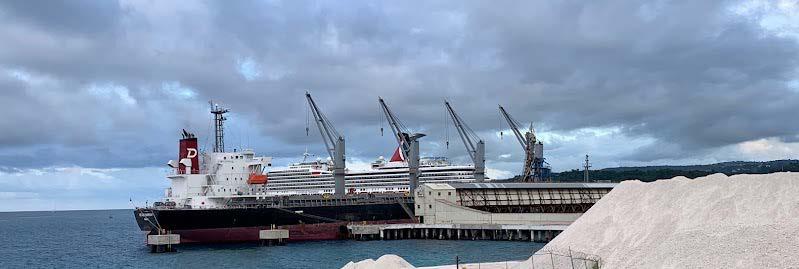
In Jamaica’s ever-evolving security landscape, Hawkeye offers comprehensive protection. Our Guard Services provide highly trained personnel who are both vigilant and adept at rapid response, ensuring the safety of individuals and businesses alike.
• Advanced CCTV installation provides smart video surveillance with analytics and cloud-based access for enhanced oversight and immediate alerts.
• Robust Access Control systems, encompassing Gates, Barriers and Turnstiles to secure entry and exit points.
• Cutting-edge Intrusion Detection Systems (both wired and wireless) to fortify your premises against unauthorized access
• Vehicle Tracking systems powered by Amber Group Technologies, deliver real-time GPS monitoring, and emergency response, acting as a theft deterrent and optimizing fleet management
For specialized needs, Hawkeye Specialized Solutions (HSS) delivers targeted high-tech interventions. This includes advanced Fuel Management to curb waste and deter theft. HSS is also the sole provider of Electrified Fence solutions for enhanced perimeter security. Hawkeye’s integrated approach provides complete peace of mind, adapting to Jamaica’s diverse security demands; Securing what Matters Most.
hawkeye-group.com
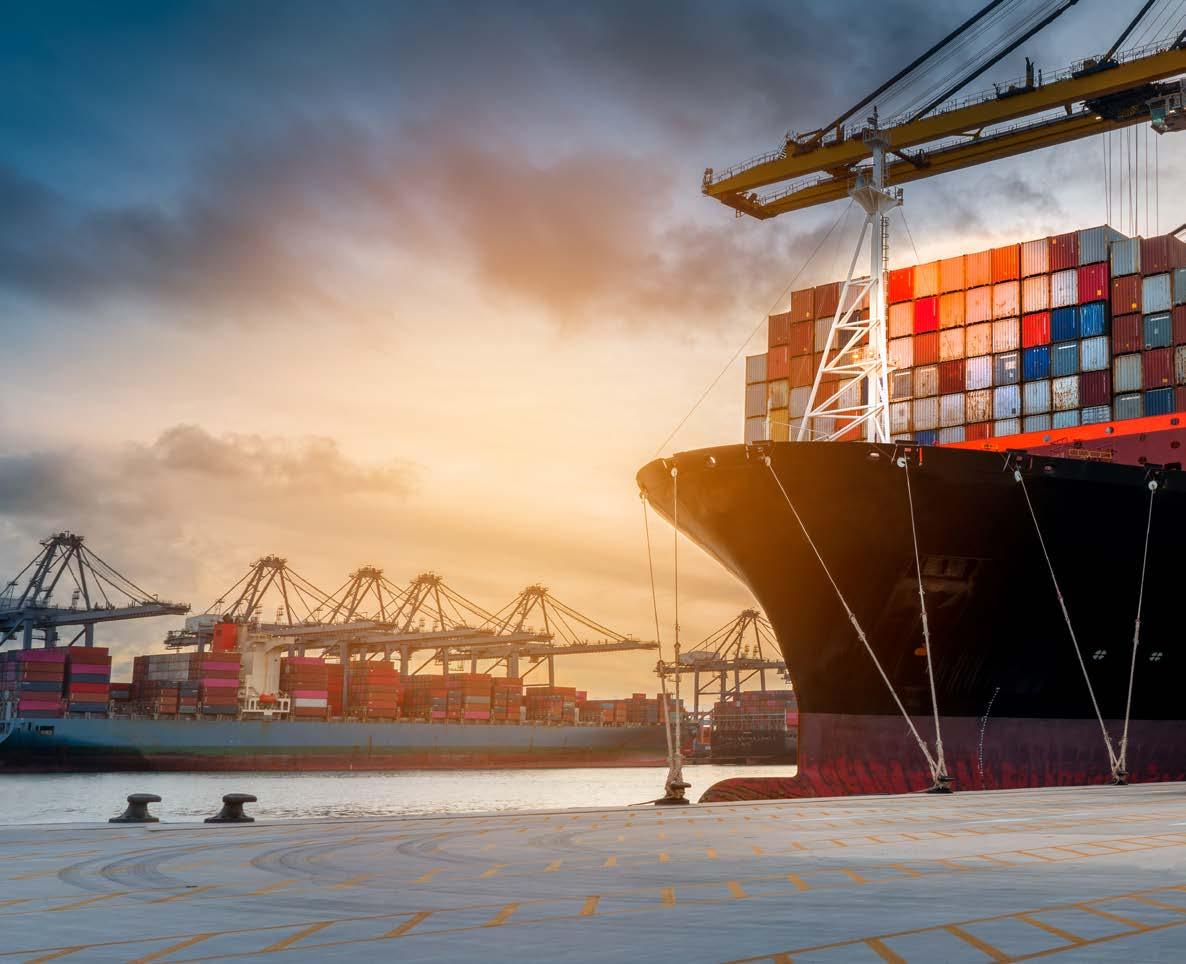
port, whilst optimising the export tonnage of the port. Through this focus on enhancing the existing facilities and implementing new infrastructure for the future, JBM is ensuring that the country’s export, cruise and industrial market via the port is primed for many years to come.
Bauxite mining formed the foundation of the company, and today, custodial management of mining assets remains one of the core businesses of JBM. The company acts as a representative of the Government of Jamaica and as part of this role, JBM partners with multi-national entities operating in the bauxite and alumina industries. The most notable current partnership is with Discovery Bauxite Partners (DBP), in which JBM holds a 51% equity and Concord Resources holds 49%. DBP is a major bauxite mining and exporting company in Jamaica, which centres its operations around the Discovery Bay. The company works with JBM towards mining ventures, where operations see bauxite mined, dried, and then
shipped to alumina refineries and cement industries. DBP has continued to work with JBM to deliver longterm projects, including those with land reclamation for agriculture and greenhouse initiatives. This division of JBM’s operations remains a key focus for the company as Jamaica remains a significant global producer of Bauxite, and so by working with DBP, the two companies can continue to play a leading role in delivering these resources to support the island’s economy in the process.
Alongside its port management and mining focus, JBM also has commercial property management and land development under its operations. For commercial property, JBM manages residential and commercial spaces, with notable housing developments in Orange Park, Crescent Park and Beulah Park. However, one of the most vital developments is the Reynolds Plant located in Lydford in St. Ann. The site has previously been used for bauxite mining; however, it had been
left dilapidated and run down for many years. Thus, JBM developed the land producing office spaces, office buildings, catering facilities, and mechanical servicing amenities, as well as housing developments for rented residential units. Therefore, through the redevelopment of the previous bauxite plant, JBM can deliver vital residential and commercial property, making use of previously out-of-commission land.
One of the projects currently being carried out by JBM is for the Commercial Park and Orange Park Housing Development. The project plans to develop a Commercial Park Complex within the Lyford Estate in St. Ann, which will have warehousing space for businesses, knowledge process outsourcing and technology park operations. To enhance this, JBM is also set on implementing a vital telecommunication network and human resources system to deliver the area as a vital development hub where new and existing communities have the infrastructure to thrive. Through the development of new communities with this project, JBM will play a valuable role in delivering employment
opportunities for the region, whilst optimising existing spaces for commercial development. The optimisation of space for development is particularly evident with the development of Orange Park Housing Development (OPHD), which is planned to deliver homes and interrelated open space, as well as recreation amenities across 150 acres of land near its existing infrastructure. This will include the construction of 500 affordable housing solutions, supported by an integrated infrastructure development, to provide vital housing and community development across Jamaica.
Furthermore, JBM’s land development has implemented a comprehensive suite of initiatives designed to elevate operational efficiency, safety, and overall effectiveness of land development and property maintenance across the country. The department is focused on continuous improvement, new technology and proactive property maintenance to help in the upkeep of JBM’s assets. This includes the maintenance and inventory of equipment, spares, and maintenance materials to ensure that

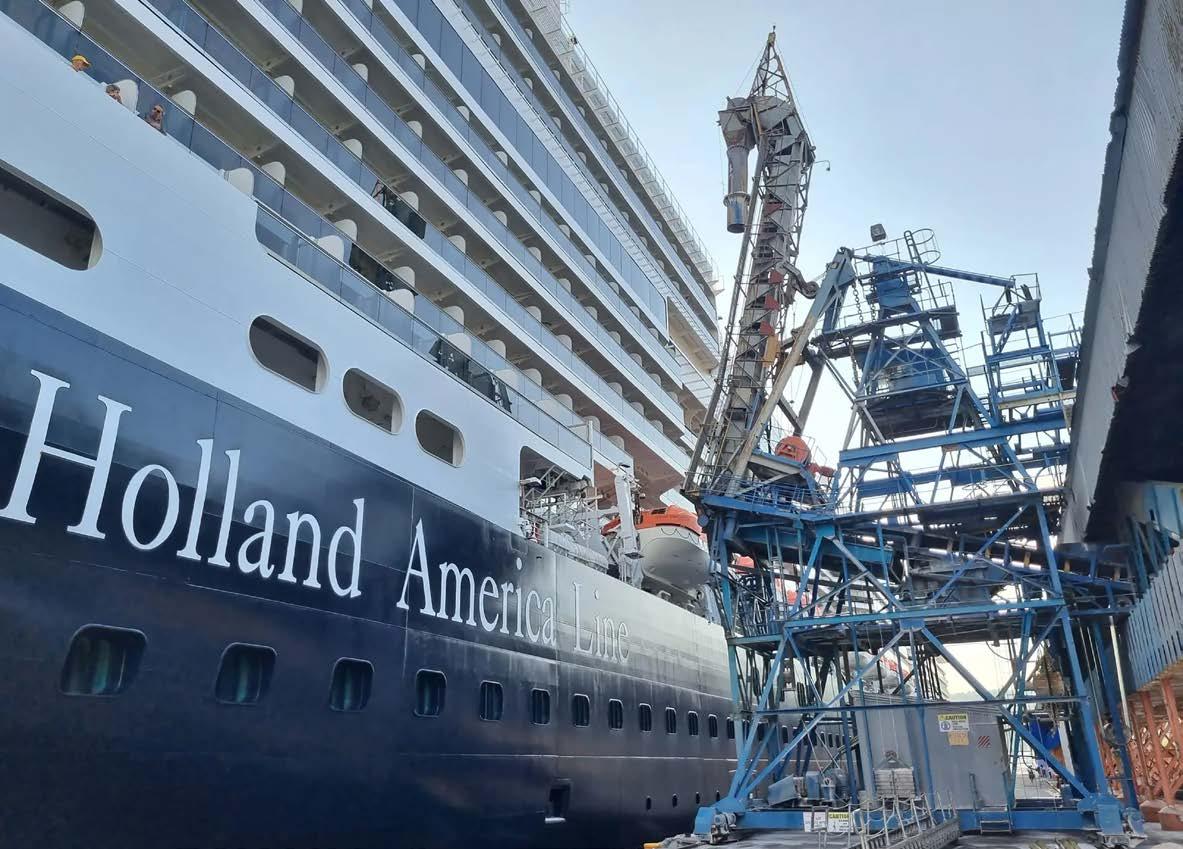
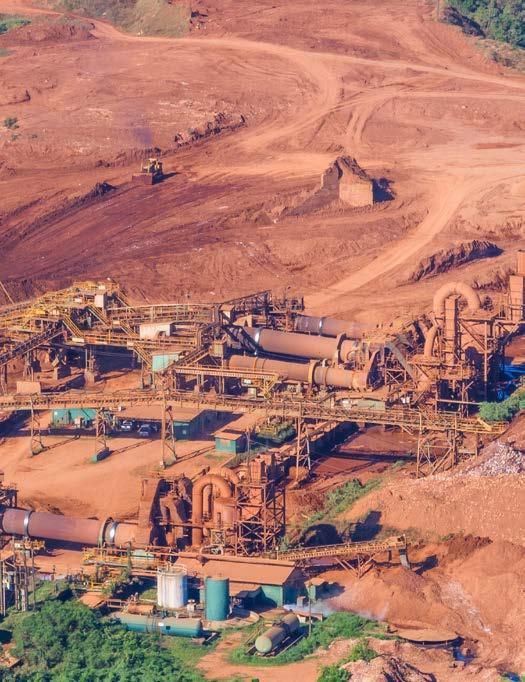
it can help minimise downtime and ensure seamless operations across JBM’s various assets.
A key focus for JBM’s development over the next few years is expanding the country’s domestic agro park network in line with the government’s push towards actively fostering sustainable agribusiness, whilst simultaneously increasing youth and women’s participation in the agricultural sector. By investing in the country’s agricultural sector and linking this with community development, JBM can encourage investment in the sector and, in the process, support the development of the surrounding region.
JBM has been a formidable leader in the Jamaican mining industry for many years, and so with 2025, the company will celebrate its 50th anniversary. With such a monumental anniversary for the company, it looks towards the future, and how it will continue to expand the country’s operations beyond mining and towards a future that fosters Jamaican growth in a transformative way. With so many vital business lines operating under JBM, we look forward to seeing how the company will continue to drive Jamaica towards a future through its ‘Reclaim, Restructure, and Repurpose’ philosophy for the benefit of Jamaica’s long-term development.
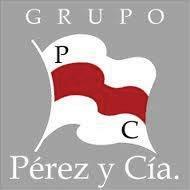
More than 150 years in shipping
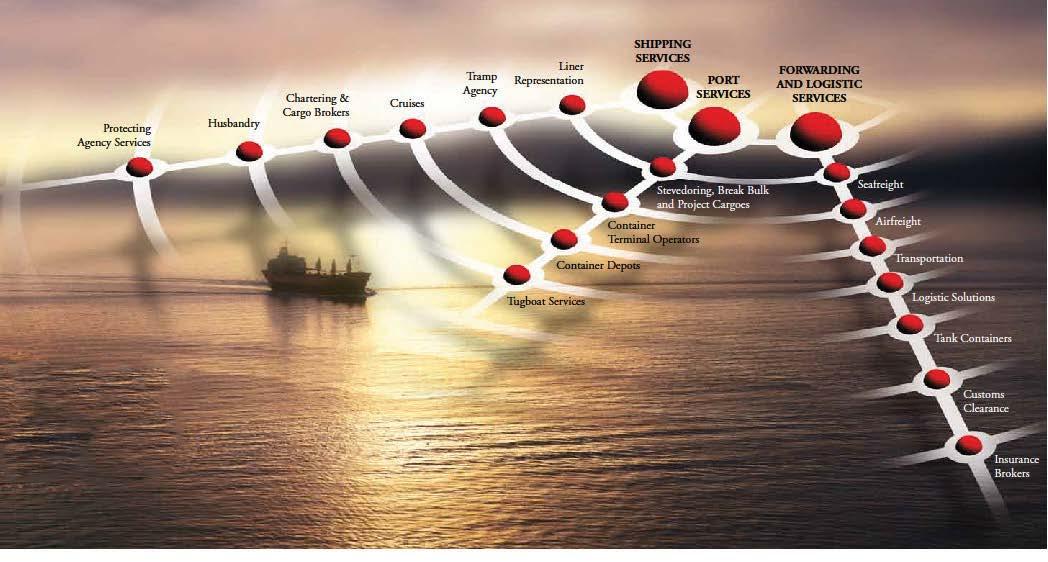
Perez y Cia extends heartiest Congratulations to Pepsi Jamaica, as you move forward with the next stage of developing the business. We look forward to the announcement of new projects and the future development of the company brands.
As we continue to provide services in shipping Logistics and supply chain management, we look forward to our continued partnership as we strive to serve you better.
Offering a full range of services from booking acceptance, shipping, clearance, delivery, project management and solutions to meet every shipping need.
“PEREZ Y CIA is the answer !”
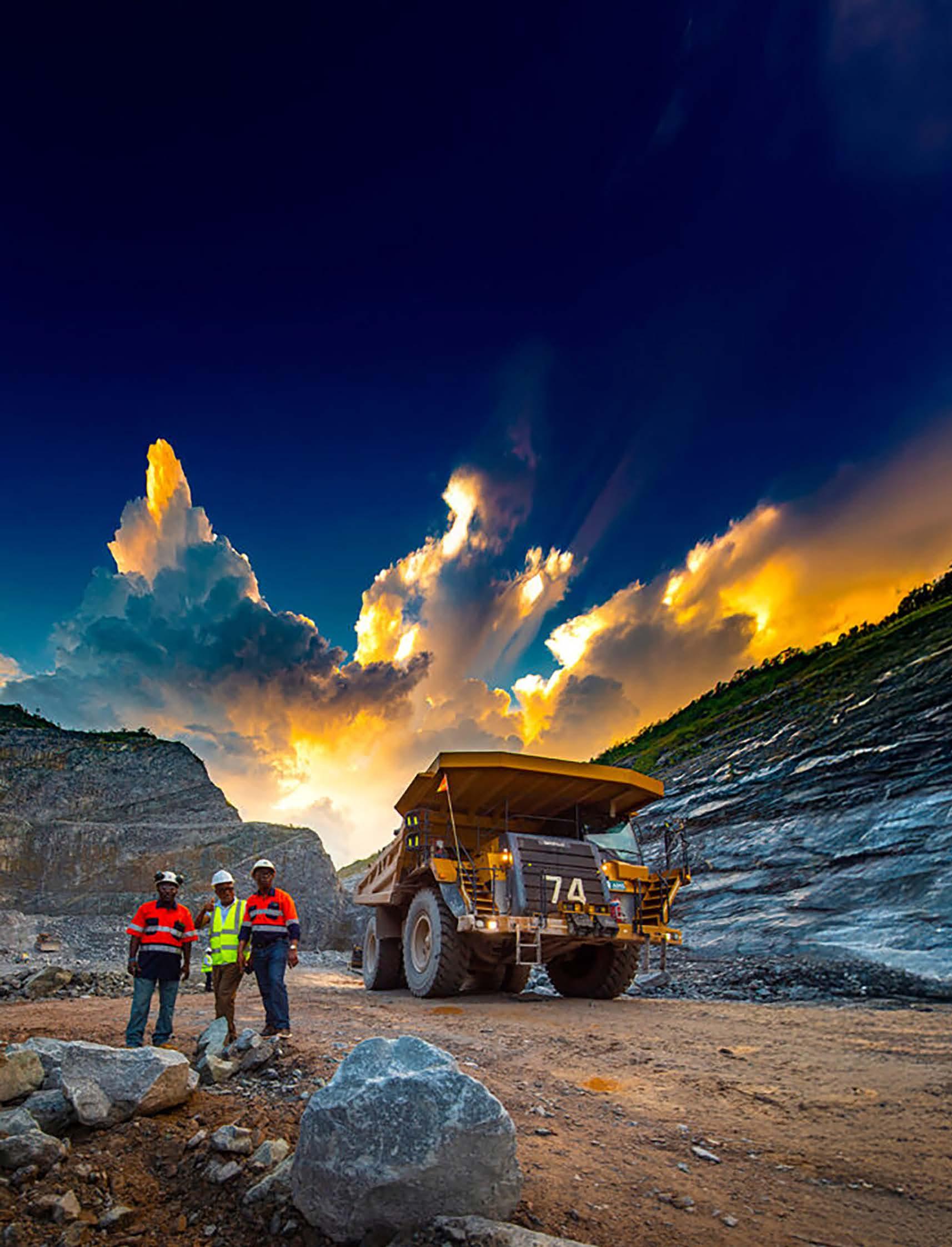

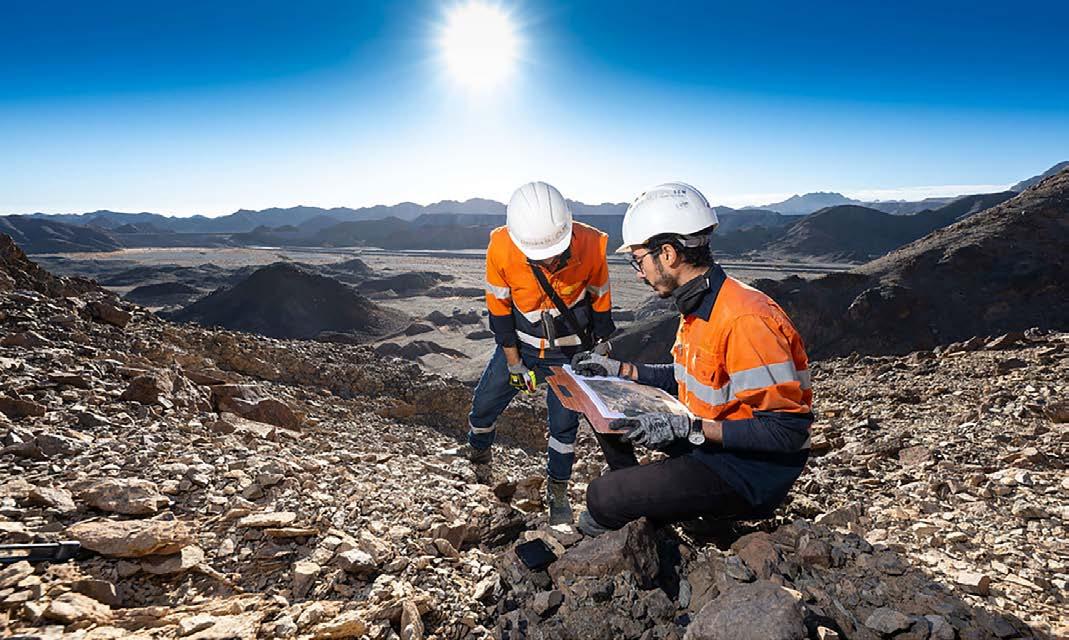
Gold mining is one of the largest industries in Ghana and thus makes up a significant part of the country’s overall economy. With mining operations spread across the country, large-scale mining operations are delivering significant gold resources for the country and solidifying Ghana’s role as the largest gold producer in Africa. Therefore, as one of the largest mining companies in the world, it is no surprise that AngloGold Ashanti has vital mining developments in Ghana set on delivering gold resources to market, and adding to its diverse, high-quality portfolio of mining operations spanning the globe. However, AngloGold Ashanti is committed to delivering valuable resources whilst working to deliver vital community development and social change to support the regions in which its operations are located. For this reason, AngloGold Ashanti today is a leading mining company that delivers resources across Ghana, underpinned by its pursuit to empower people and advance societies.
Gold has long been a vital industry for Africa, as the continent is home to multiple large mining operations taking advantage of the rich gold deposits spanning multiple countries. AngloGold Ashanti currently has gold mining operations in Egypt, Guinea, Tanzania, and the Democratic Republic of Congo. Across these, AngloGold Ashanti is focused on pursuing valuecreating opportunities, supported by its global expertise in the minerals and mining industry. However, Ghana is one of AngloGold Ashanti’s central developments in Africa, spanning the Iduapriem and Obuasi mine sites.
The Obuasi Mine began operations in 1897, but in recent years, the mine has run a more limited portion of its total facilities as it has been functioning under limited operational conditions since the end of 2014. However, in 2017, AngloGold Ashanti began developing an underground mine following a feasibility study into the area, which indicated a strong technical and economic case for the mine. Today, Obuasi encompasses an underground mining operation, located within the Ashanti region and consists of a single access decline with interlevel development between 15 and 30 metres, as well as various shafts. With a 20-year life of mine from its initial feasibility study, Obuasi has continued to expand its operations, and now the mine’s infrastructure includes a 2.4 million tonnes per annum (Mtpa) processing plant with flotation and bacterial oxidation, hoisting

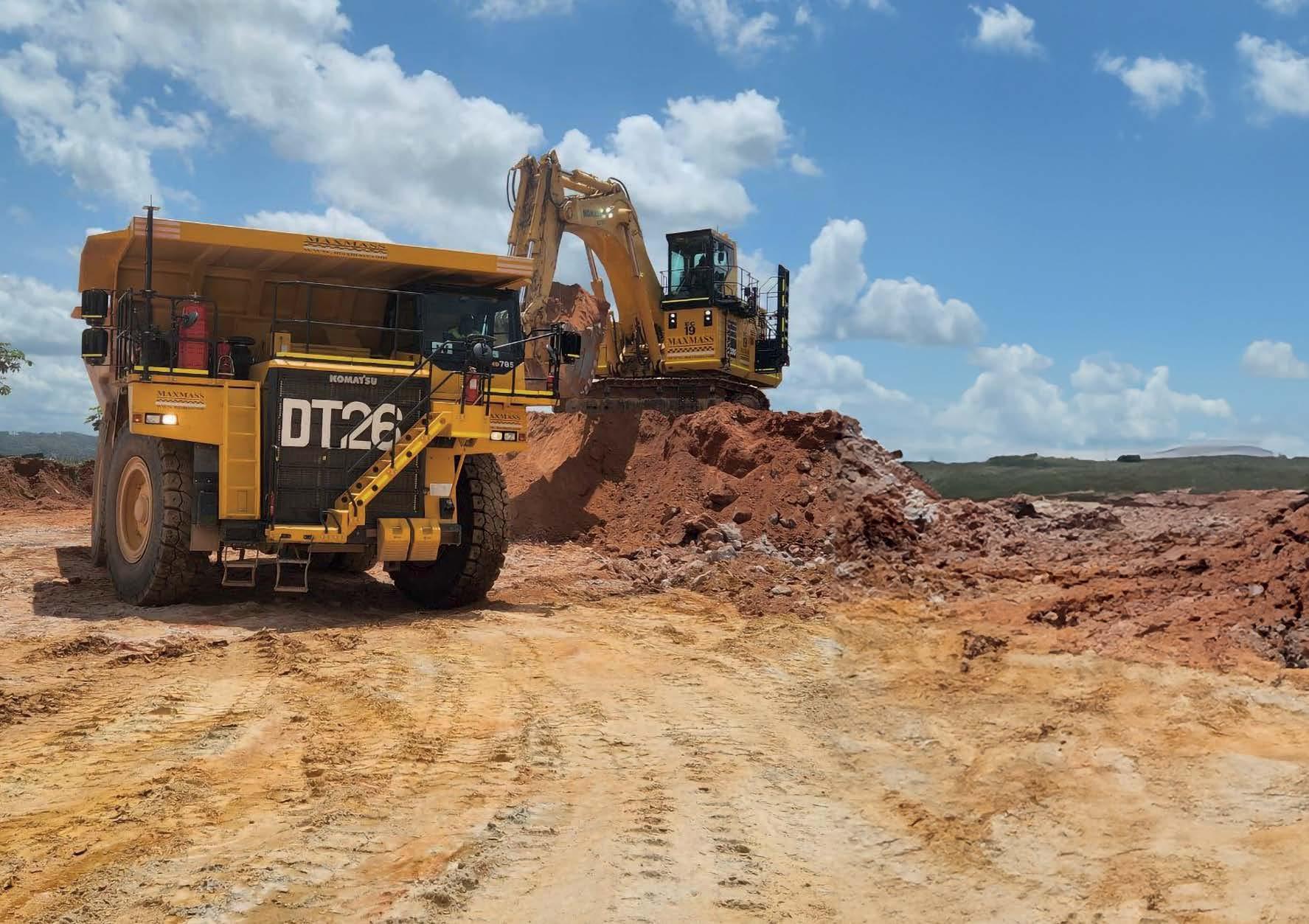
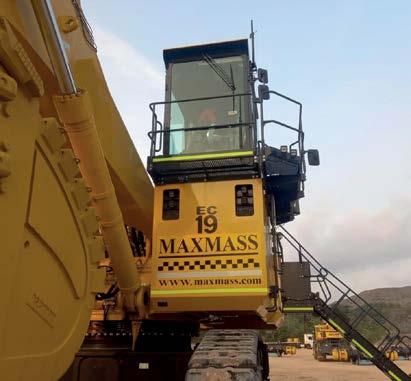
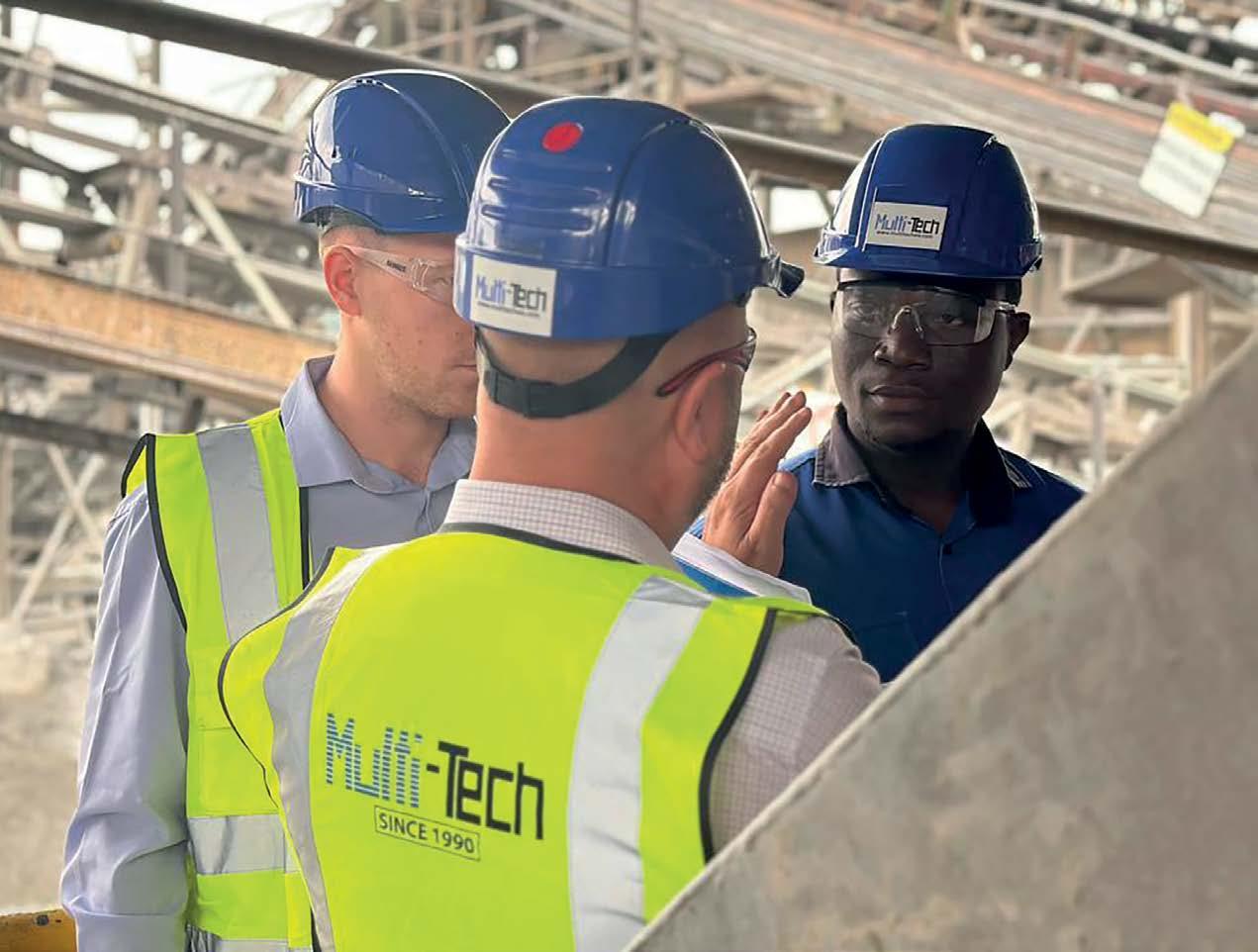
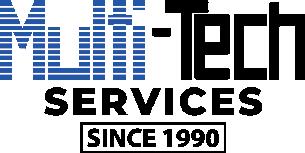

shafts with associated infrastructure, and power and water reticulation facilities.
Following the 2017 feasibility study receiving strong approvals from the AngloGold Ashanti Board, the current stage of the mine’s development began with a three-phase approach that commenced in September 2020. The initial phase covers the conceptualisation and planning of the site, whilst the second phase focuses on the construction of the mine and its development, which was completed in 2021. Following the second phase, the mine expanded its capacity to 4,000 tonnes per day (tpd) of gold, with the final stage of the development set to increase this further to 5,000 tpd through establishing the necessary infrastructure to handle the ramping up of gold production towards the end of 2024.
However, as mining operations began, AngloGold Ashanti encountered difficult ground conditions,
especially in high-grade areas. Thus, a hybrid mining approach was adopted during the 2024 mining development, using sub-level open stopes (SLOS) in the lower grade areas, and UHDF in higher grade areas. These were designed to help deliver a safer, more predictable and ramp-up profile
In May, African Underground Mining Services (AUMS) secured a A$1 billion contract via its Underground Mining Alliance Joint Venture, with AngloGold Ashanti. The contract outlines a 5-year contract where AUMS will deliver underground mining services at the Obuasi Gold Mine for AngloGold Ashanti. AUMS has previously worked with AngloGold Ashanti on the development of the Iduapriem mine, with AUMS working on the mining operations for the Iduapriem and Teberebie pits. Therefore, its role across the Obuasi Mine marks another key contract between the two companies. The new contract for the Obuasi Mine is estimated to be around A$1,020 million, and will be for services including underground development, production and related mining services. Thus, in working alongside AUMS,
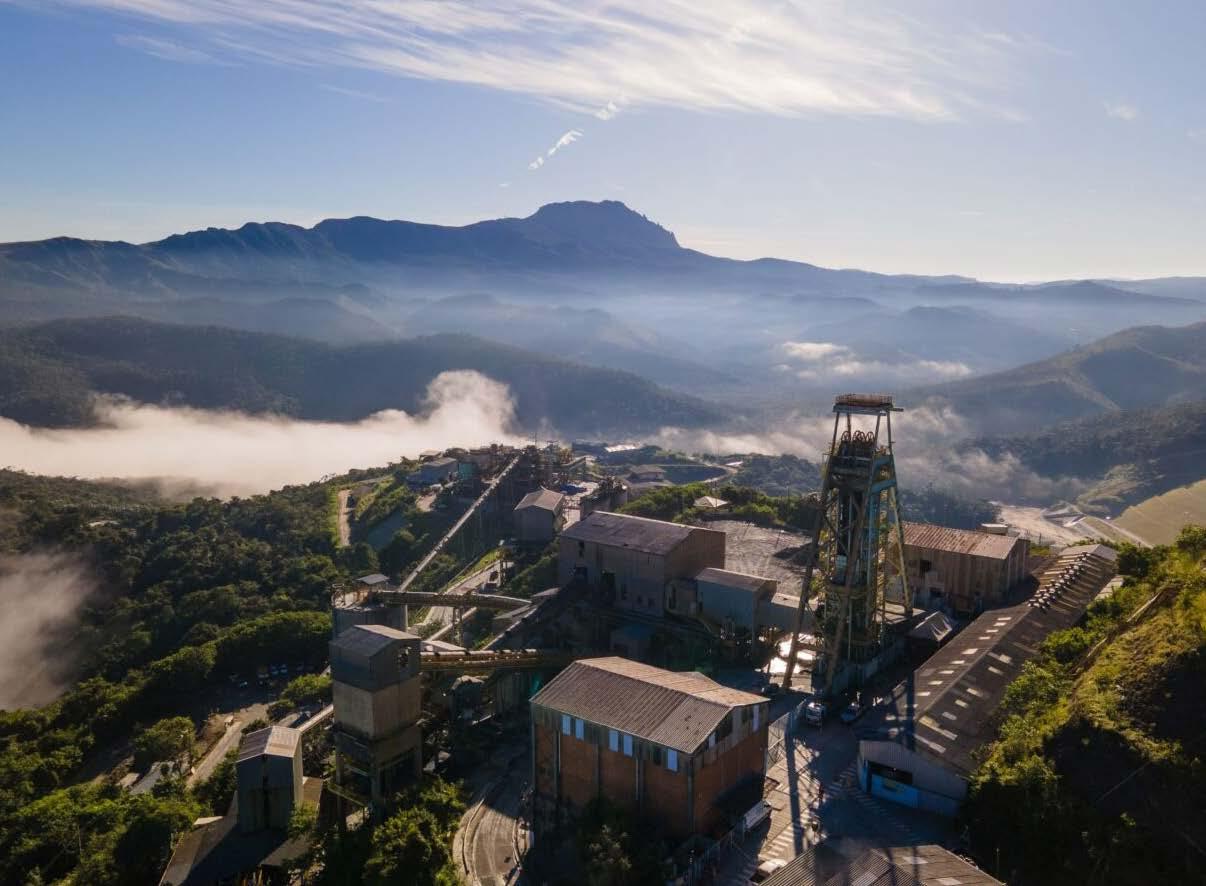
AngloGold Ashanti can bring greater development to the Obuasi Mine site and achieve even greater gold production for Ghana.
The other key mining site for AngloGold Ashanti in Ghana is the Iduapriem Mine, located in the west of the country, spanning 137km2, inclusive of the Ajopa south-western region. The history of the Iduapriem Mine dates back to the early 1990s when Golden Shamrock Limited, the original owners of the mine, began construction of the mine with a semi-autogenous mill circuit and carbonin-pulp (CIP) plant. By 1992, the mine had officially begun construction and poured its first gold. In 2000, AngloGold had purchased the site and began upgrades, which saw the mine’s operation output capacity increased to 4Mtpa following the merger of Ashanti with AngloGold in 2002. Today, AngloGold Ashanti has continued to expand the plant, and it now has a current 5.2 Mtpa capacity.
As both mines move towards the future, AngloGold Ashanti is passionate about ensuring
that its operations are positively benefiting the local community through economic growth, empowerment and sustainability. One of the initiatives set up by AngloGold Ashanti is a 10year Socio-Economic Development Plan (SEDP). The initiative launched in 2022 outlines a clear strategy which ensures that those living in the host communities of the Obuasi mine reap sustained benefits from AngloGold Ashanti’s mining business. The 10-year plan aims to improve social development, deliver a diversified and sustained local economy and improve partnerships within the local community.
A key part of the development plan includes the partnership between AngloGold Ashanti and the Otumfuo Osei Tutu II Foundation and the Ghana Education Service, which distributes 34,000 numeracy and literacy books to public schools across Obuasi. This highlights the mine’s close relationship with the local community, and through the continuous implementation of the 10-year plan, aligned with the mine’s business, the SEDP and AngloGold Ashanti can support livelihoods through things such as education until long after the life of the mine expires.
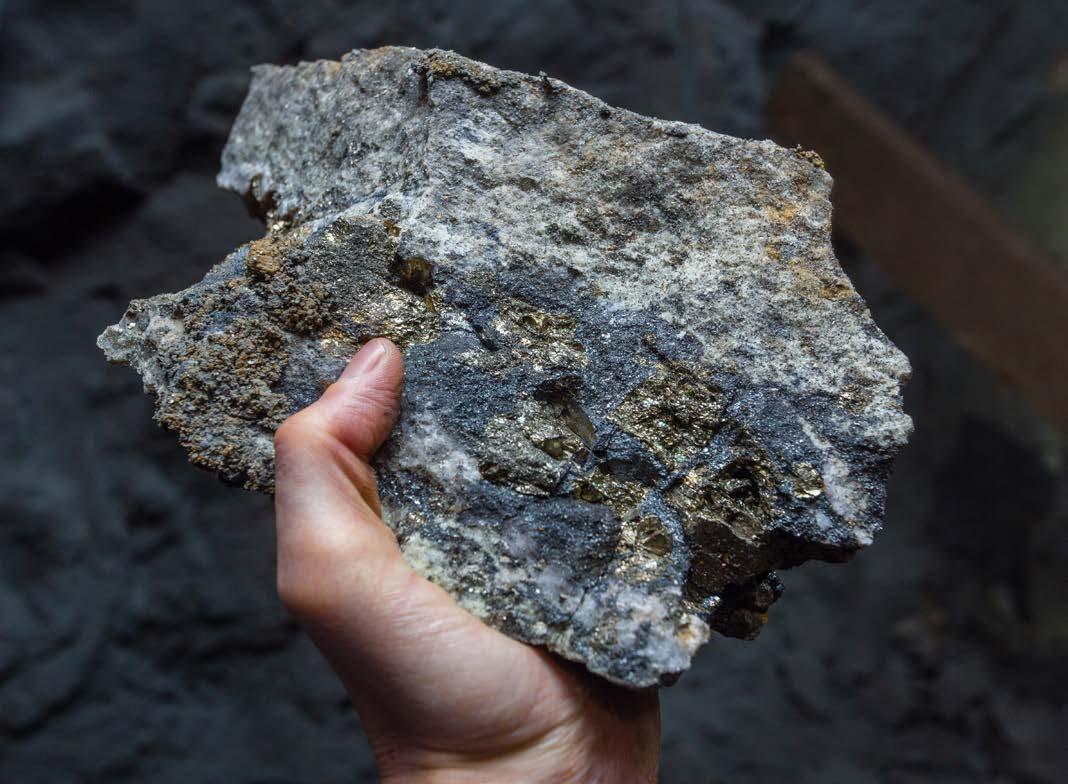
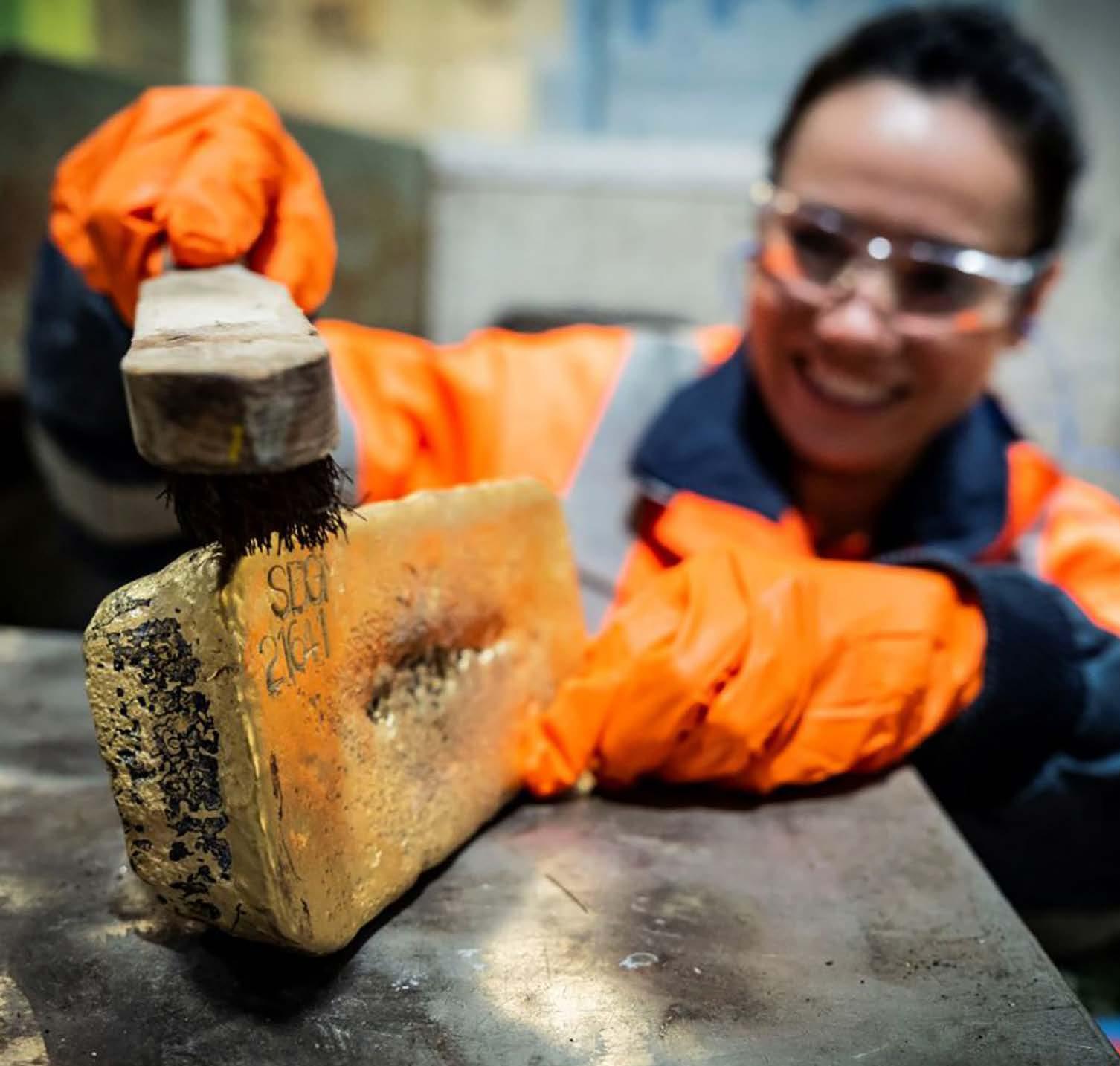
Across Ghana, AngloGold Ashanti’s operations are delivering vital gold resources for the country through the Obuasi and Idupriem gold mines. Each mine has seen its infrastructure developed to help deliver significant gold resources, for the benefit of Ghana’s economy, as it serves both local and international markets. However, across AngloGold Ashanti’s operations, there is a real focus on the communities in which its projects are operating within. With the development of the SEDP, AngloGold Ashanti continues to give back to the local community to ensure that its operations benefit those in the local community for many years to come. As AngloGold Ashanti looks towards the future, we look forward to seeing how the company continues to expand its mining operations across Africa and, in turn, deliver vital gold resources and community development for Ghana in the process.
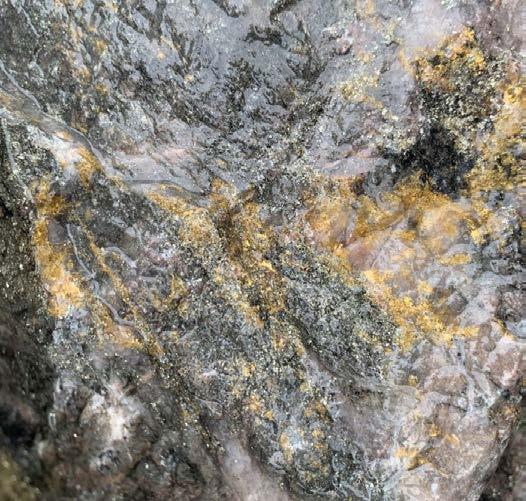
Written by Carley Fallows

On a mission to promote innovative solutions for sustainability and climate action, Sustenta Honduras is a non-profit organisation (NGO) that is focused on delivering projects and initiatives that combine action with technical innovation, working with the next generation. The company is comprised of young people and operates in a ‘think-and-do tank’ which combines knowledge production with the implementation of solutions on the ground, supported by research tools and strategies that roll out across programs, projects and digital platforms to promote participation and facilitate concrete solutions in vulnerable communities.
The NGO delivers a plethora of projects that work with the local community, and in recent months, it has been working on an initiative to cut down on cooking oil waste in Honduras. Sustenta Honduras know that cooking oil, particularly used for frying food, is widely used across South America, with millions of tons of it consumed every year. However, knowing how to dispose of the oil can cause a massive impact on the environment, and this is a problem many businesses are facing. The oil cannot be poured down drains as it could damage pipes and contaminate the groundwater. Instead, Honduras has seen a rise in illegal waste disposal.
Improperly discarded waste oil can have a significant impact on the environment, and so Sustenta Honduras began working on an initiative that would incentivise businesses to dispose of their oil in an environmentally friendly way, and in turn protect the environment from the waste oil. For many countries, waste oil is turned into biofuel; however, Sustenta Honduras identified that Honduras didn’t have the market for this. Thus, they needed to develop a solution for the domestic market that would turn this waste oil into something green. The solution was to utilise the oil to make soap and dog food.

The first step of the program was to gain access to the waste oil, and so the NGO developed a program where it would offer to buy used cooking oil from shops. Sustenta Honduras would then schedule regular pickup from businesses paying them between 2.50 and 3.5 Lempiras per pound of cooking oil. This hopes to give an incentive to encourage these companies to use Sustenta Honduras’ operation to protect the environment and have an easy way to get rid of their waste oil. Once collected from these businesses, Sustenta Honduras would then take it to a cooking oil and grease plant located in Comayagua, where the oil is purified and processed. Through a saponification process, the fats and oils are combined with alkali to produce soap. Thus, Sustenta Honduras can produce bars of soap that it can then sell at 15 Lempiras per bar to deliver revenue for the project and continue to help develop and expand its offerings. The scheme has been super successful, and Sustenta Honduras has now signed a contract with the Mexican and Central American division of Walmart. Sustenta Honduras will ensure that all used cooking oil is taken from the Walmart operations in the region and used to produce green products from the waste.
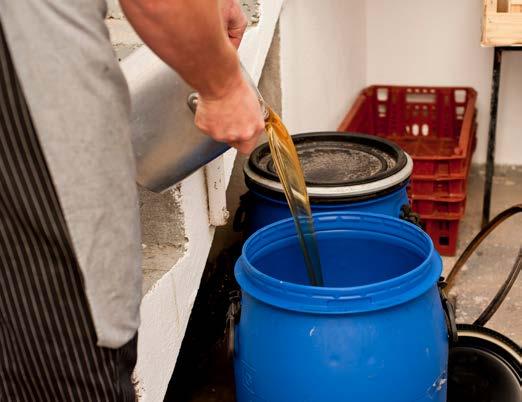
The waste oil to soap project is just one of the vital programs and initiatives currently running under Sustenta Honduras’ operations, as the company looks to continue to invest in innovative solutions that pioneer sustainability and climate action with a specialised focus on youth and children. By taking its waste cooking oil from idea to operation, and now having signed a key contract with the Walmart brand, Sustenta Honduras highlights how, through its innovative approach that brings young people into the heart of climate action, it can deliver projects that will protect the planet now and for many generations to come.
Sources https://sustentahonduras.org/ https://www.bbc.co.uk/news/articles/c9djx7llj44o
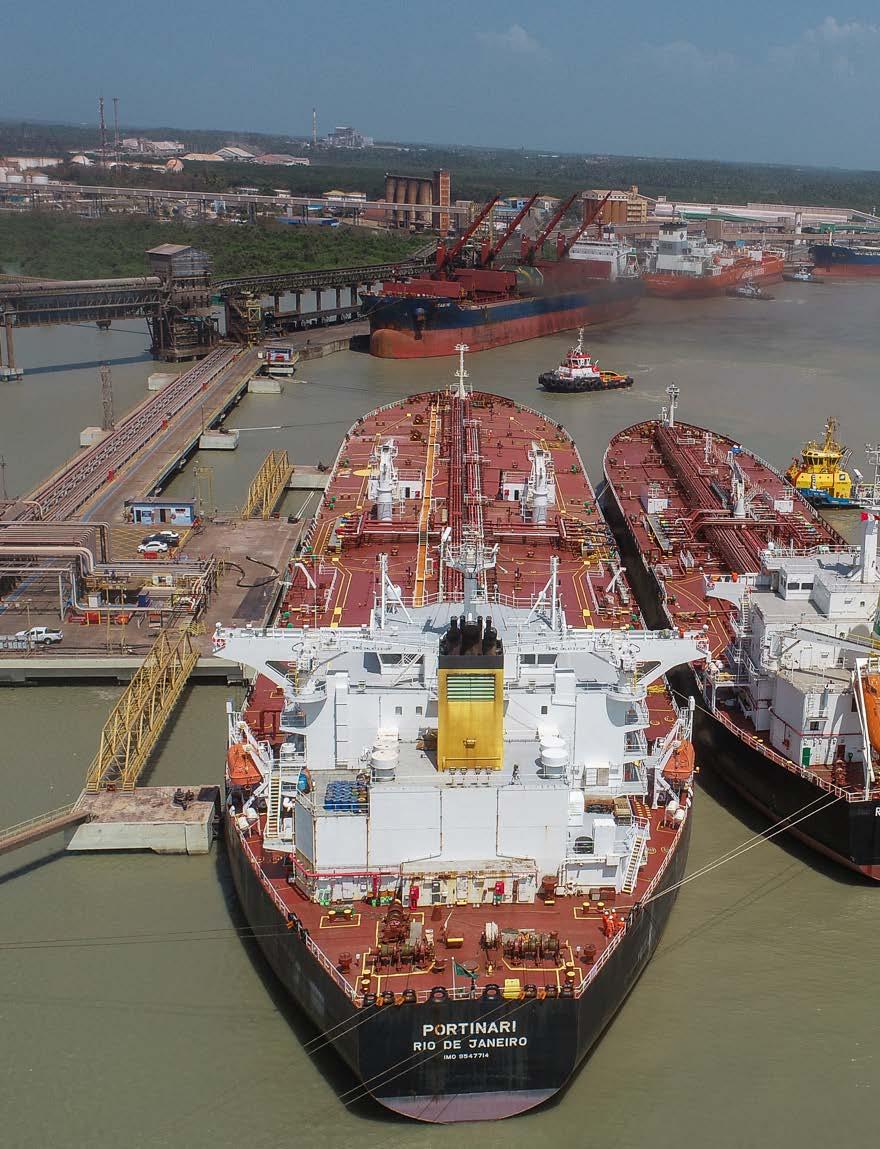
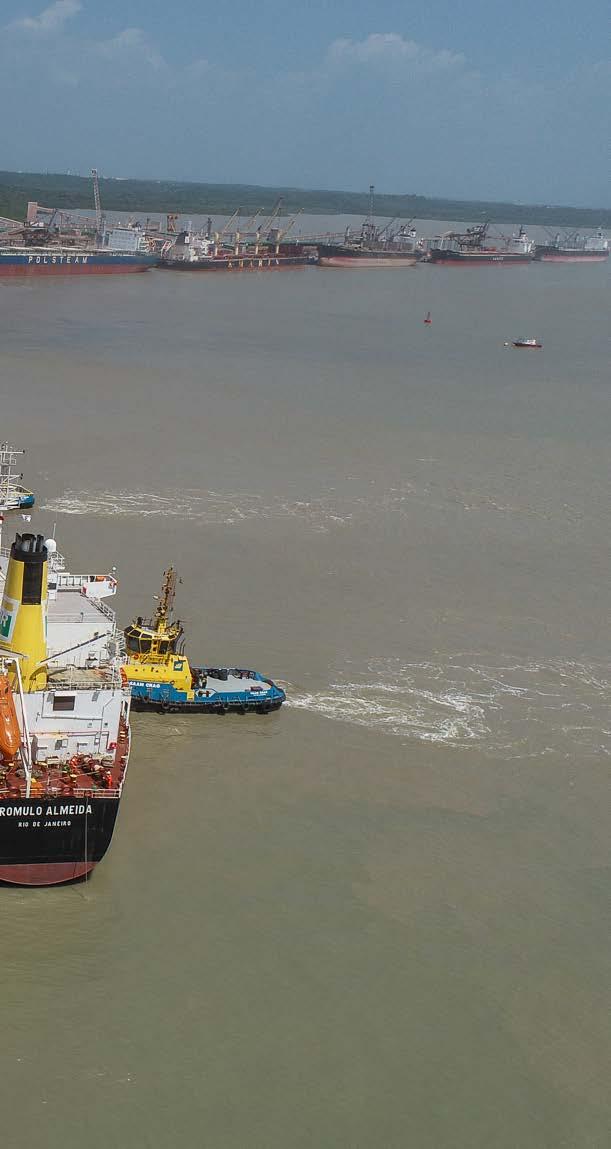
As one of the largest ports in Brazil for cargo movement, Porto do Itaqui (Port of Itaqui) plays a vital role in supporting the Brazilian economy supported by innovative logistics networks, a multimodal infrastructure, and a port authority set on delivering the port for the future whilst encouraging investment across the port and surrounding areas. With this network, the Port of Itaqui is an international hub providing leading logistics services to strengthen supply chains and position the Brazilian port at the forefront of maritime development for South America.
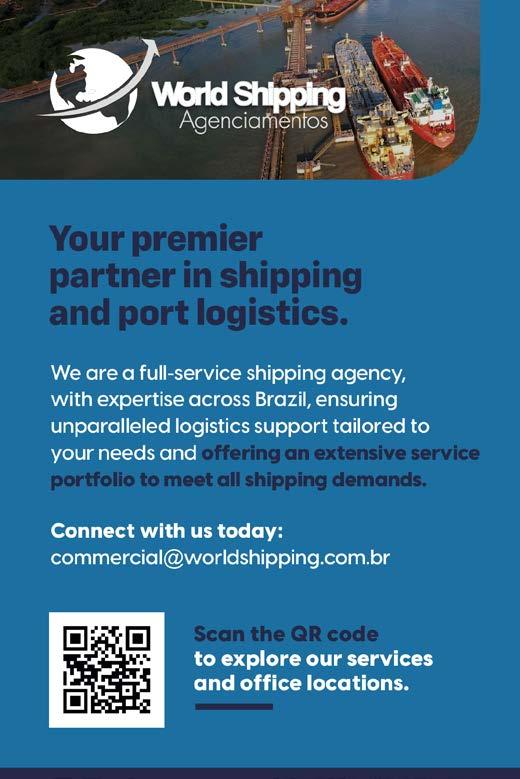
The Port of Itaqui has a long history in Brazil, with port operations commencing as early as 1918, when docking facilities were contracted to be constructed in Itaqui to support the commercial development of São Luís and the surrounding states of Maranhão, Tocantins, Piauí and Bahia. However, the initial development of the port wasn’t successful, and so it was terminated in 1923. By 1960, construction began again at the Port, facilitated by the National Department of Ports and Waterways. Following the construction of a pier and two berths, the Port began official operations in 1972, serving Itaqui and the wider region.
Today, the Port of Itaqui serves essential maritime and port operations across its 9 operational berths, ranging from 12 to 19 meters. These berths ensure that large vessels travelling across international shipping lines can dock at the port. As of 2024, the Port has handled over 34 million tons of cargo. Thus, the port provides essential maritime and port operations serving the almost 20 million hectares of hinterland surrounding the port. To maintain its vital role across such a vast region, the port relies on the management of Maranhão Port Administration Company (EMAP), which is pivotal in developing the port to meet the growing demand for cargo by implementing and enhancing port operations in order to support the Port of Itaqui’s role across both local and international supply chains.
EMAP is responsible for the infrastructure and management of the port to help it maintain its efficient operation, whilst ensuring that the quality of its services remains high. Therefore, EMAP works across every aspect of the port from supervising port operations, to ensuring that all activities, investments and developments are carried out with efficiency, safety and with respect for the environment. It also works to authorise the entry and exit of vessels, including the docking, undocking, anchoring and vessel traffic management across the port area. Economically, the port brings significant financial growth to the region, with the total volume of cargo moving through the port rising year on year. In 2022 alone, 33.610 million tons of cargo were exported, with an emphasis on solid bulk. These are passed through the nine operational berths of the port, with depths ranging from 12 to 19 meters. These berths ensure that large vessels travelling across international shipping lines can still dock at the port.
One of the central ways that the port has seen an increasing number of cargoes is thanks to the unique and competitive rail connections that link
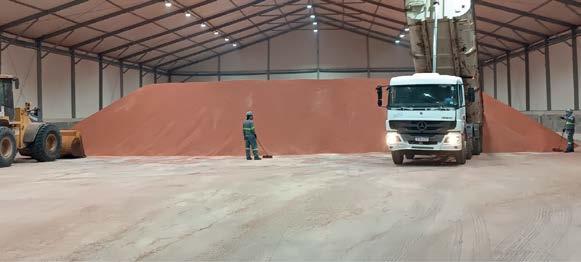
With over 15 years of experience in port operations, Transglobal is recognized as one of the main logistics players at the Port of Itaqui, in Maranhão, while also maintaining a strong presence in the key ports of Pernambuco (Recife and Suape) and Pará (Vila do Conde and Santarém), delivering integrated cargo handling solutions across Brazil’s Northern and Northeastern regions.
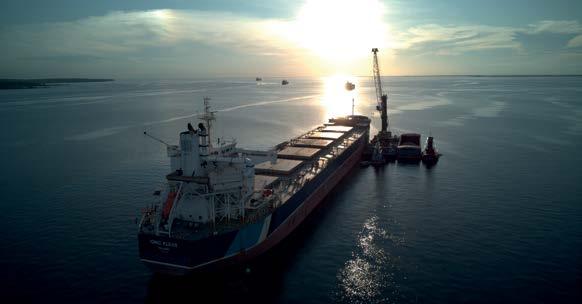
In 2024, we surpassed 5 million tons handled, driven by logistics expertise, a specialized team, and state-of-the-art equipment.
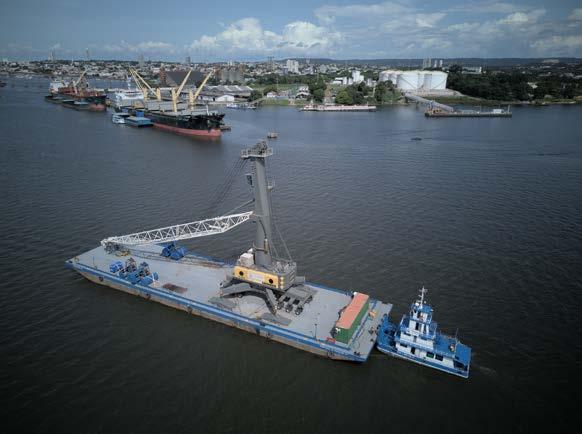
Our infrastructure includes a dedicated terminal in Itaqui, just 4 km from the quay, featuring:
• Two warehouses (30m x 70m each) with internal segregation and LED lighting
• 12,328 m² outdoor yard, o ering flexible storage capacity
• Automated weighing system, with 120-ton capacity and up to 300 weighings daily
• 24/7 monitoring, with full camera coverage
• ISO-certified processes, meeting the highest quality and safety standards
• Advanced port equipment, ready for multiple cargo profiles
Transglobal Port Operations Experience, infrastructure, and results driving port logistics across Brazil.
transglobal_oficial tglobal.com.br contato@tglobal.com.br
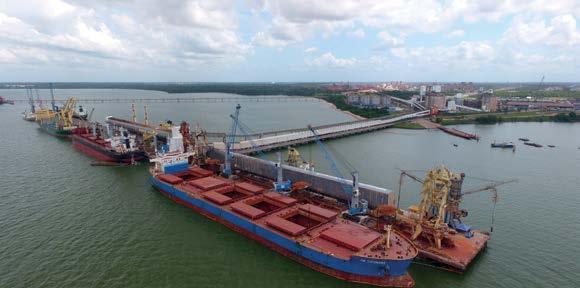
the port with the wider region. The Port has a direct connection with both the Transnordestina (FTL) railway, which passes through 7 states across the Northeast and the Carajás Railway (EFC), which connects the capital of Maranhão to Carajás-PA. These routes help the Port of Itaqui to transport cellulose products throughout the region.
In addition, the port is also connected with the North-South Railway (FNS), which links the EFC to Açailândia, where it transports mineral and vegetable solid bulk and fuels across the states. Alongside the railways are the federal and state highways, including the BR-135, BR-222 and MA-230, which run throughout the north and south of the country. All of these transport services work in lockstep with the Port of Itaqui to take the materials and products handled by the port throughout the country. By utilising the existing infrastructure, the port industry of Itaqui highlights the valuable role they all play in developing supply chains, which ultimately brings significant economic benefits to the area.
As the port looks towards the future, EMAP is set on enhancing the technology across the port to support greater port capacity and more efficient operations. In February, the Port announced that it had invested in technology to fast-track the construction of Berth 98. The project at Berth 98 is designed to help increase the operational capacity of the port complex by allowing
larger vessels to berth at the port and, in the process, bring greater economic benefits to the local and national economy. The port has invested in Cantitravel equipment, which is specialised in traditional nautical support to enhance safety, efficiency and precision in its operation. The structure has the capacity to support two cranes with a capacity of 200 tonnes each. The technology removes the need for maritime and floating supports, especially in areas where there is significant tidal variation or strong currents. This is particularly important where conventional equipment would be less effective, and so the foundational work of piling, excavation and concreting can be enhanced through the use of this technology.
President of the Port of Itaqui, Isa Mary Mendonça, outlined in a press release that “This is the first time we’re using Cantitravel in our projects. Berth 98 is a milestone for Maranhão’s port infrastructure. Alongside our partners, we’re bringing more technology to the region and reinforcing the port’s role as a driver of development in the Northern Arc”. Mendonça’s comments highlight how this technology will be essential in supporting the development of the Port of Itaqui’s infrastructure, which will continue to allow it to serve maritime operations for years to come.
The second phase of Berth 98’s development will focus on assembling precast elements and pouring
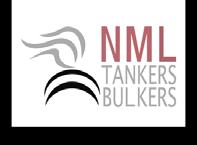
NML Tankers has a solid expertize in moving project cargoes from source to destination. NML Tankers & Bulkers supports major project undertakings by combining our shipping and logistics sectors, providing services that include:
• Site survey / feasibility studies (routes, weather, political climate)
• Full / part charter parties (air charters, time/ voyage charters)
• Multi-modal transport (rail, tug & barge, heavy lift)
• Special equipment transport (flat racks, open tops, platforms, tween deck solutions)
• Freight negotiation (COA negotiation, long term rate validities)
• Administrative support (customs clearance, trade documentation)
NML Tankers’s reach provides security through one company control, ensuring strict HSSE, Quality and Compliance implementation throughout the project life. Commitment, flexibility and experience are central to the NML Tankers approach on every project.
nmltankers.com
NML Tankers, combining experience, innovation, commitment and loyalty to hold on strongest and long term partnerships. With over 30 years experience in various sectors of the maritime industry, our maritime traditions combined with our drive for innovation has shaped our organisation and is today the basis of our holistic service approach.
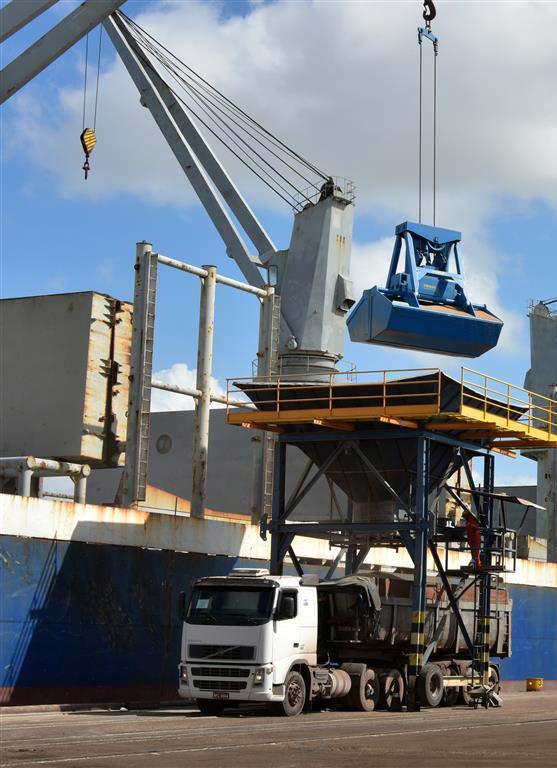
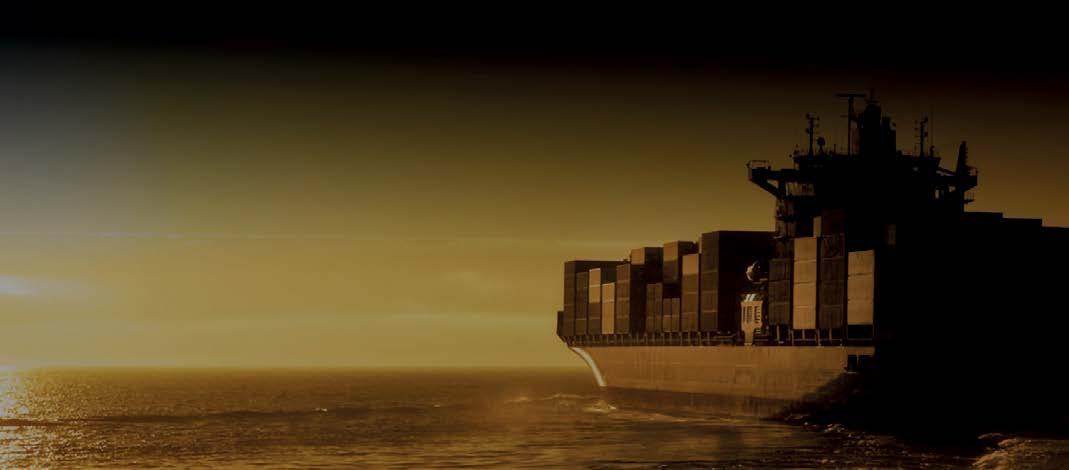
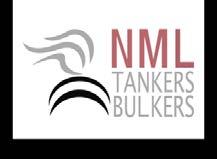
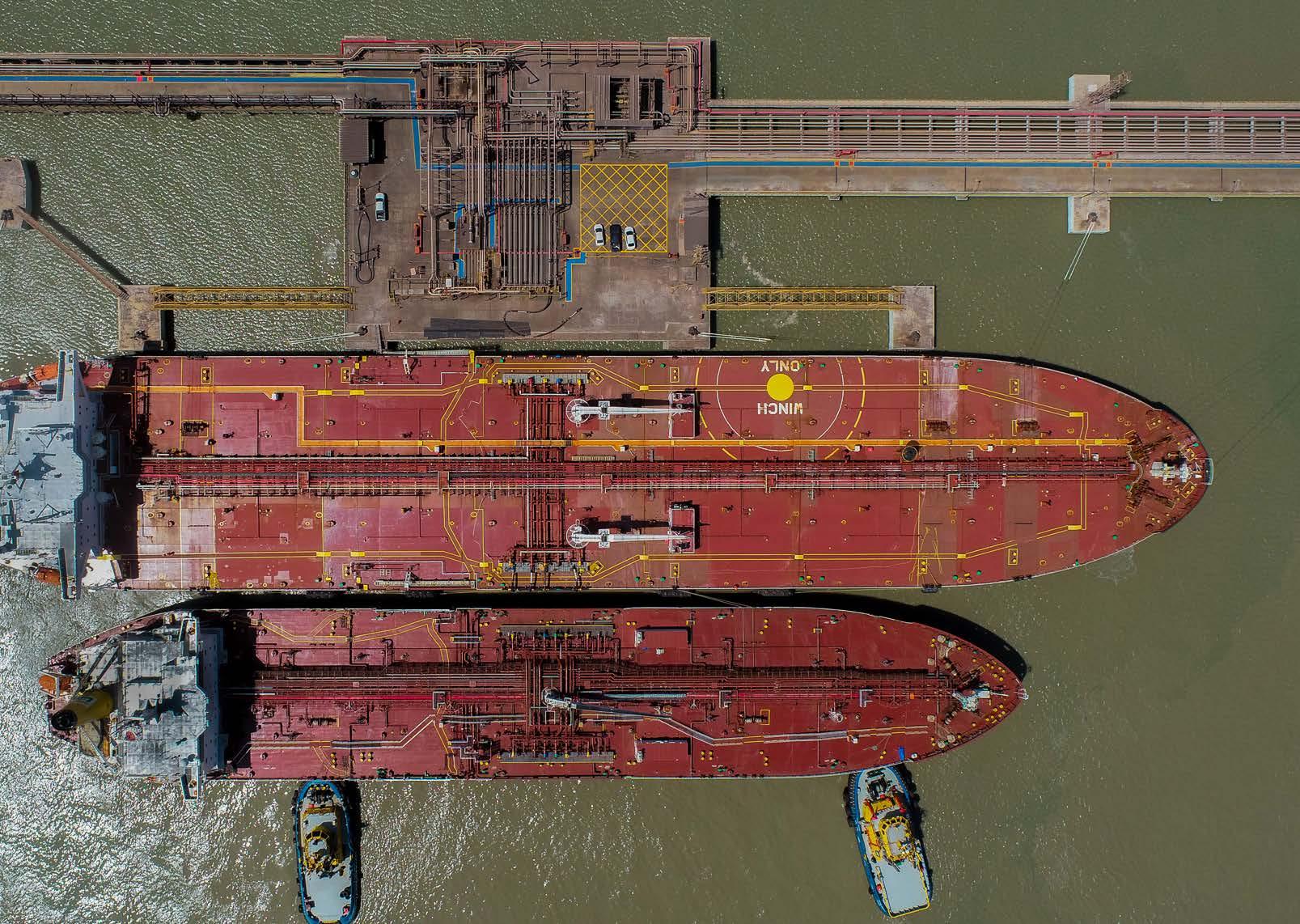
concrete on-site to help solidify the structure. In total, the R$289 million investment aims to deliver a larger dock that will increase the port’s capacity by over 8 million tonnes annually, which aims to boost the port’s revenue by roughly 20%, providing vital economic development for the local region. Thus, once completed, the expansion to Berth 98 will enhance the logistical competitiveness of the Port of Itaqui for capacity, whilst also ensuring its compliance with technical and environmental standards.
Environmentalism remains a key concern for the port, to deliver vital cargo capacity whilst working towards a more sustainable future. In April, the Port of Itaqui unveiled its Decarbonised Plan, which is the first of its kind in the Brazilian port sector. The Decarbonisation Plan was developed in partnership with Fundación Valenciaport, leaders in innovation and sustainability. The plan, developed from work started with the Greenhouse Gas Emissions Inventory in 2022, and includes investment in green infrastructure, technology, digitalisation and discounted tariffs for less polluting operations. The project hopes to promote engagement from the entire logistics chain to support the transition towards a cleaner energy matrix in the port sector.
Bruno Mota, Planning Director at the Port of Itaqui, outlined that the Decarbonisation Plan, “align[s]
with our strategic planning based on efficiency, sustainability, and innovation. It’s not an isolated initiative, by part of an integrated vision for the future, built with responsibility and transparency”. Mota’s comments highlight the cohesive role sustainability has and will continue to play in the Port of Itaqui’s operations. By investing in the necessary infrastructure, technology and operations that limit emissions, whilst still meeting the growing cargo demand, the port can continue to show that its growth can and must go hand in hand with environmental responsibility. Thus, as the most digitally advanced port among Brazil’s public ports, the Port of Itaqui can lead the way in showing how decarbonisation and cargo optimisation are the way forward for the global shipping and maritime sector. What we continue to see across the Port of Itaqui is a firm commitment to cargo services underpinned by a focus on development, sustainability and longterm success for the port and the surrounding region. From its expansion of berths at the port to the implementation of sustainable initiatives, the Port of Itaqui continues to develop its operations to serve the region’s cargo development, to help support the local economy and transform the port into a hub for local and international maritime development.
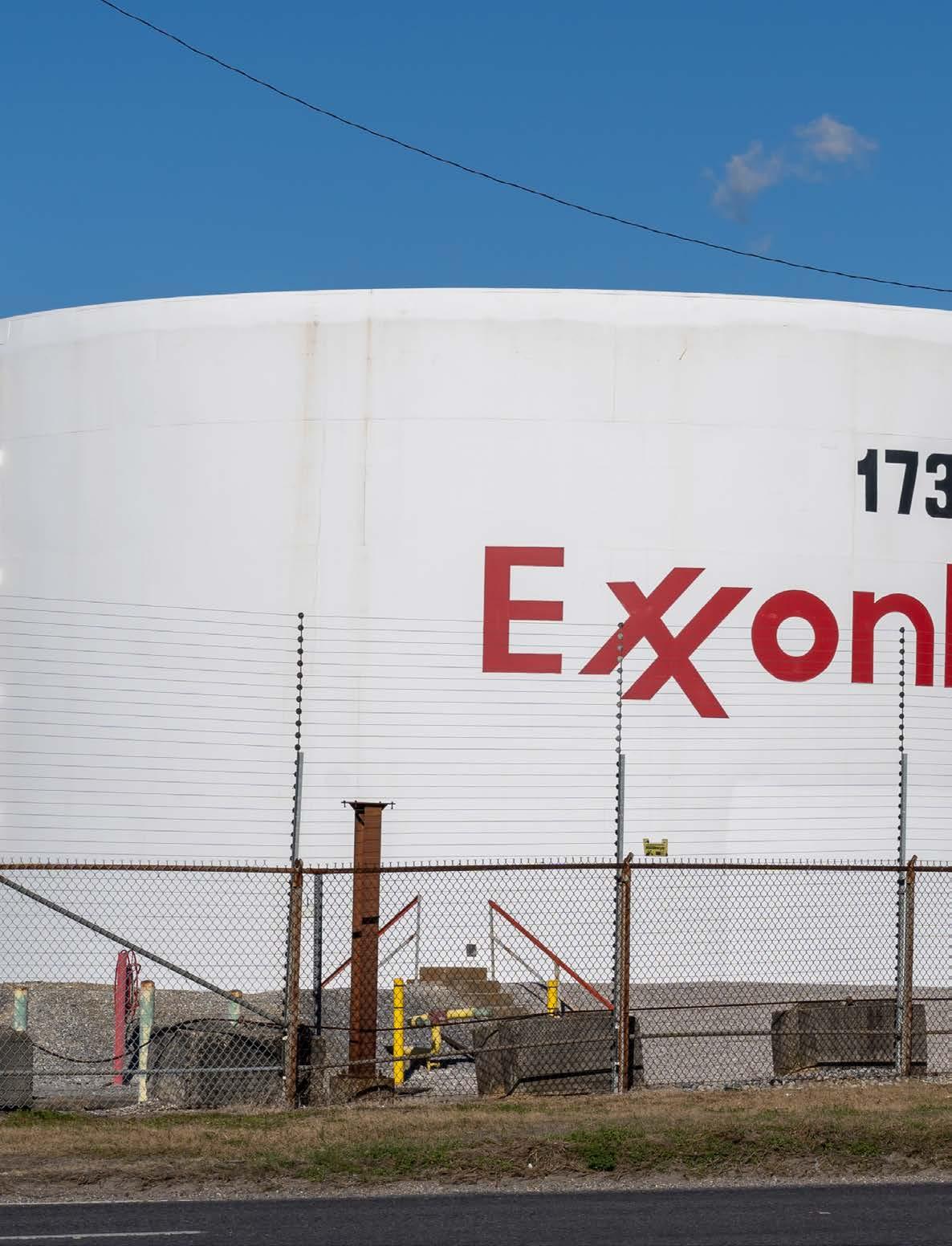
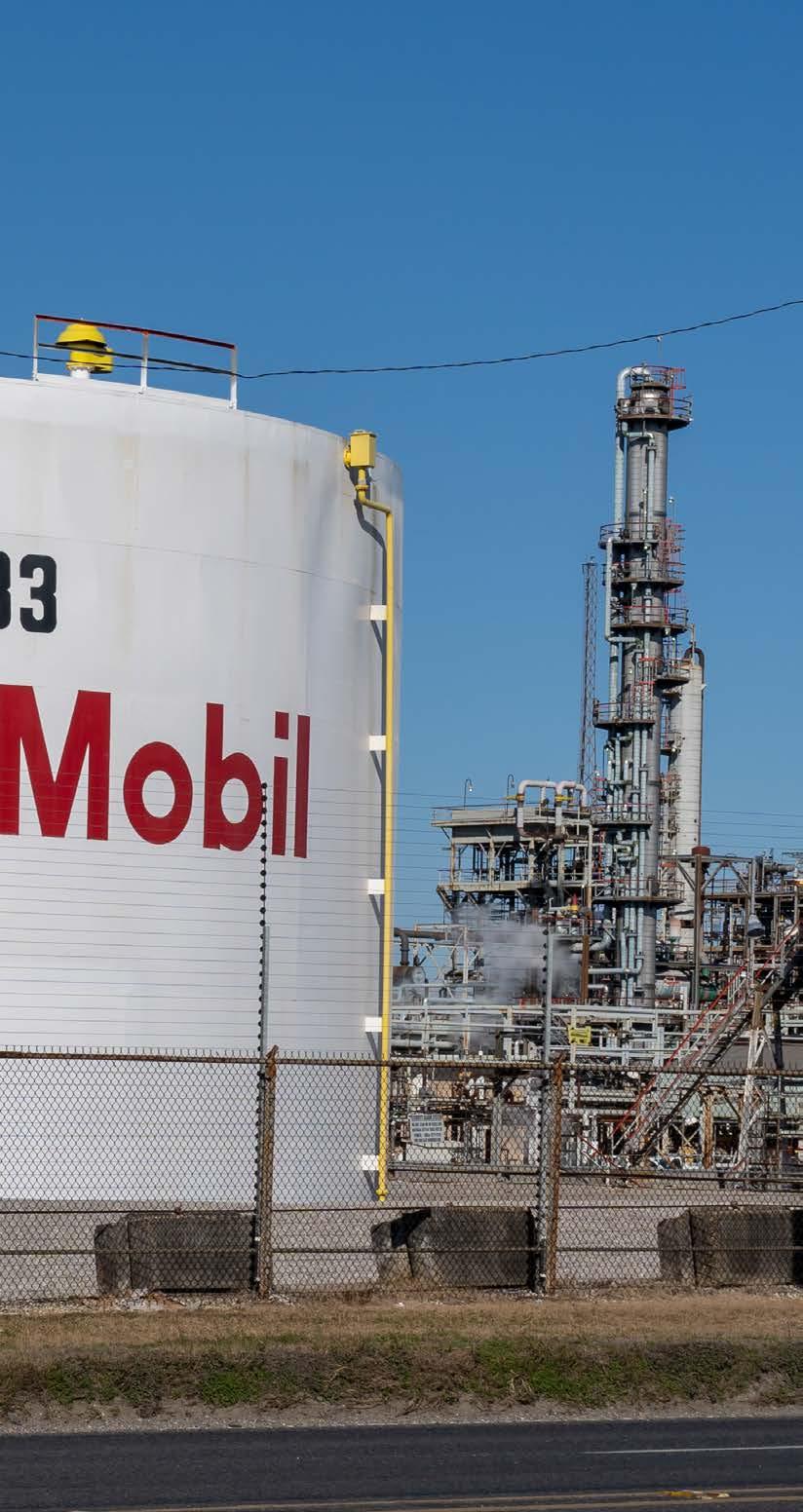

Nigeria is one of the largest oil and gas producers in Africa. Consequently, many global energy players have vital operations throughout the country aimed at bringing these essential resources to market. For ExxonMobil, its operations in Nigeria focus on exploring and producing crude oil and natural gas, while manufacturing petroleum products to support the country’s energy sector. Given Nigeria’s reputation for substantial energy production, it is unsurprising that the oil and gas sector contributes significantly to the country’s economic growth. Through a variety of affiliate companies, ExxonMobil has long played a crucial role in Nigeria’s energy sector, delivering energy resources to meet global energy demands in the most responsible manner possible.
Across Nigeria, ExxonMobil is heavily focused on the upstream aspects of oil and gas production, with its primary focus covering the exploration and production of crude oil and natural gas. Across these operations, the company then covers the transportation and sale of crude oil, natural gas and petroleum products. For this reason, ExxonMobil is a vital manufacturer and marketer of such commodities across Nigeria and the global market. In Nigeria specifically, ExxonMobil has 5 upstream affiliate companies which cover 5 deepwater blocks. These include Esso Exploration and Production Nigeria Limited, Esso Exploration and Production (Offshore East) Limited, Esso Exploration and Production Nigeria (Deepwater West) Limited, Esso Exploration and Production Nigeria (Upstream) Limited and Esso Exploration and Production Nigeria (Deepwater Ventures) Limited. Across these 5 companies, ExxonMobil spans some of the most vital offshore fields surrounding Nigeria to deliver vital oil and gas products to market.
One of the most notable fields for ExxonMobil and Nigeria’s energy development is the Erha Field


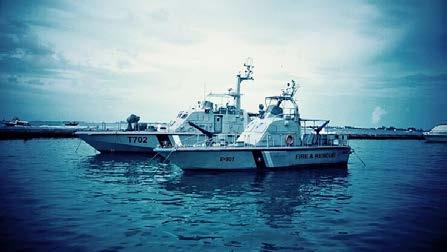
located off the Nigerian coastline, roughly 85 nautical miles from the Port of Lagos. Within this field, Esso Exploration and Production Nigeria Limited (Esso E&P Nigeria) operate the Erha development inclusive of the Erha terminal. The terminal consists of a spread-moored floating production and offloading (FPSO) unit, which can store 2.2 million barrels of crude oil. The development of the terminal began over 10 years ago in 2003, with production starting in the first quarter of 2006. The terminal remains a key focus for Esso E&P Nigeria today and is now one of the largest FPSO platforms in the world. Today, the Erha Terminal can store 2.2 million barrels of oil (MMbbl), with a capacity to handle 210,000 barrels per day (b/d). In addition to this, the terminal has a capacity of 340 thousand cubic feet per day (Mcf/d) of gas for reinjection, with a 150,000 barrels per day capacity for water reinjection.
Across Erha there are three subsea centres, these are named Erha DCE, DCW and DCN. Both DCE and DCW have a total of 24 wells, of which 15 are producers, whilst 4 are water injection and the remaining 5 are gas injection. DCN has 8 wells, half
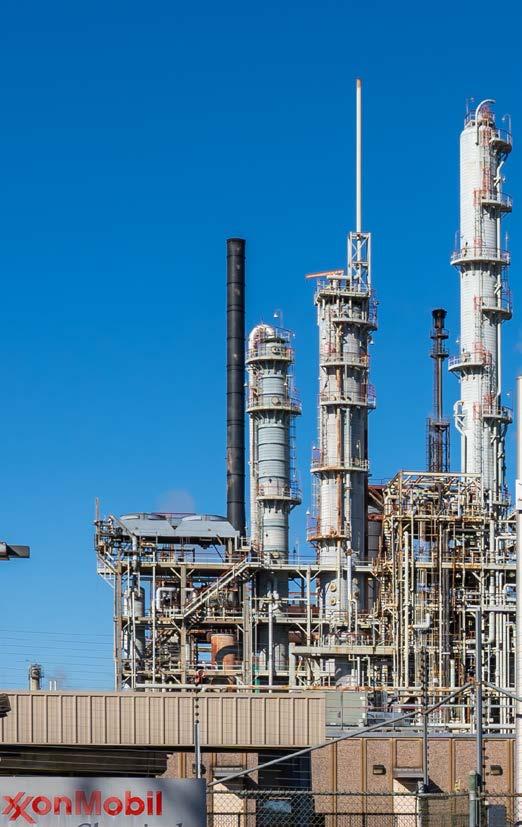
are used for production and the other half are used for water injection. The development is operated by Esso E&P Nigeria, which holds a 56.25% participating interest in the OML 133 production-sharing contract area where the terminal is located. The remaining 43.7% is owned by Shell Nigeria Exploration and Production Company (Shell Nigeria E&P Co.).
A field that is currently undergoing vital development is the Usan Field located in the OML Block 138. The field, which is operated by
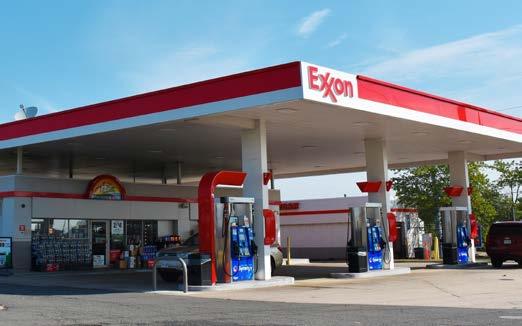
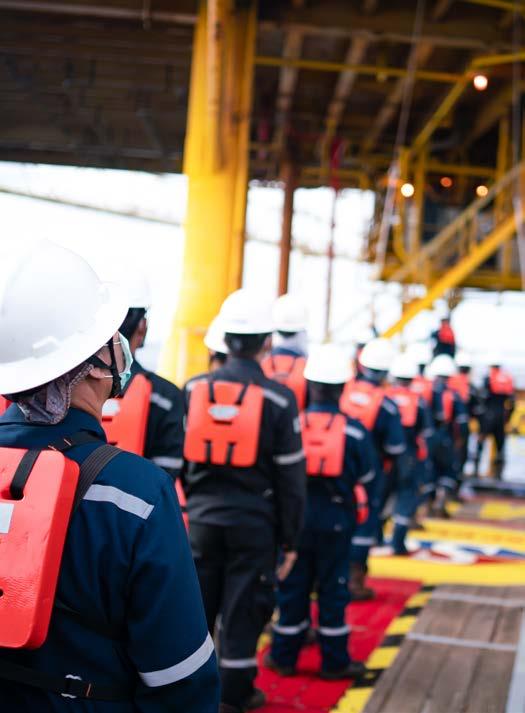
TotalEnergies Exploration & Production Nigeria (Total E&P Nigeria), is held jointly between Total E&P Nigeria (20%), Chevron Petroleum Nigeria (30%), Esso Exploration and Production Nigeria (Offshore East) (30%) and China National Offshore Oil (20%). Oil was first discovered in the region in 2002 and was approved for further development in 2008. Just 4 years later, the Usan field began production in 2012, and now the project spans 34 subsea production and injection wells, which are supported by 8 subsea manifolds.
Aside from ExxonMobil’s focus on delivering vital energy resources in Nigeria, the company remains committed to achieving its operations in a sustainable way. ExxonMobil is committed to improving the quality of life and so continues to invest in solutions and initiatives that will support tomorrow whilst delivering the vital energy resources for today. ‘Protect Tomorrow’ is the guiding principle
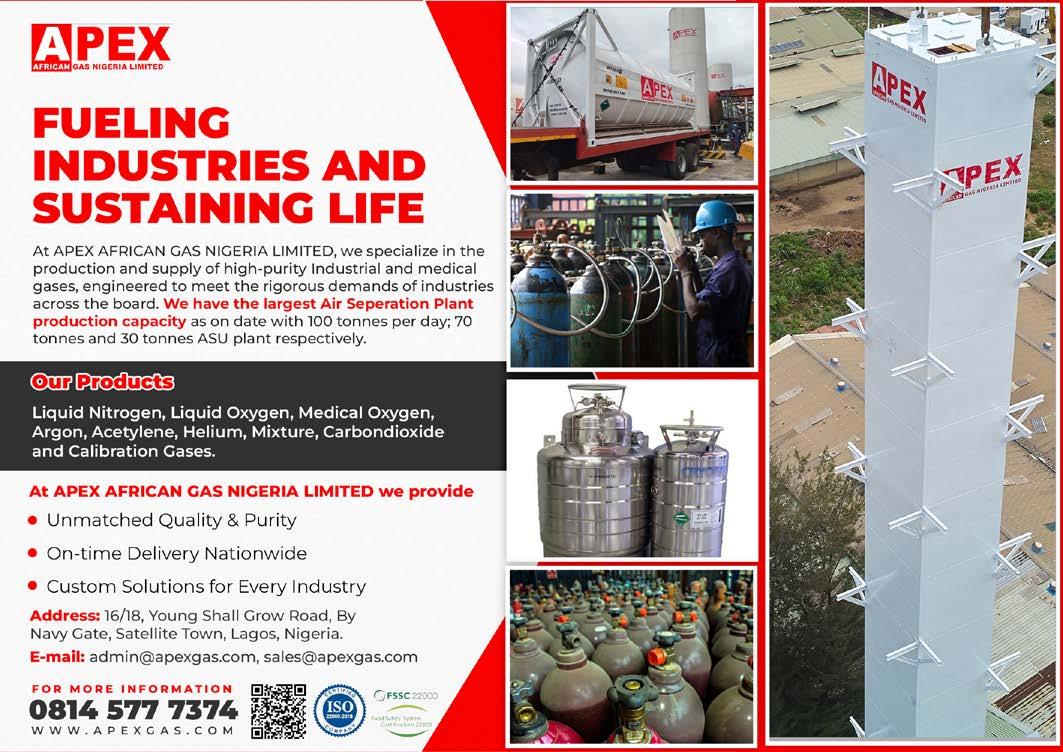

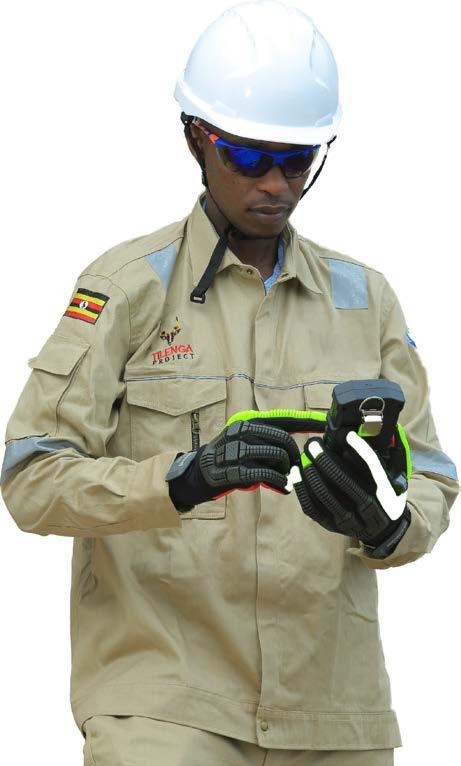
behind ExxonMobil’s sustainability approach, and it is with this in mind that the company is aiming to pursue $30 billion in lower-emission investment between 2025 and 2030. This is a mission that the company is already largely on track with, as it is actively focusing its business plans on reducing its overall emissions.
For ExxonMobil, achieving a more sustainable future is only possible through the implementation of technology and policies which are targeted to help the company achieve net-zero emissions by 2050. With this focus, the company strives for environmental excellence in every aspect of its operations. Beyond its sustainability measures within the company, ExxonMobil is also focused on working with local economies, communities and its workforce to deliver a culture and community that is respected, supported and safe surrounding its operations.
Whilst ExxonMobil’s operation in Nigeria remains vast, there is a key central focus to deliver the vital infrastructure, investment and development to help the country’s energy sector thrive. With vital operations spanning some of the most lucrative deposits along the West African coastline,








ExxonMobil Nigeria is set on delivering vital economic growth to the region supported by its dynamic and reliable energy delivery operations. As the company moves towards the future, it continues to balance the need for energy resources with a focus on reducing emissions on a global scale. Therefore, through vital energy delivery operations, it is set to continue to enhance the country’s energy development and help deliver these resources to key markets across the world.
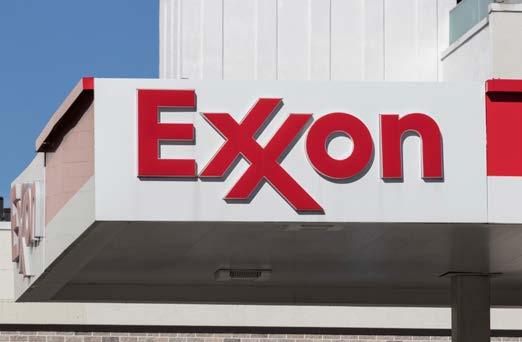


Banks and financial institutions play a vital role in all of our lives every day; from personal savings and loan applications to giant global conglomerates utilising banking services to carry out all of their transactions. No matter the person or business a regulated, developed and supported financial sector is crucial to ensuring continued economic success on every level. This was a key concern in the Caribbean where it previously relied on external providers for financial services. Therefore, the Caribbean Association of Banks (CAB) was established in 1974 to provide a unified voice that would protect, promote and strengthen the region’s financial institutions by focusing on regulation, education and advocacy. Now 50 years after its establishment, CAB leads the Caribbean financial sector with its commitment to ensuring that Caribbean banks and financial institutions are given the necessary network to achieve success every day for their customers.

CAB’s legacy has extended across the Caribbean Region for the last 50 years but was first formed as the Caribbean Association of Indigenous Banks. This establishment came following a decision at the Head of Government Conference in 1973, and the Inaugural Meeting of the Standing Committee of Ministers responsible for the finance sector. They noticed the need for a governing body that would oversee the industry and move away from the region’s reliance on external providers for financial services. With the ability to take more direct control over the Caribbean financial market, the company, which would later change its name to CAB, could then have more influence over the industry on issues impacting the region and implement its own regulatory frameworks to support the region’s economic future.
Today, the company brings together a community of 56 banks and financial institutions, 17 service members comprising regional and international technological and professional institutions as its members, with the addition of 6 associate members. Also under its membership are three honorary members, which include the Caribbean Development Bank, CARICOM, and the Caribbean Centre for Money and Finance. CAB’s members operate across 20 countries, the majority of which are in the Caribbean and South America, with a few members based strategically in Canada and the USA. The main function of CAB is to promote and strengthen the Caribbean sector which it achieves through lobbying and negotiation with local and international industry and governmental figures, along with CARICOM’s Council of Finance and Planning (COFAP) which allows its members to have more influence on policy decision making to impact the industry.
To continue to expand its network, CAB focuses on marketing across conferences, online and with the delivery of its mailing lists/newsletter to share its role in the industry and promote Caribbean financial services across international markets. CAB’s annual conference is its fundamental networking event which brings together heads of financial institutions, government officials and governing bodies to share in discussions around the Caribbean’s banking industry. This year the conference, hosted in October, celebrated 50 years of operations for CAB and allowed for vital talks into the development of banking for the future of the industry.
However, the annual conference is not CAB’s only vital meeting of industry heads to discuss
the financial sector, CAB also leads the CEO and Director Forum which focuses on tackling issues and challenges facing the Caribbean’s banks. The forum began in 2016 to tackle the growing issue of de-risking across the region’s financial sector. De-risking refers to the constraints and potential termination of banking relationships with clients across the world to mitigate risk, which results in international banking institutions being prevented from providing services in many regions. The meeting was attended by CEOs, directors, compliance professionals, technical service providers, a US legal representative and a potential provider of correspondent banking services. The first meeting looked into the issue of de-risking explored potential solutions and developed a set of actions in response to this threat.
The CEO and Director Forum has remained a vital part of CAB’s operations, with the company holding their 8th conference in June focused on fortifying resilience against challenges endangering the financial services sector. The themes of the meeting focused on ‘Building Resilience Today: Securing

Tomorrow’ and working towards a unified goal of moving the developing the Caribbean financial sector for the future. Speaking at the recent CEO and Director Forum, Ms Leesa Kow, Chairperson of CAB, said “As an Association we must continue to confront the challenges and prepare for opportunities, including the clear trade opportunities emerging in countries such as Guyana, so that we can stimulate and facilitate increased trade between our CARICOM nations. Our adoption of the technology and adaptation to the changing environment will be key




The Belize Bank Limited is pioneering the future of financial services in Belize by leading a digital transformation that combines innovation with convenience and accessibility. Through its robust digital banking channels, the Bank is redefining how Belizeans interact with their finances, creating a seamless ecosystem that serves all generations on their own terms.
A standout innovation is E-Kyash, Belize’s homegrown mobile payment solution that has become a key player in the Caribbean’s digital payment landscape. E-Kyash offers secure, fast, and accessible transactions— from paying bills to shopping locally—bridging financial gaps for the unbanked and underbanked populations. This mobile-first approach is complemented by full self-service options for credit cards and online loan applications, with plans underway for fully digital credit card applications, automated ID updates, and international wire transfers. These initiatives not only enhance customer convenience but also strengthen Belize Bank’s branch network by allowing branches to focus on personalized service and complex needs rather than routine transactions. This strategy improves operational efficiency and boosts the Bank’s bottom line while expanding financial inclusion. By embracing cutting-edge technology and fostering strong partnerships, Belize Bank is creating a modern banking experience that empowers customers to manage their finances anytime, anywhere. This digital ecosystem supports economic mobility and financial independence, reflecting Belize Bank’s commitment to innovation, inclusion, and longterm growth in Belize’s financial sector.

to us taking advantage of all opportunities and so we must be prepared.” Leesa also went on to talk about how important the Forum is to get these kinds of vital dialogues going amongst industry leaders and their international counterparts. Her comments once again reinforce just how vital these initiatives and events are for CAB and the entire banking sector in the Caribbean.
Alongside its key marketing and networking operations, CAB is committed to developing the finance industry for the future through education. To ensure that customers receive the best possible financial services across the region, CAB provides its members and their employees with a range of webinars and programs to help them develop skills and qualifications to further benefit the sector. Its current webinars include one on privacy and data governance in the Caribbean financial sector, and another providing a single day bootcamp to improve productivity and accuracy by using Excel. All of the training programs are provided to CAB by the Caribbean Governance Training Institute (CGTI) which is the number one governance and training certification institute in the region and therefore is the exclusive training provider with CAB.
However, for employees and members who already have extensive knowledge of the banking industry, CAB also provides a Chartered Banker programme. The programme is aimed at professionals who have already been working in the industry for a decade, and specifically in the banking and financial sectors for at least 5. The 12-week course provided the candidate with an accreditation that recognises their expertise, experience and contribution to banking. This hopes to help more existing bakers achieve chartered banker status and, in the process, develop the Caribbean’s reputation as a leading chartered banker hub.
Ultimately, CAB provides a unified and proactive voice working towards the development of the Caribbean’s financial sector. With vital banks and financial institutions under its members, the company has continued to push towards advocacy through marketing and networking. However it seems like CAB celebrates 50 years of operation, its push towards continued education and professional development of the financial sector remains a top priority. We look forward to see how CAB continues to bring together key players within the region to develop the Caribbean financial sector as a hub for economic and professional success.
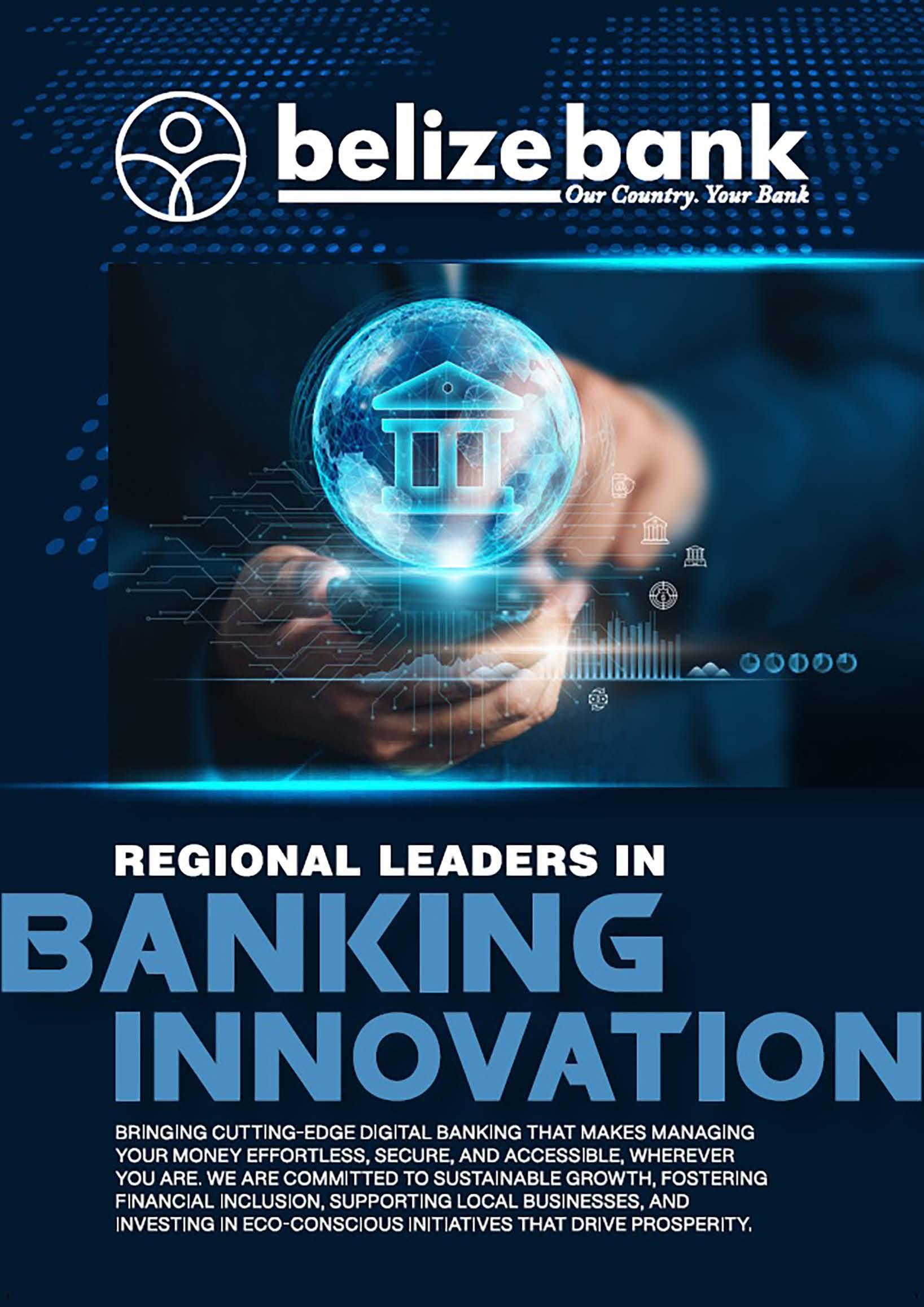
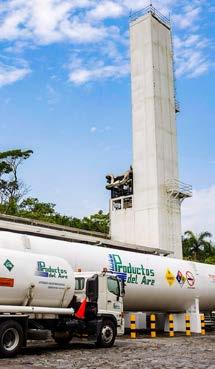
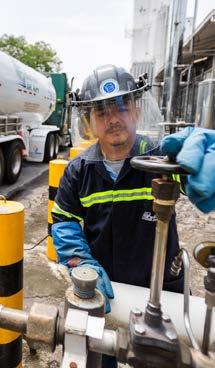
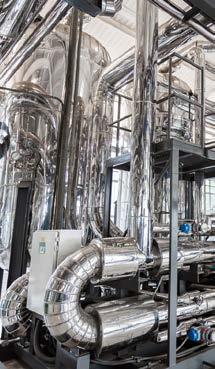
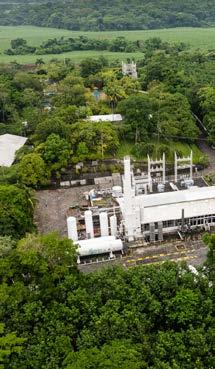
100 years of excellence in medical and industrial gases, our reliability and commitment to innovation make us the trusted partner of large industries
A century of expertise and leadership
In medical and industrial gas solutions.
Unmatched supply reliability
Always on time, in the right form, and with toptier quality.
Strict safety standards
With internationally recognized certifications.
For a hundred years, the oxygen of Central America and the Caribbean!

